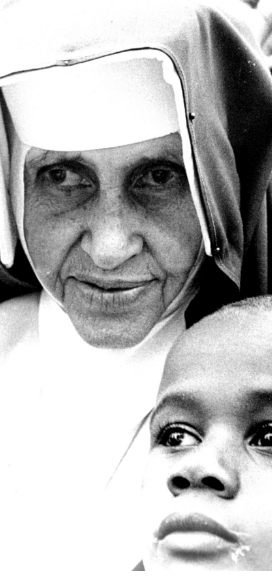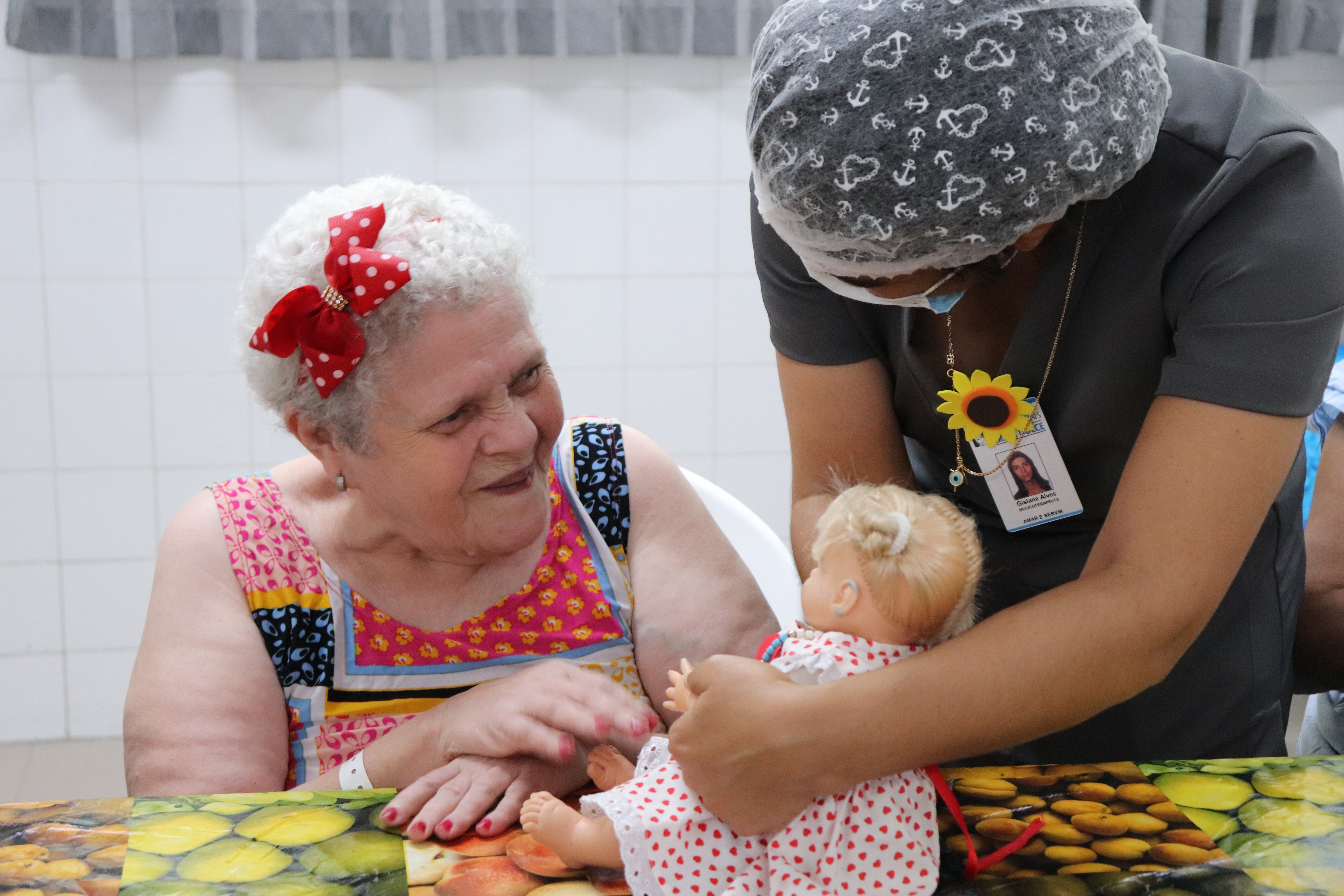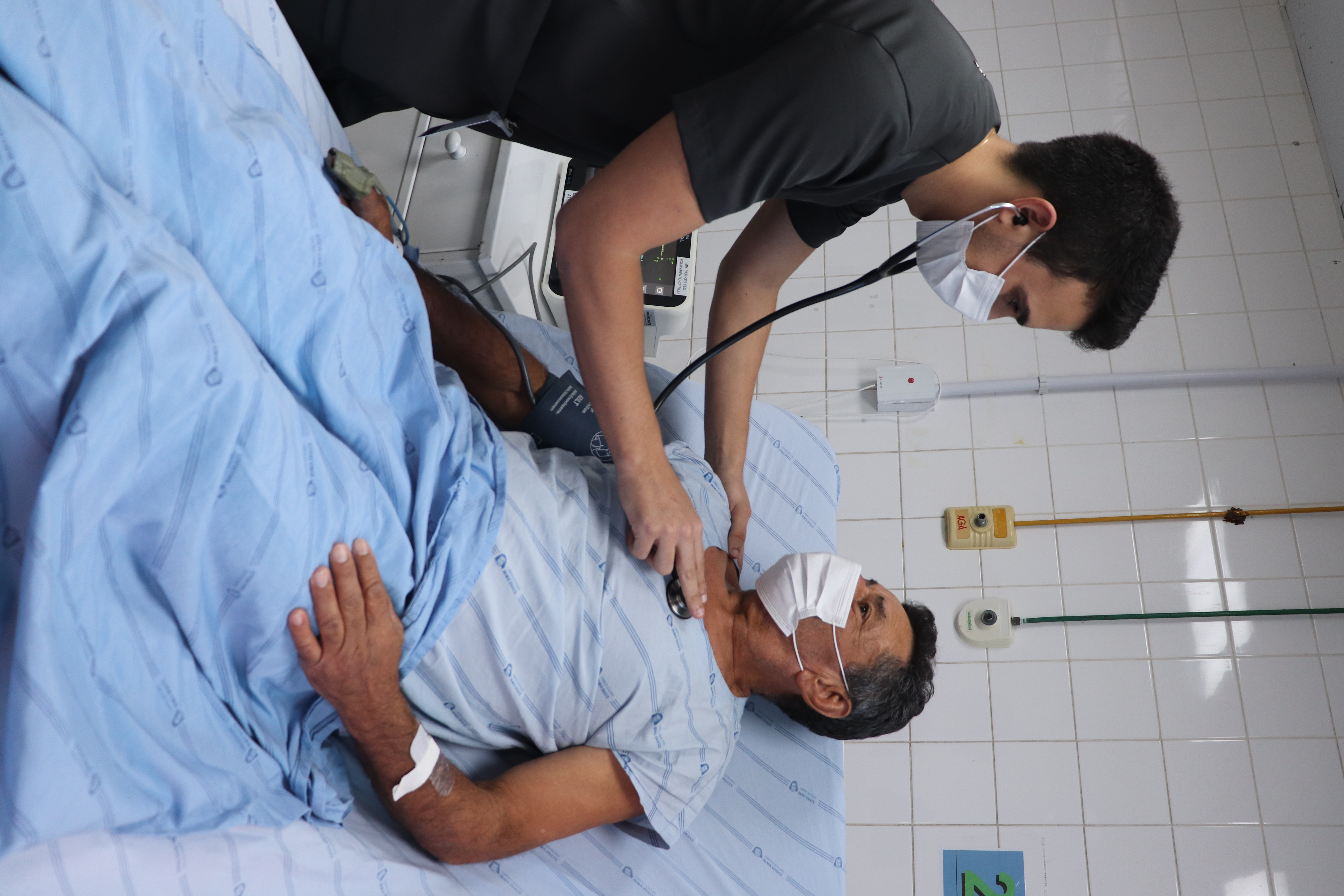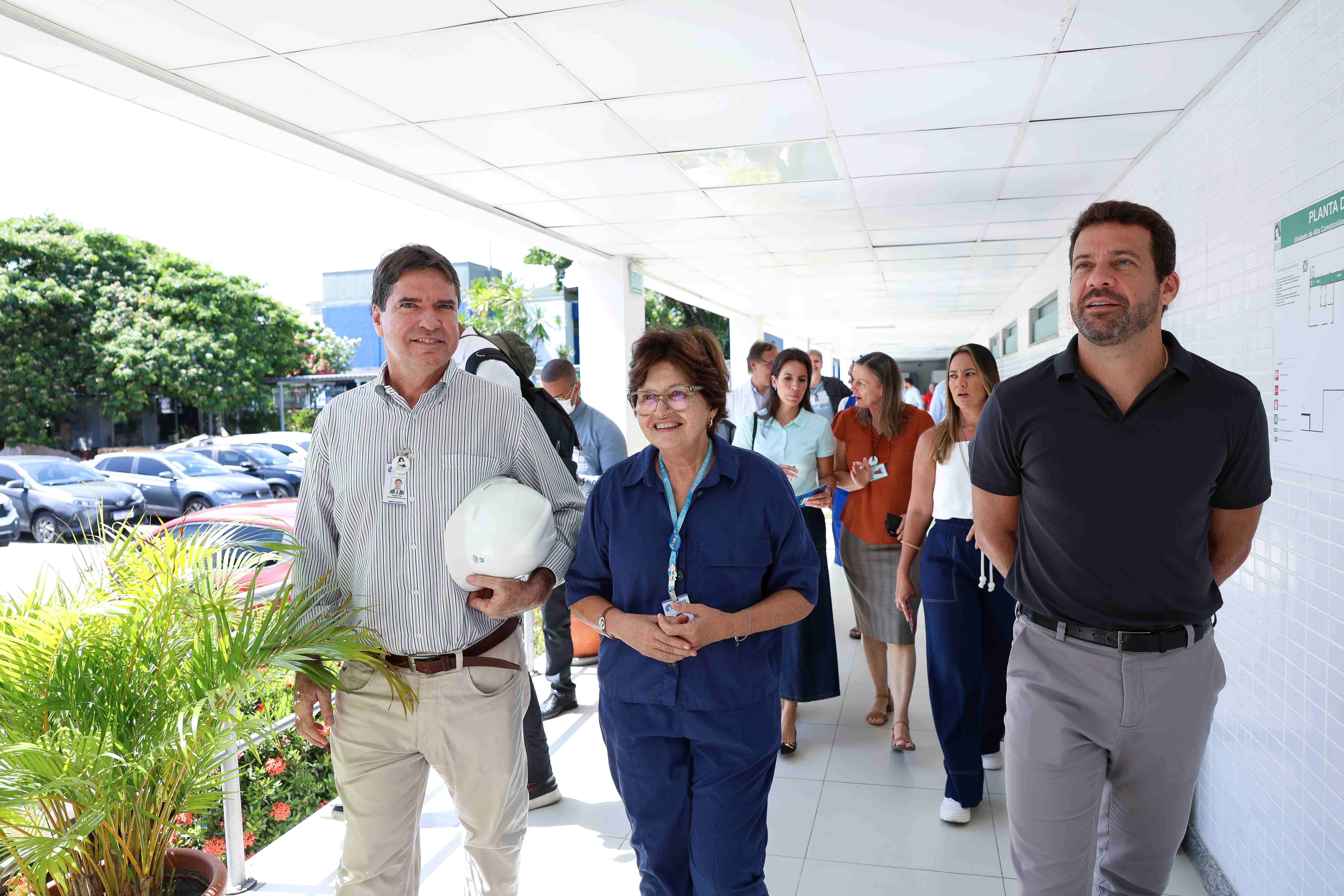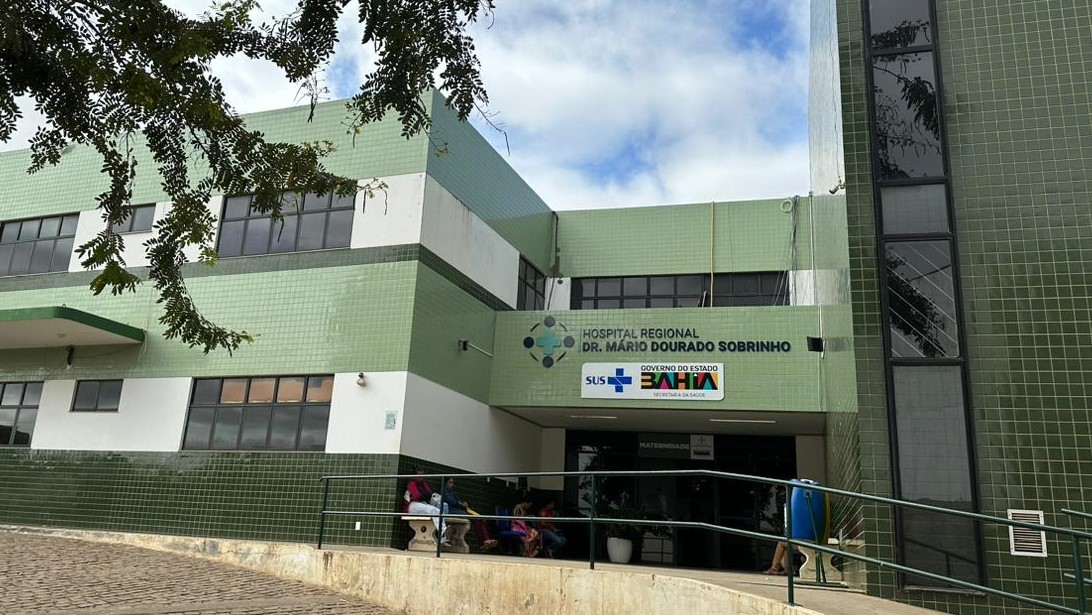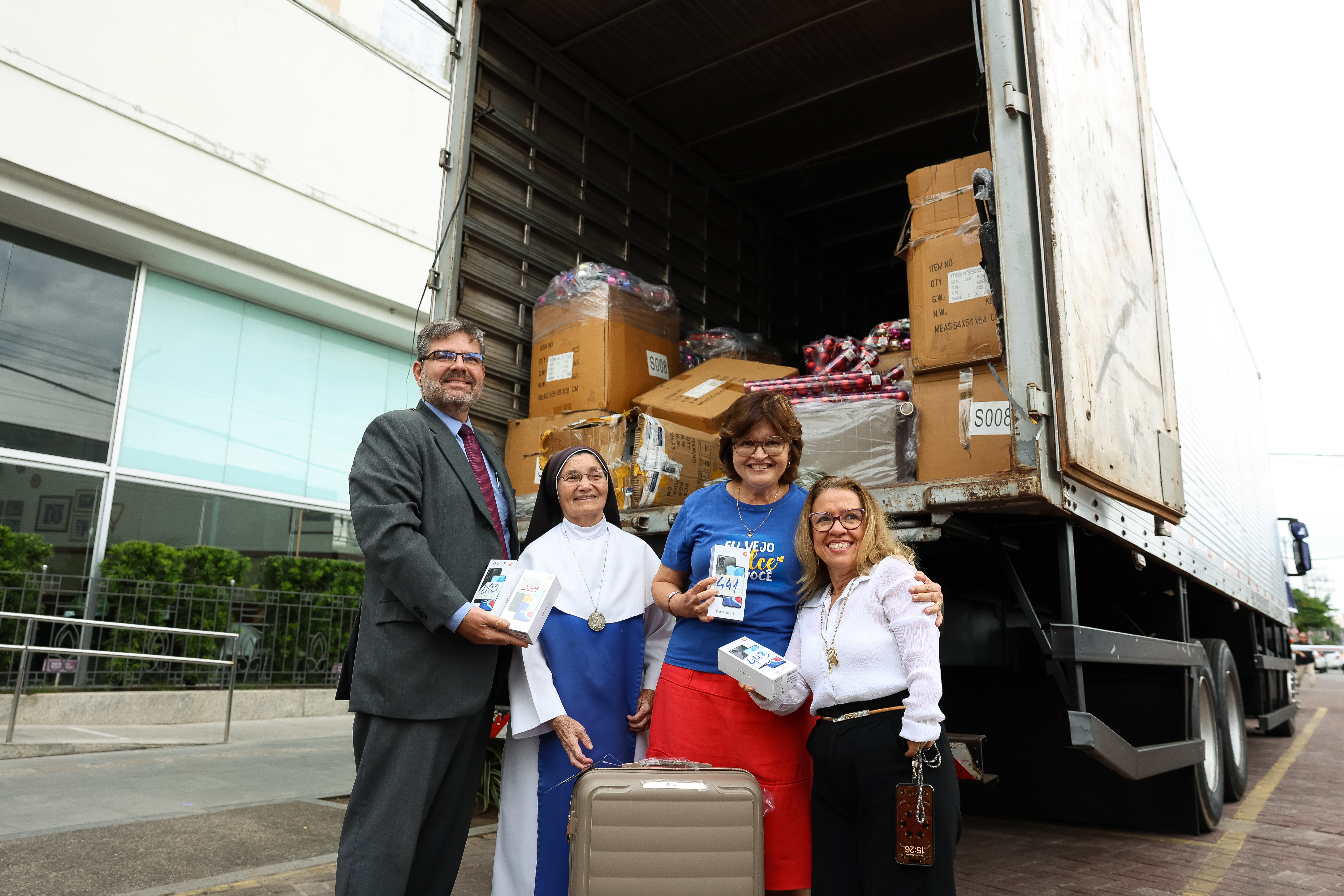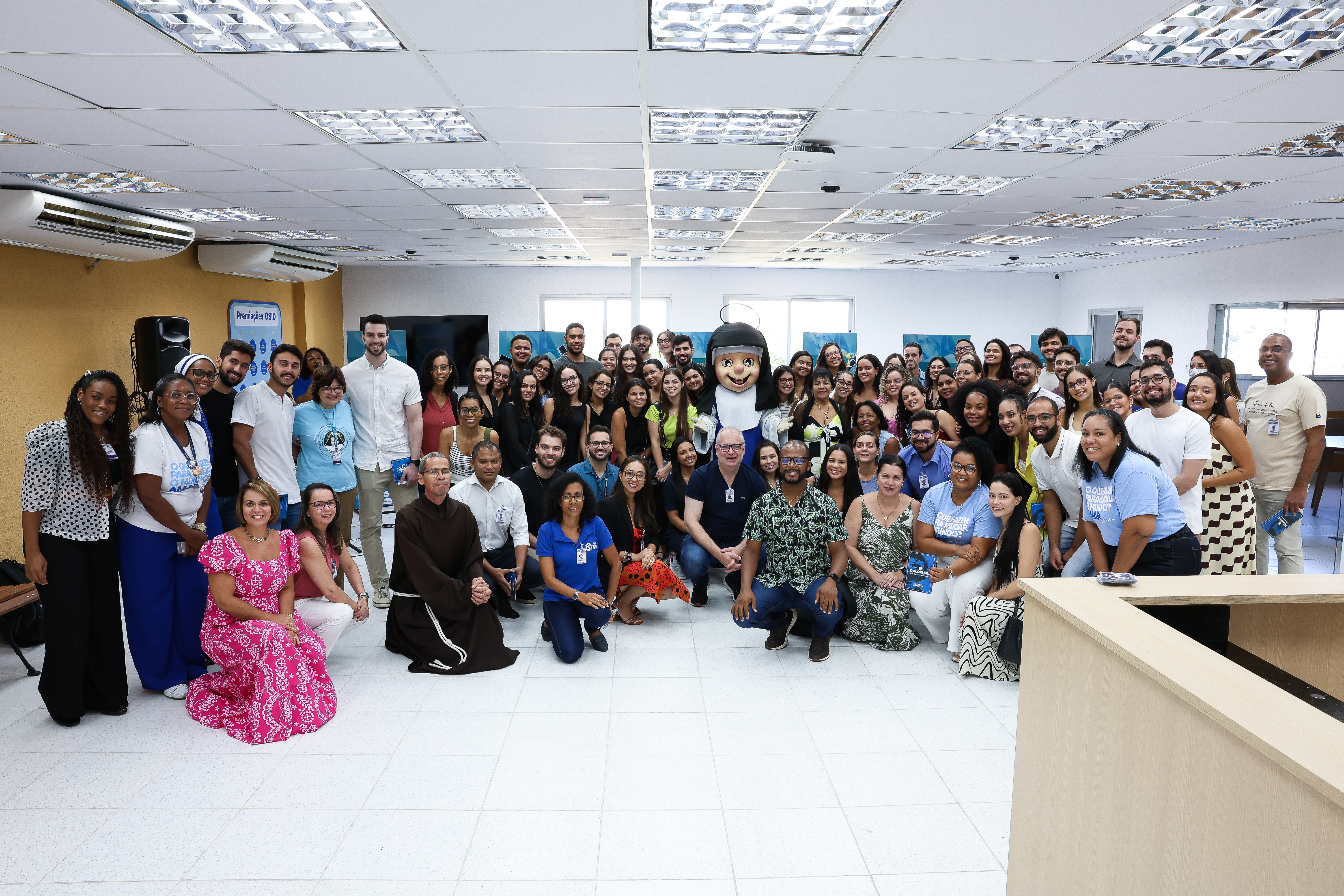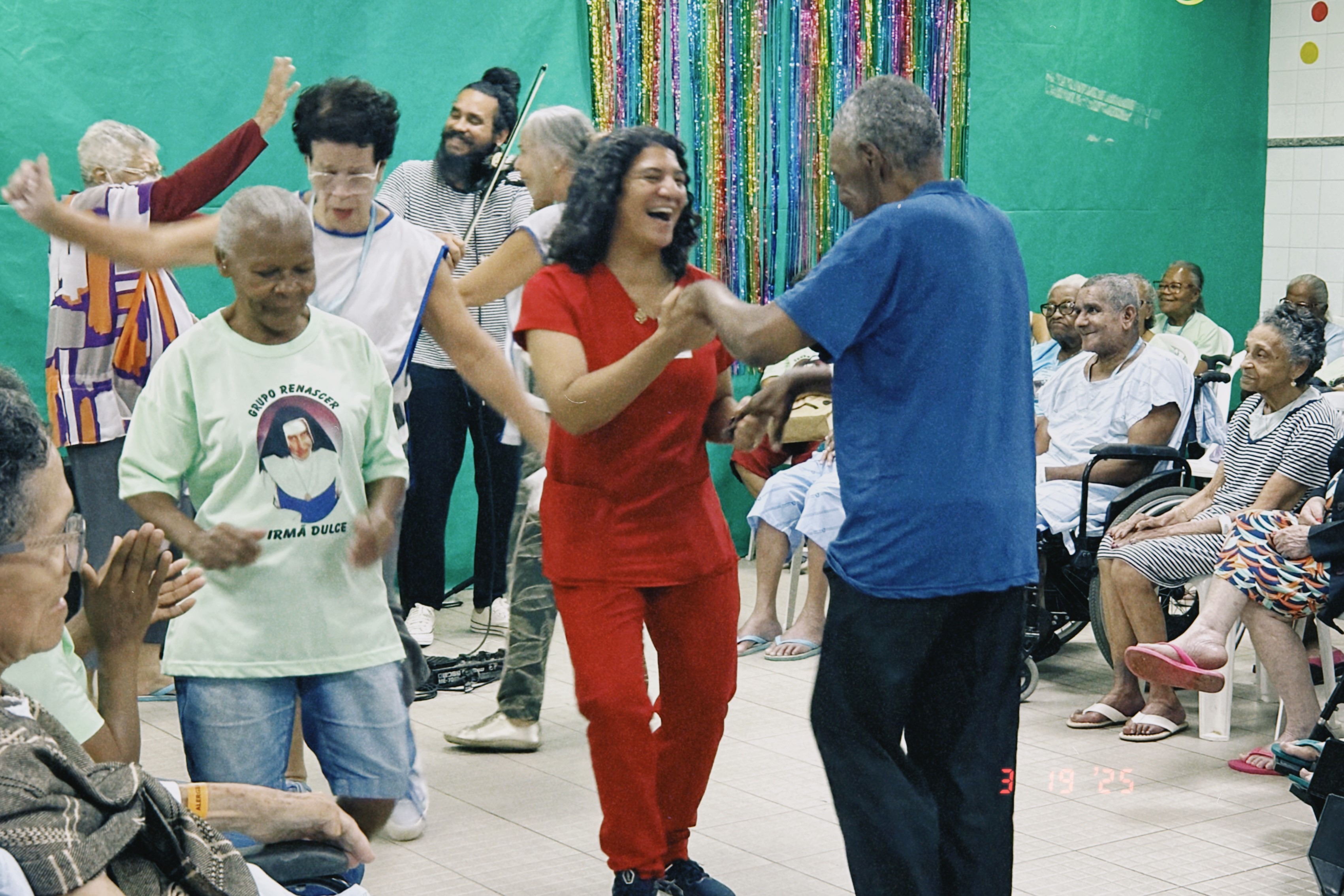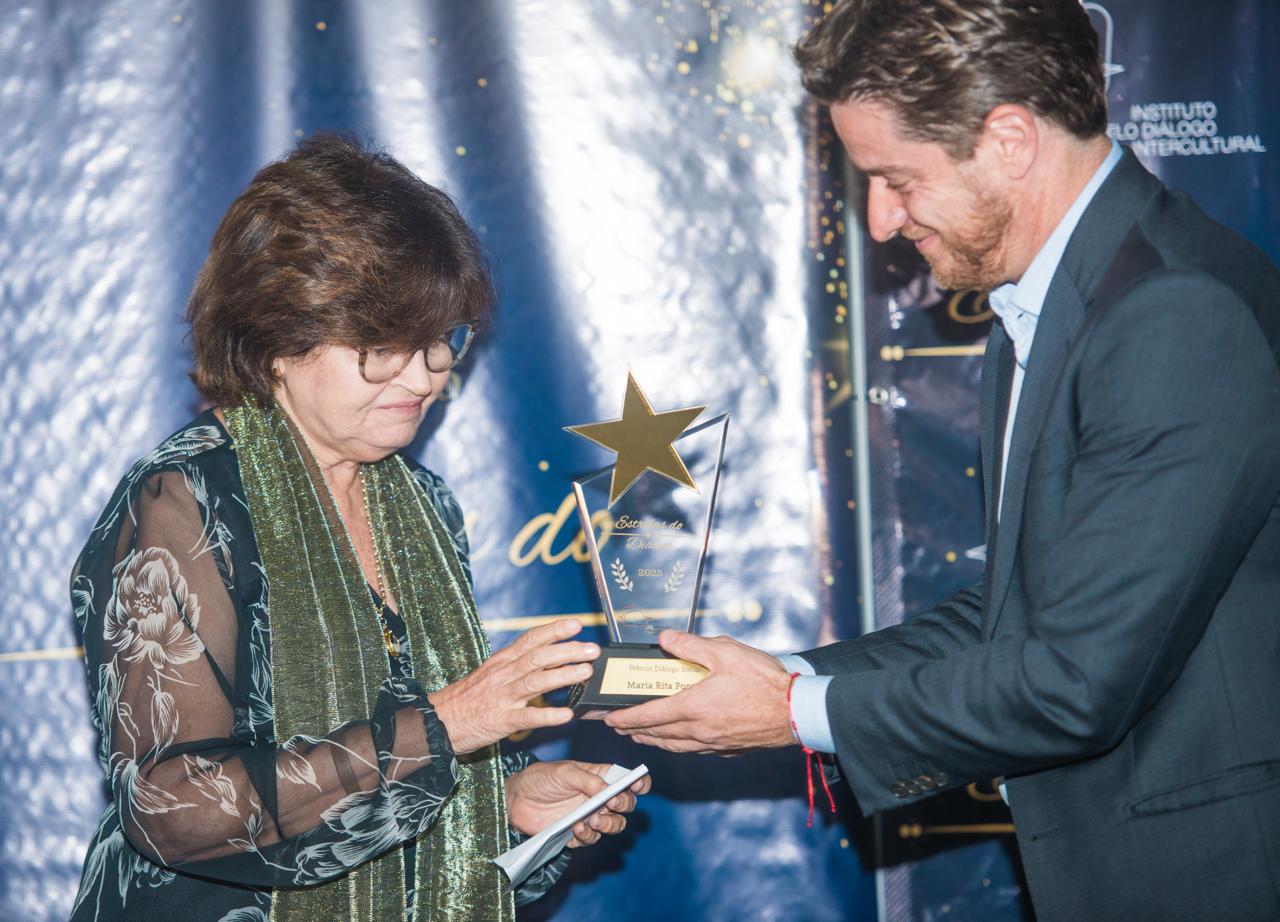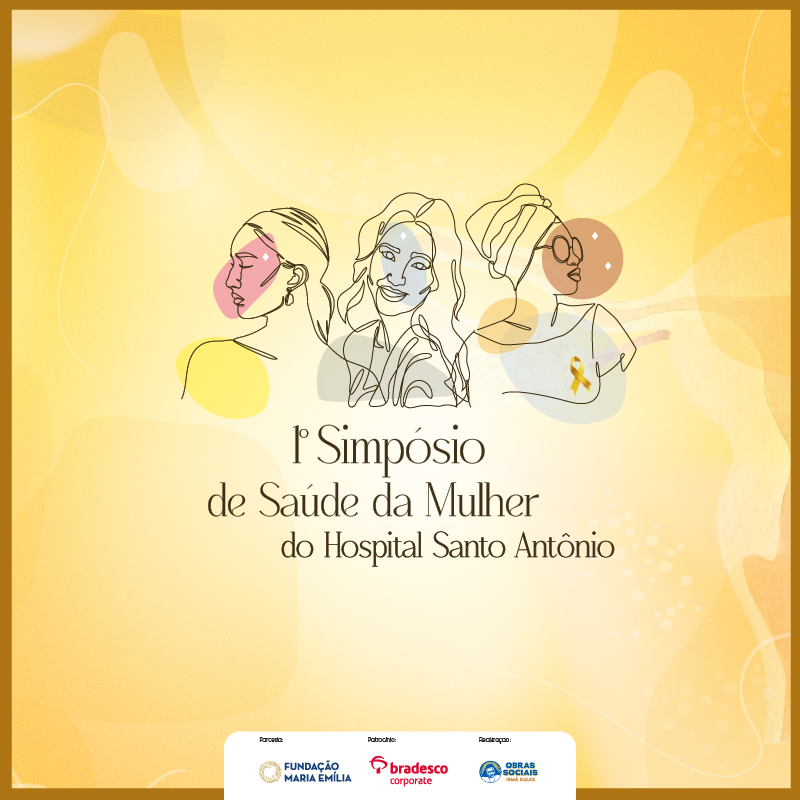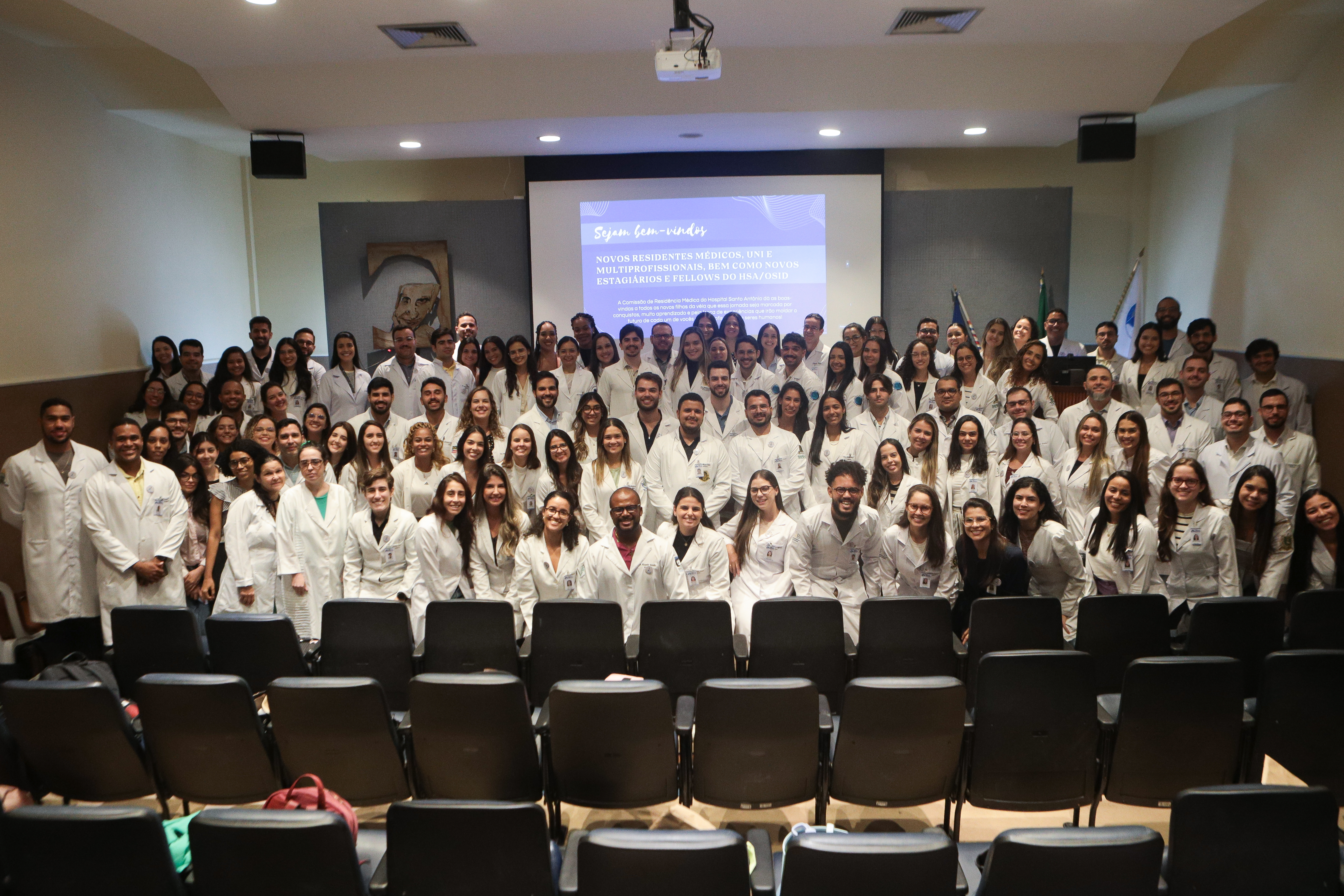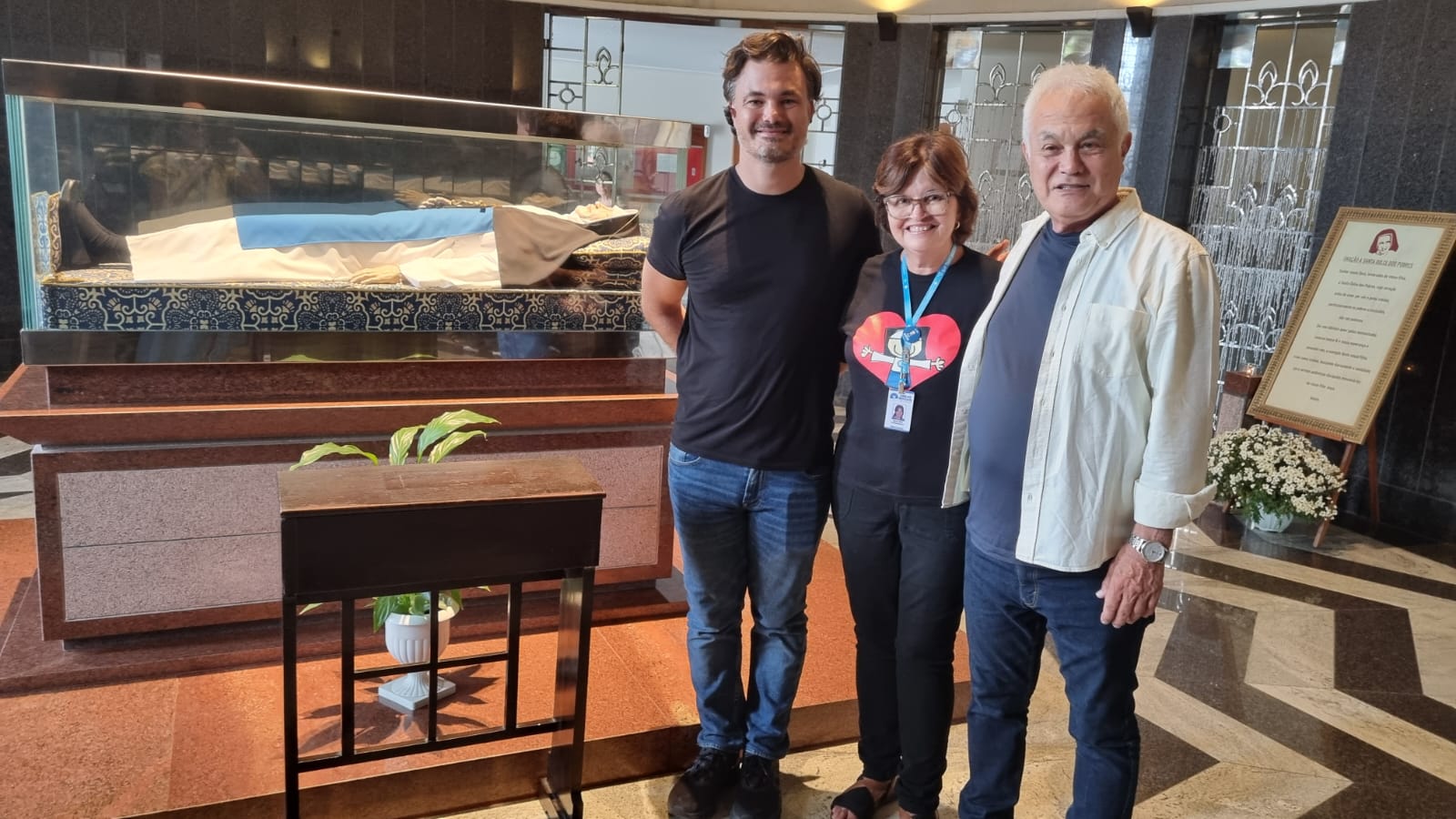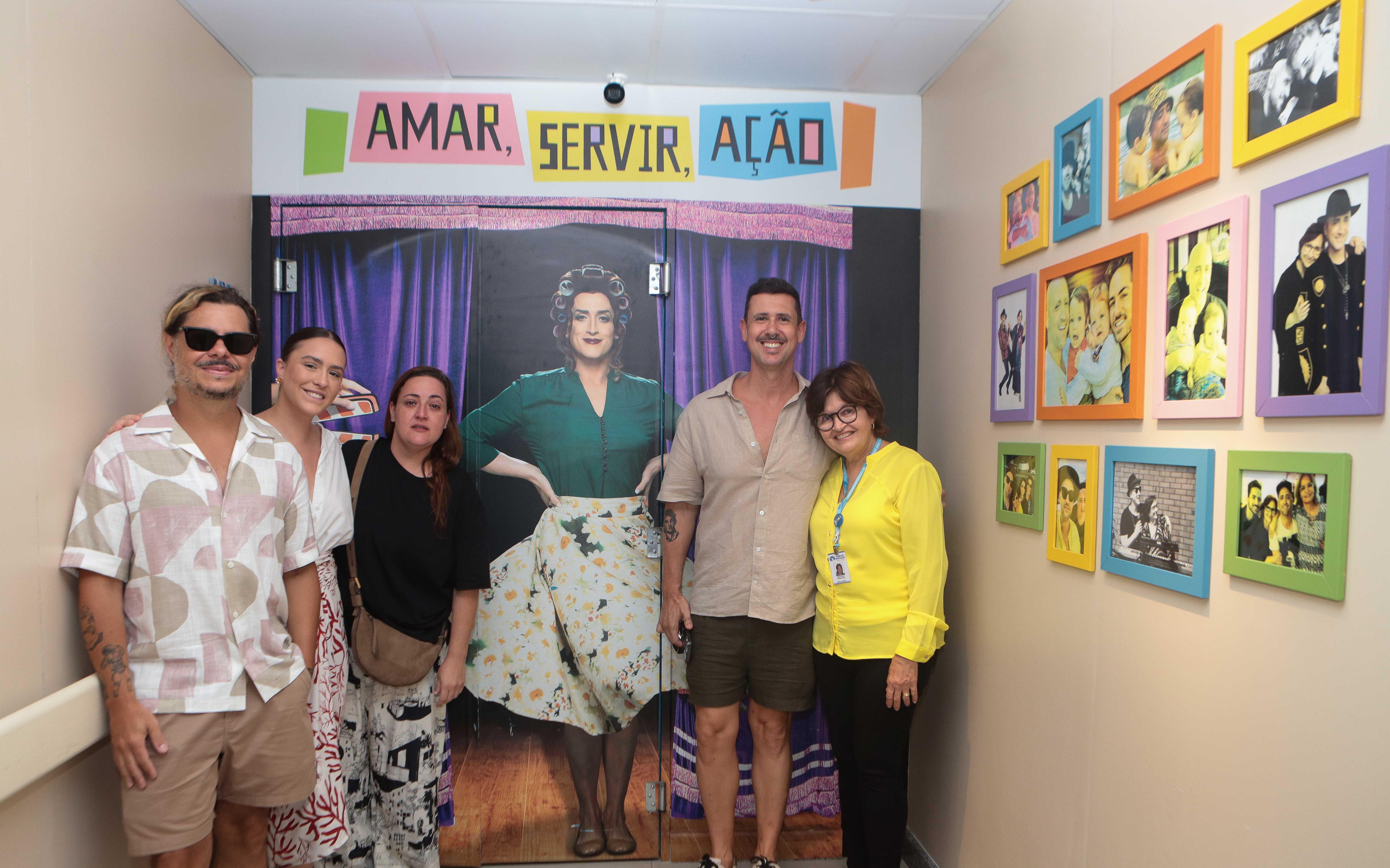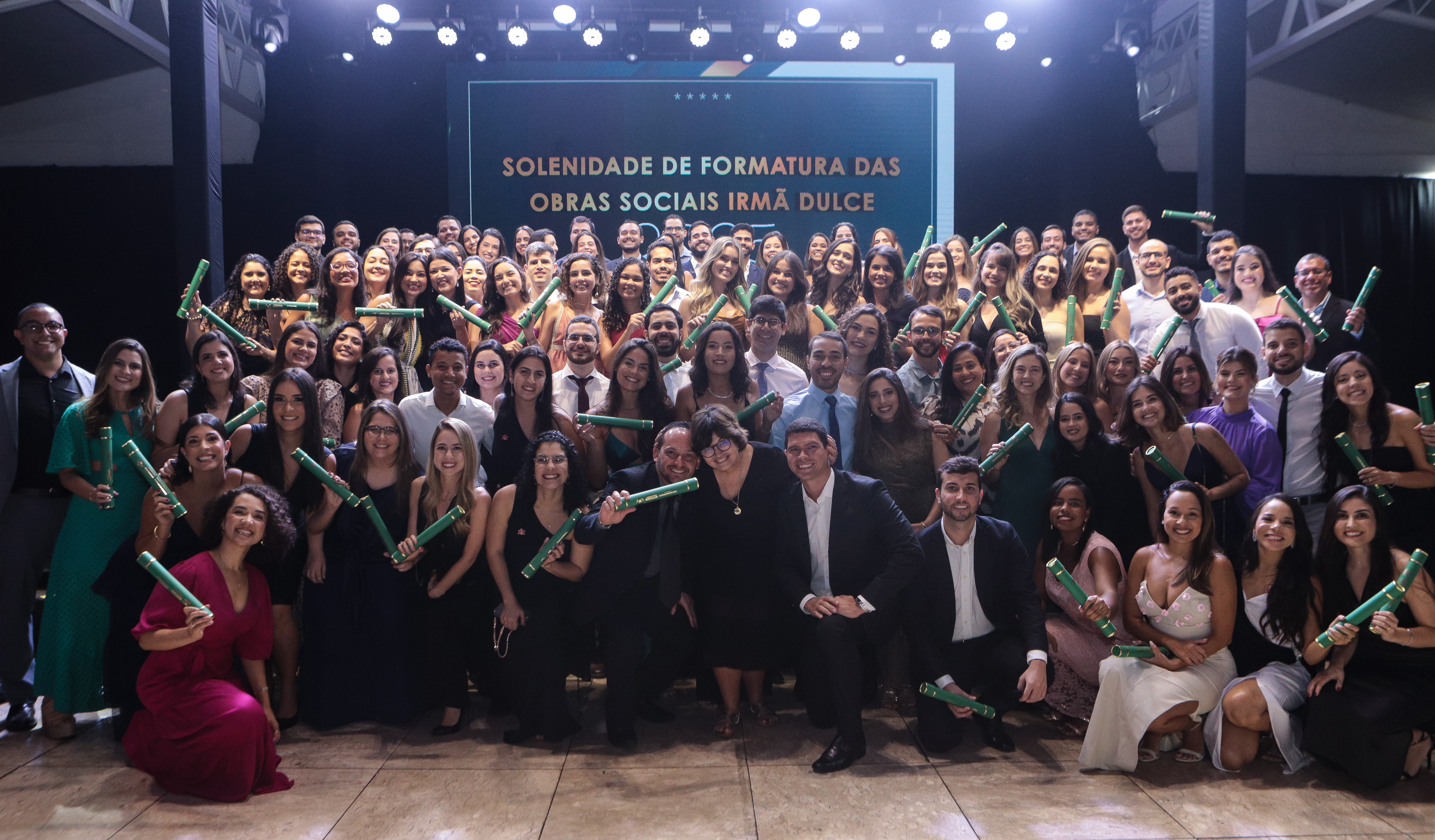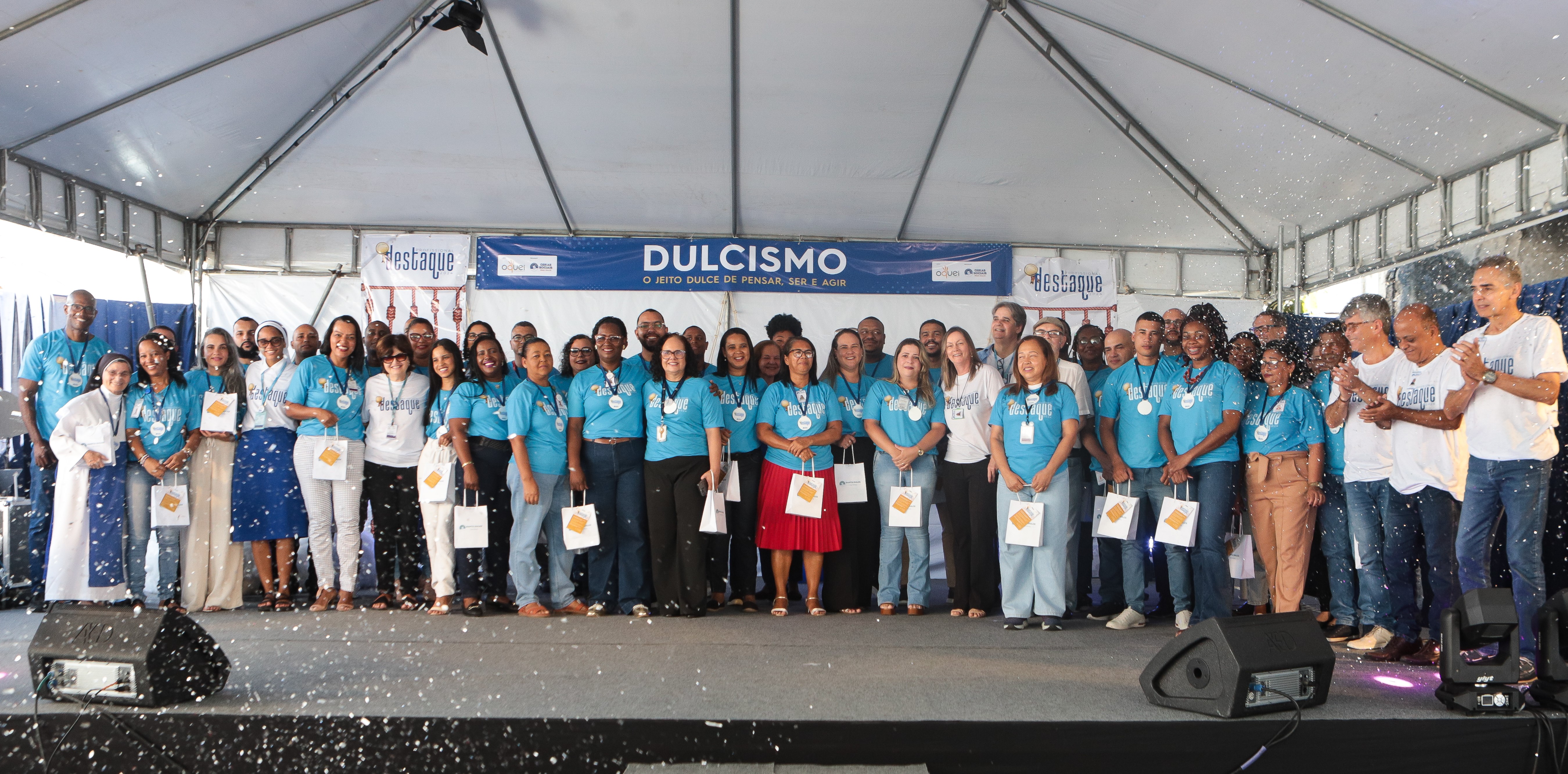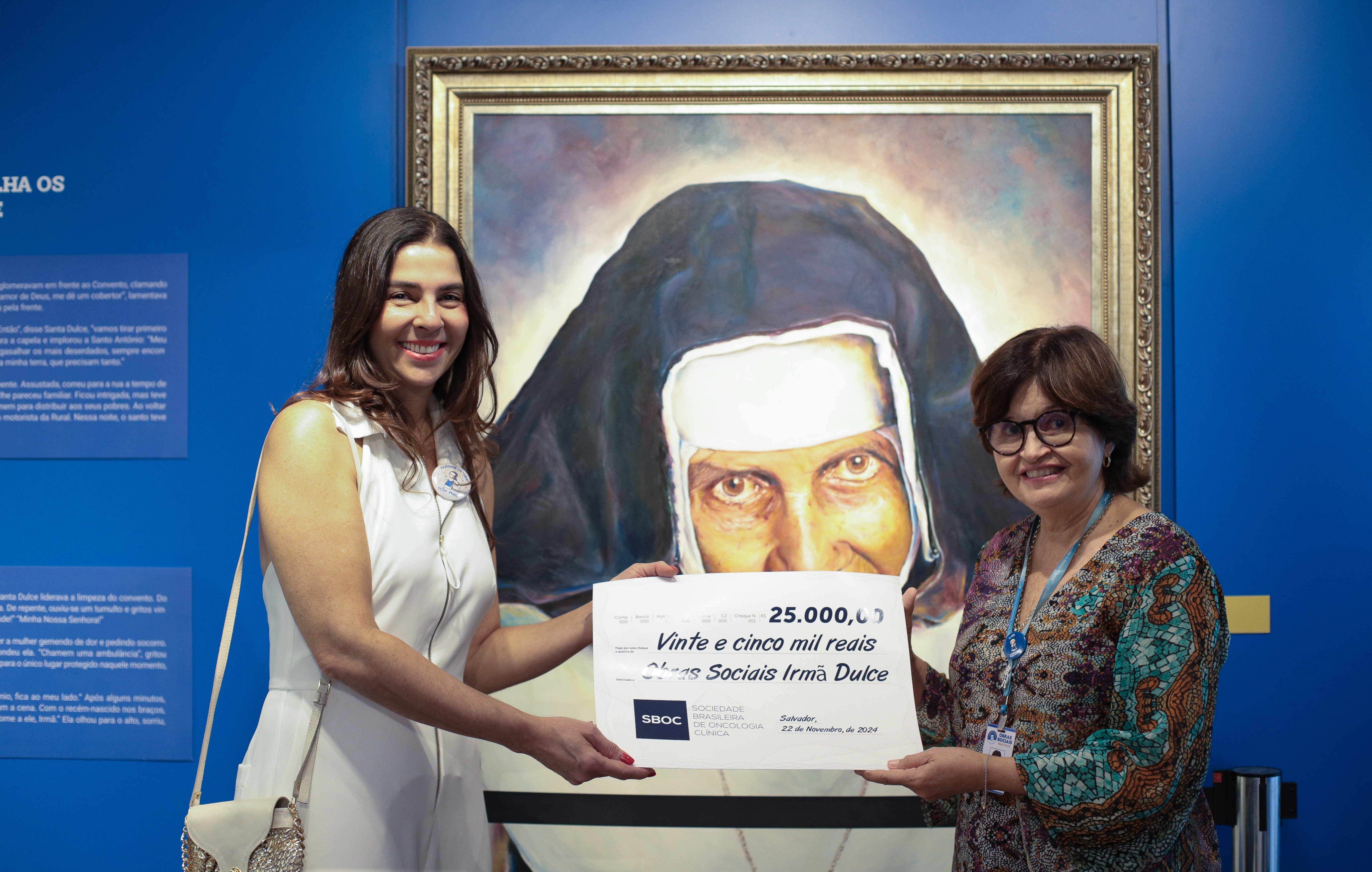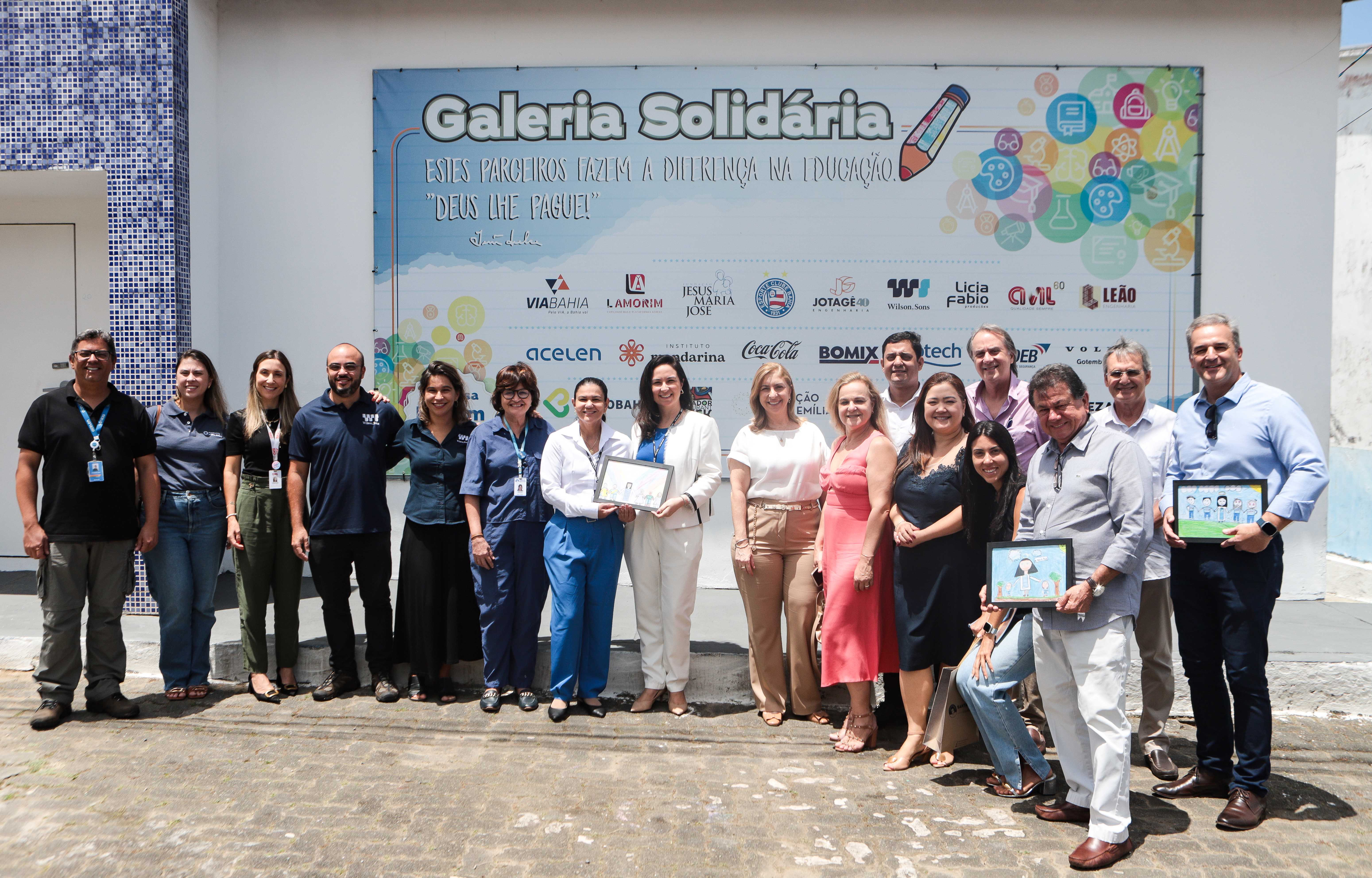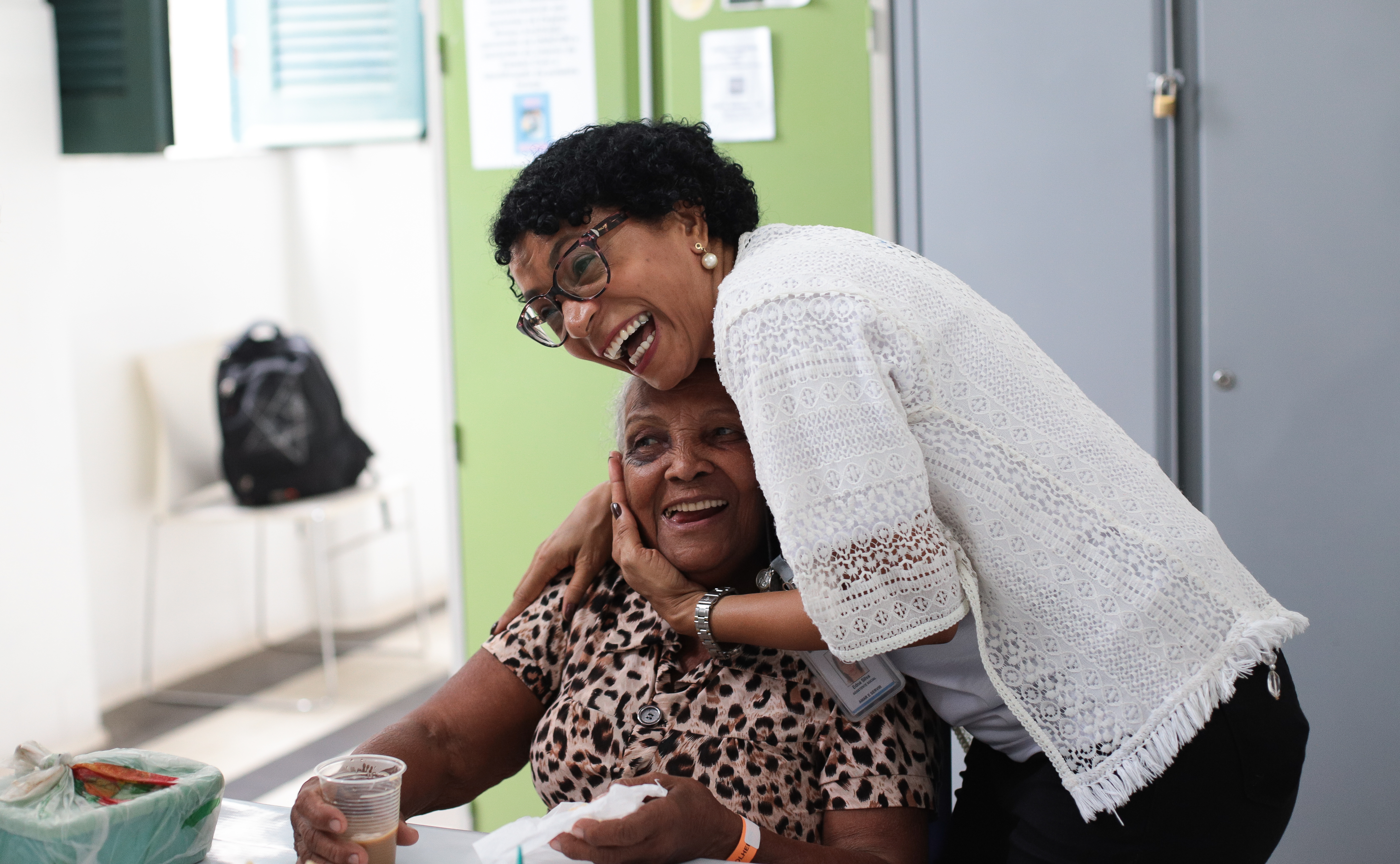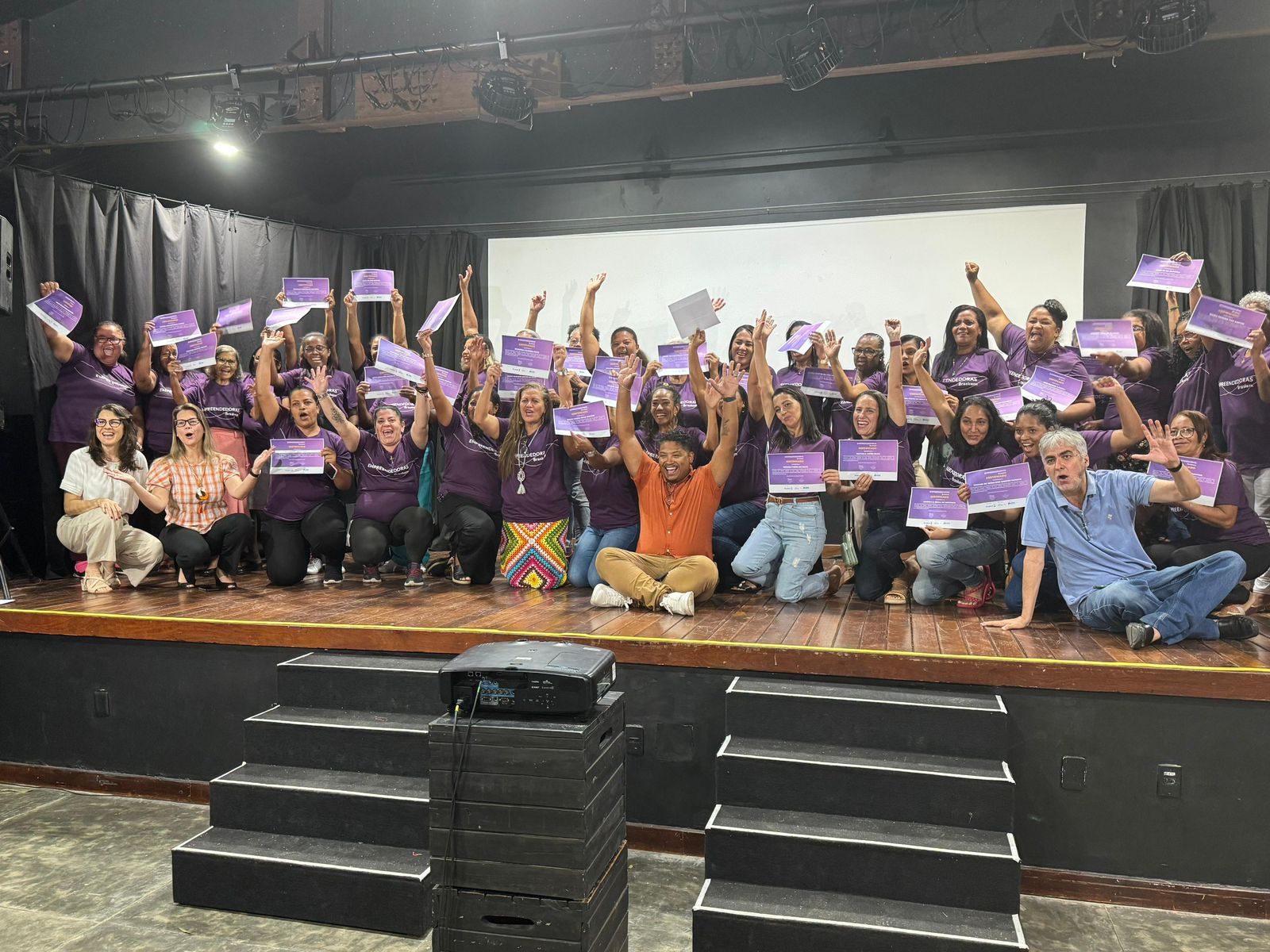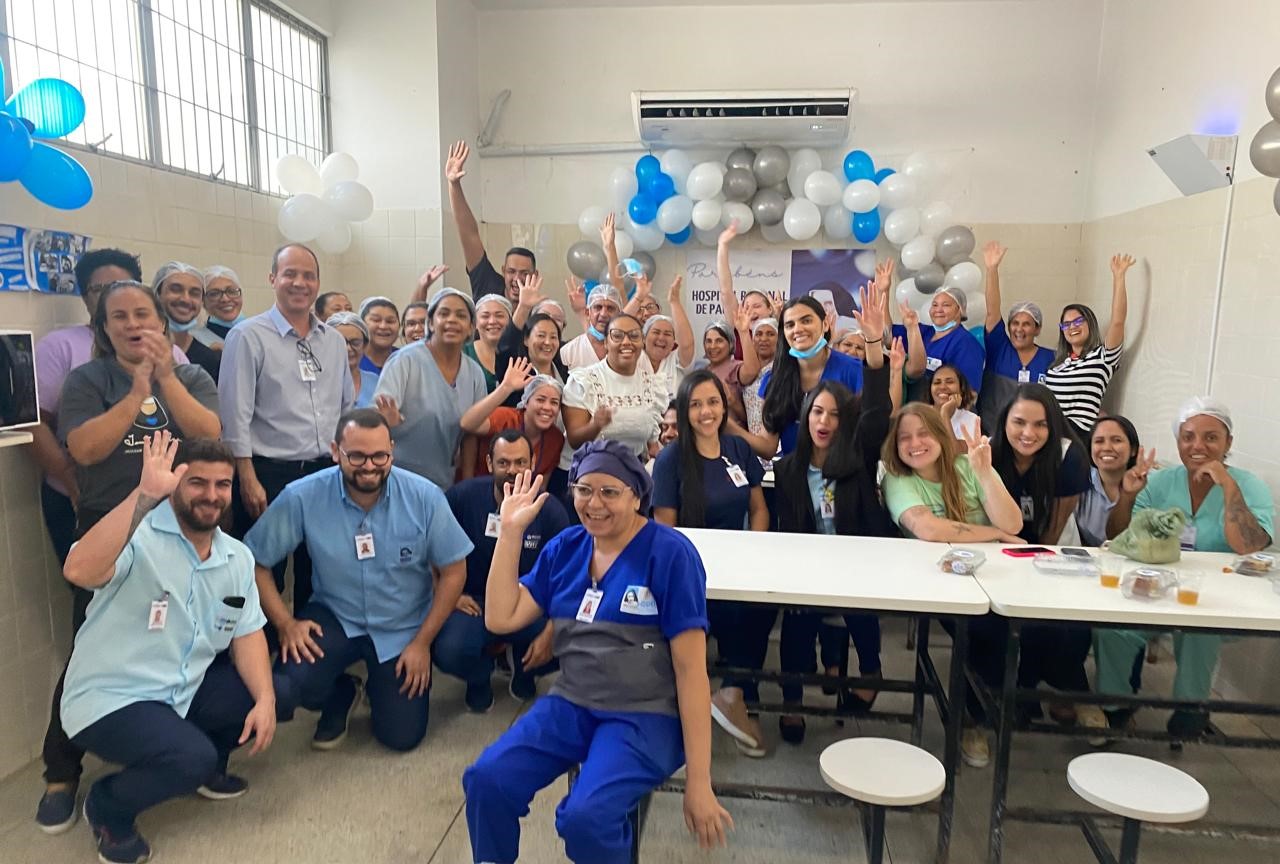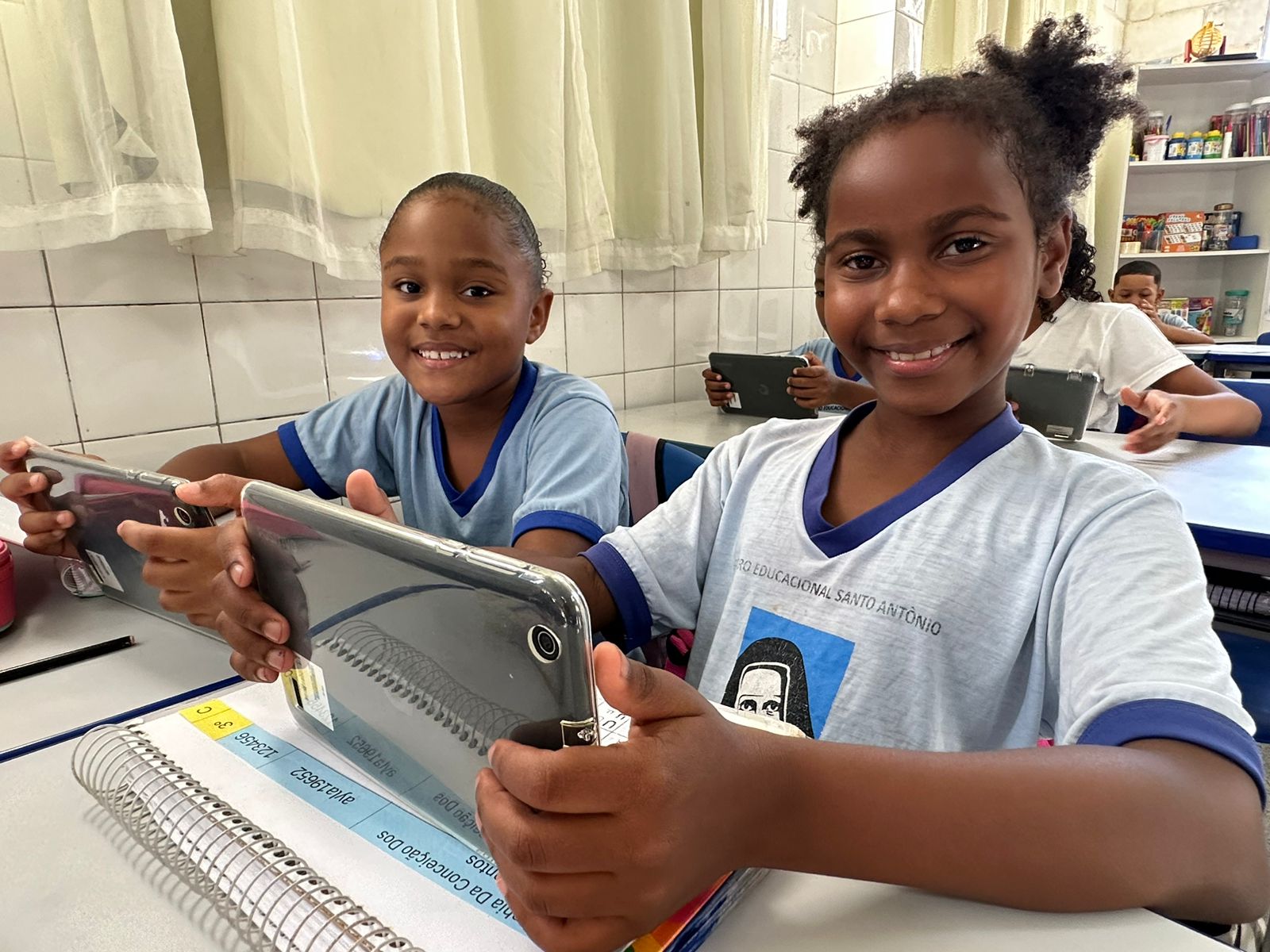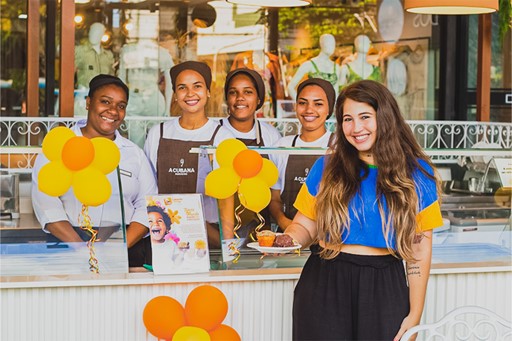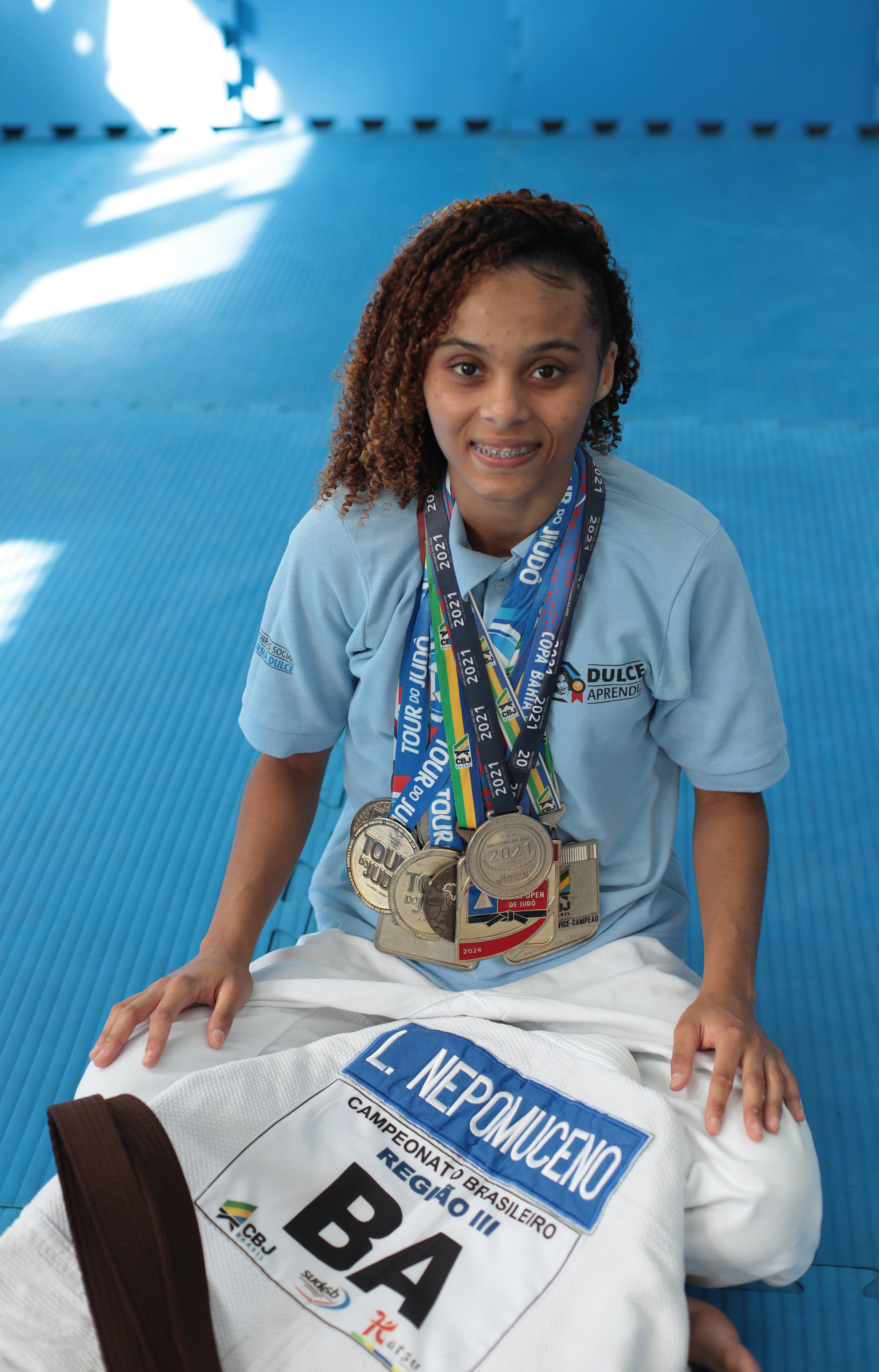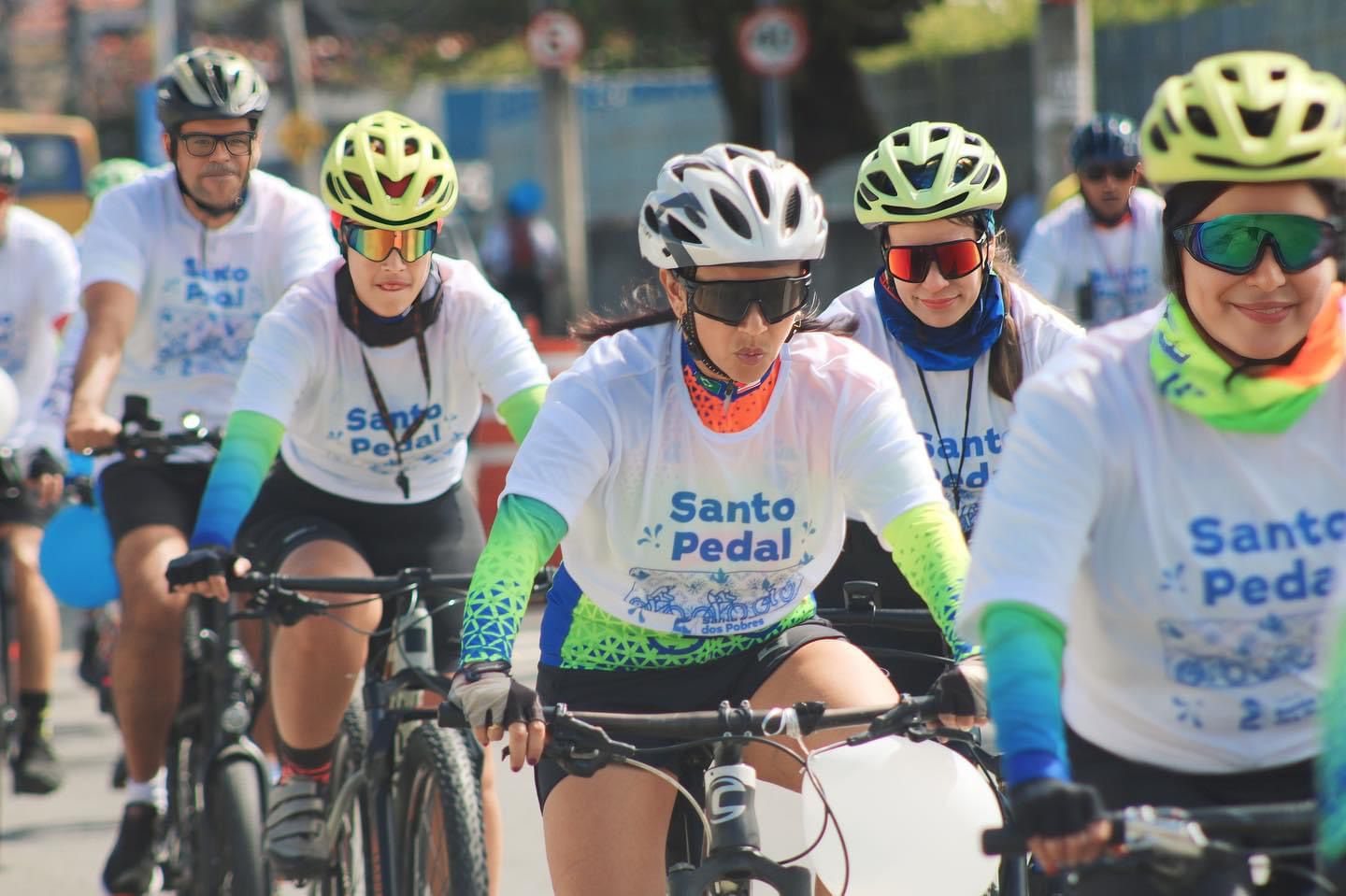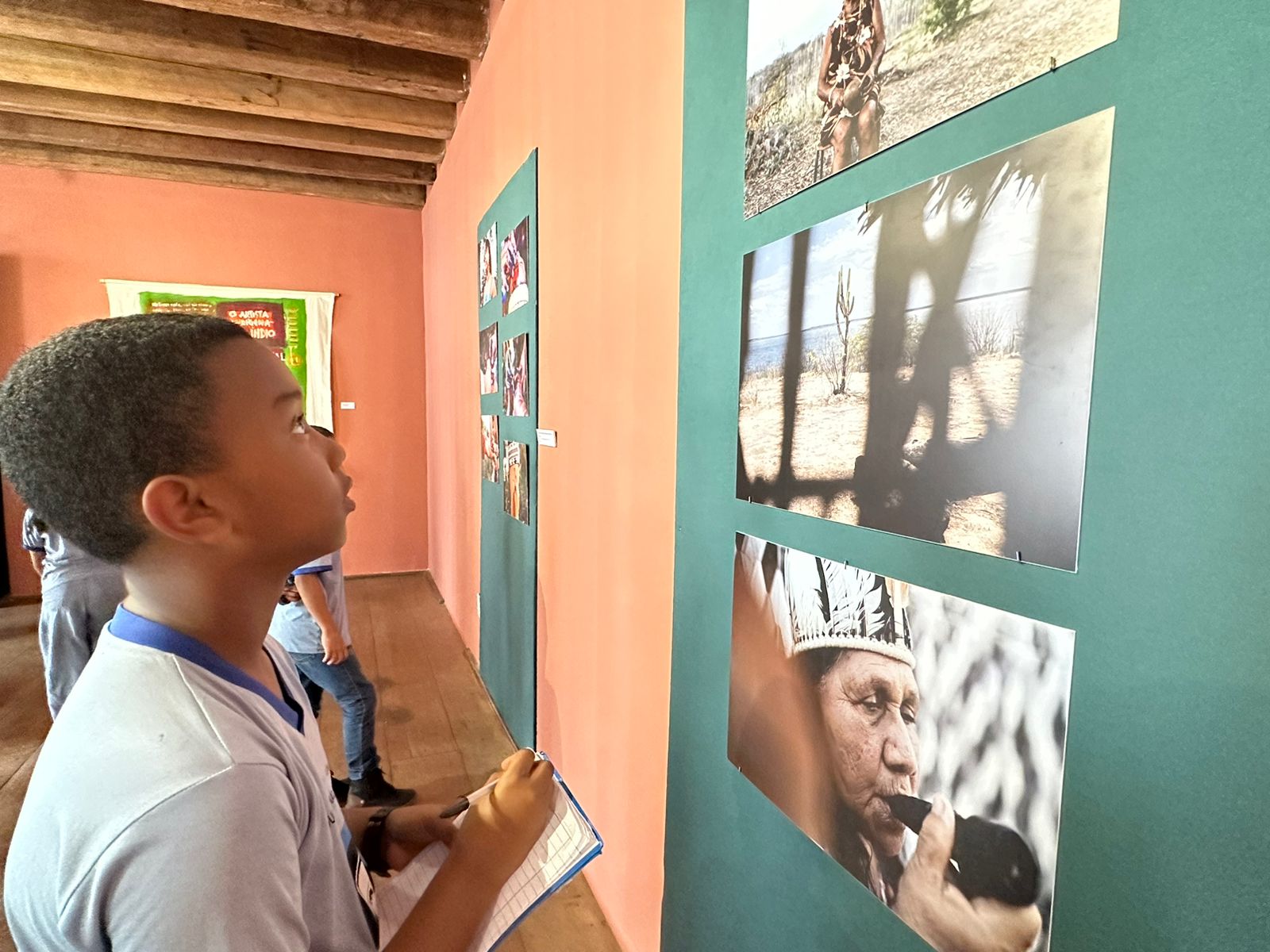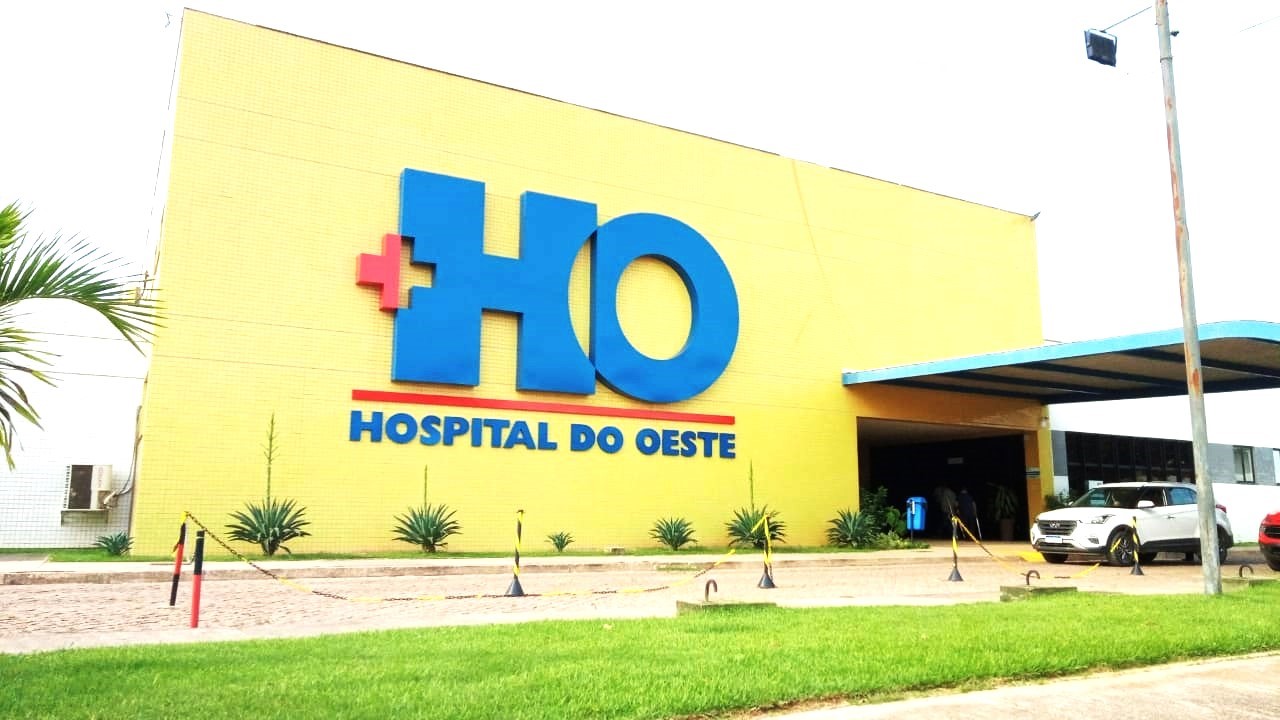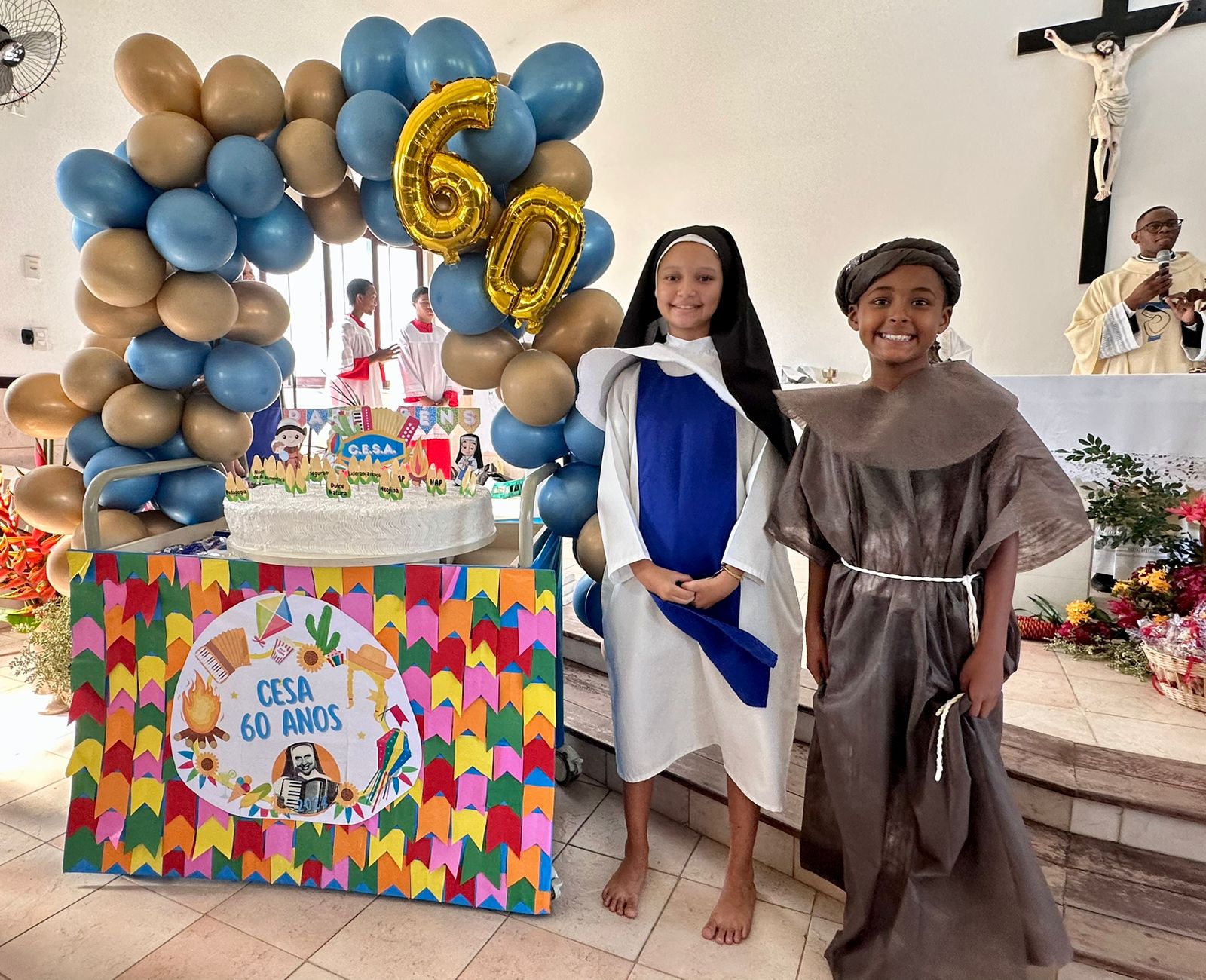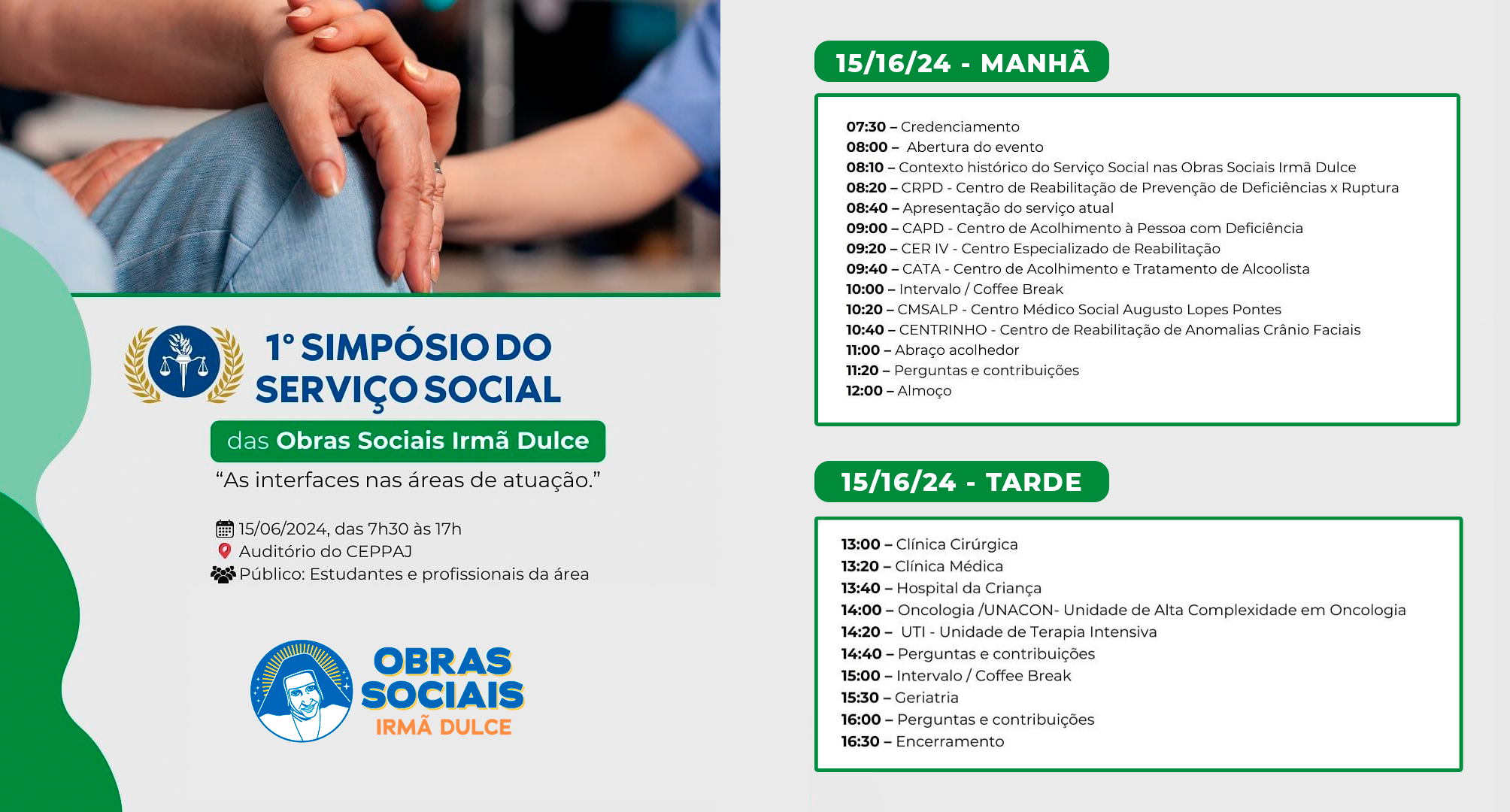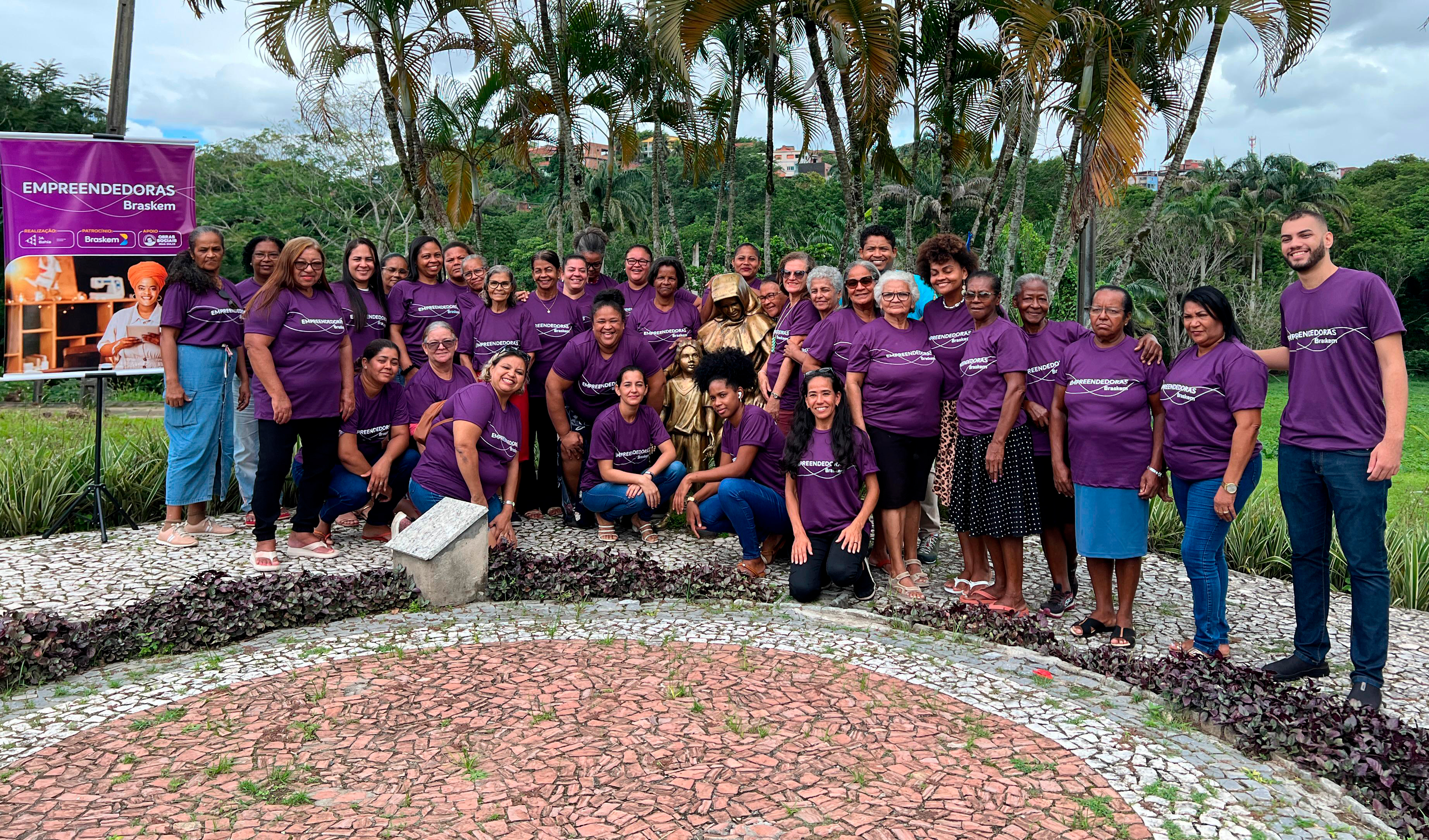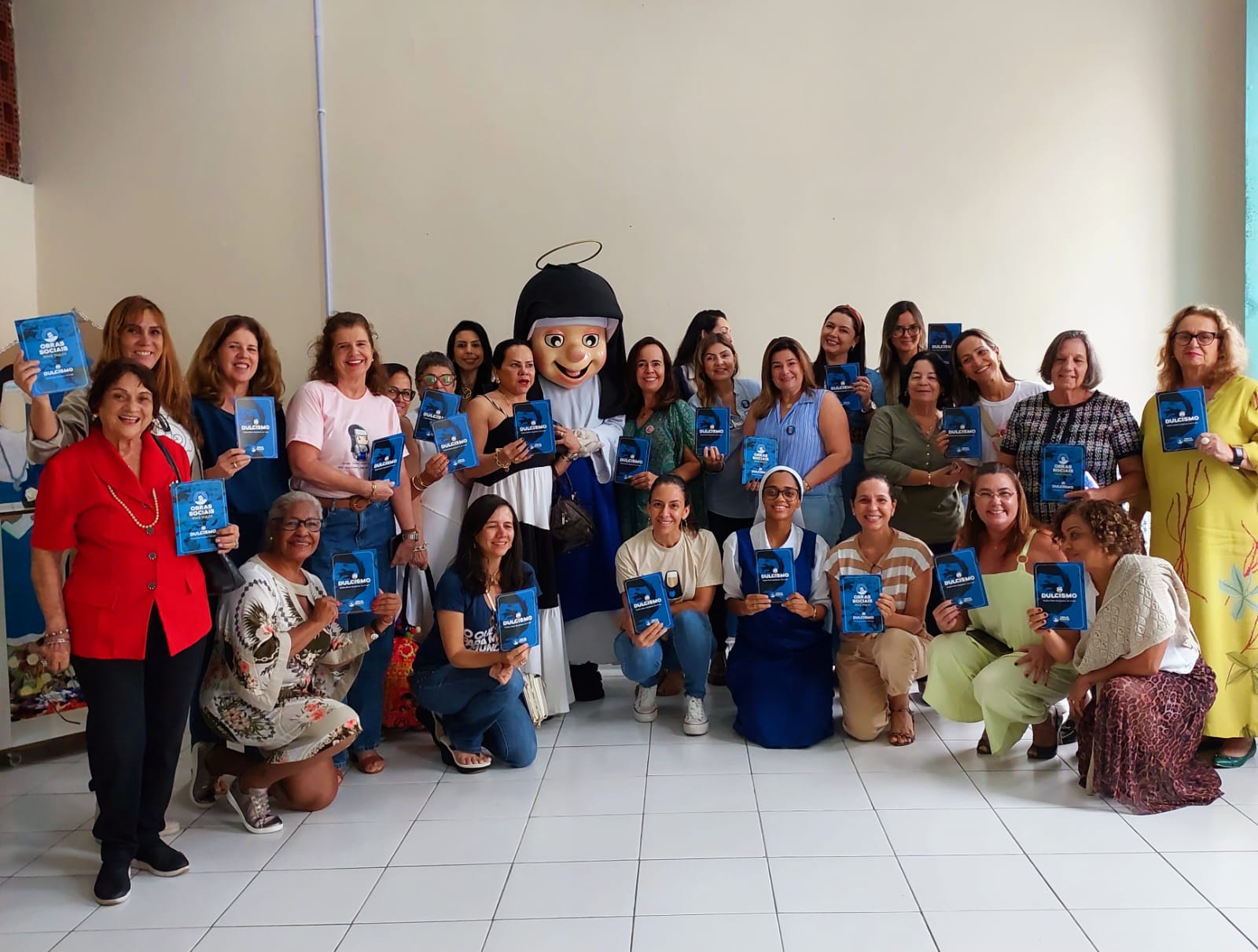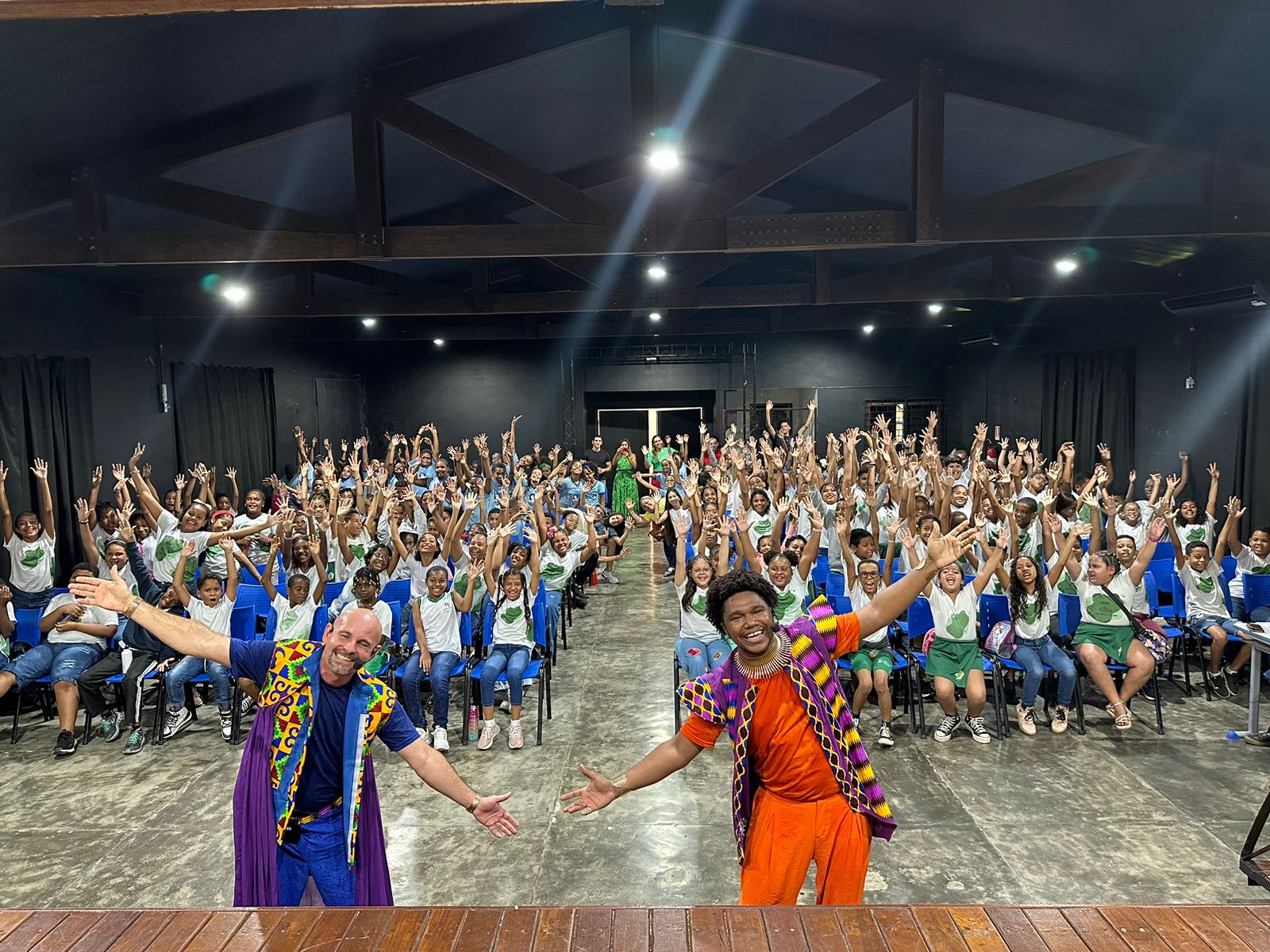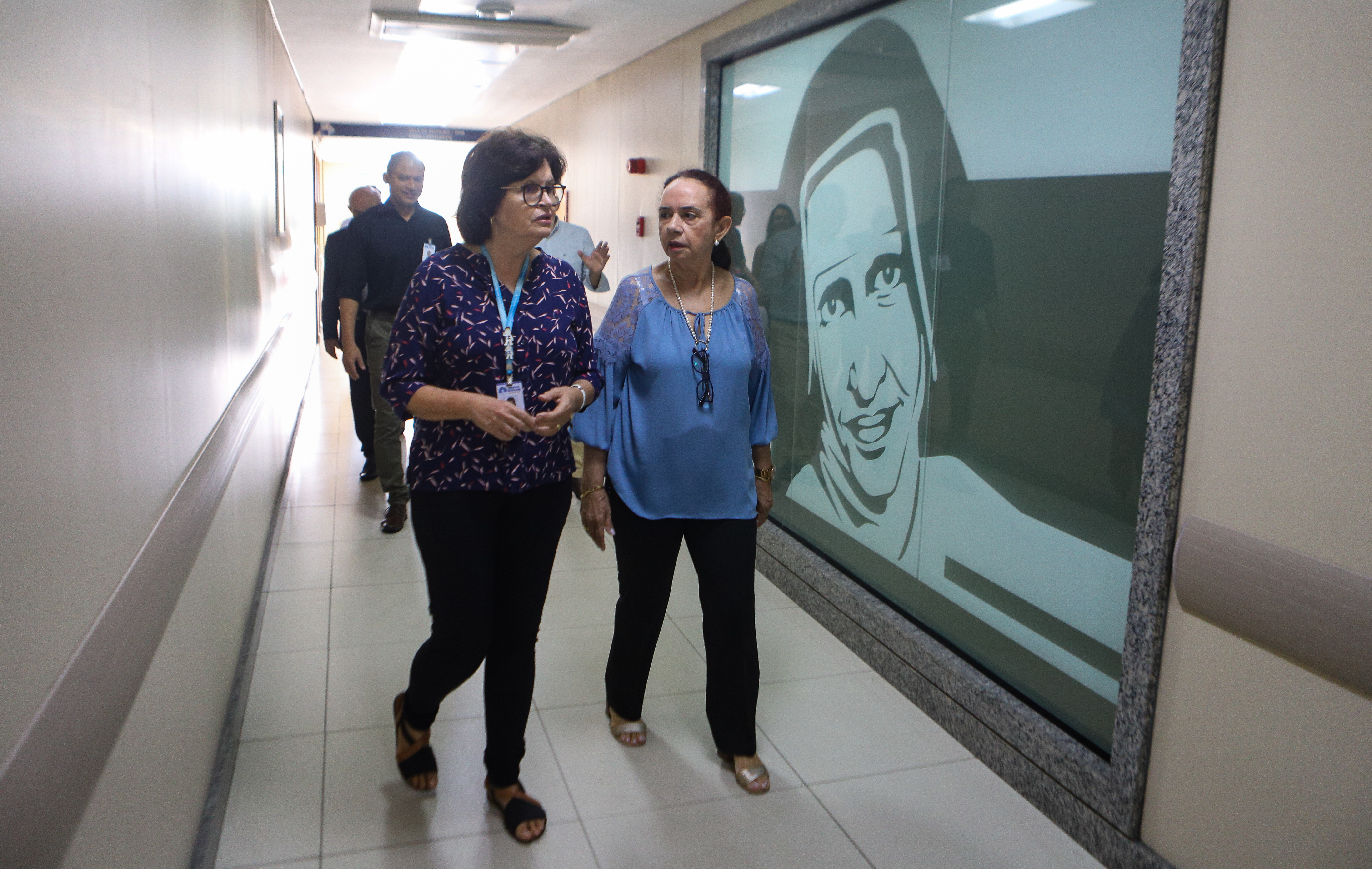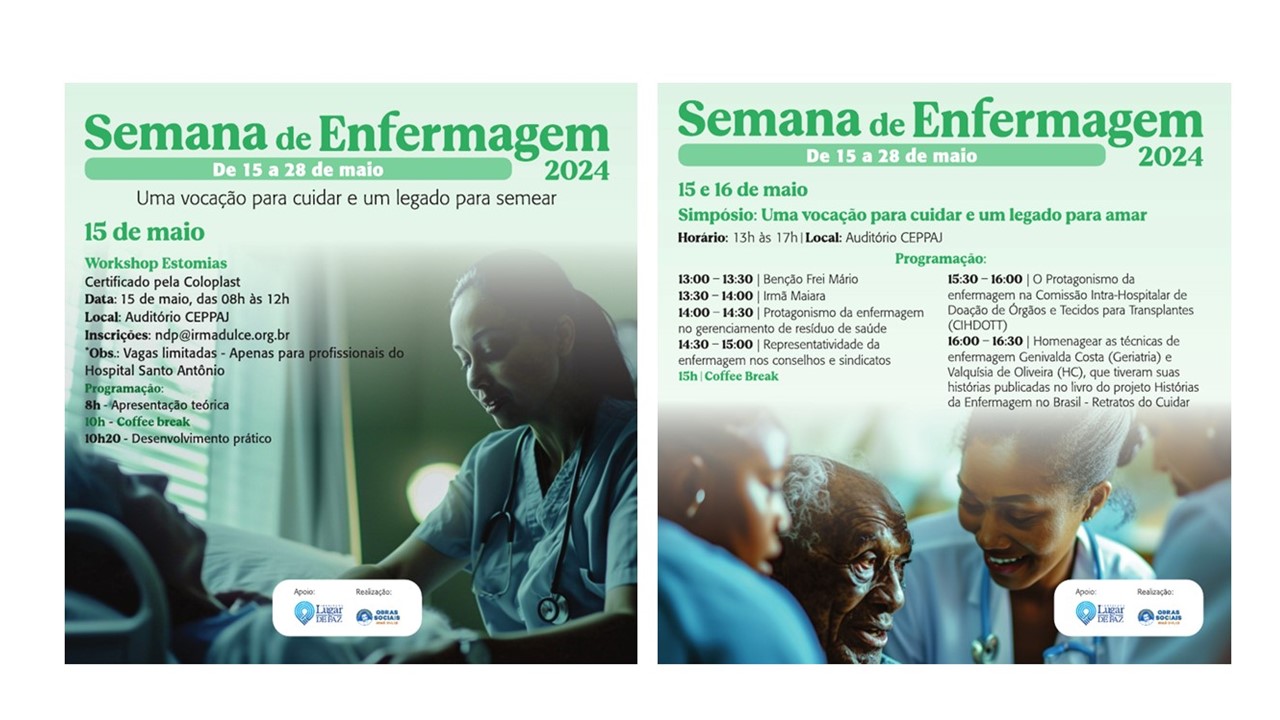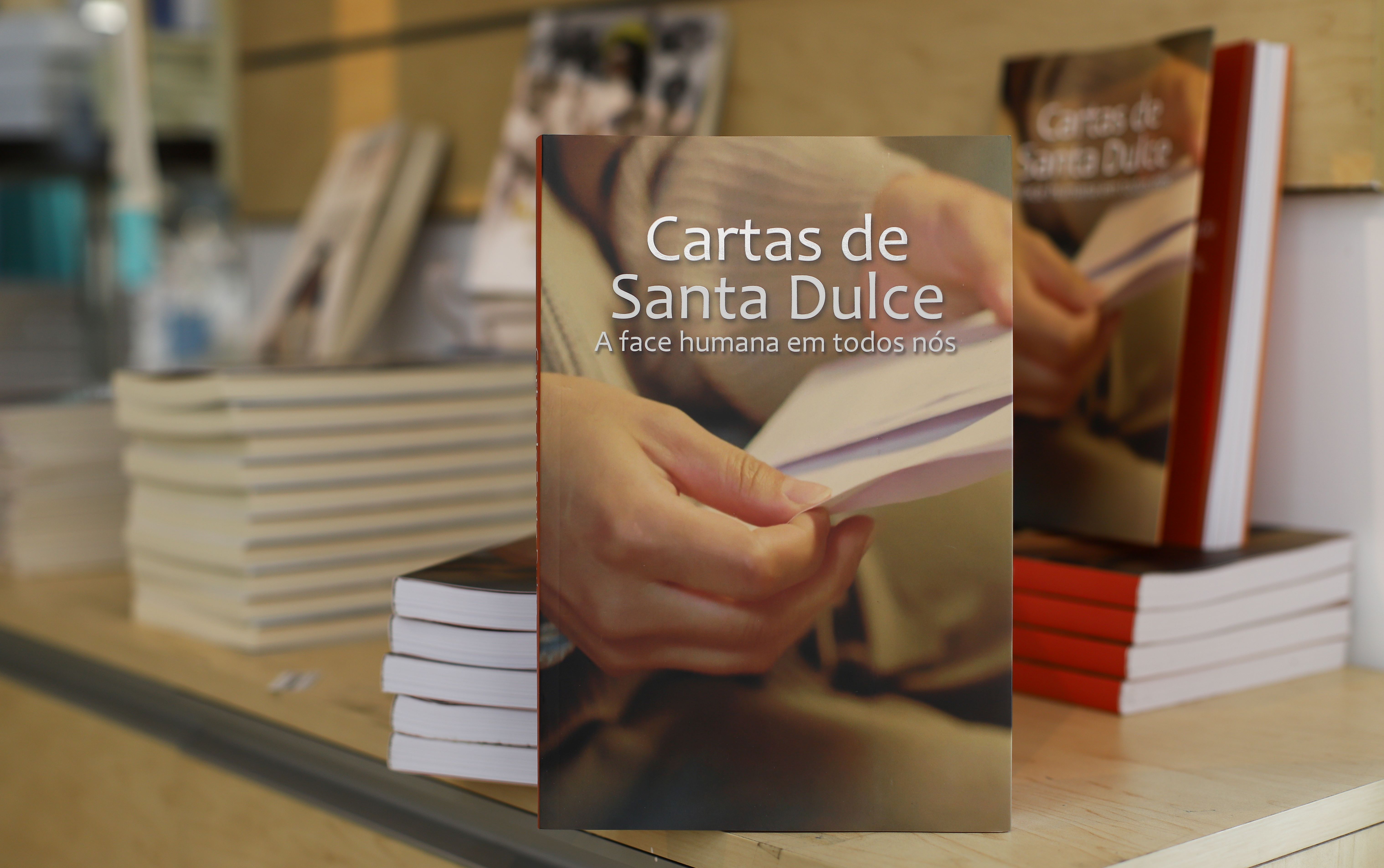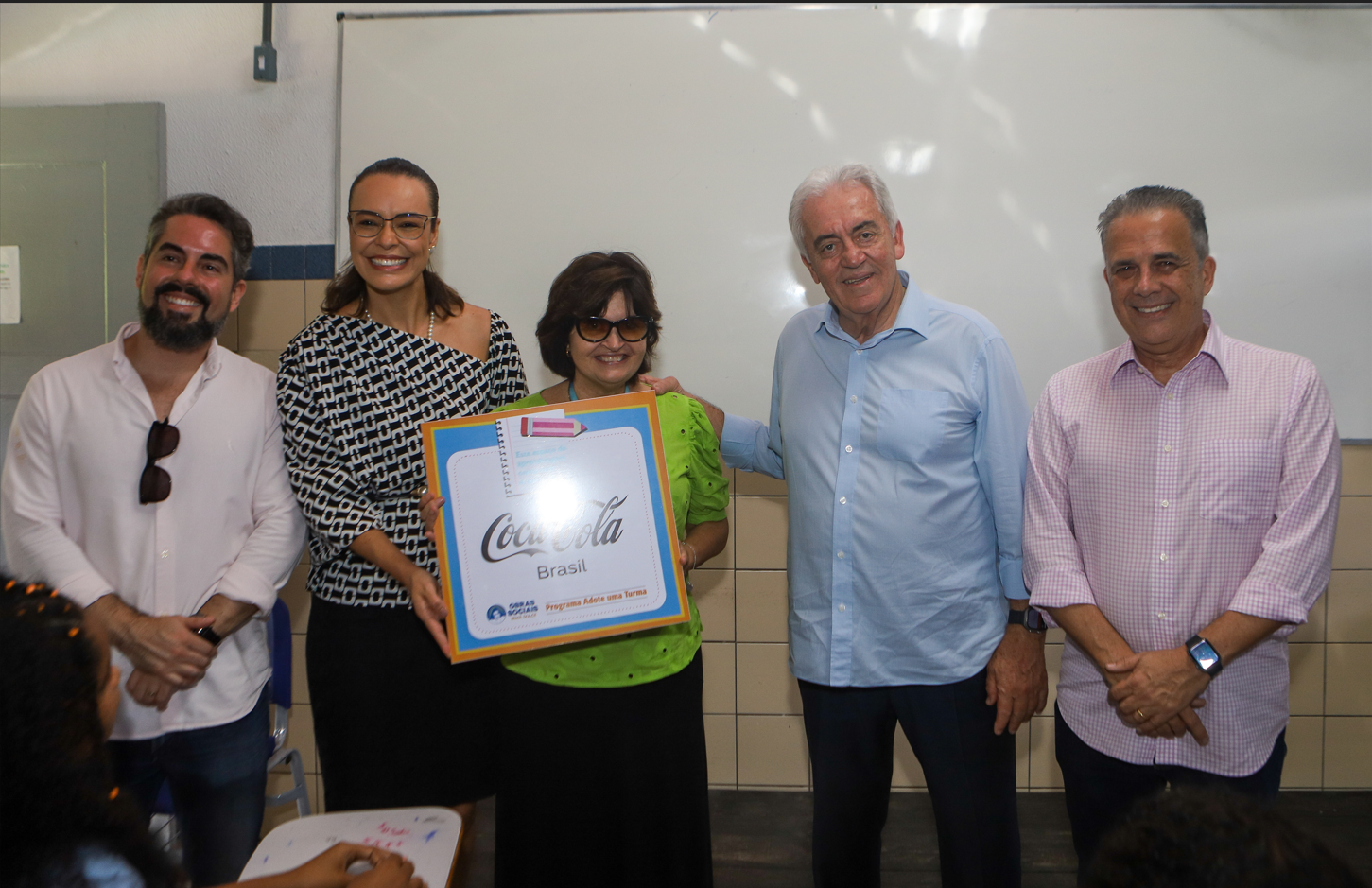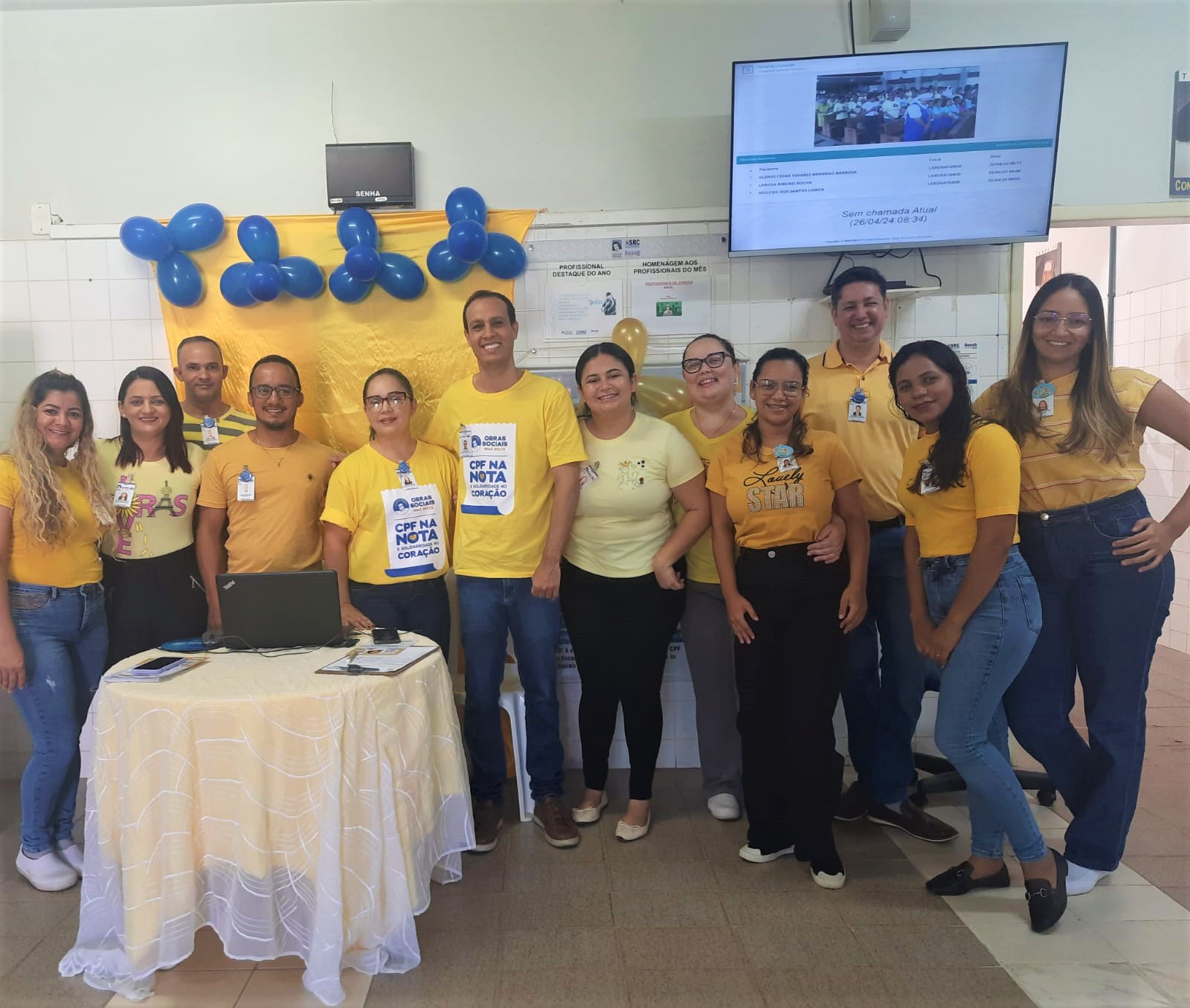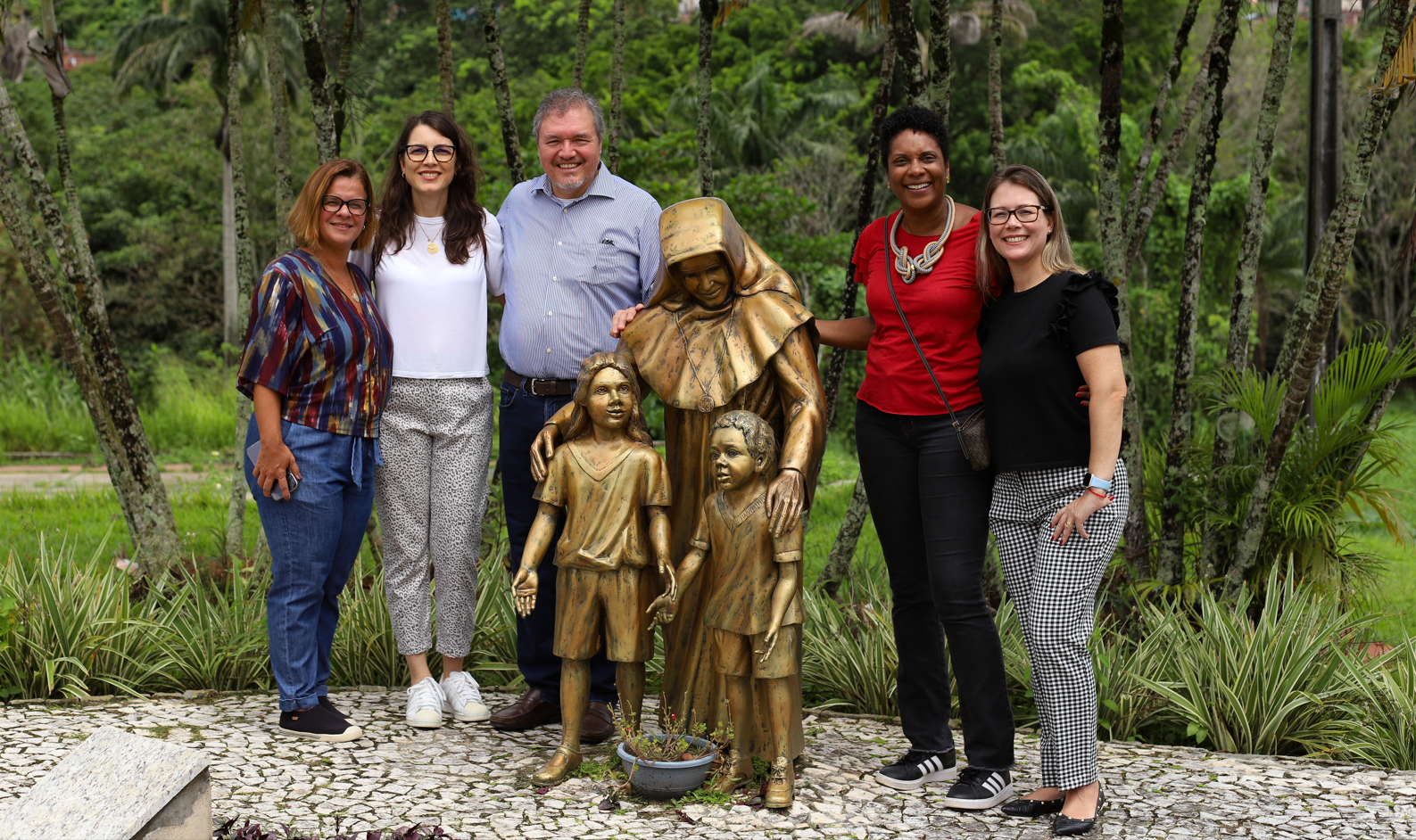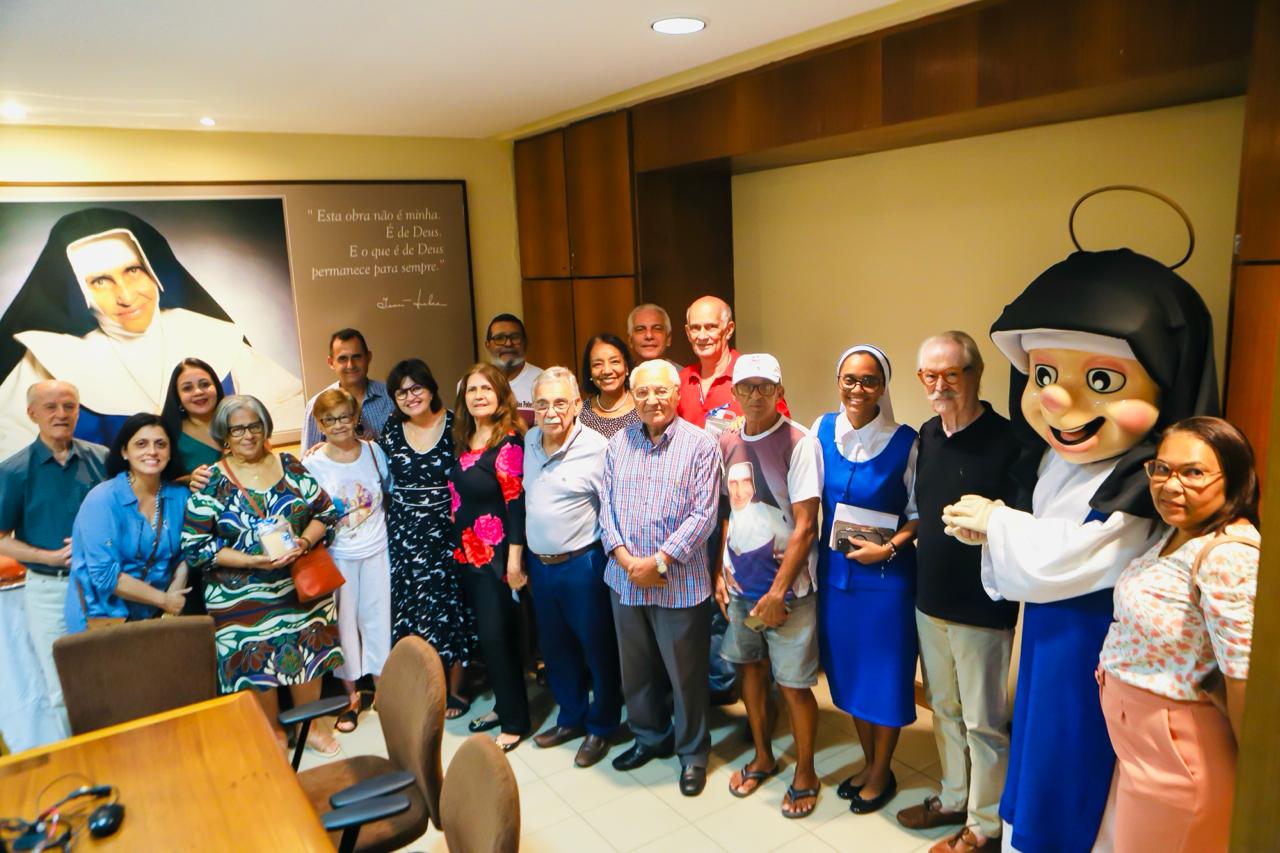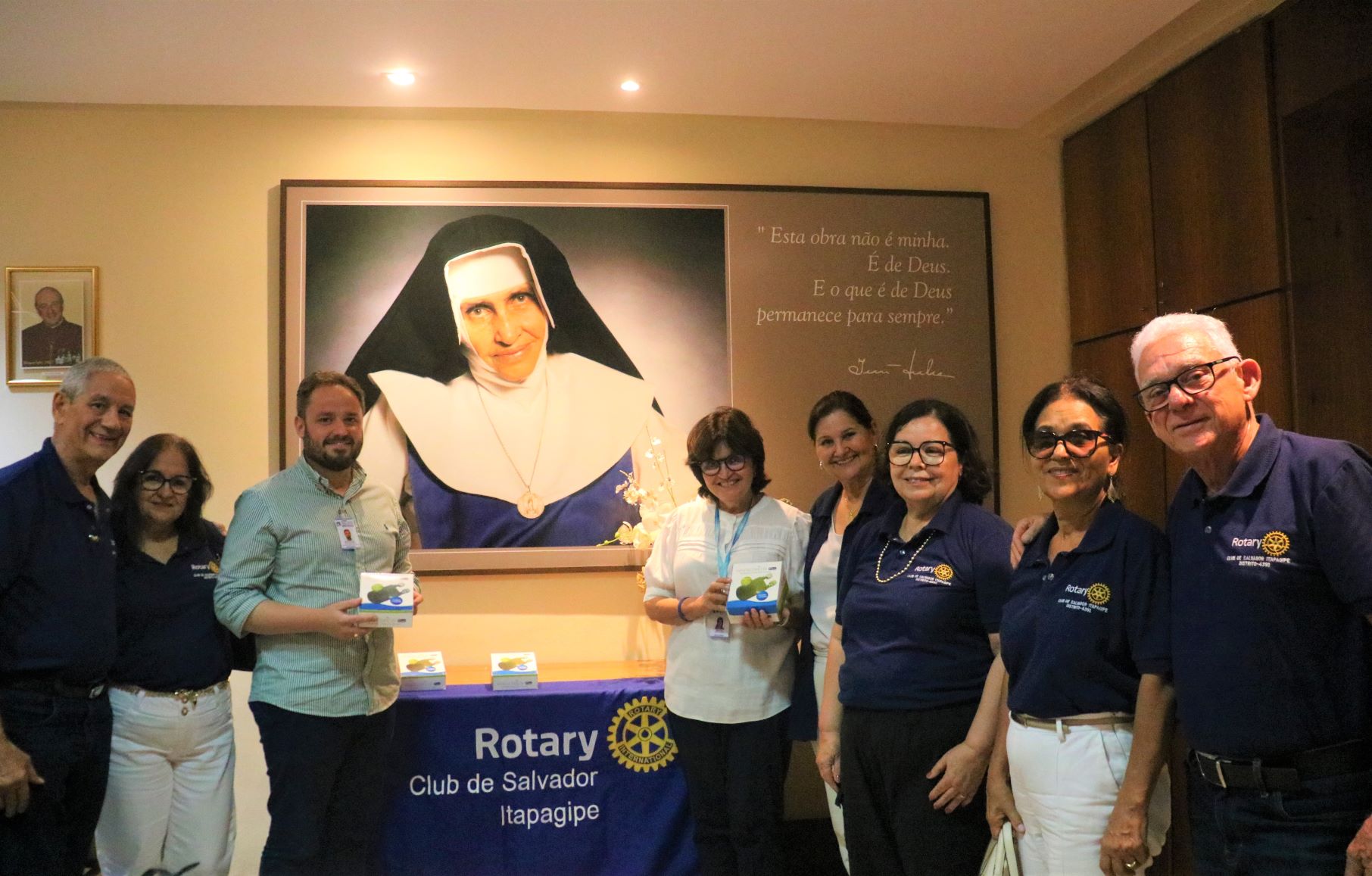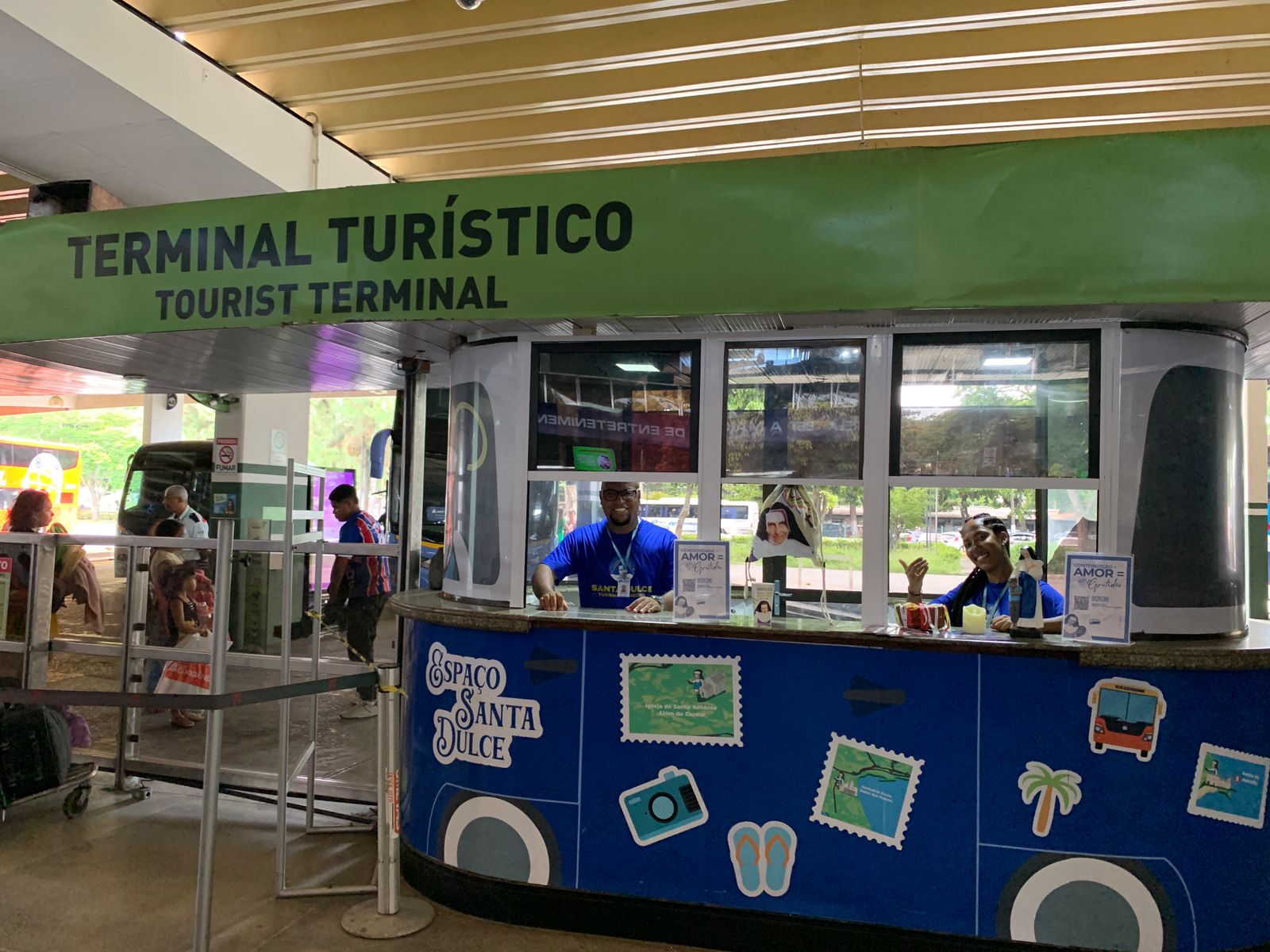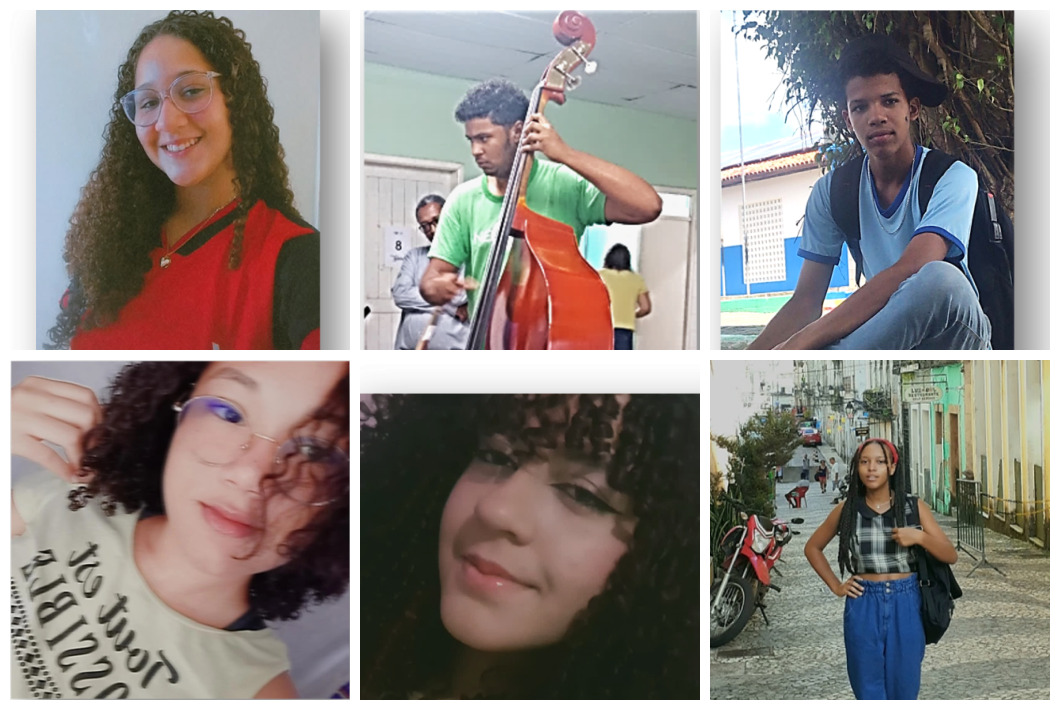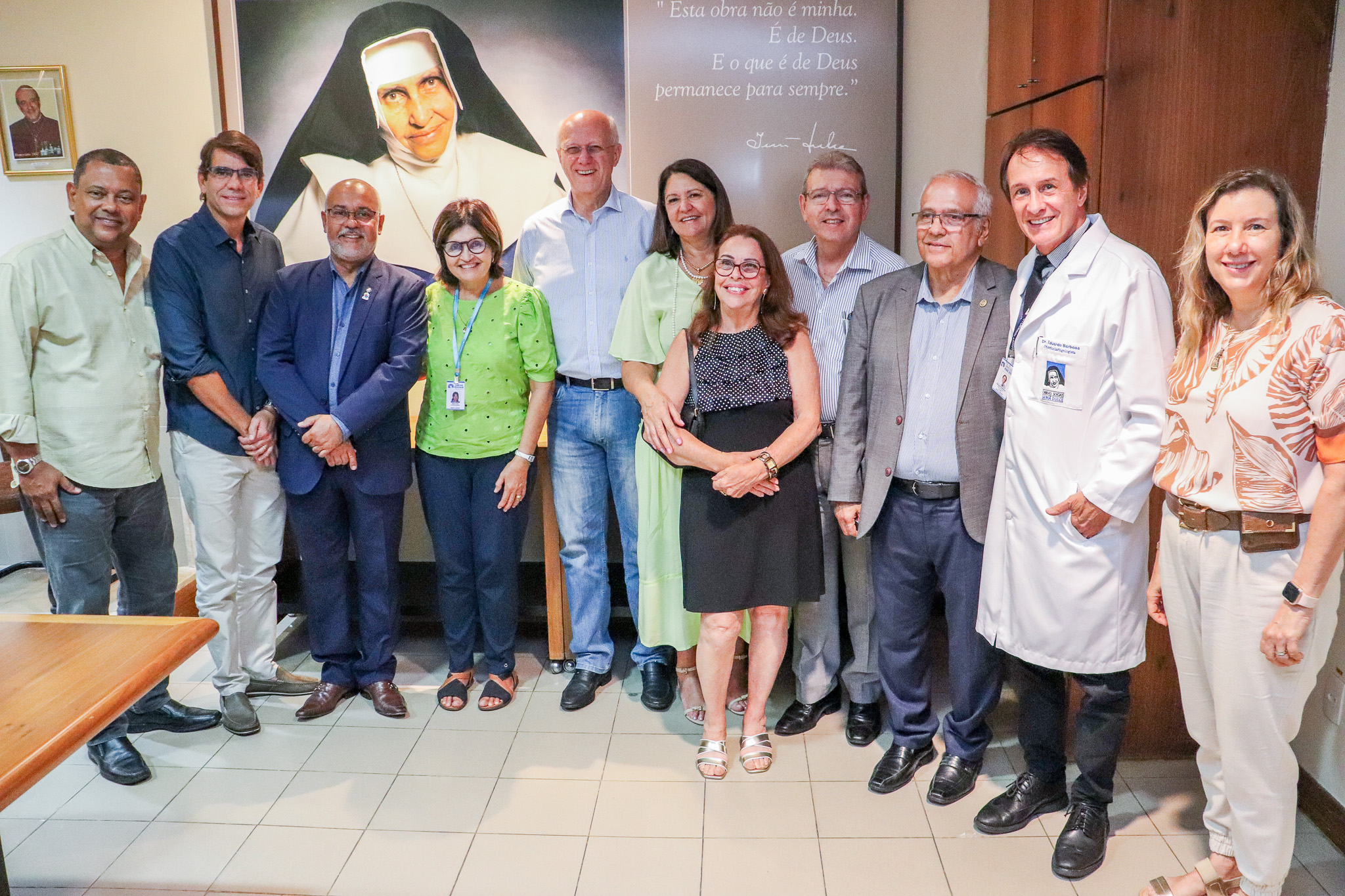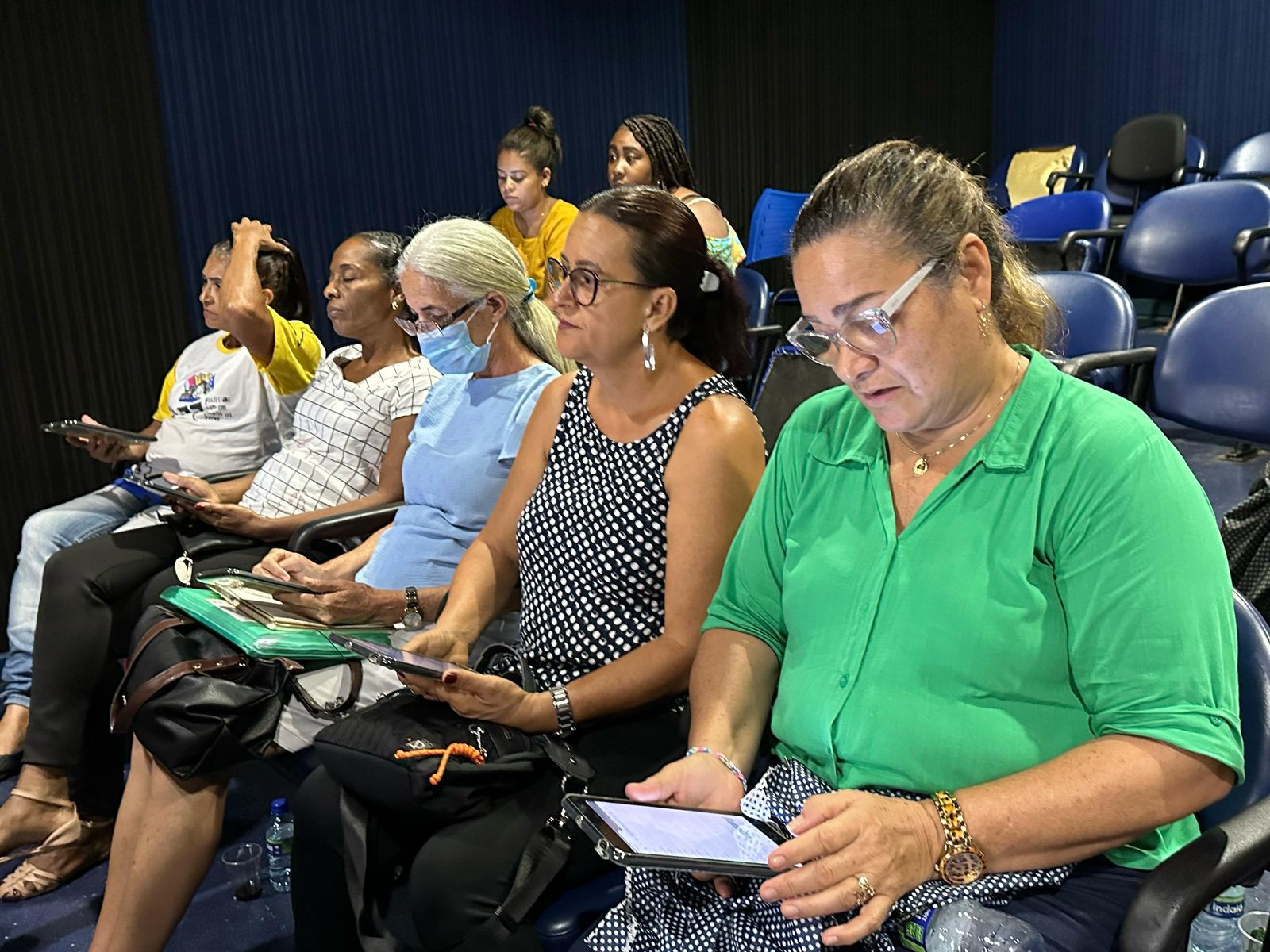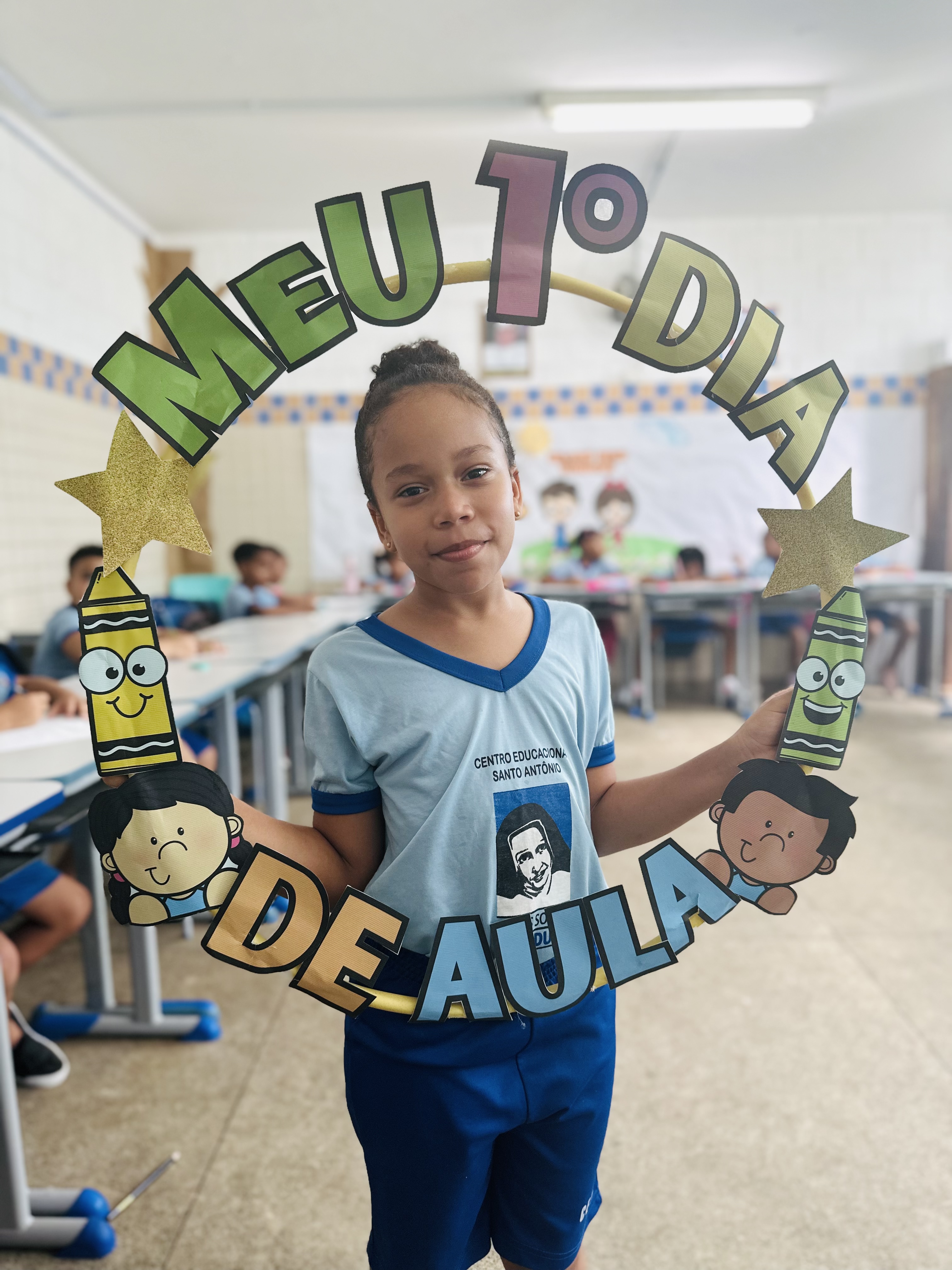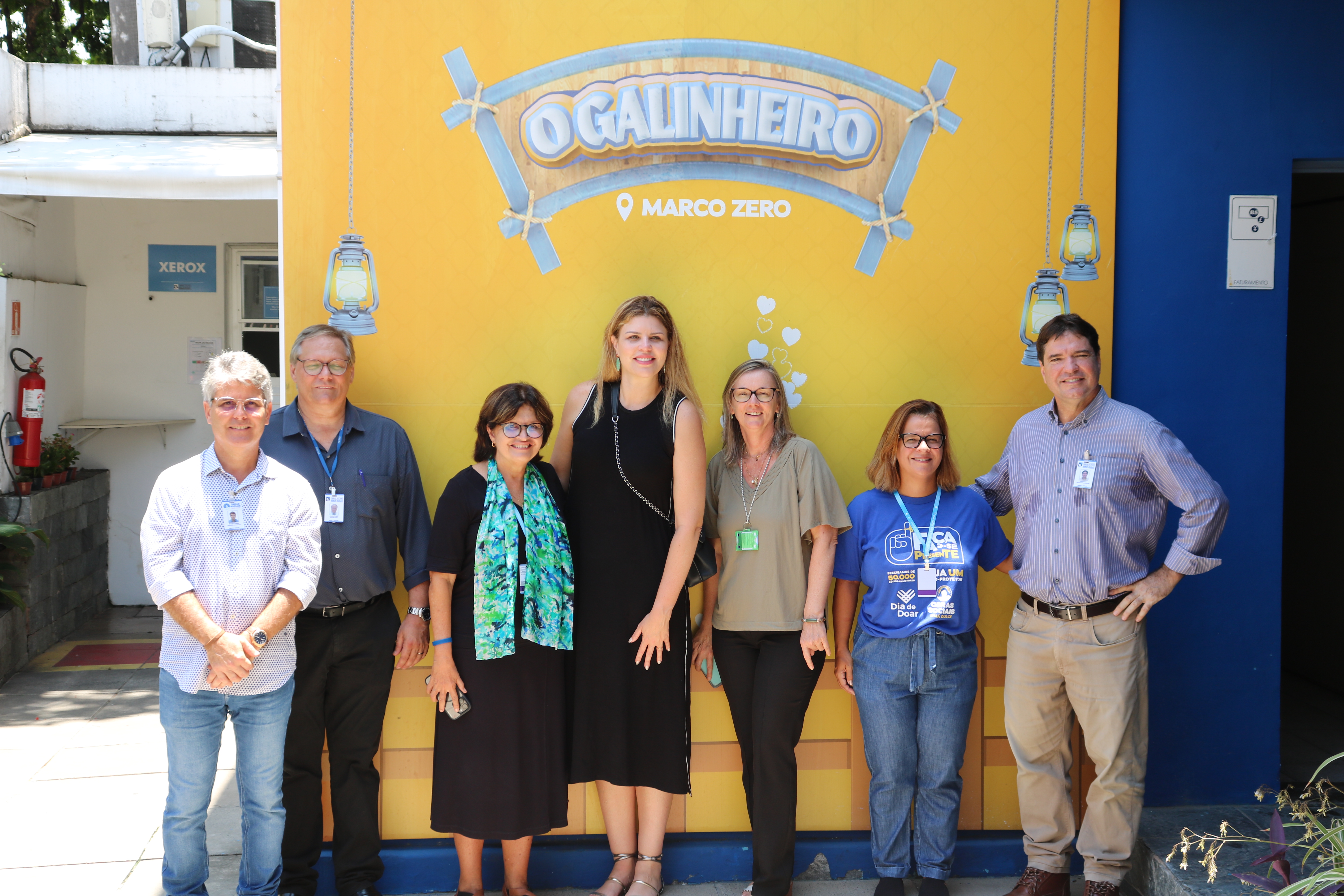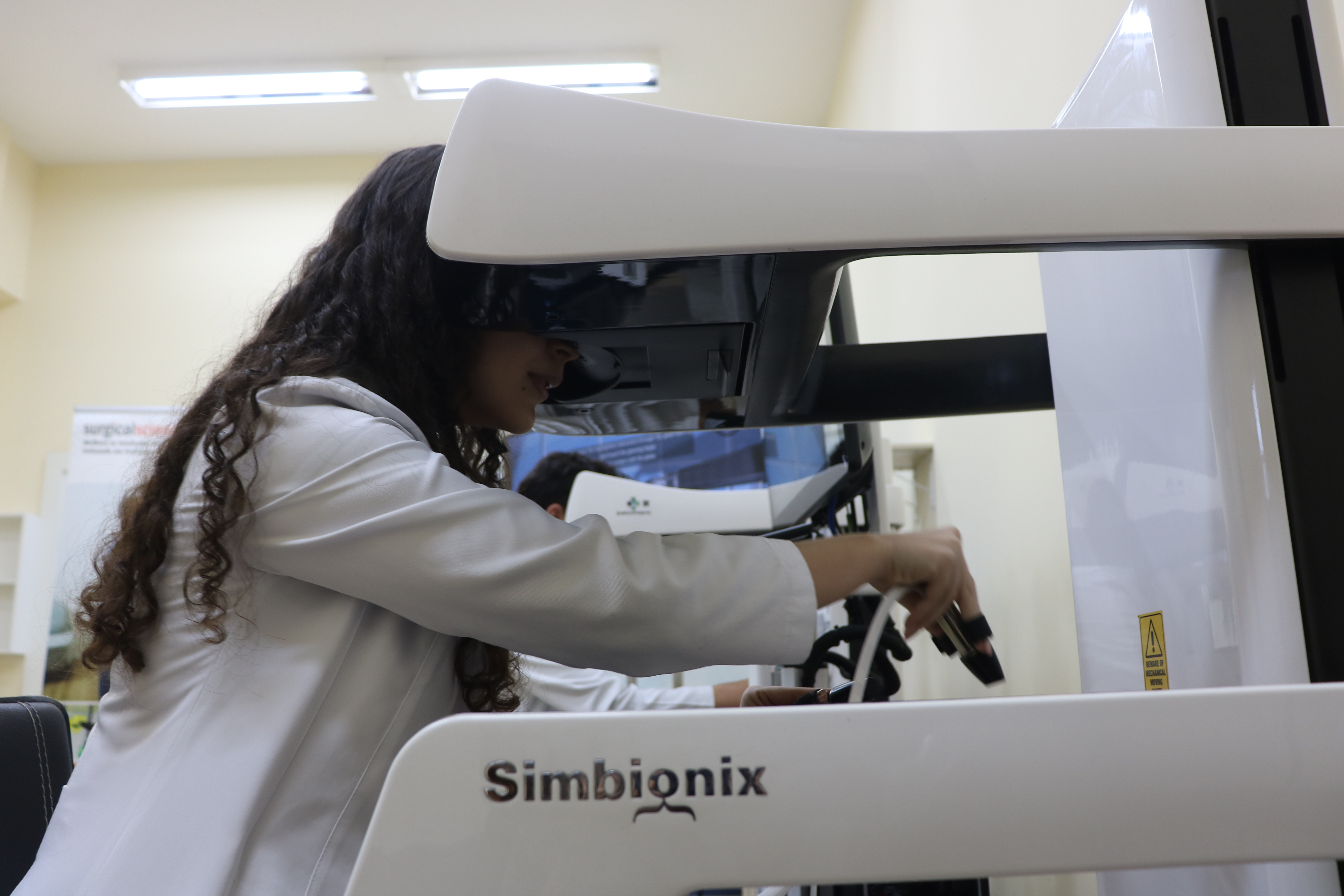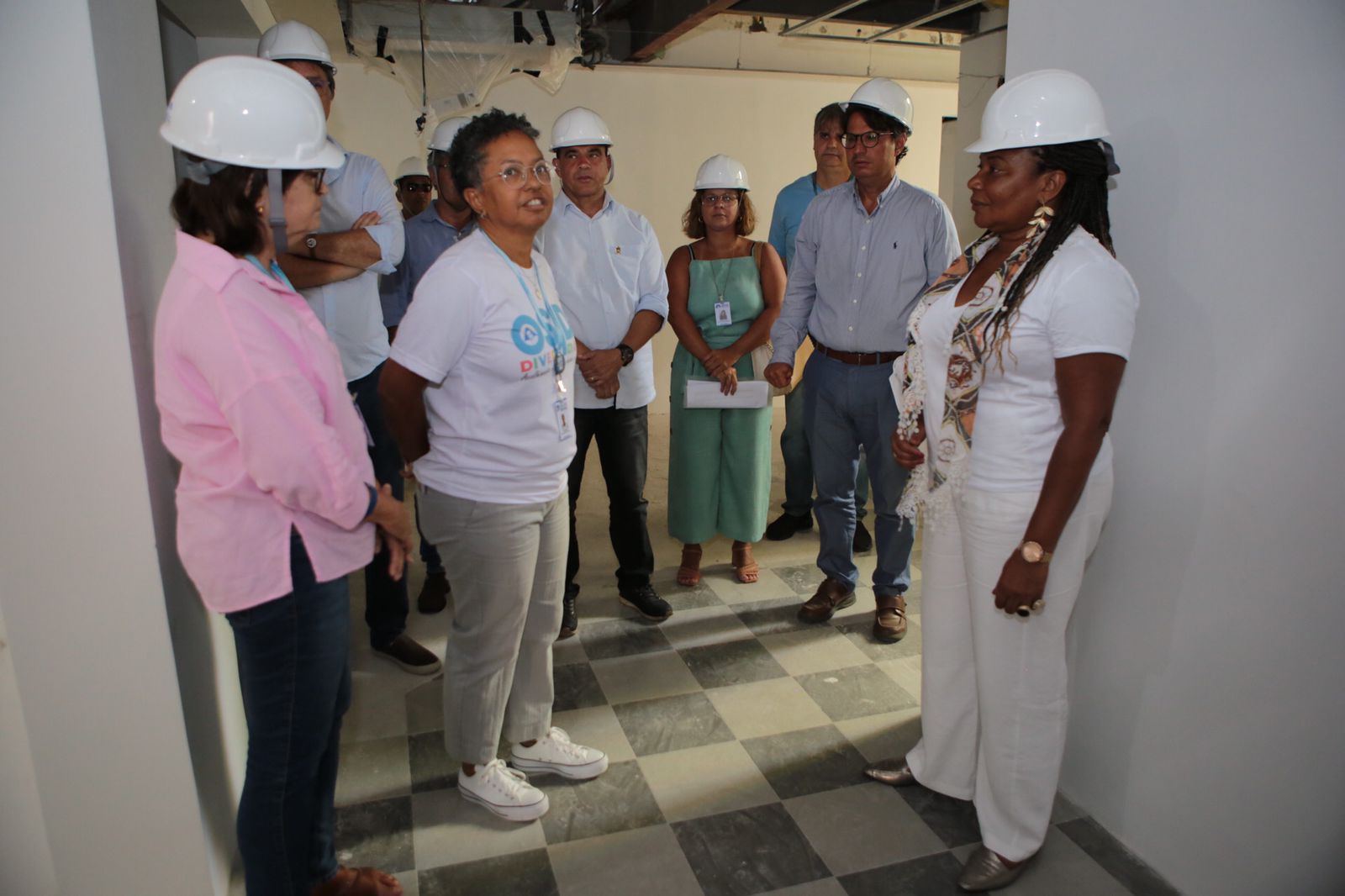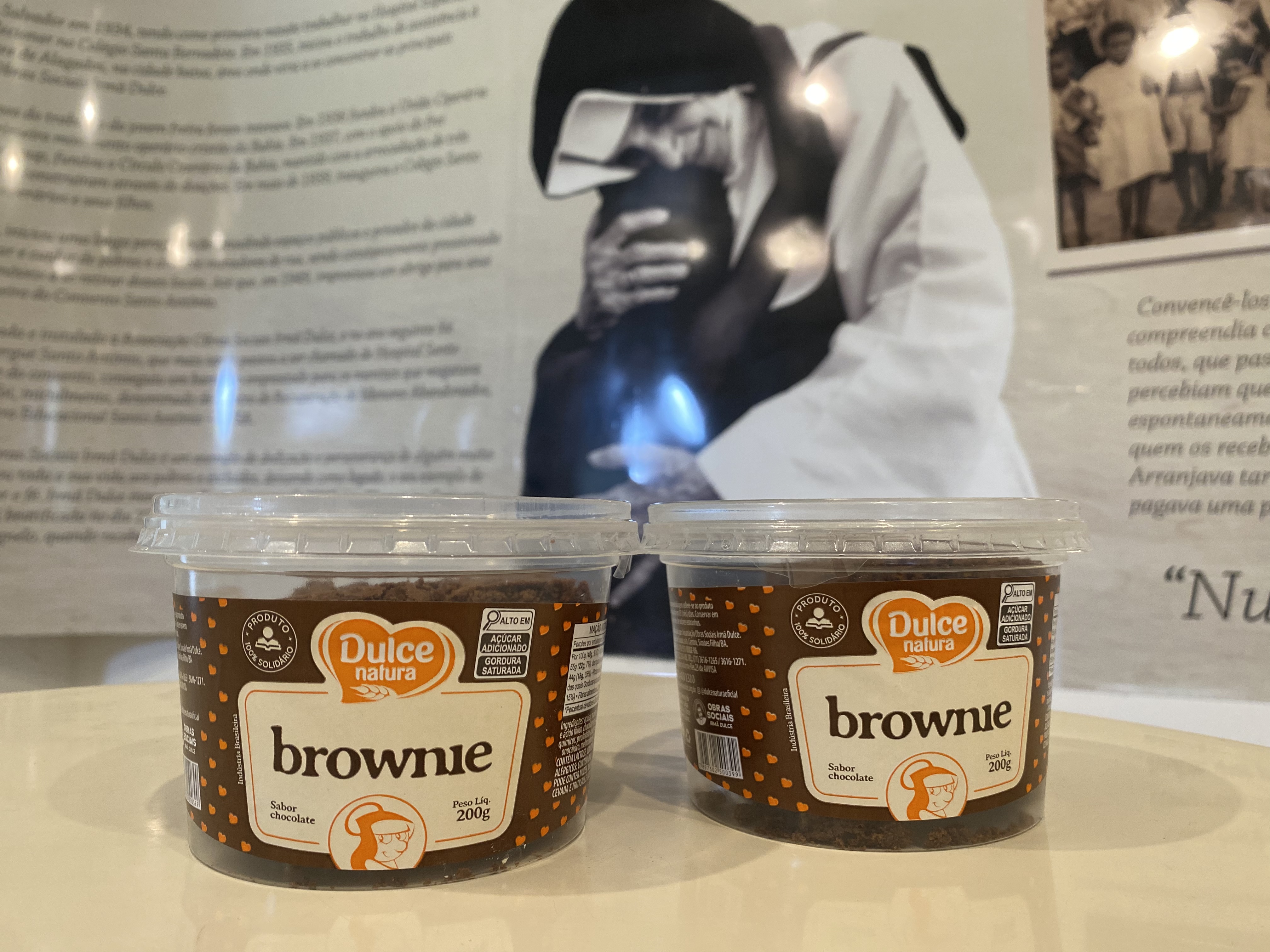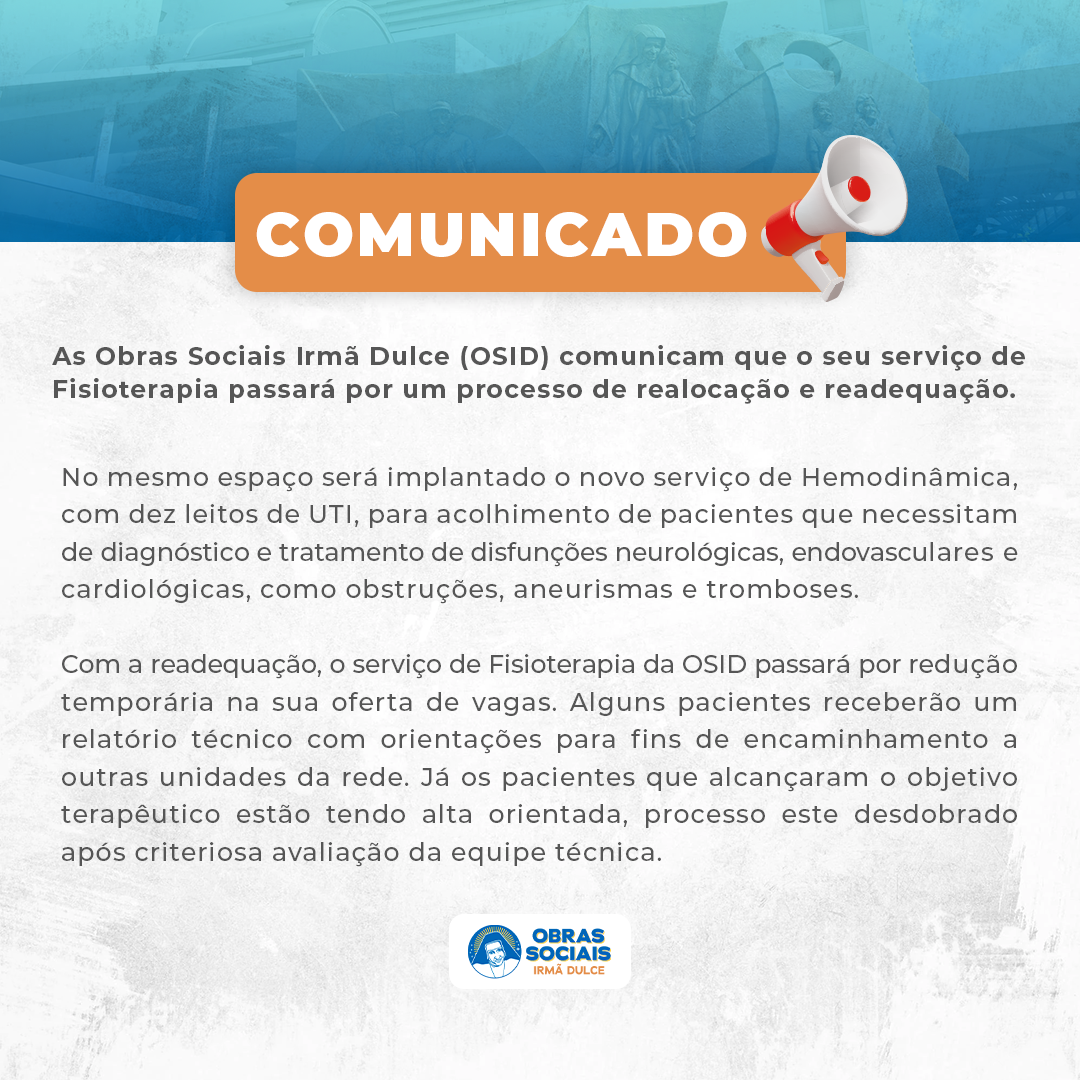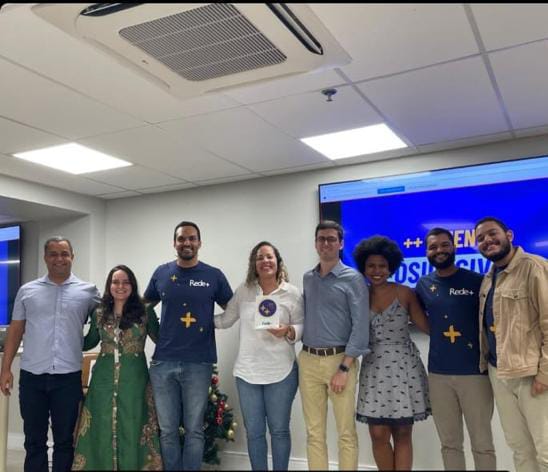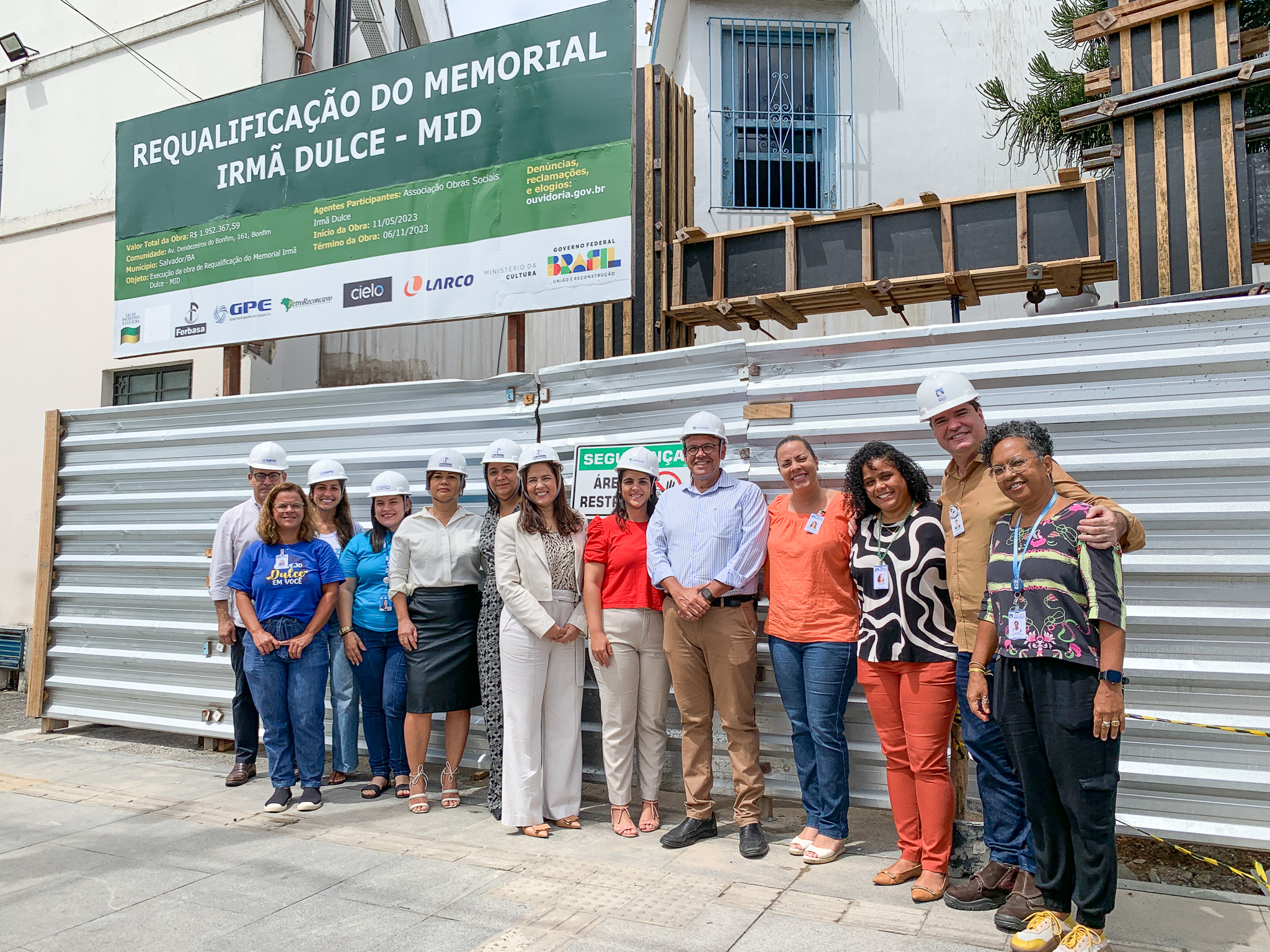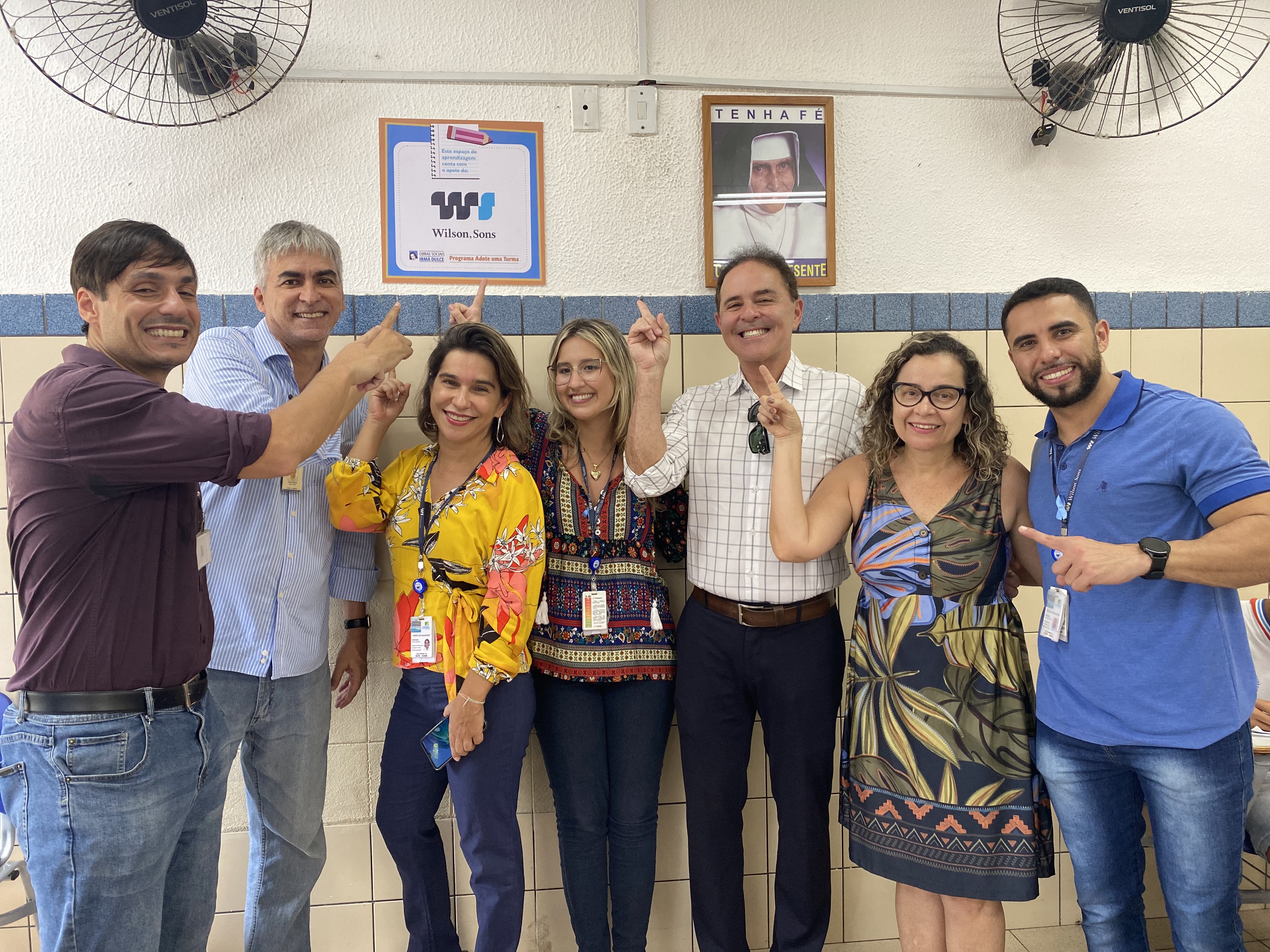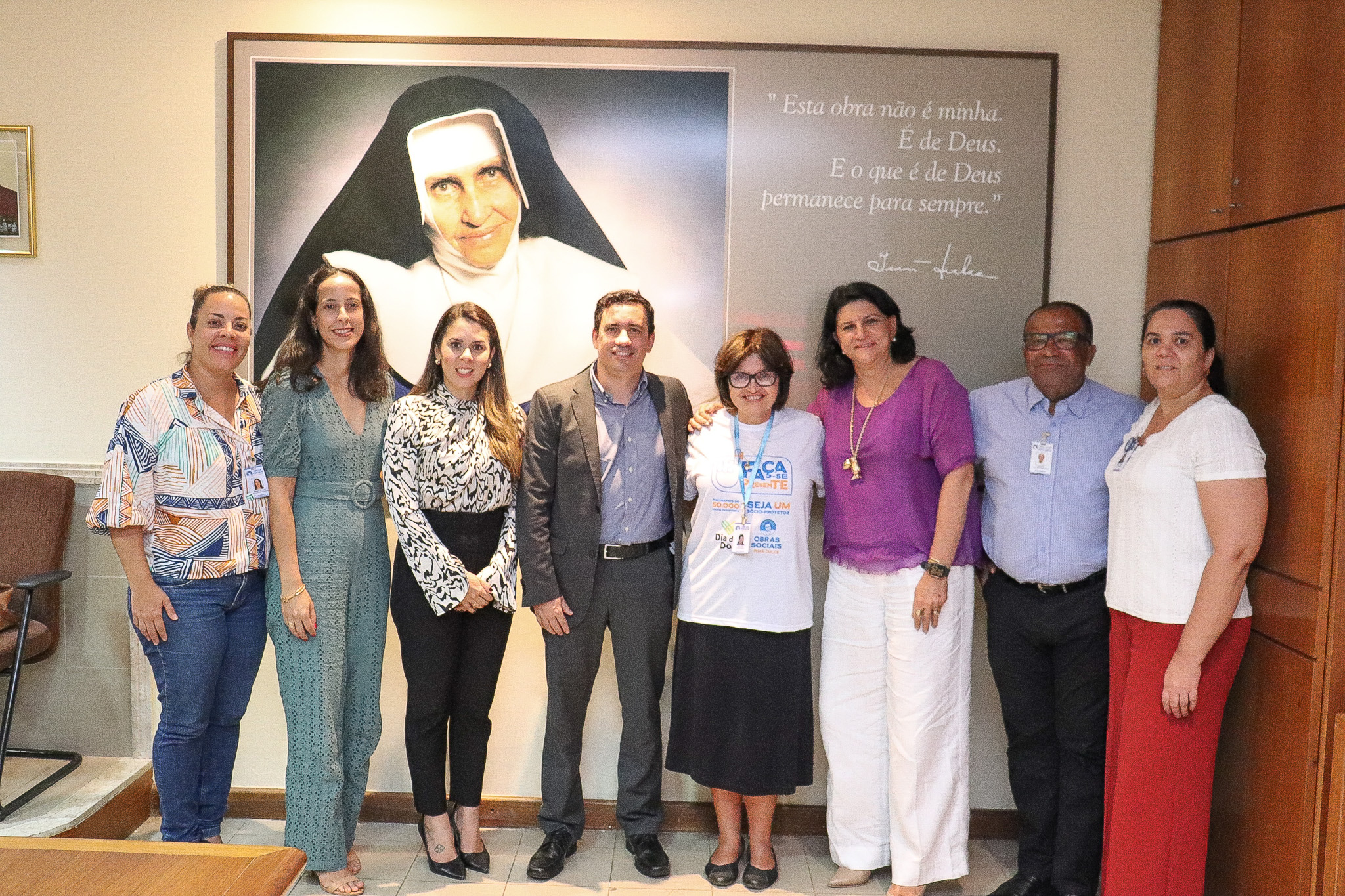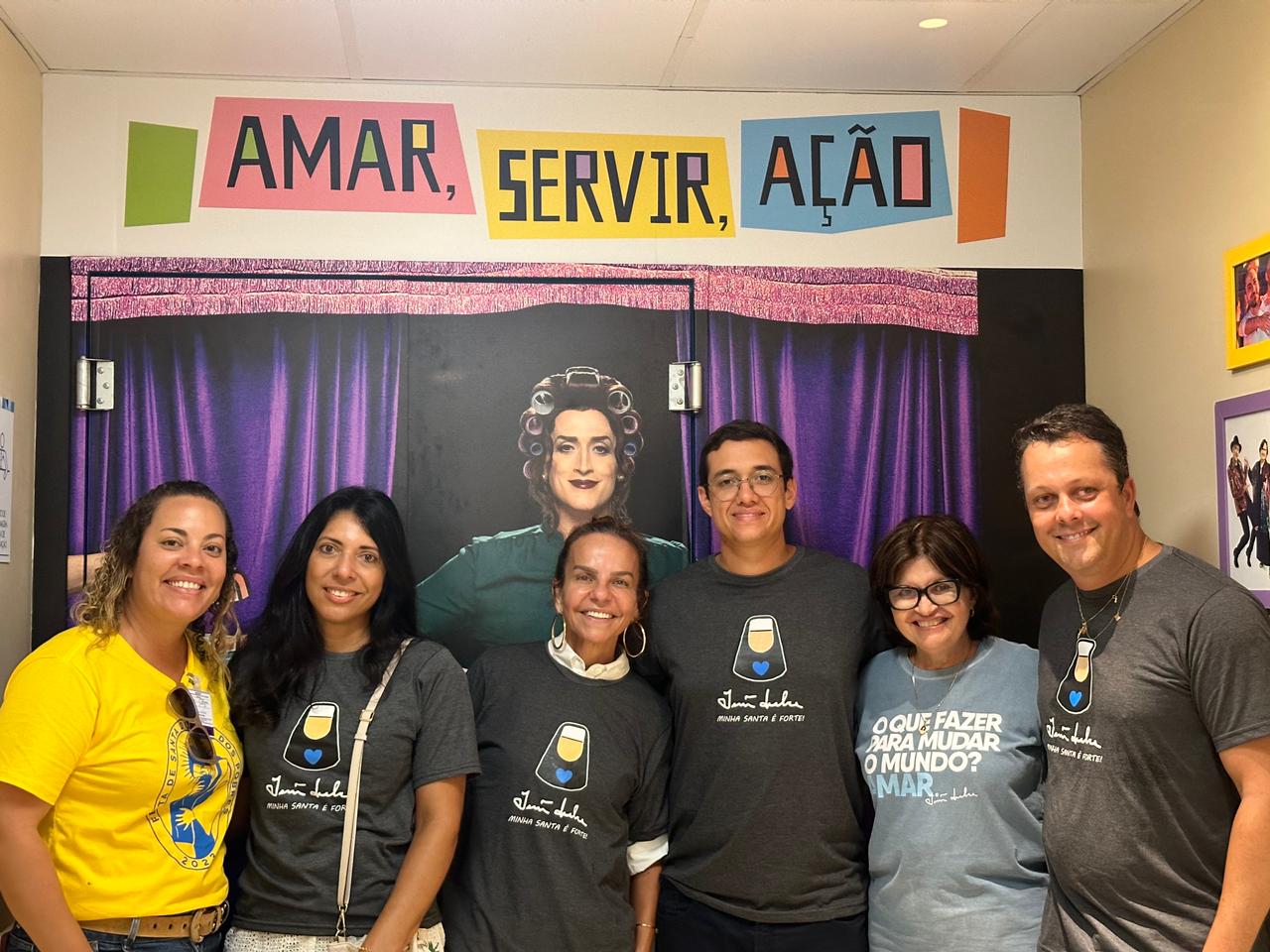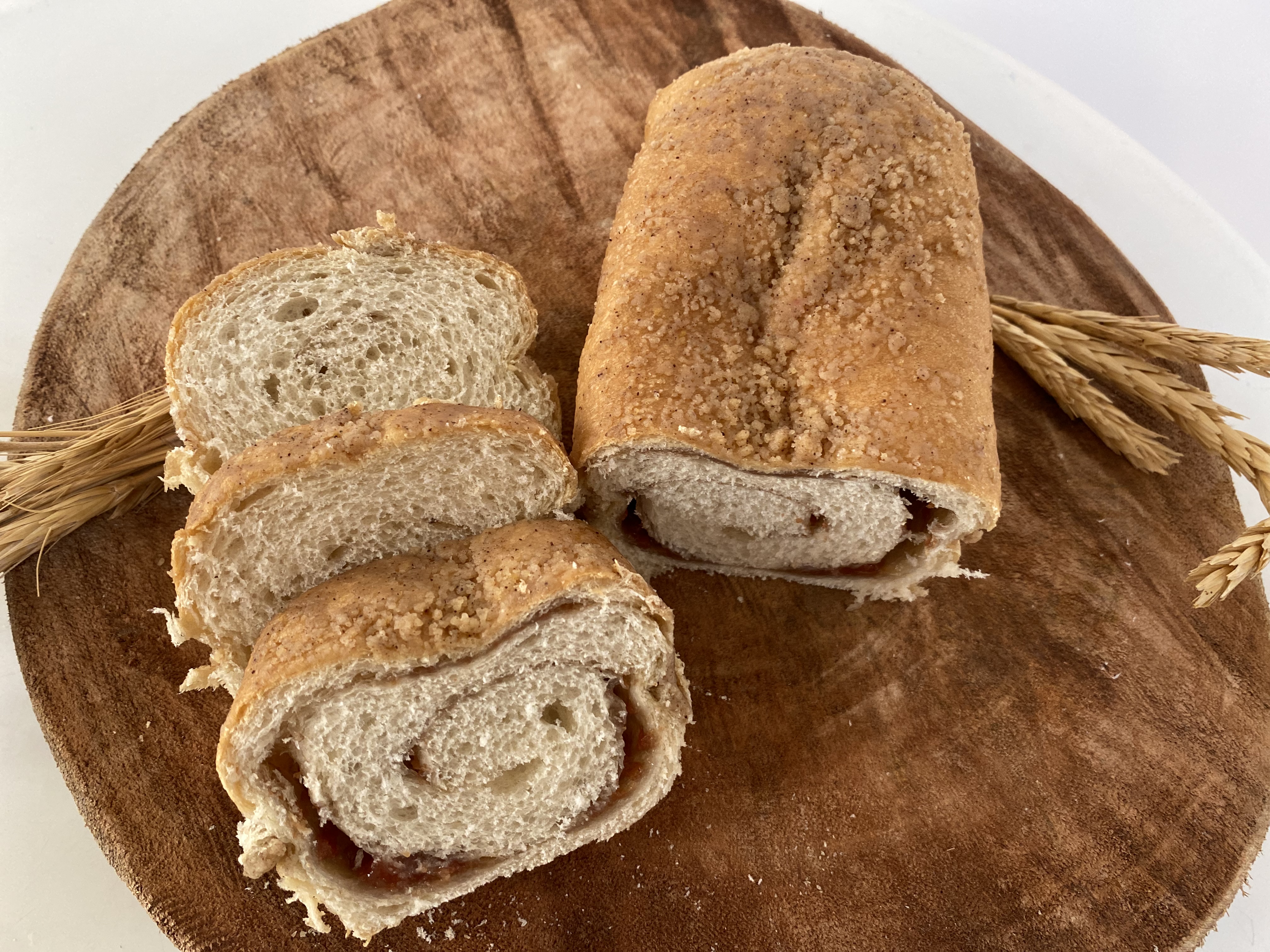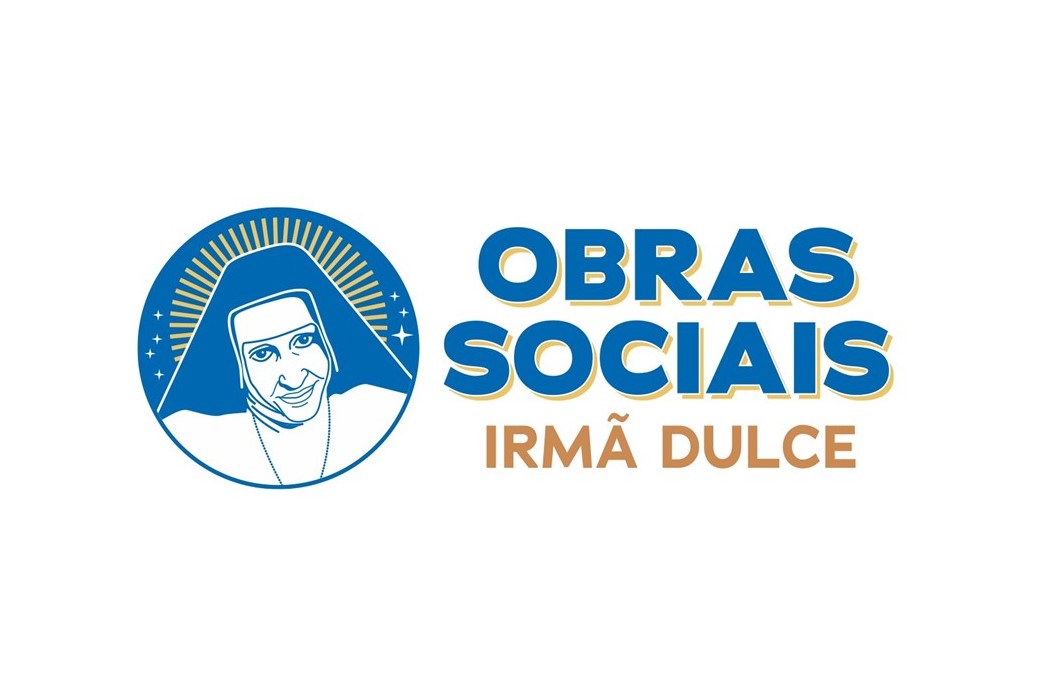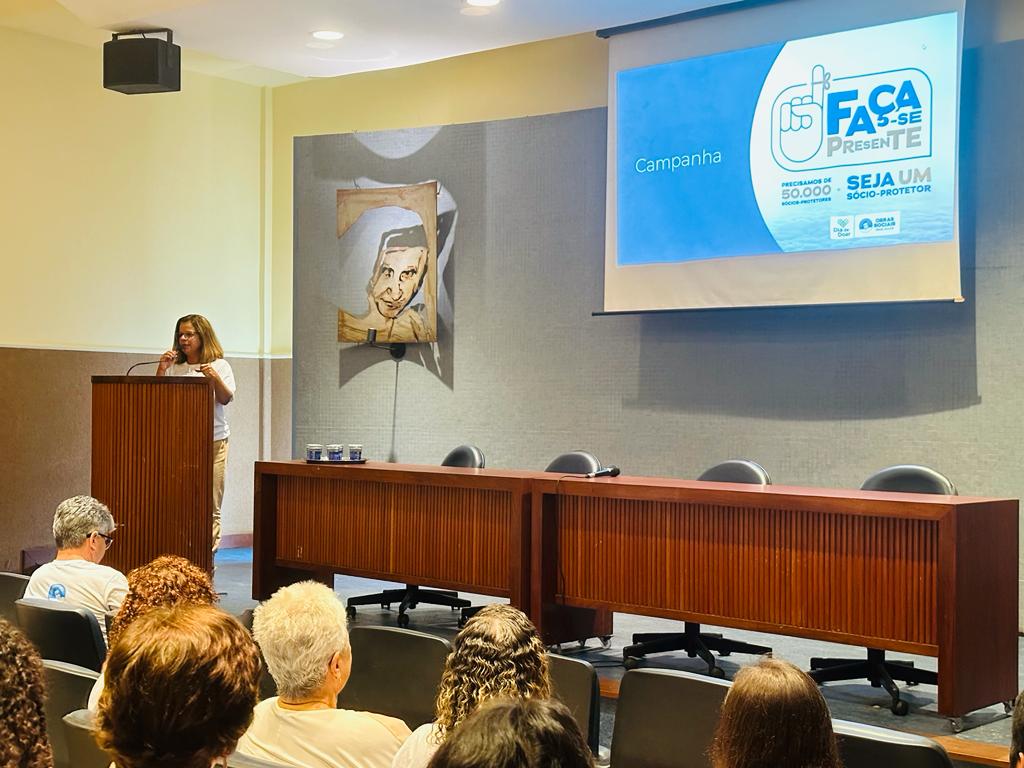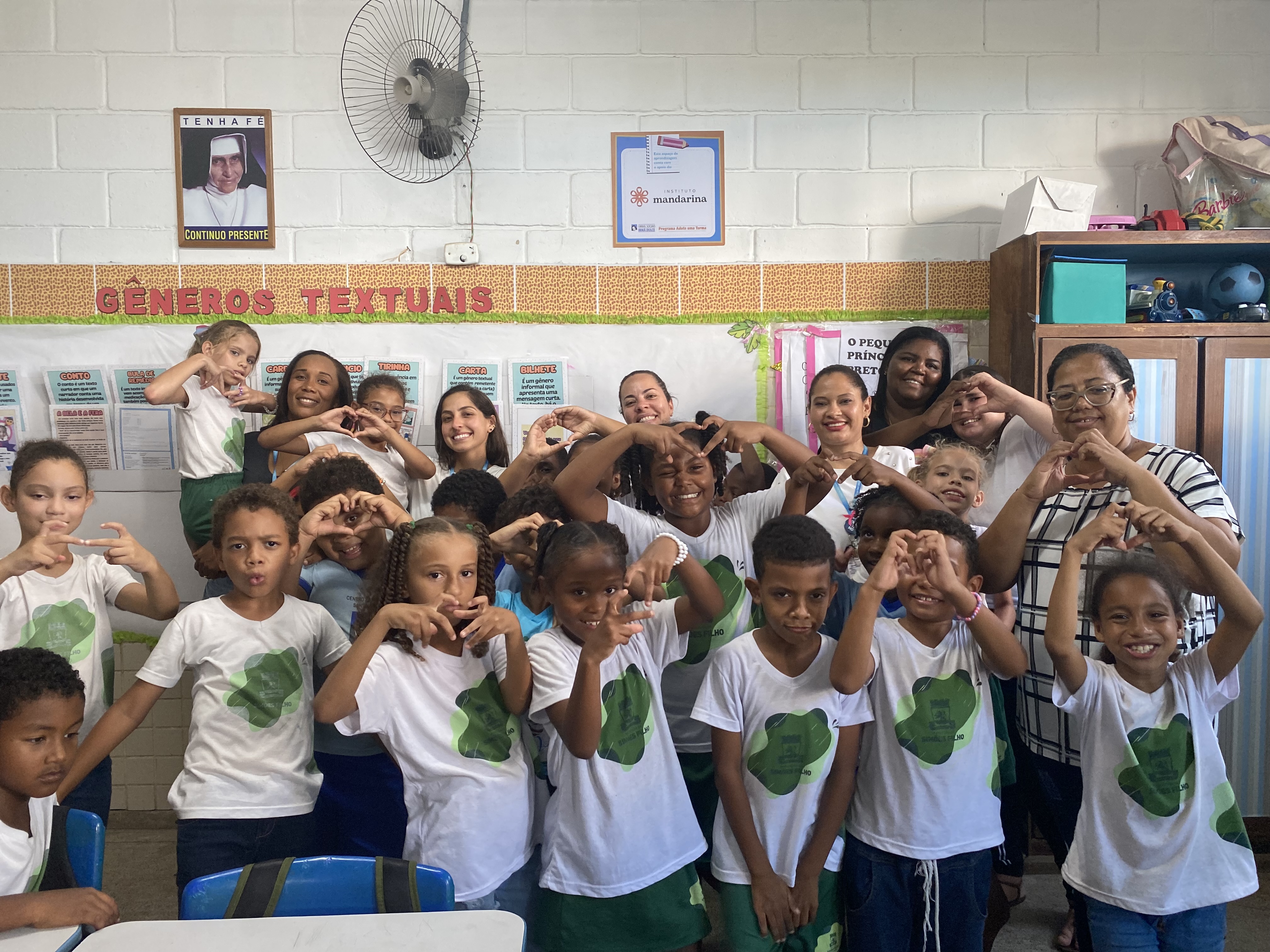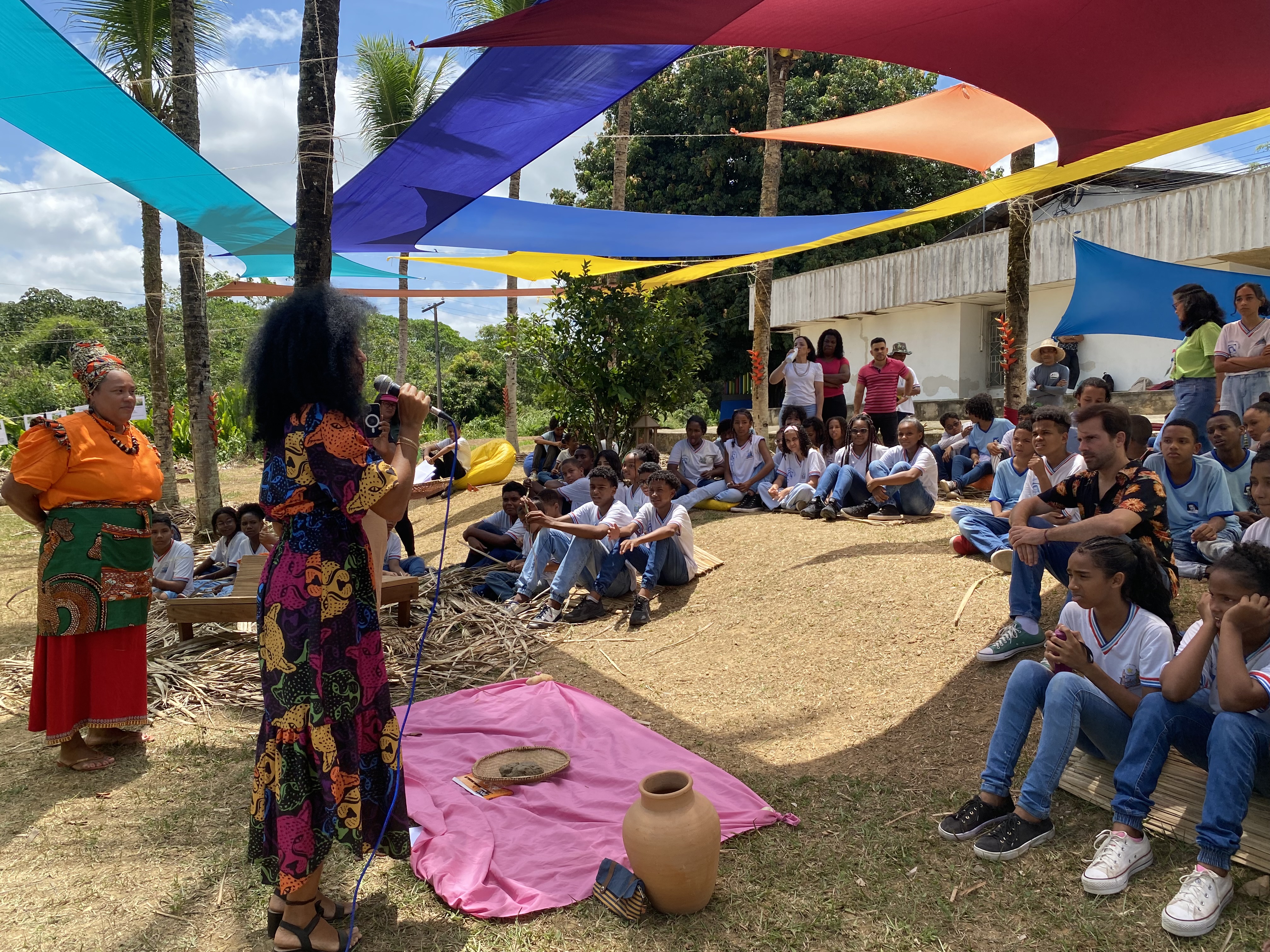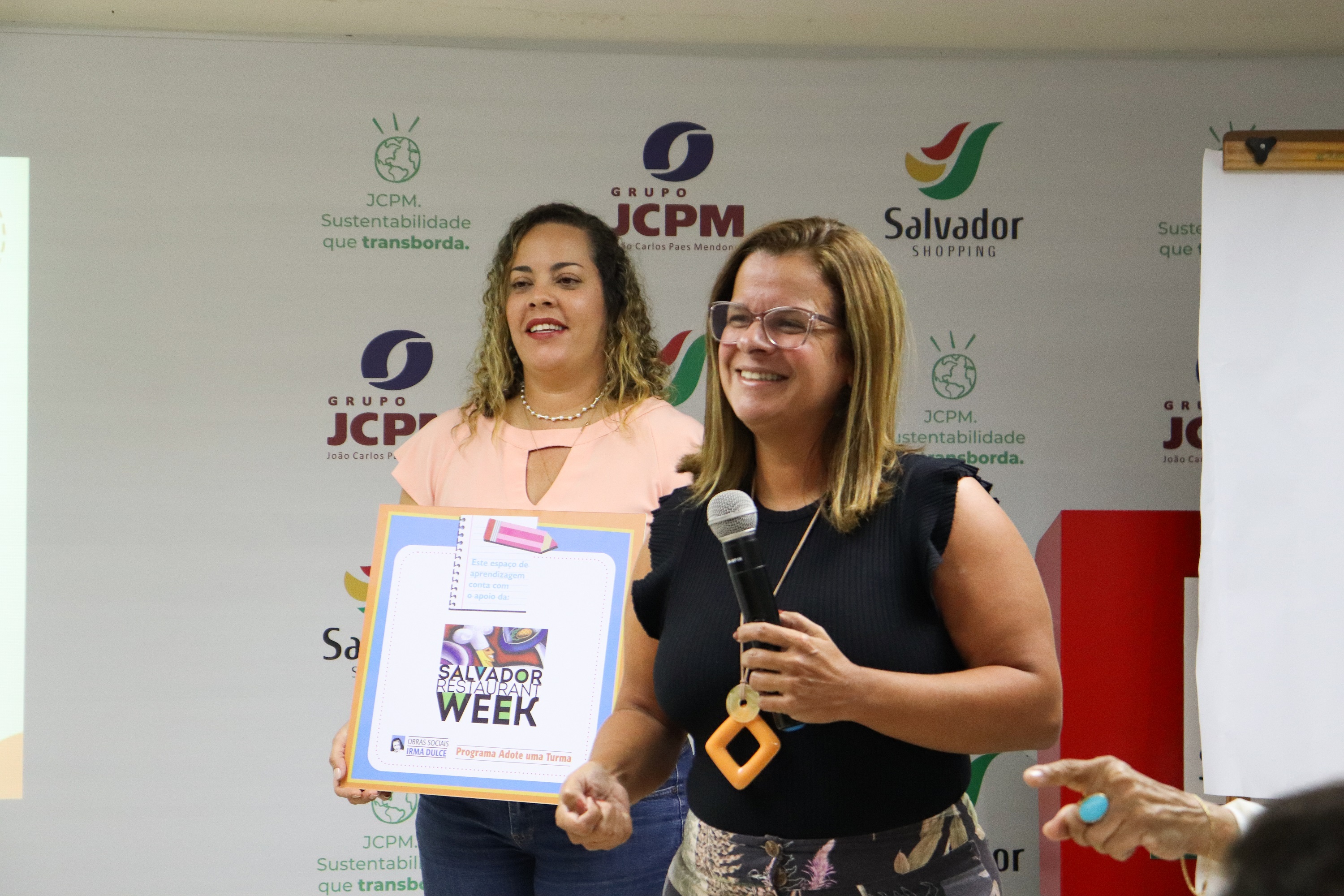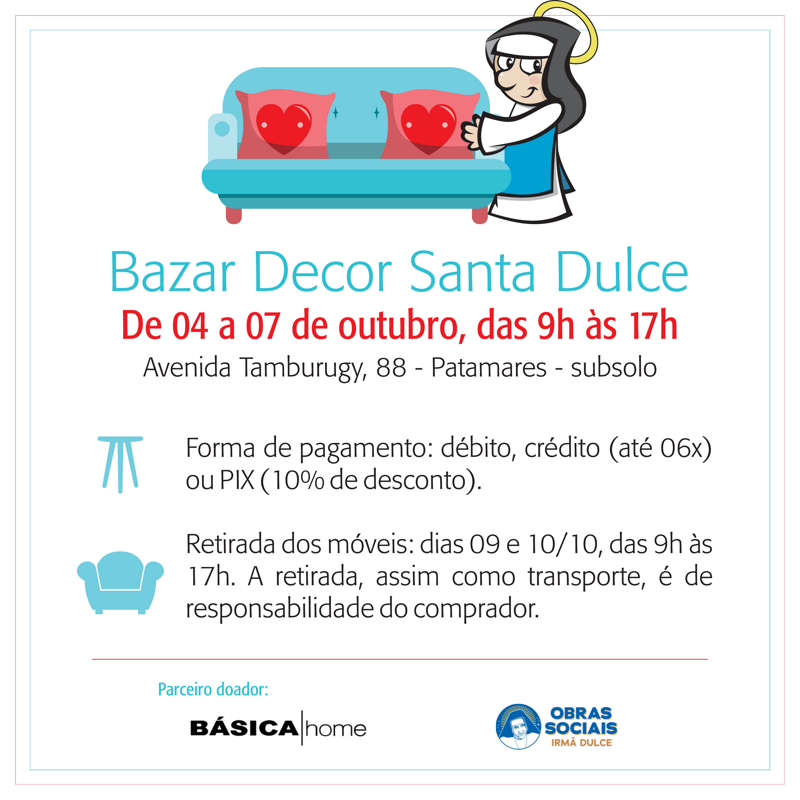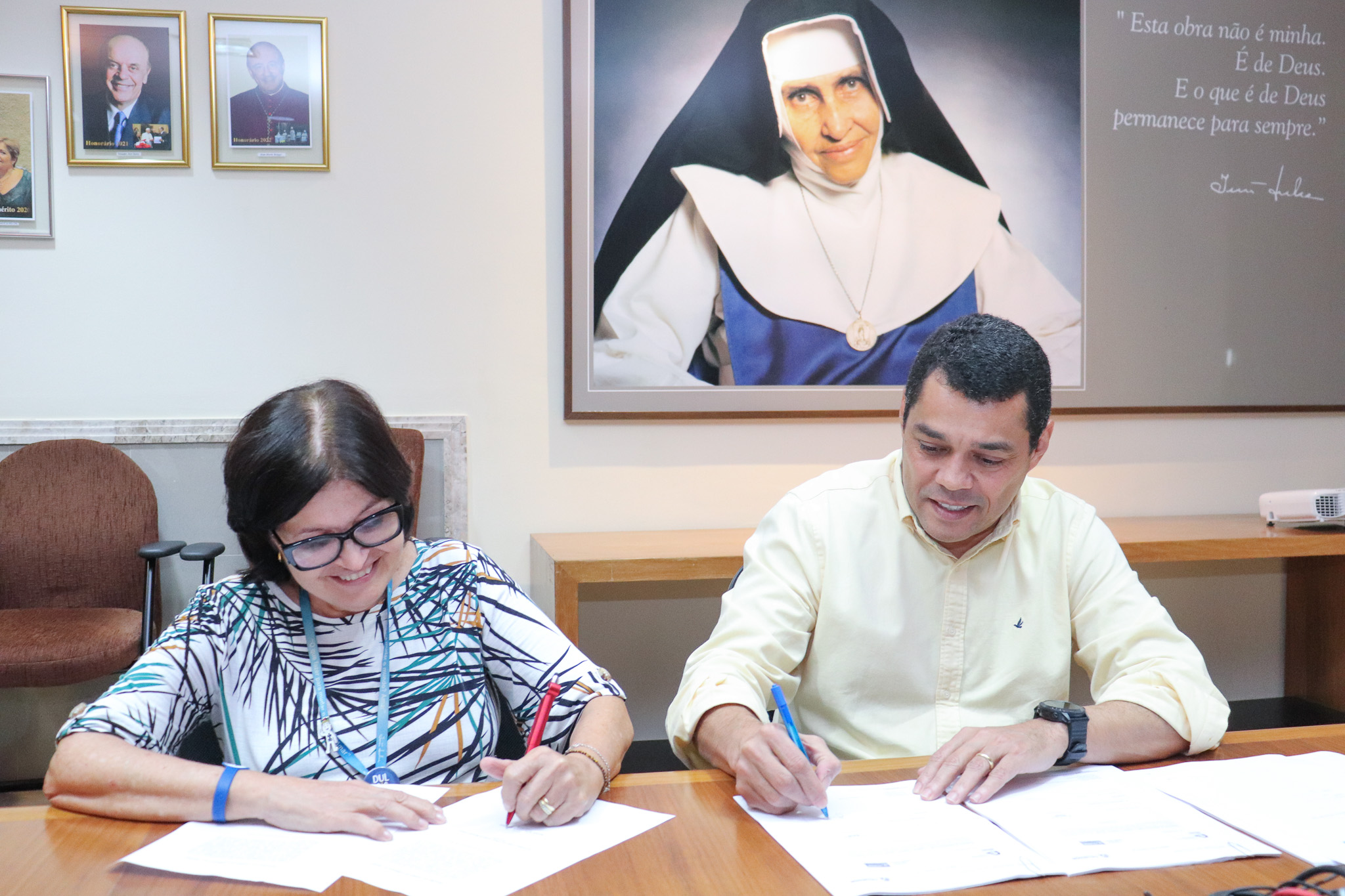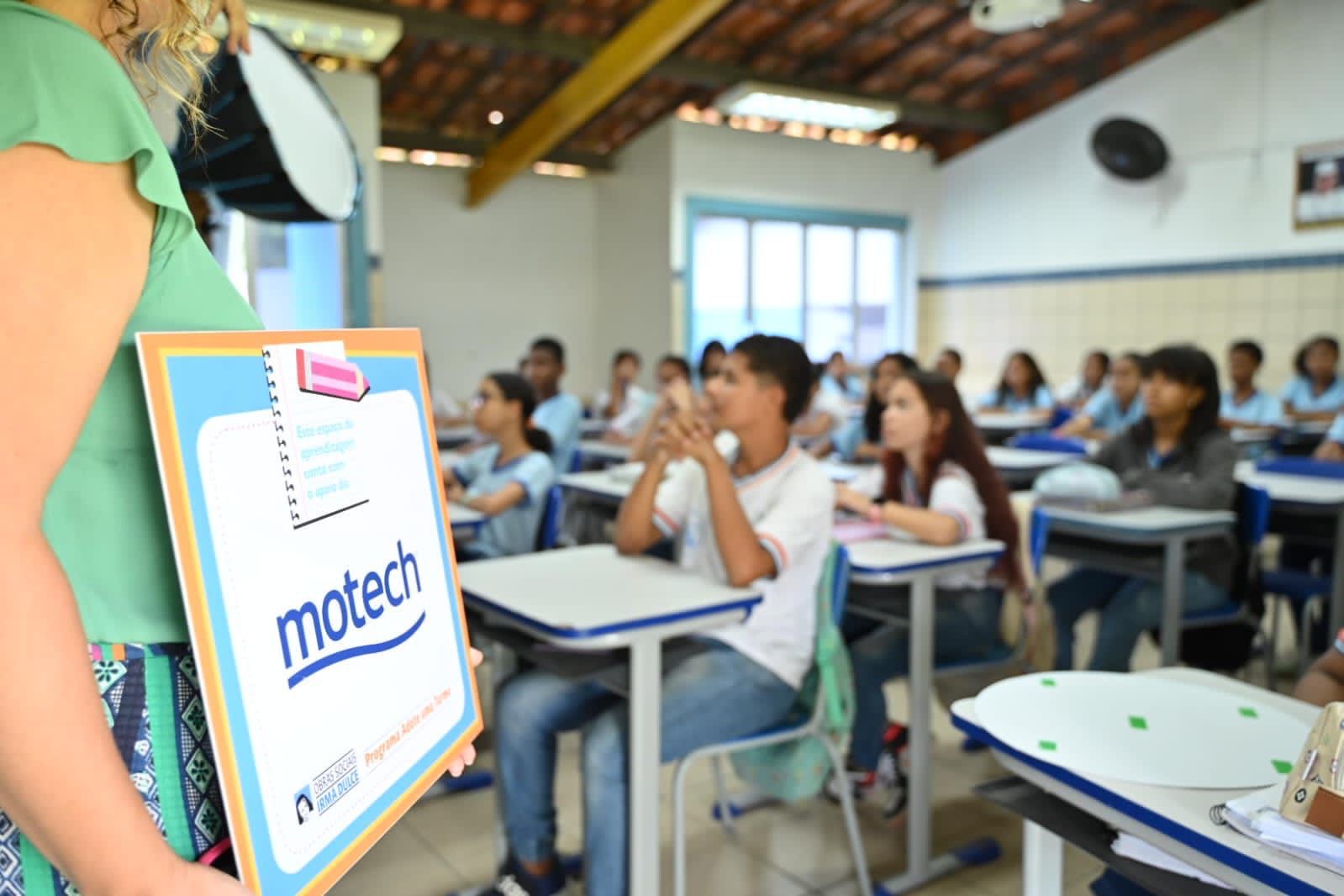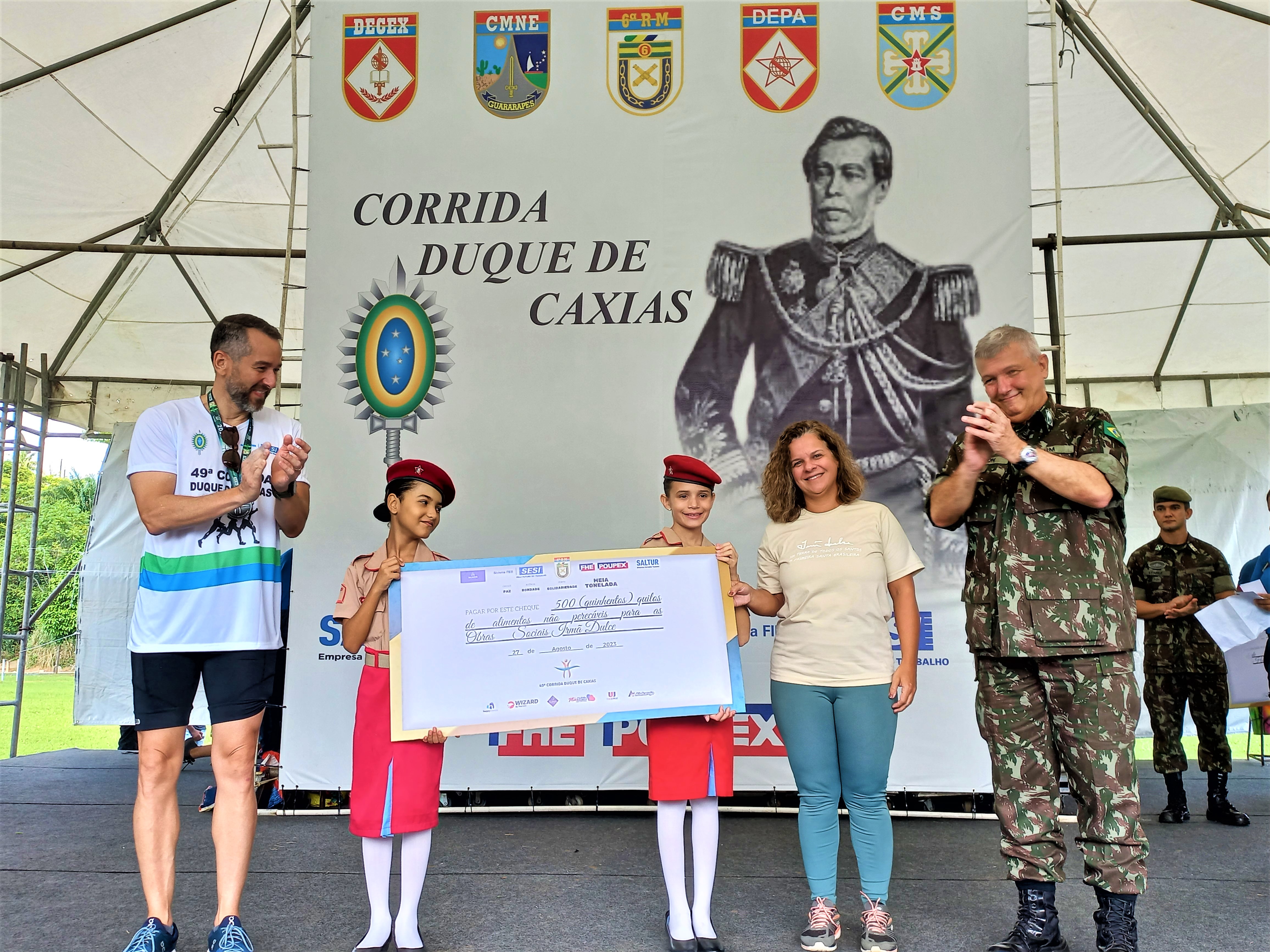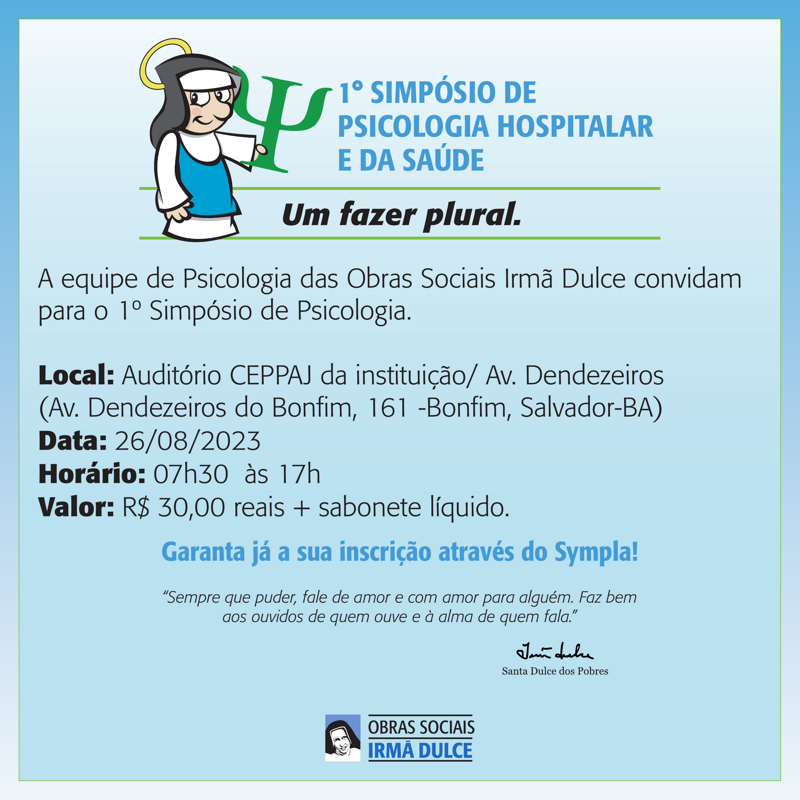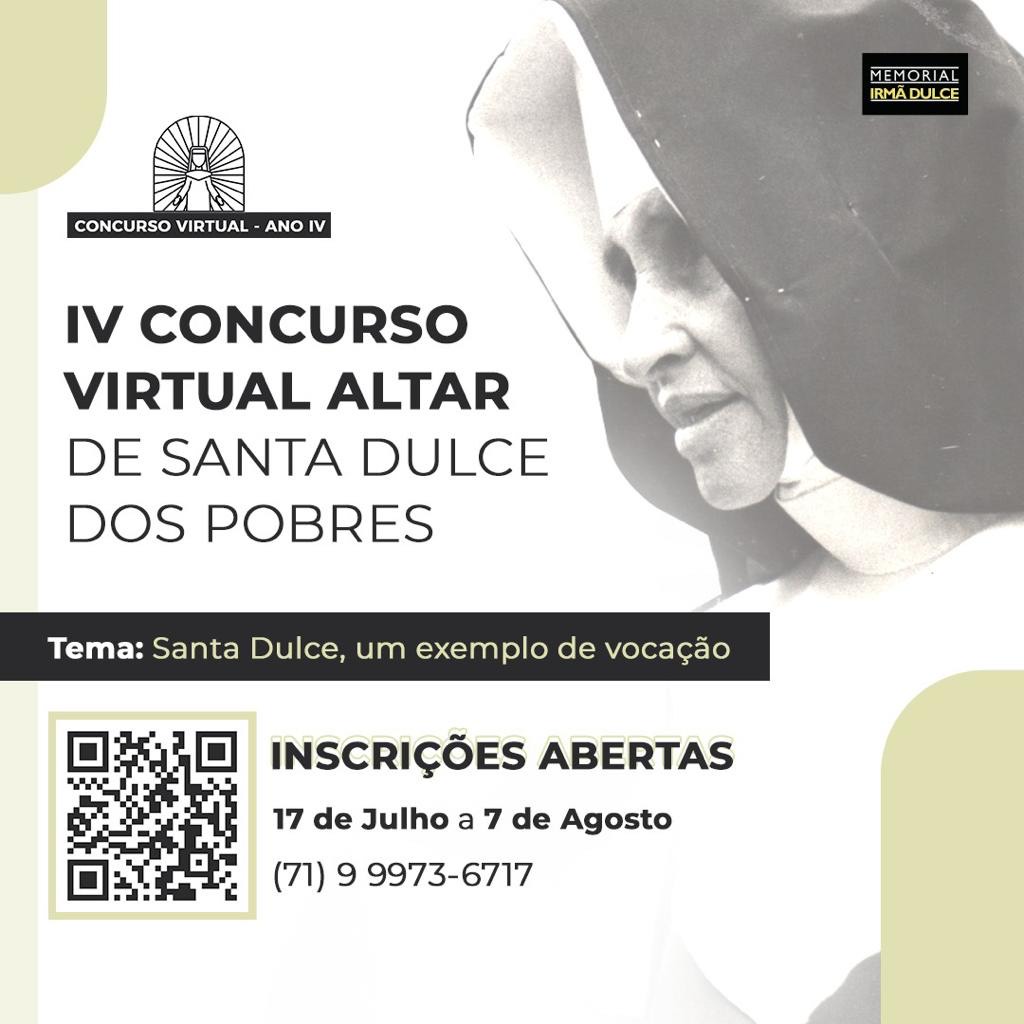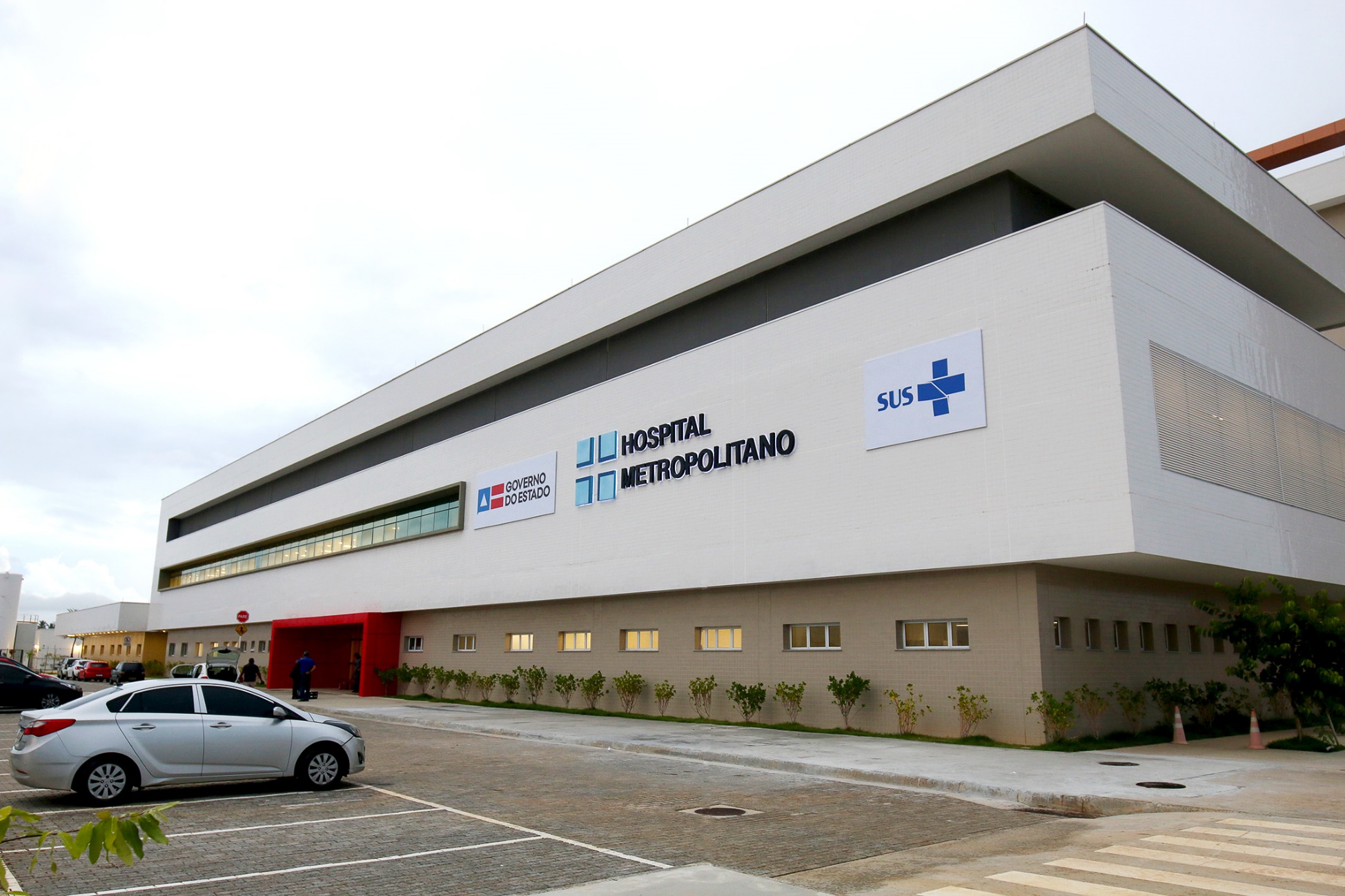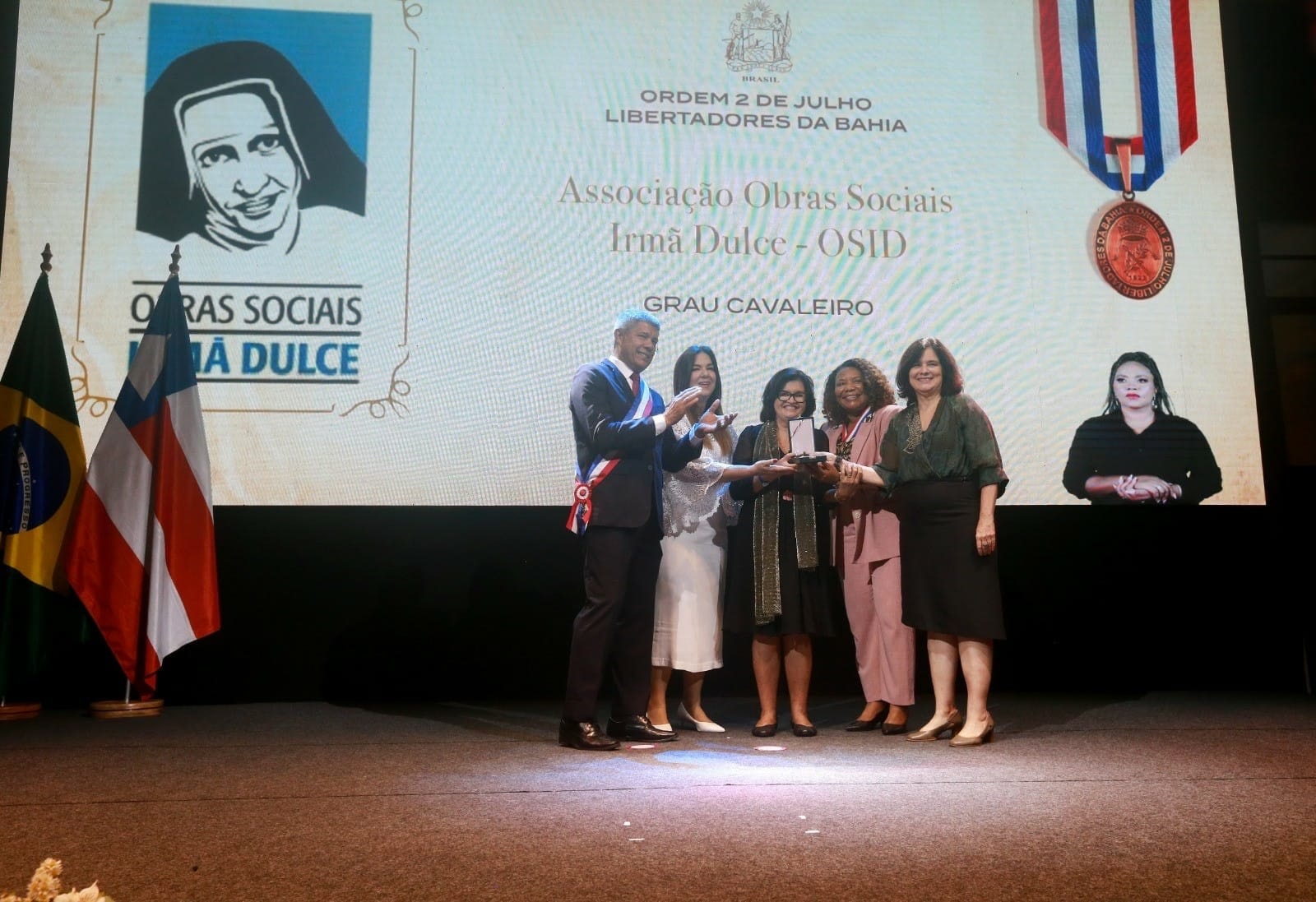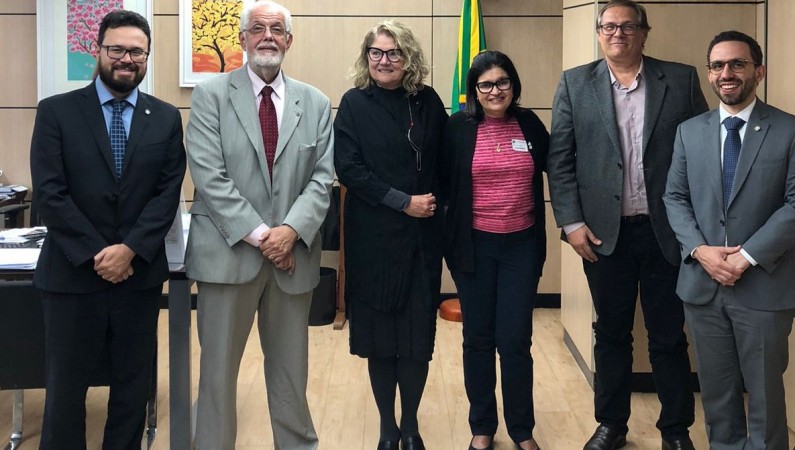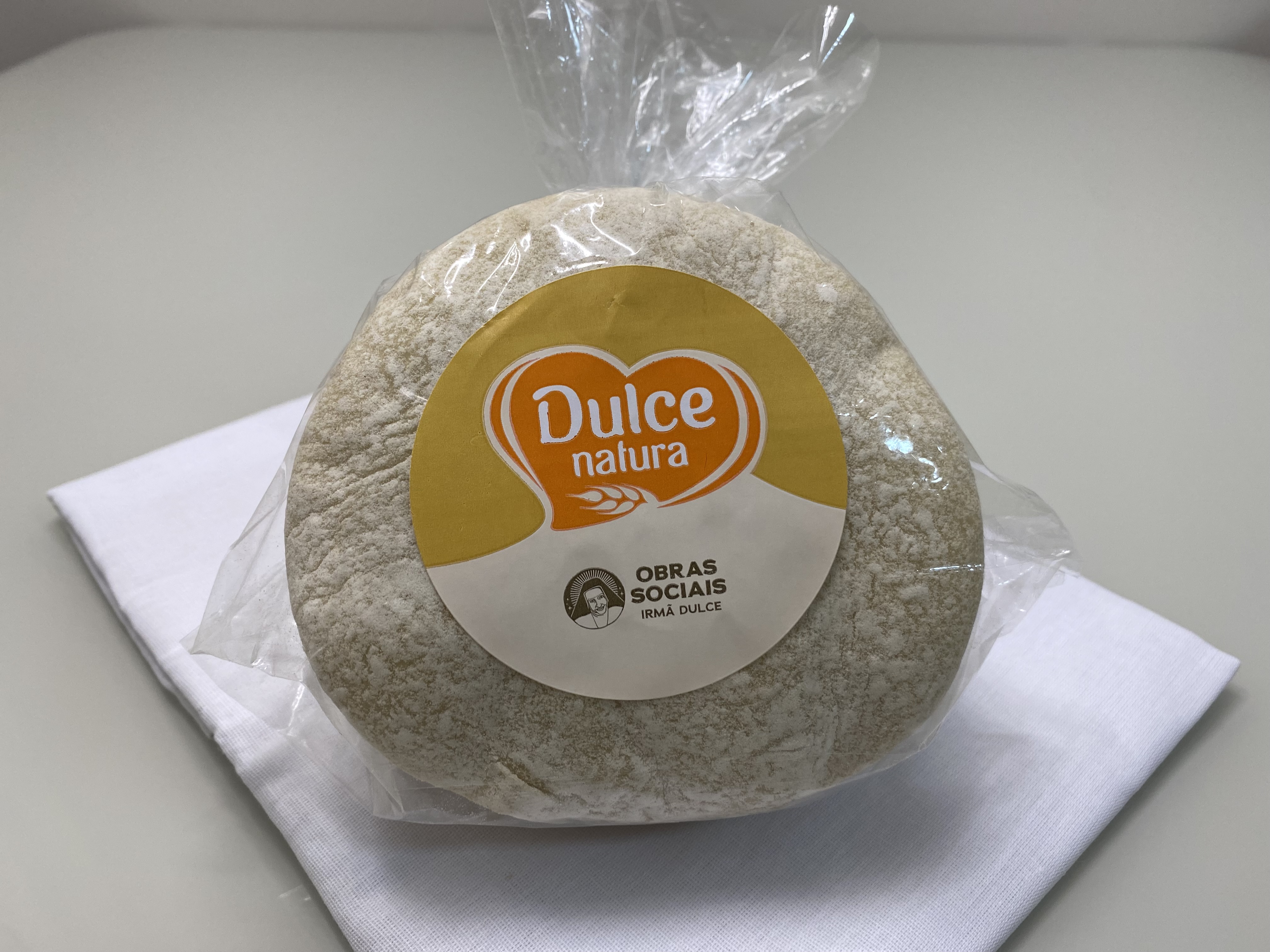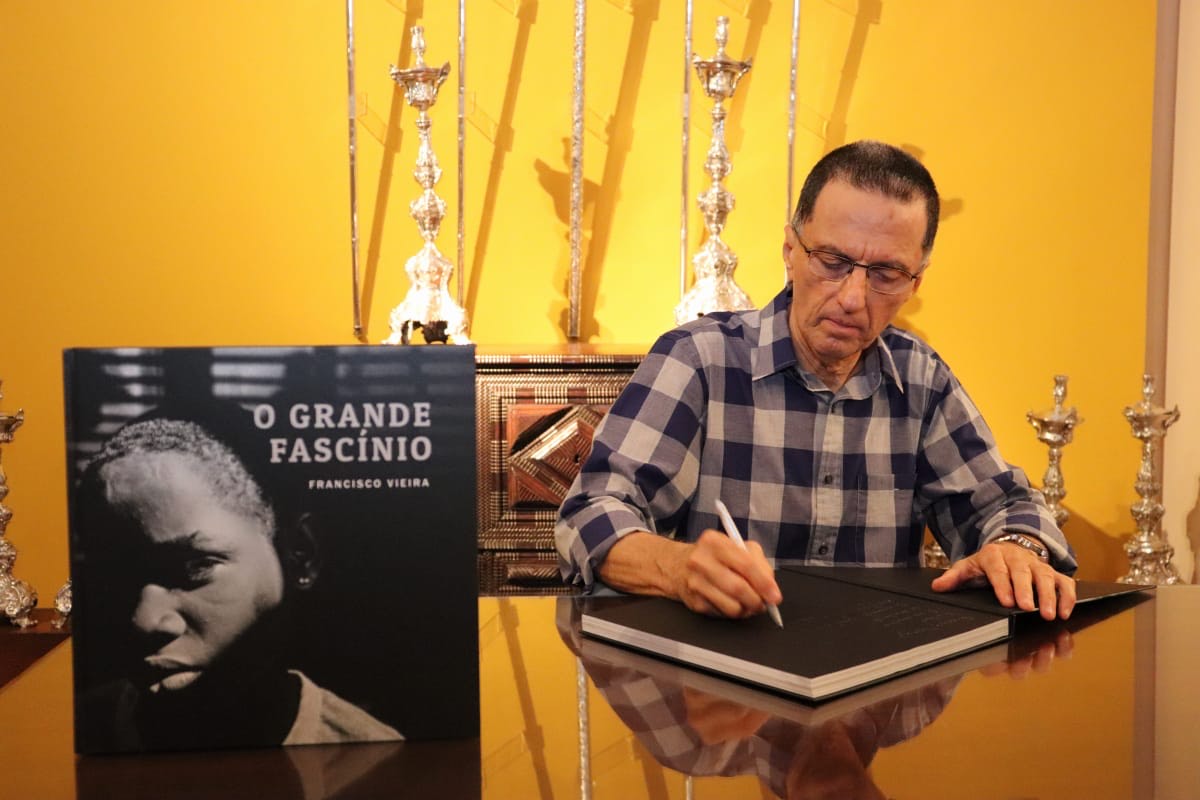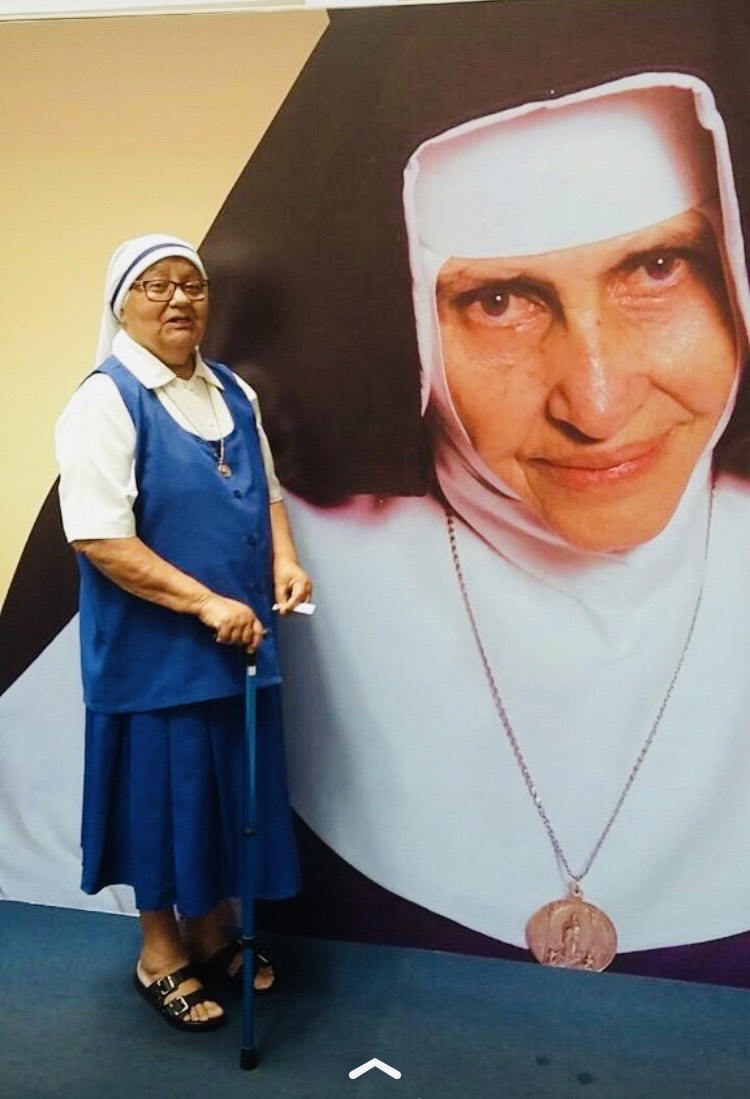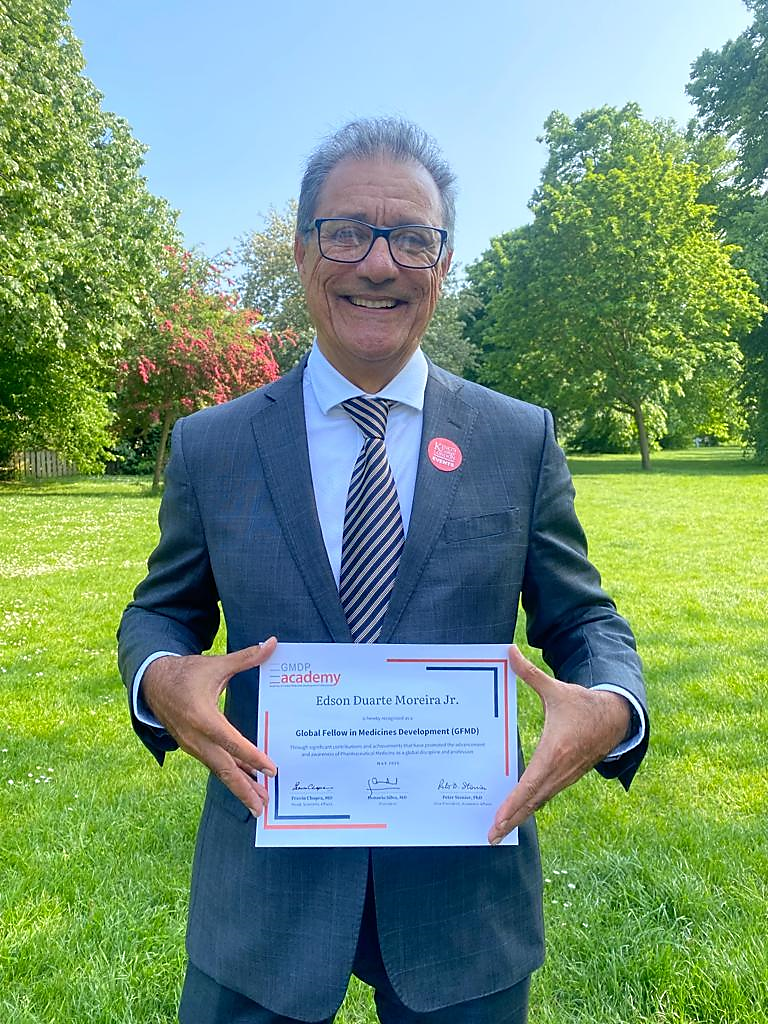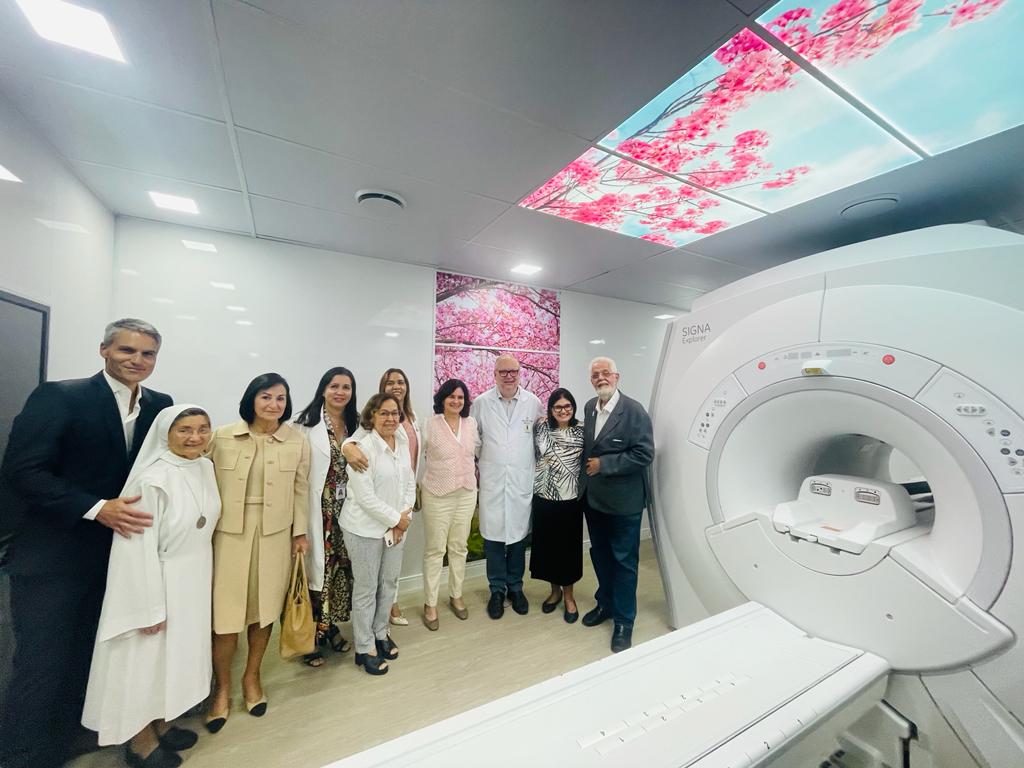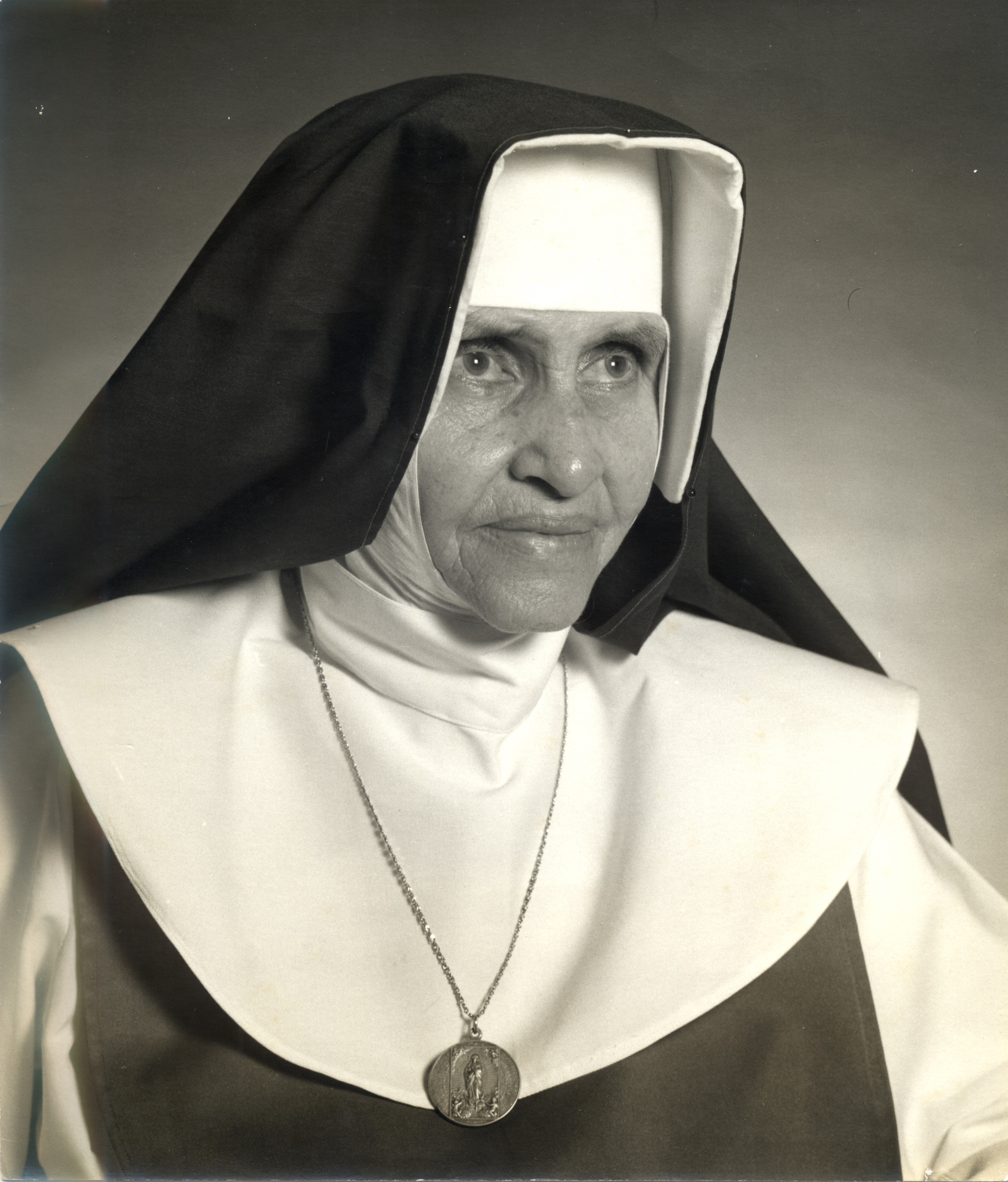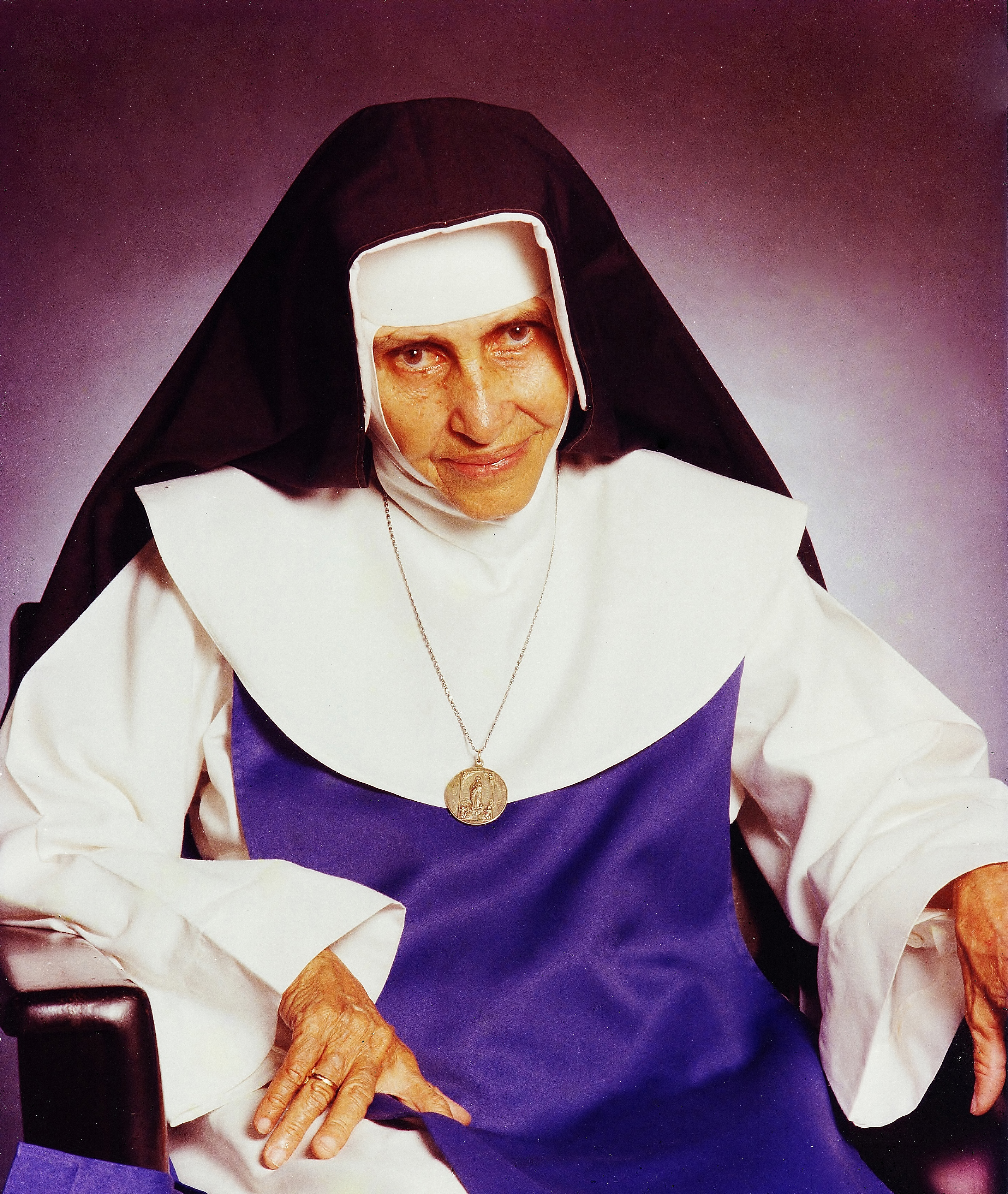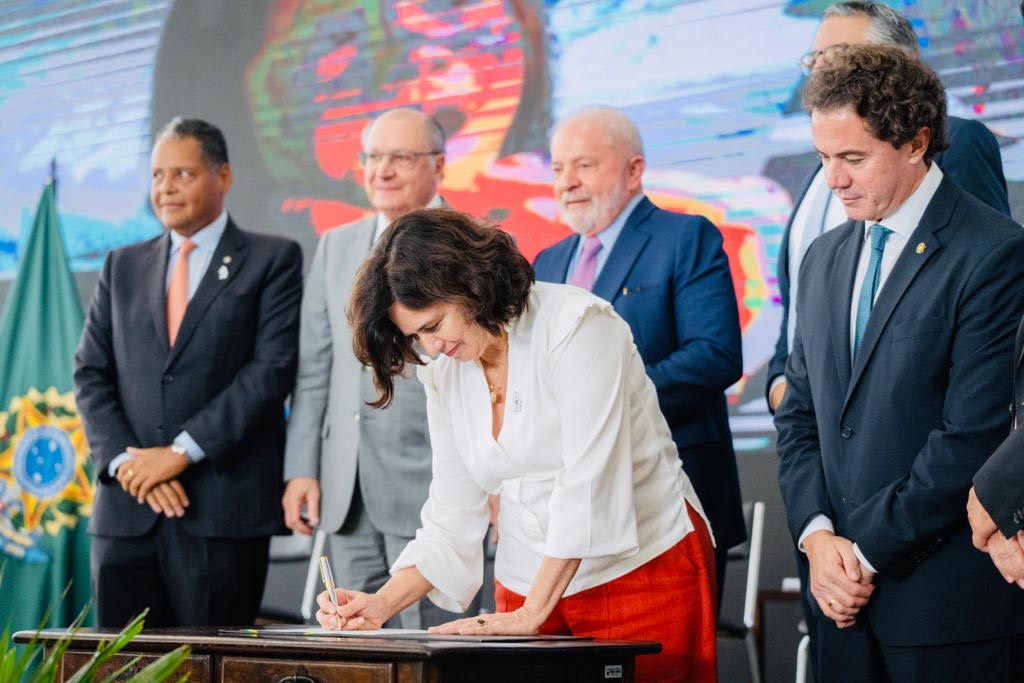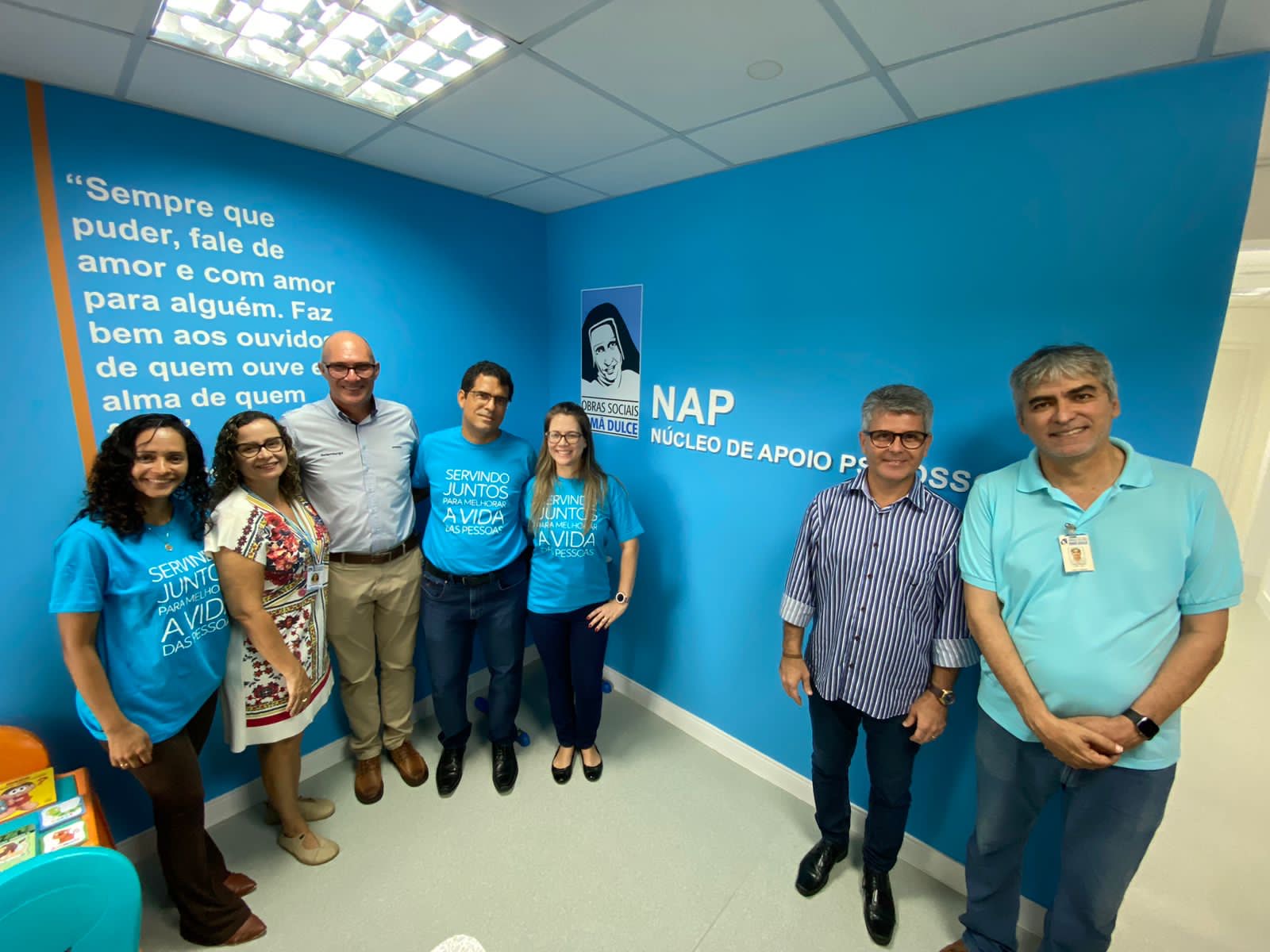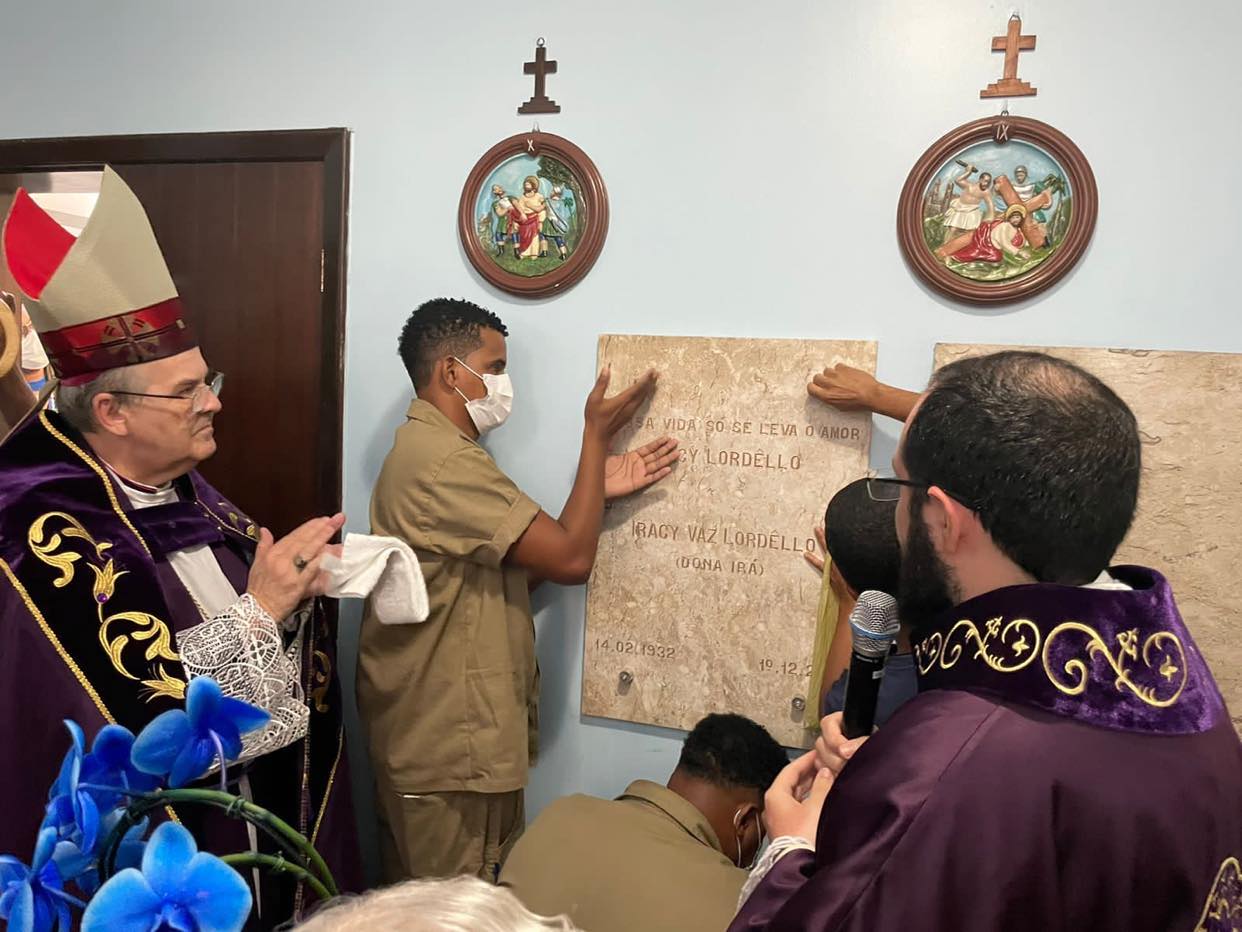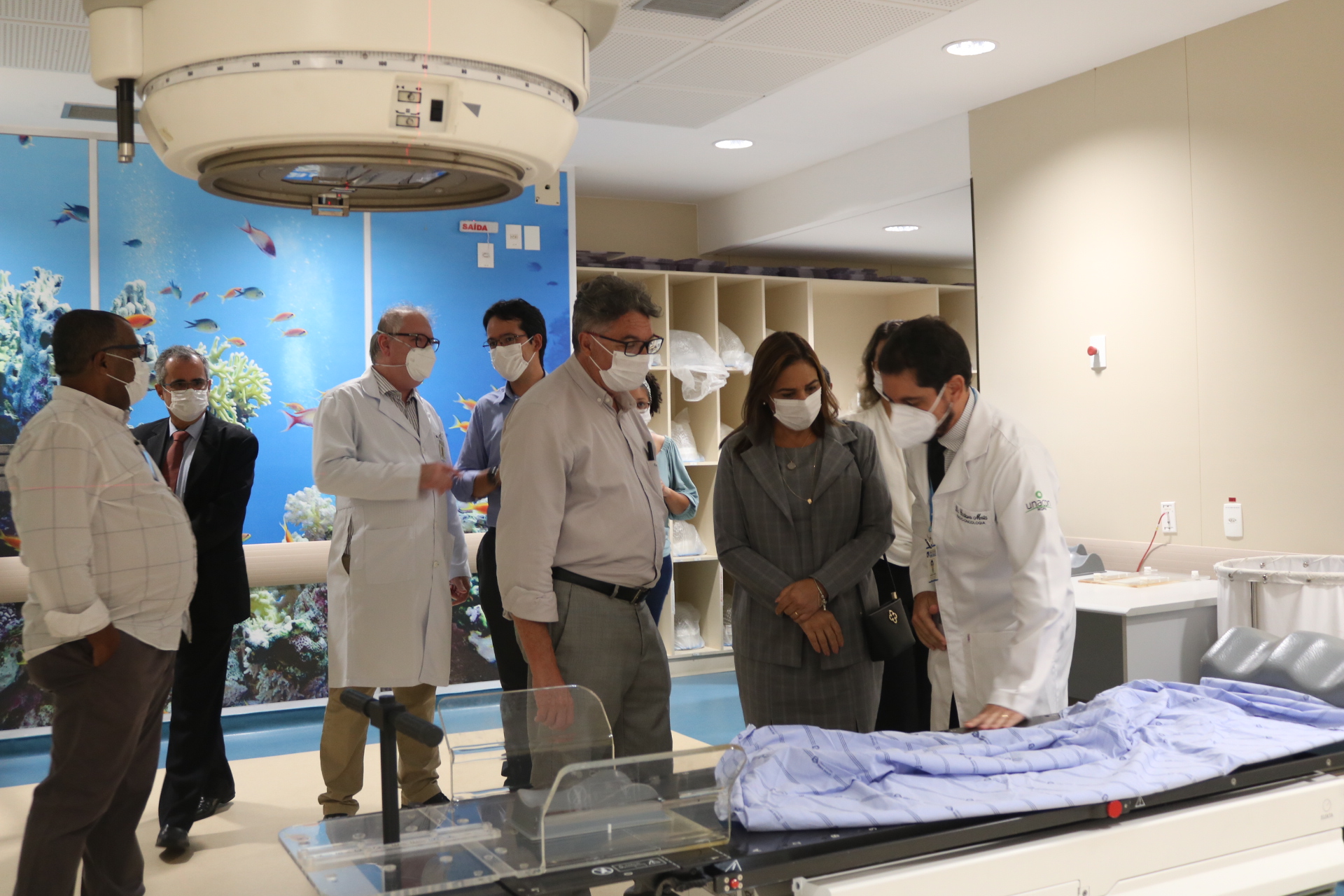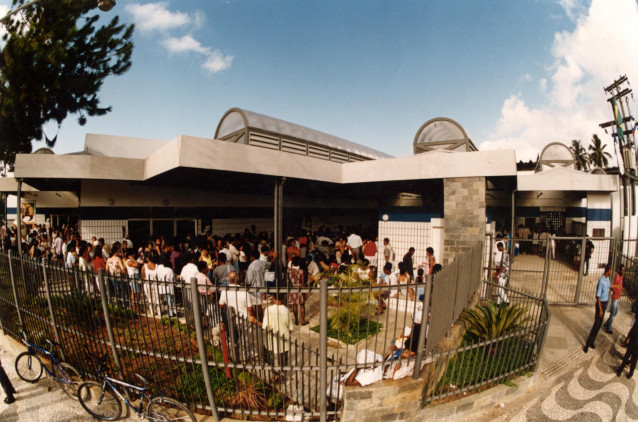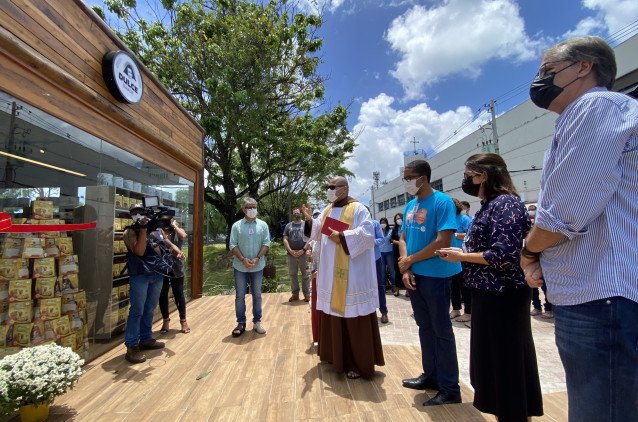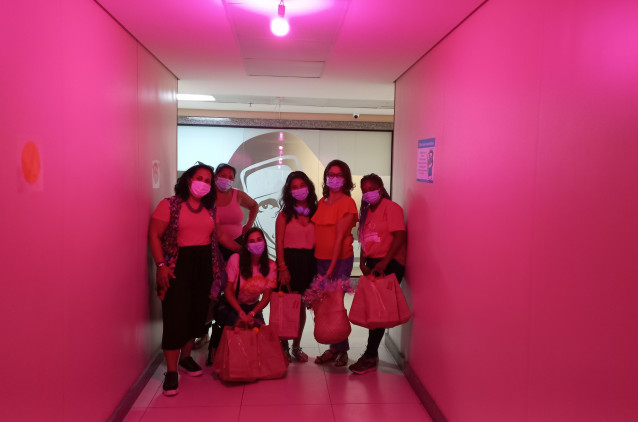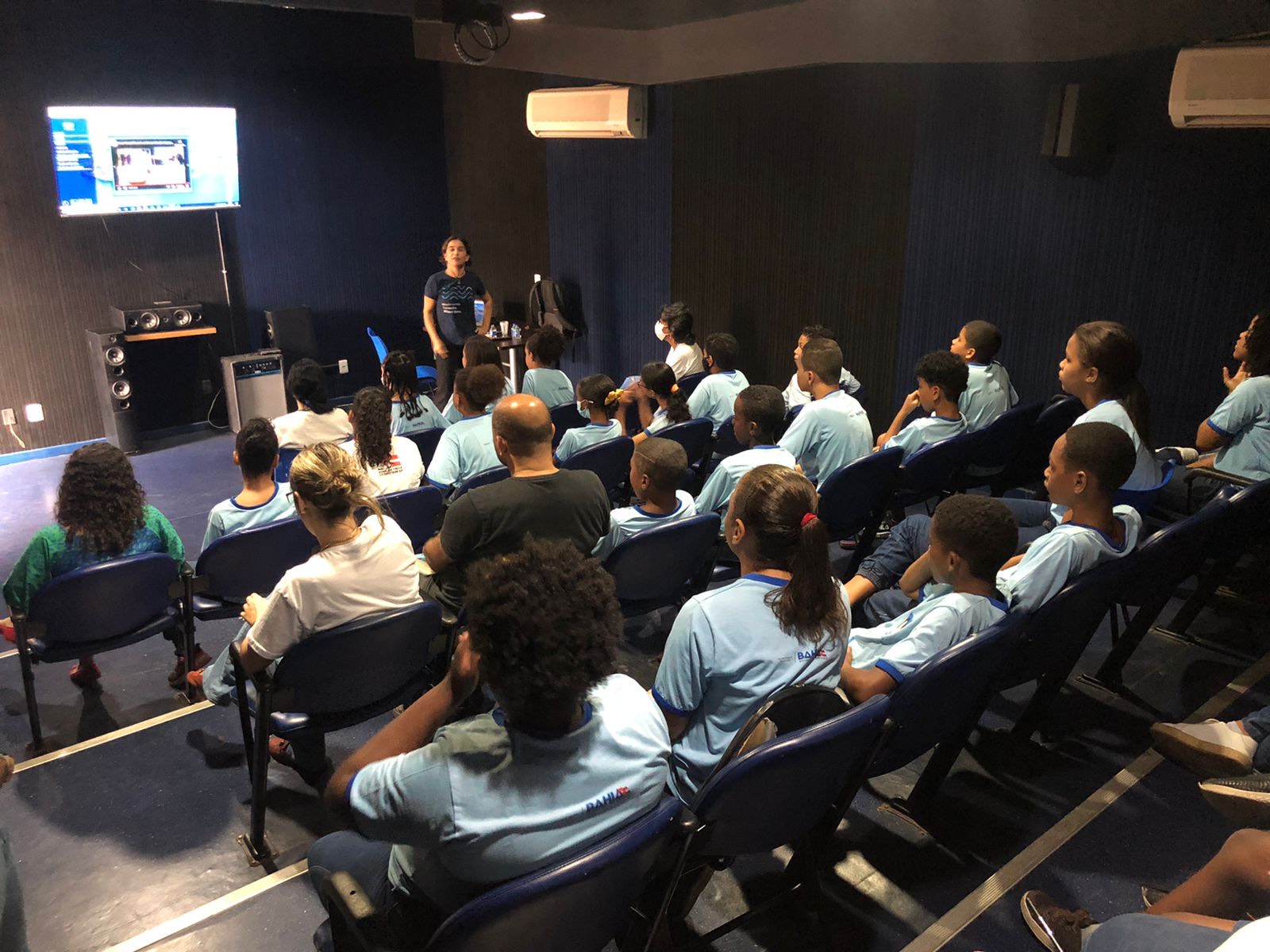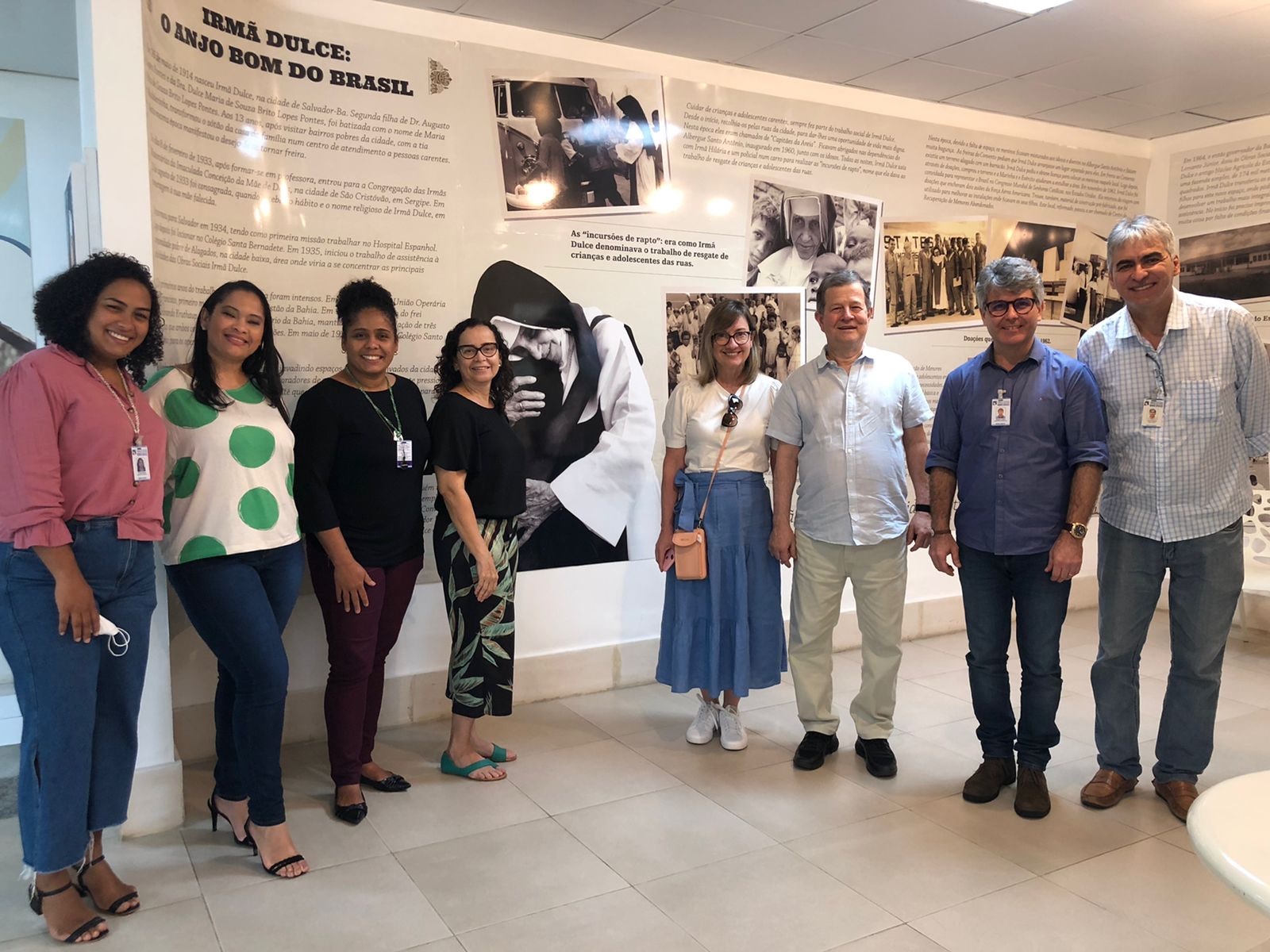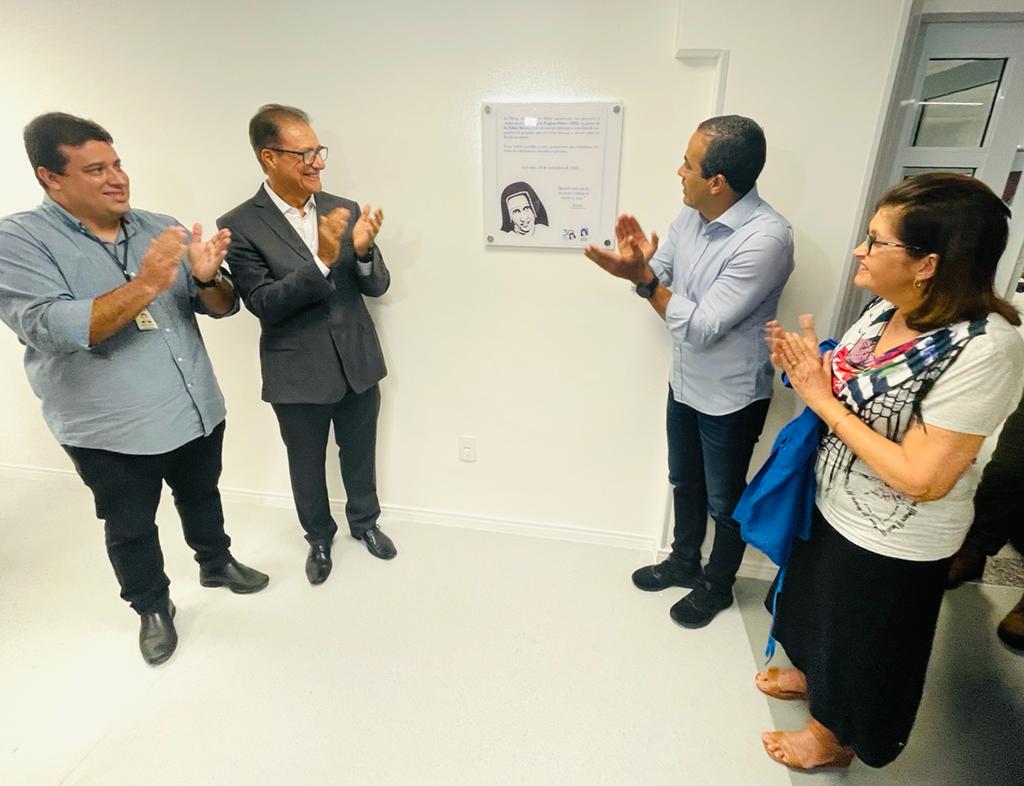Conheça a trajetória da primeira santa brasileira
Acessar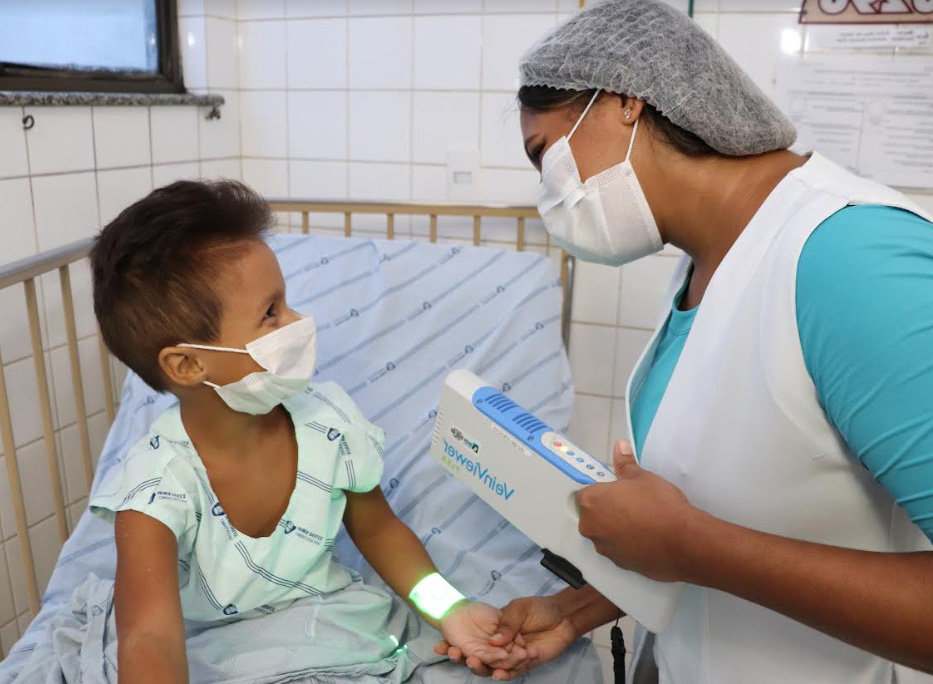
Nossos números
-
3 milhões
de pessoas acolhidas por ano na Bahia
-
6,6 milhões
de procedimentos ambulatoriais realizados por ano na Bahia
-
1,2 milhão
de refeições servidas por ano para os pacientes
-
63 mil
internamentos realizados anualmente na Bahia
Notícias
Especialista alerta para a importância da higiene das mãos na prevenção de doenças
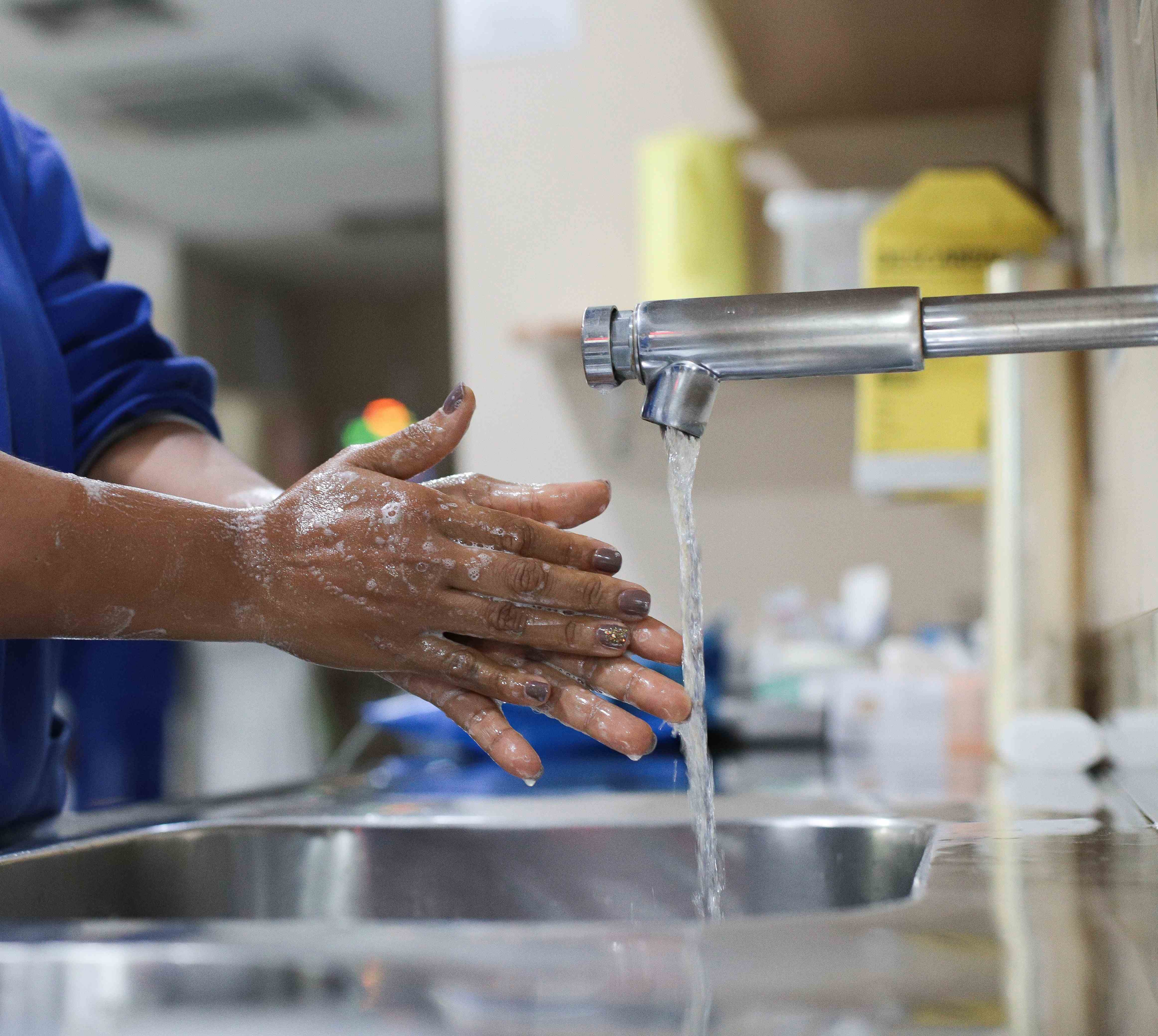
Ministro da Saúde visita núcleos da OSID em Patamares
O gestor recebeu homenagens pela contribuição na implementação do Centro Especializado em Reabilitação, fundado em 2013
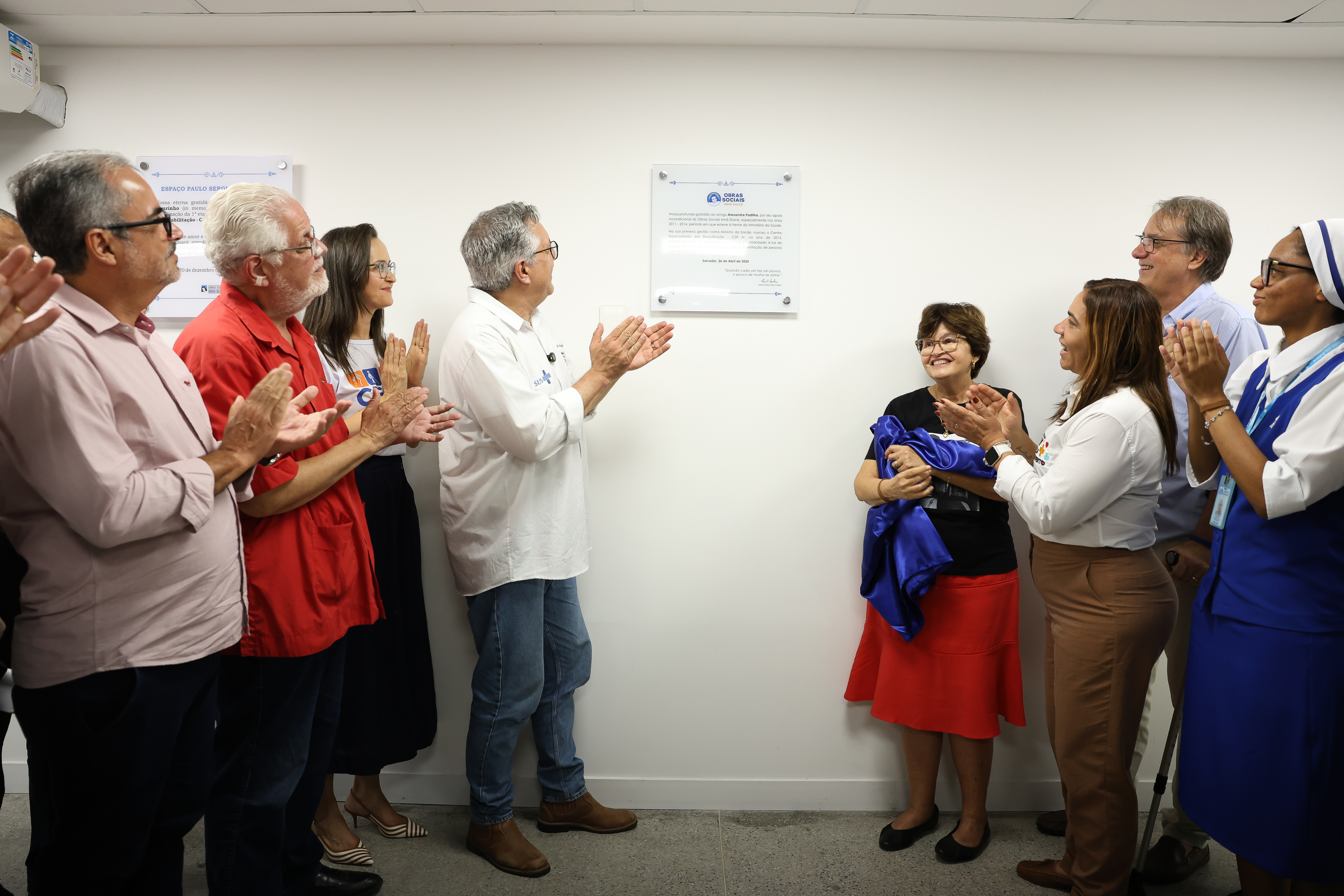
Domingo de missas no Santuário Santa Dulce dos Pobres marca sétimo dia da morte do Papa Francisco
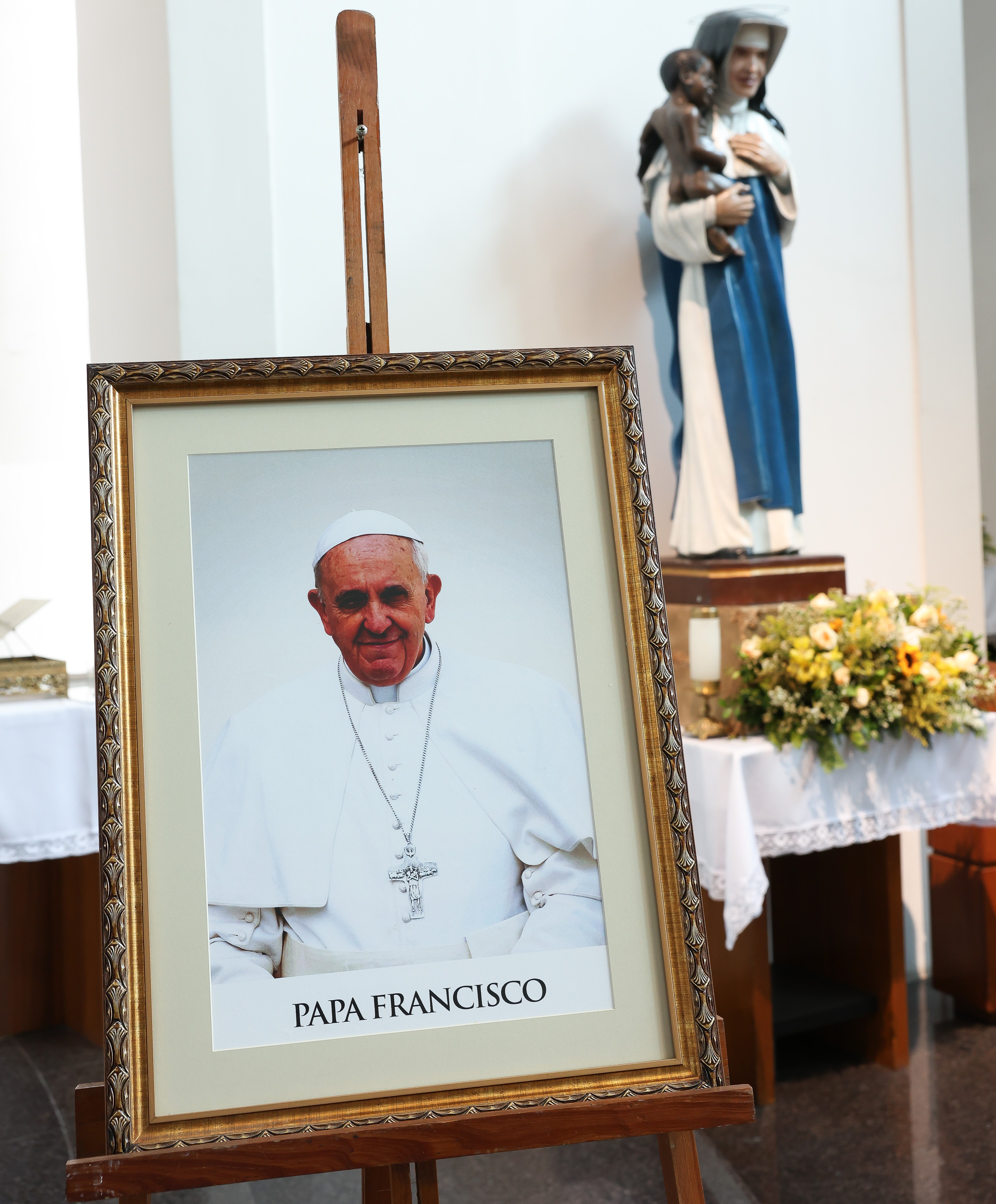
Hospital Santo Antônio, HO e HRJ obtêm alta conformidade em avaliação da Anvisa sobre segurança do paciente
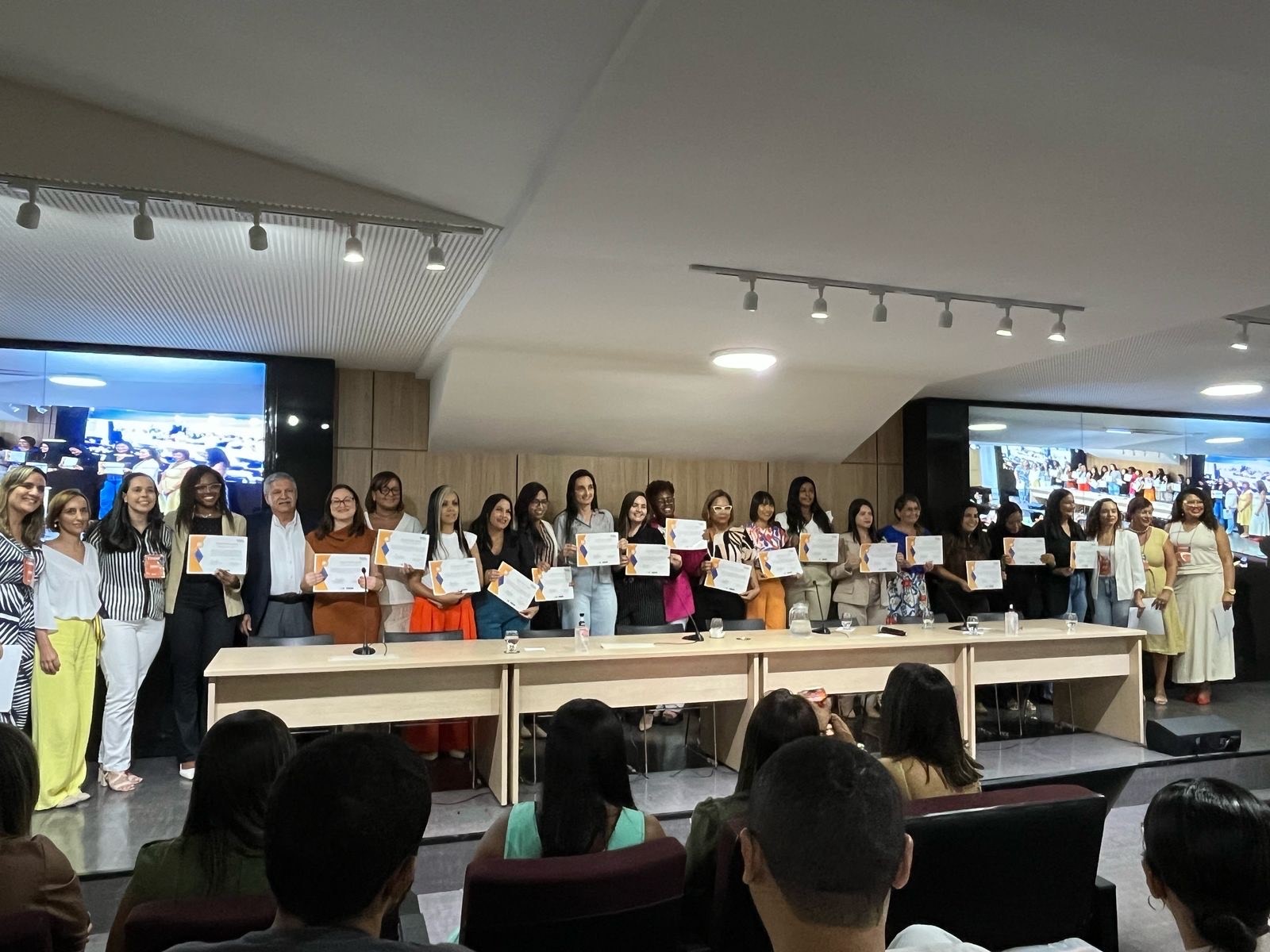
Livro com depoimentos e imagens sobre a trajetória de Santa Dulce será lançado em Salvador na próxima quarta-feira (9)
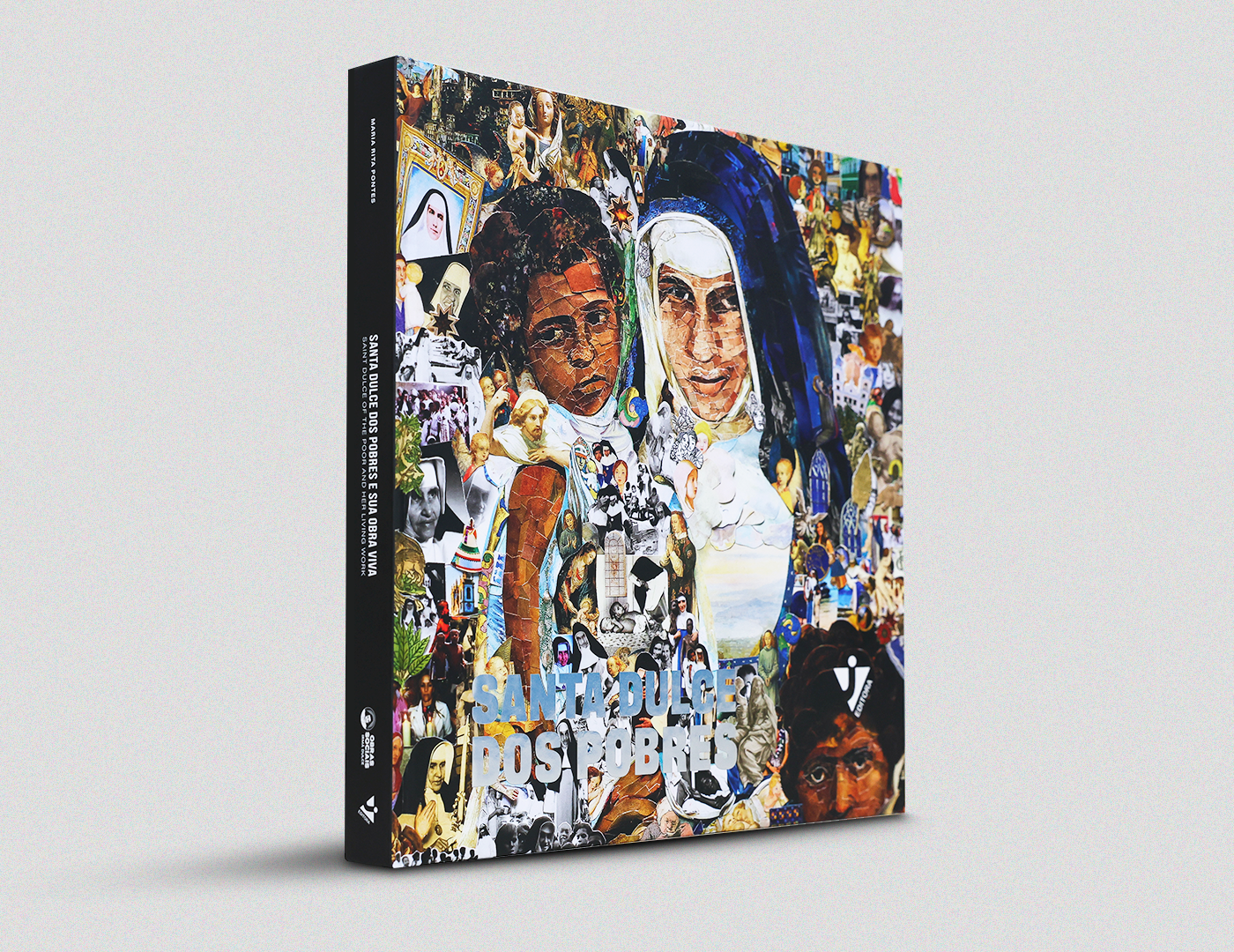
Dia de São José: alunos do CESA plantam milho e feijão na oficina de Educação Ambiental
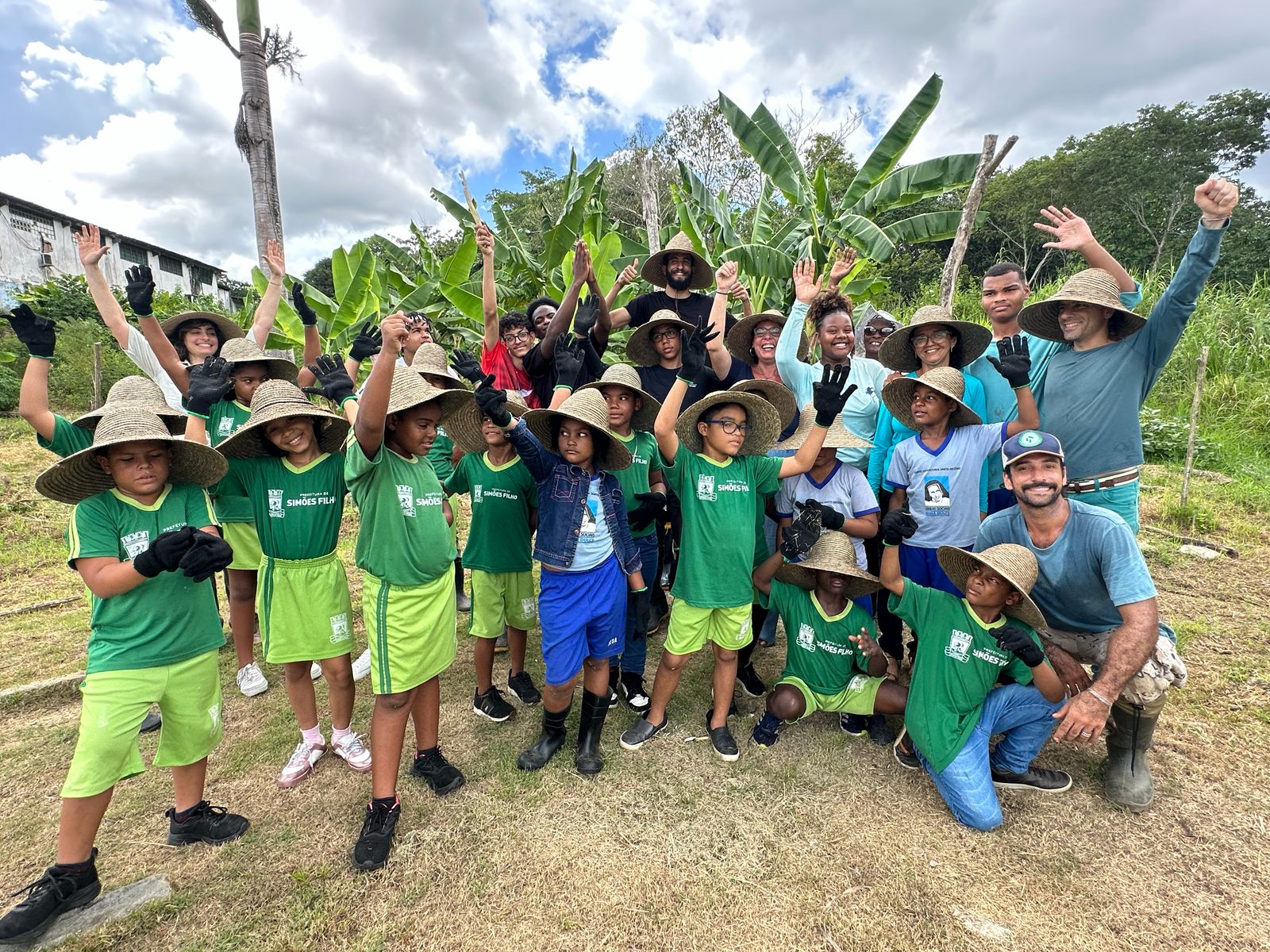
OSID integra conselho gestor de fundo do MPBA voltado à defesa dos direitos fundamentais
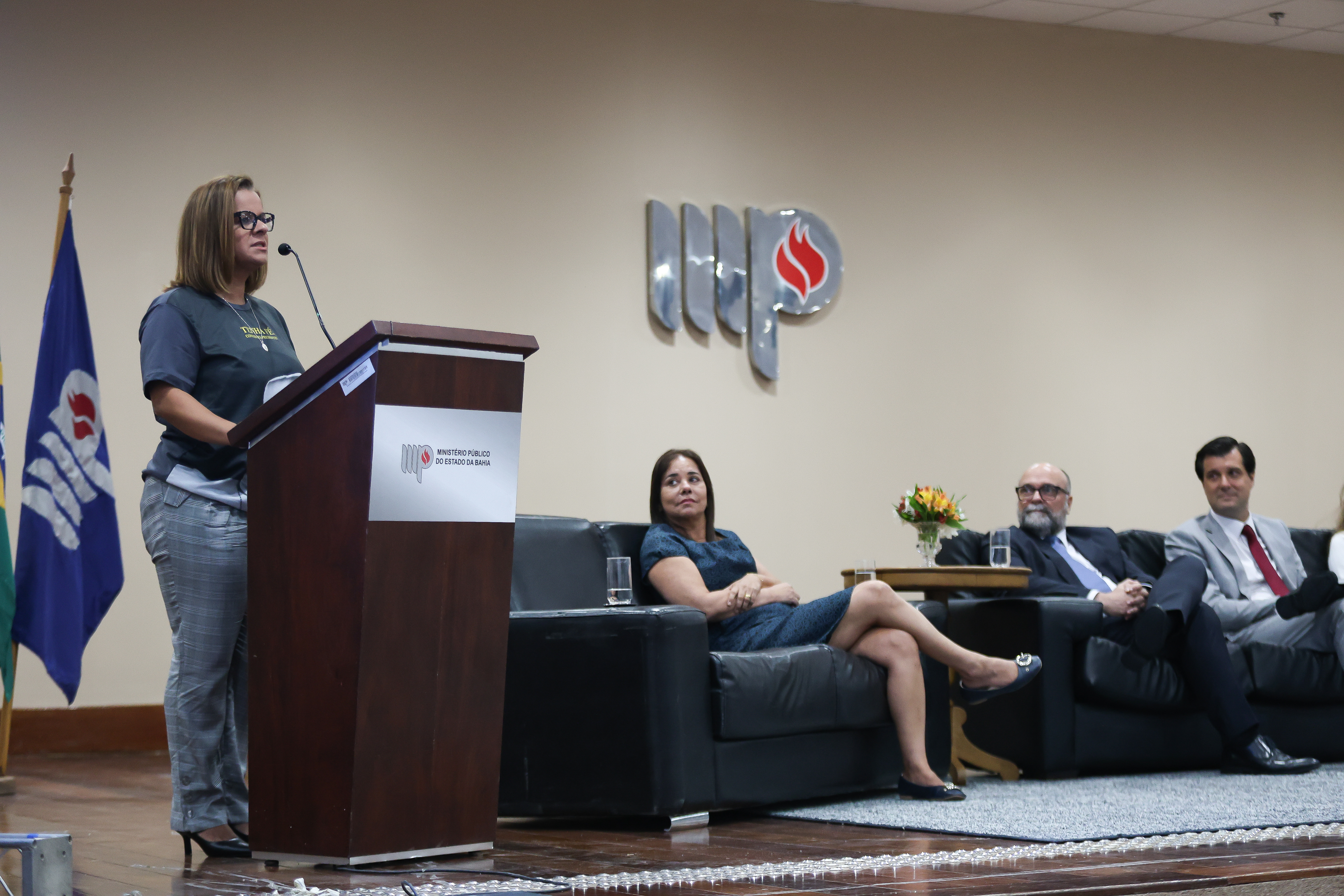
Memorial Santa Dulce dos Pobres promove palestra sobre os santuários brasileiros e suas salas de milagres
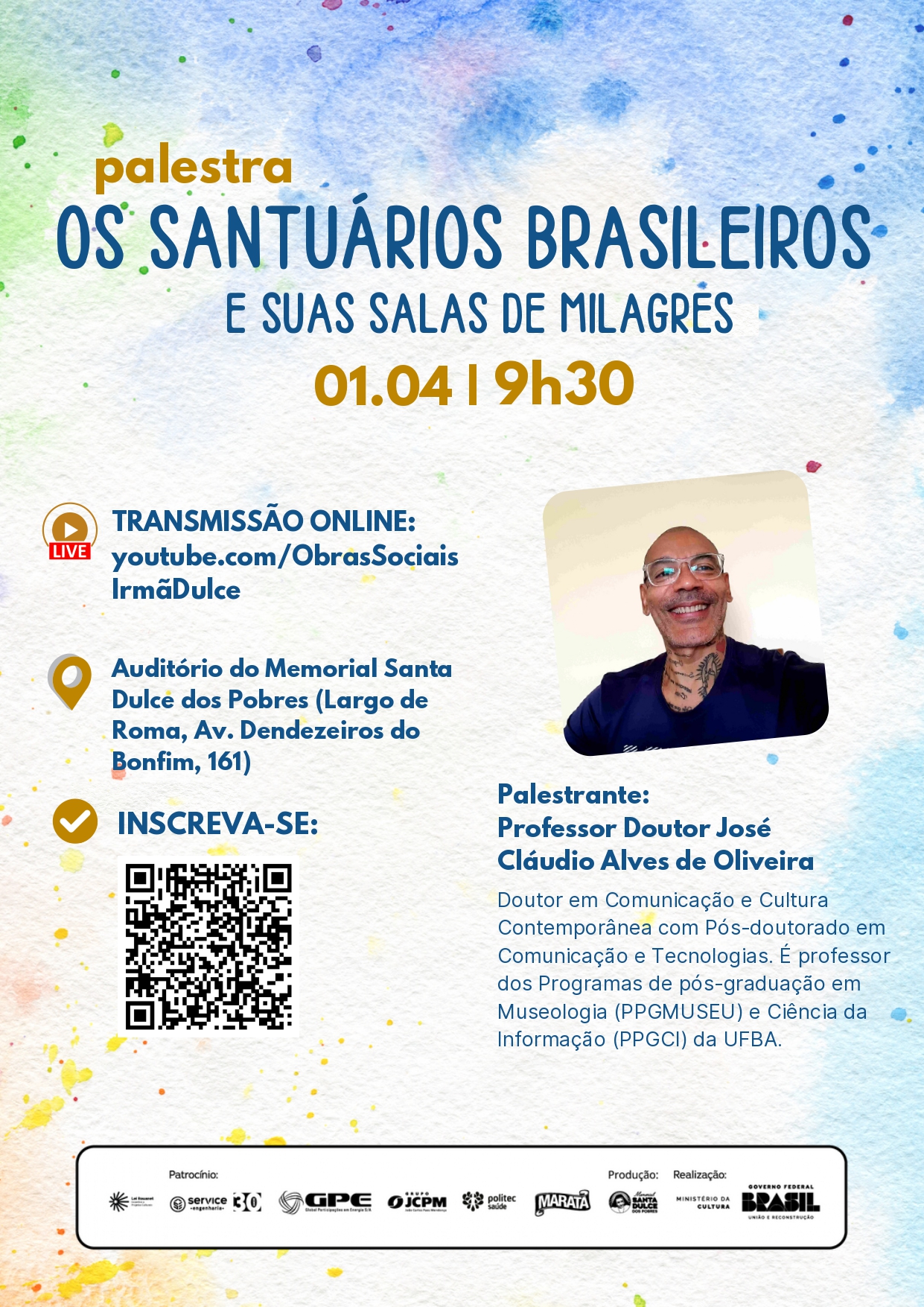
Gestão por Competências: OSID implementa novo modelo de desenvolvimento profissional
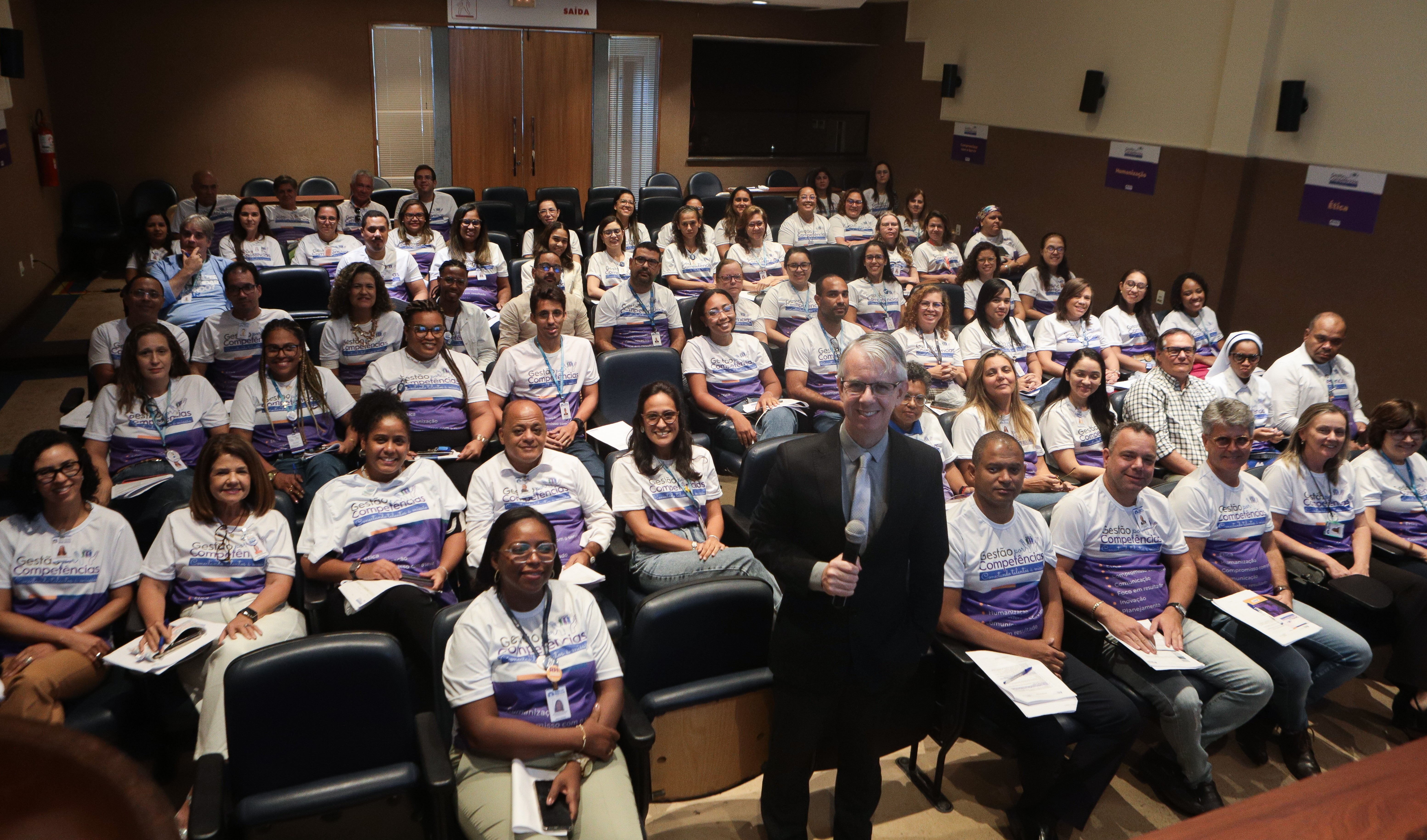
Exposição celebra força feminina na trajetória de Santa Dulce dos Pobres
Mostra já está aberta à visitação no Memorial dedicado ao Anjo Bom
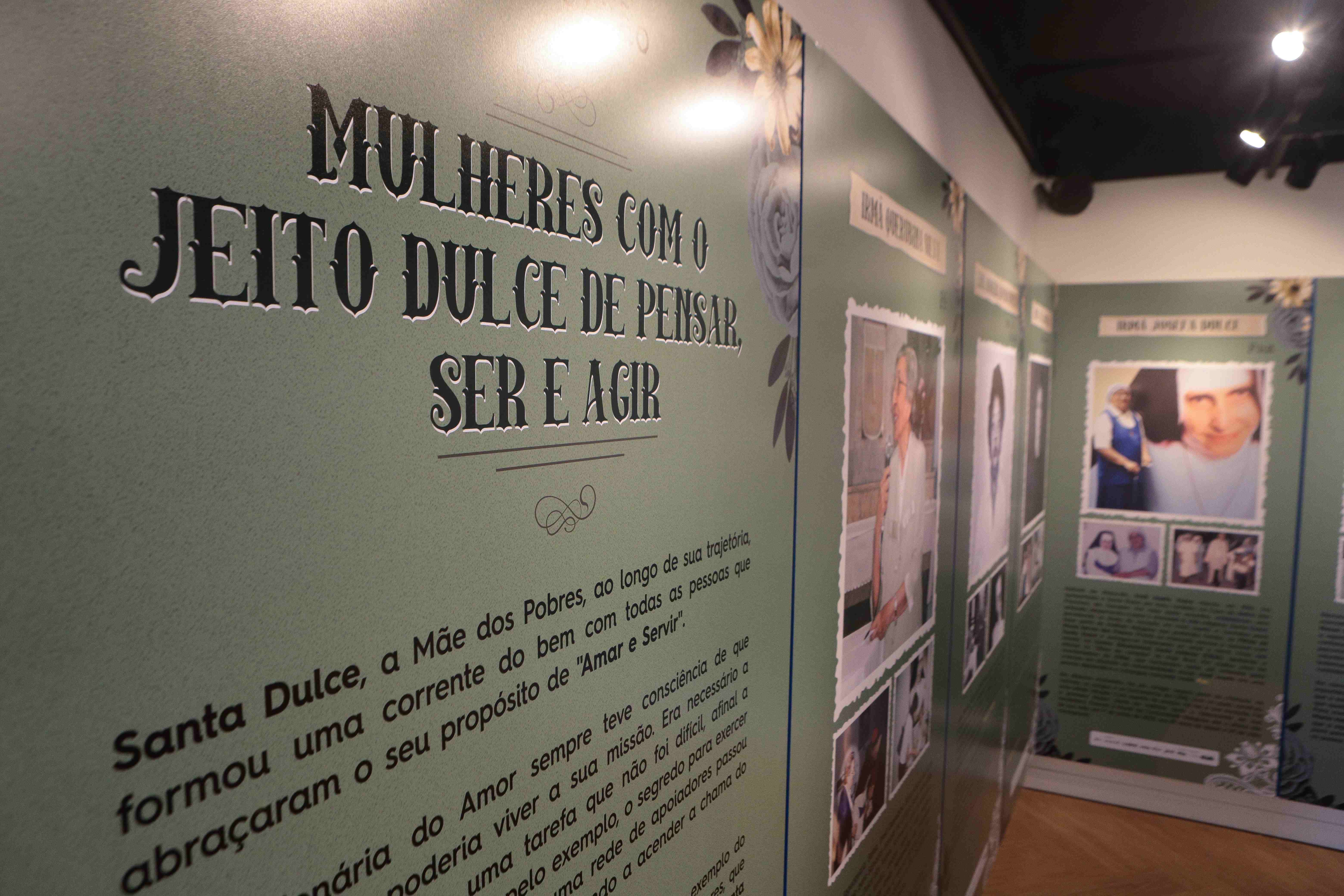
Santuário Santa Dulce dos Pobres recebe visita de mais de 200 diretores de escolas católicas do Brasil
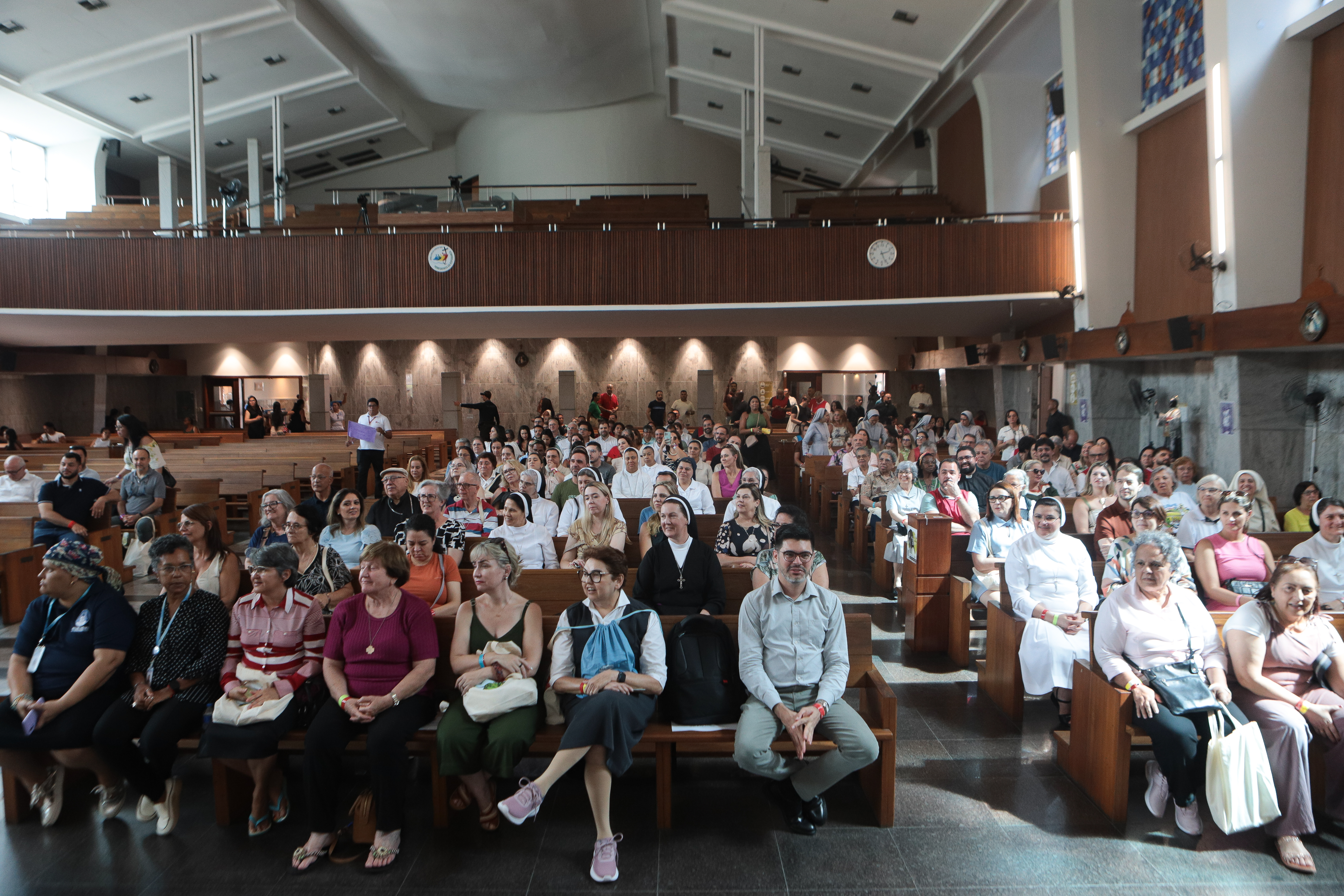
RETRATOS DO DULCISMO / Iramaia Cruz do Amaral “A minha habilidade no trabalho de redução de danos vem do coração”
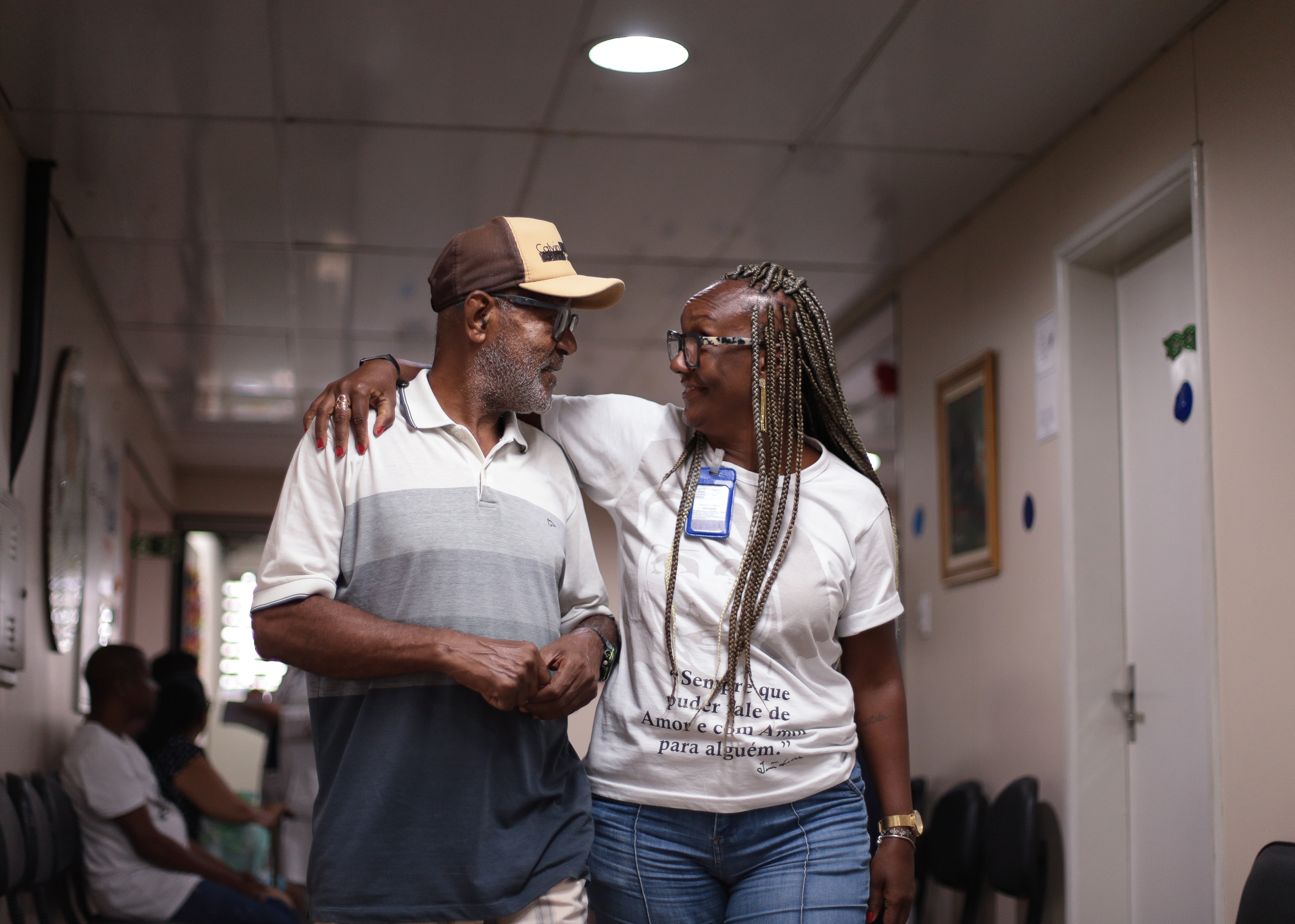
Centro de Acolhimento à Pessoa com Deficiência (CAPD) é contemplado com melhorias nas áreas de convivência
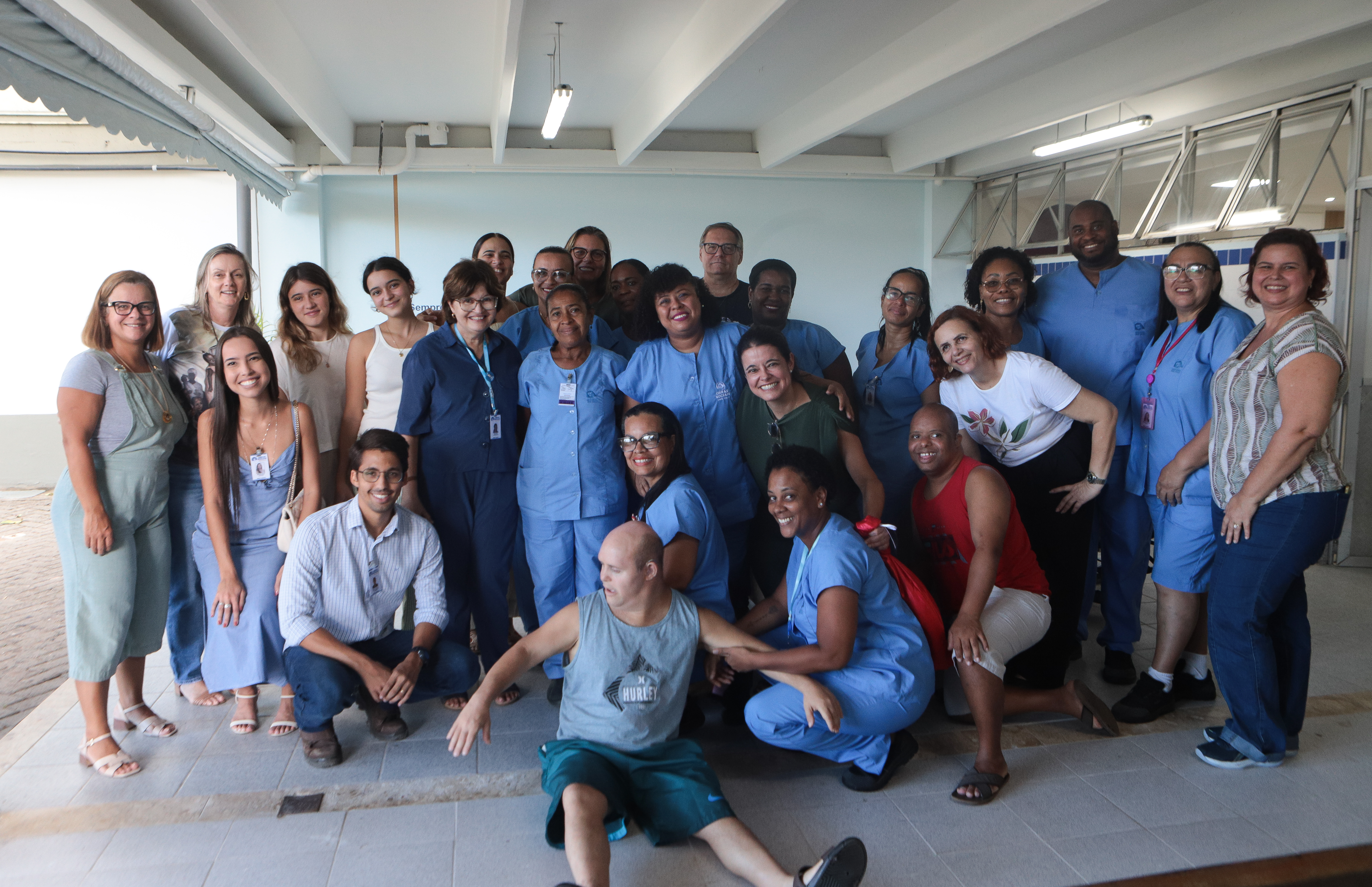
Pessoas com deficiência acolhidas pela OSID ganham programação especial no carnaval
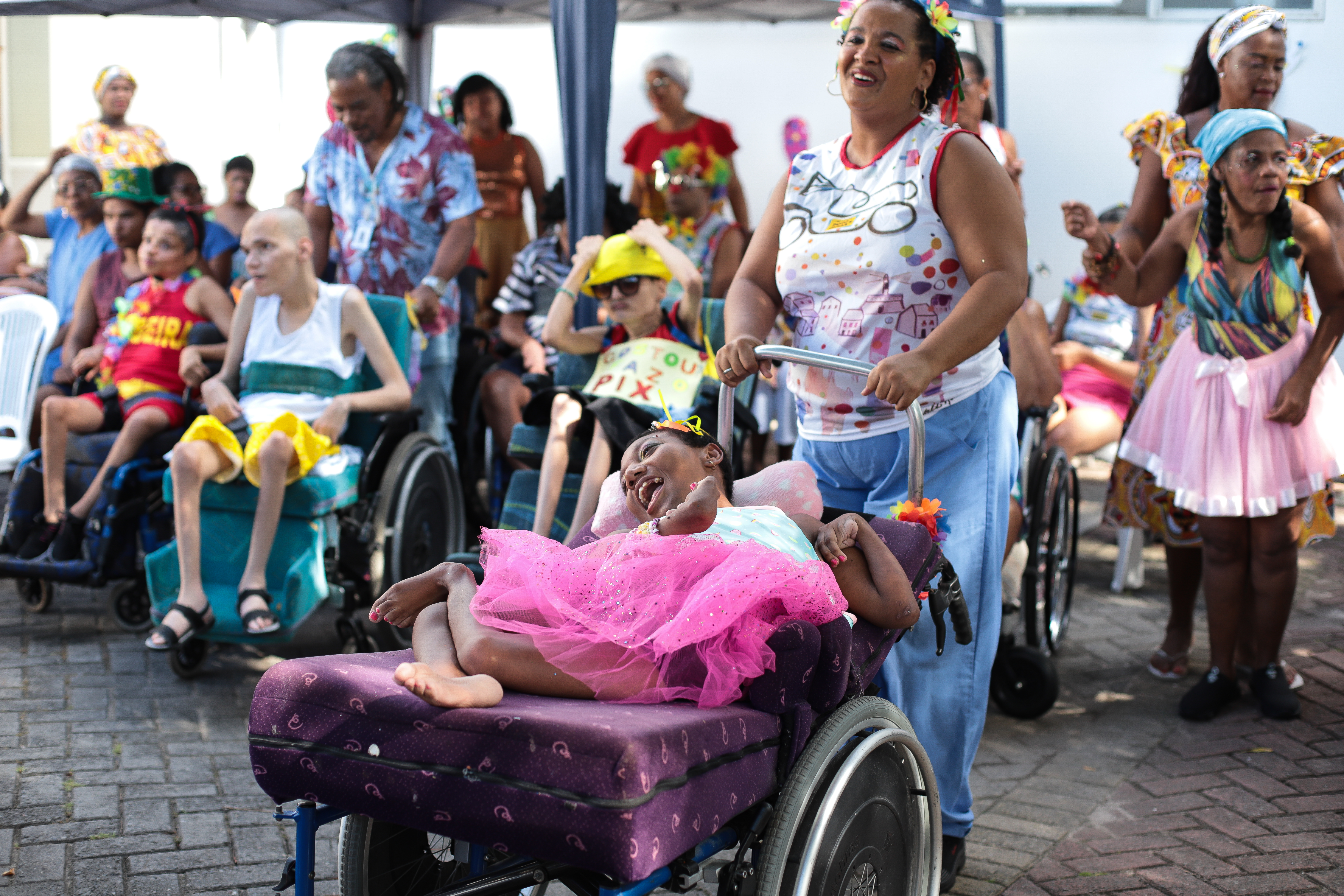
Panificação das Obras Sociais Irmã Dulce espera um incremento de 20% nas vendas durante o Carnaval de Salvador
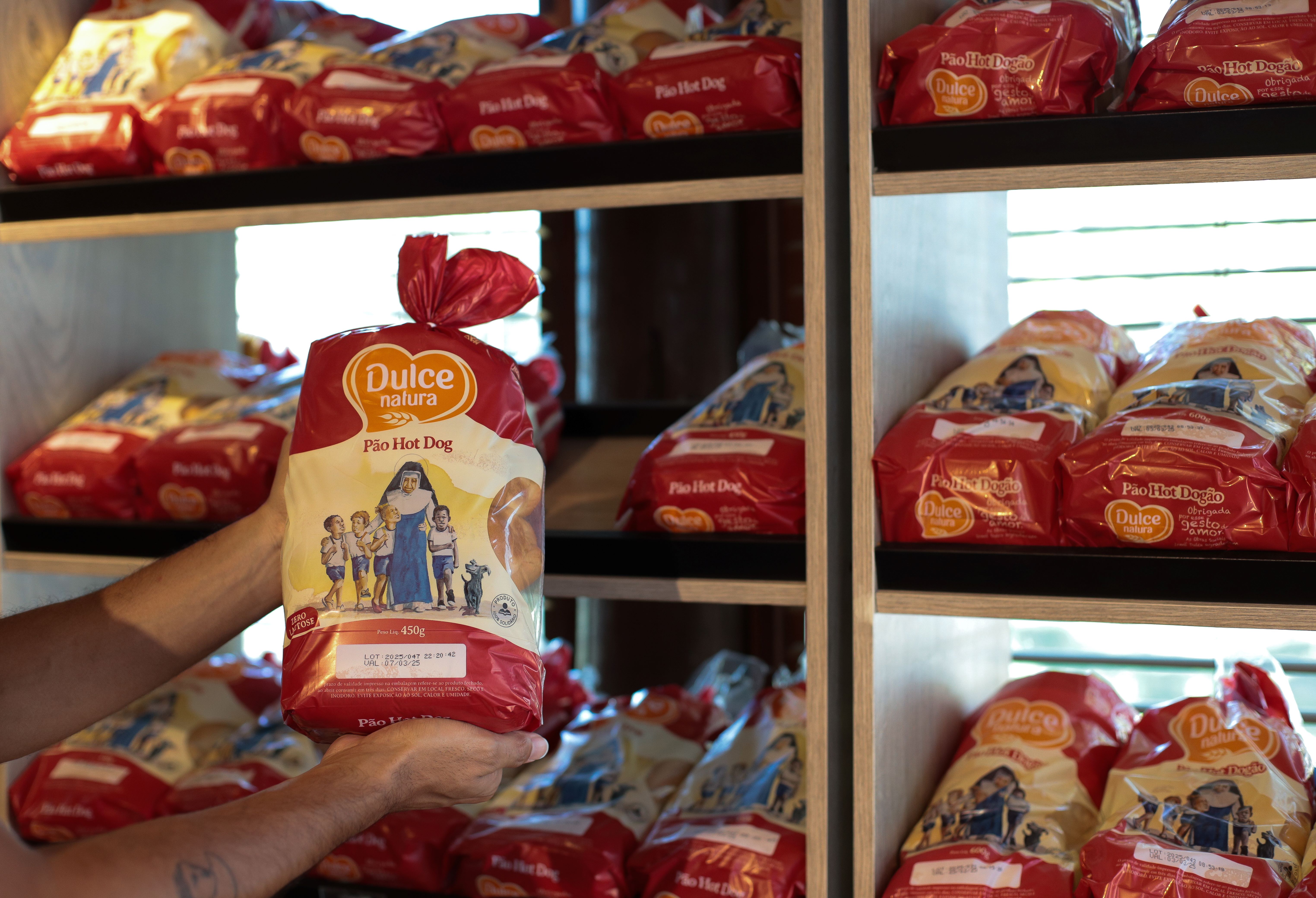
Eventos carnavalescos prometem semana de muita música e alegria para pacientes e moradores das Obras Sociais Irmã Dulce
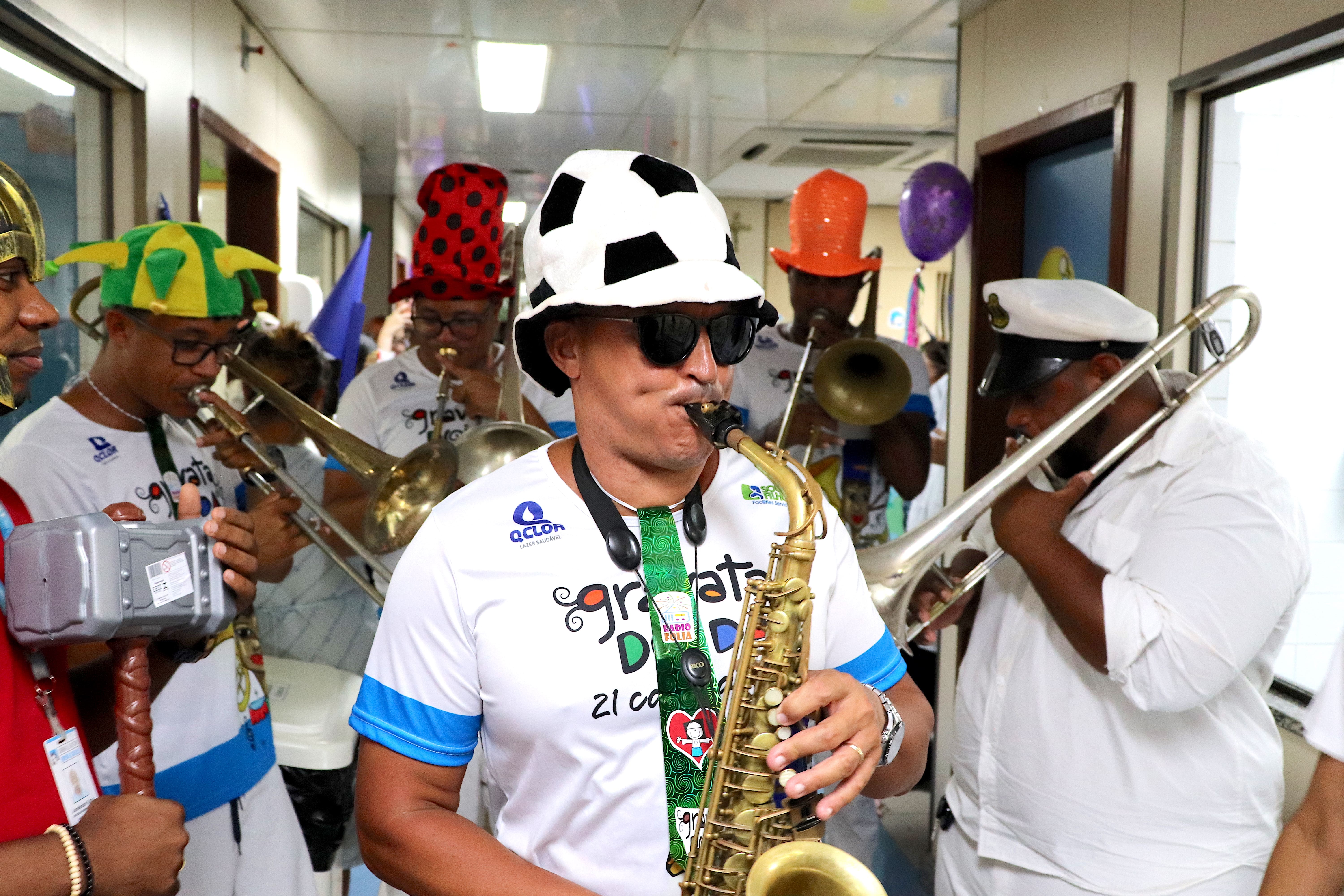
Projeto CER IV in Formação dá início à qualificação de profissionais com foco na reabilitação de pessoas com deficiência
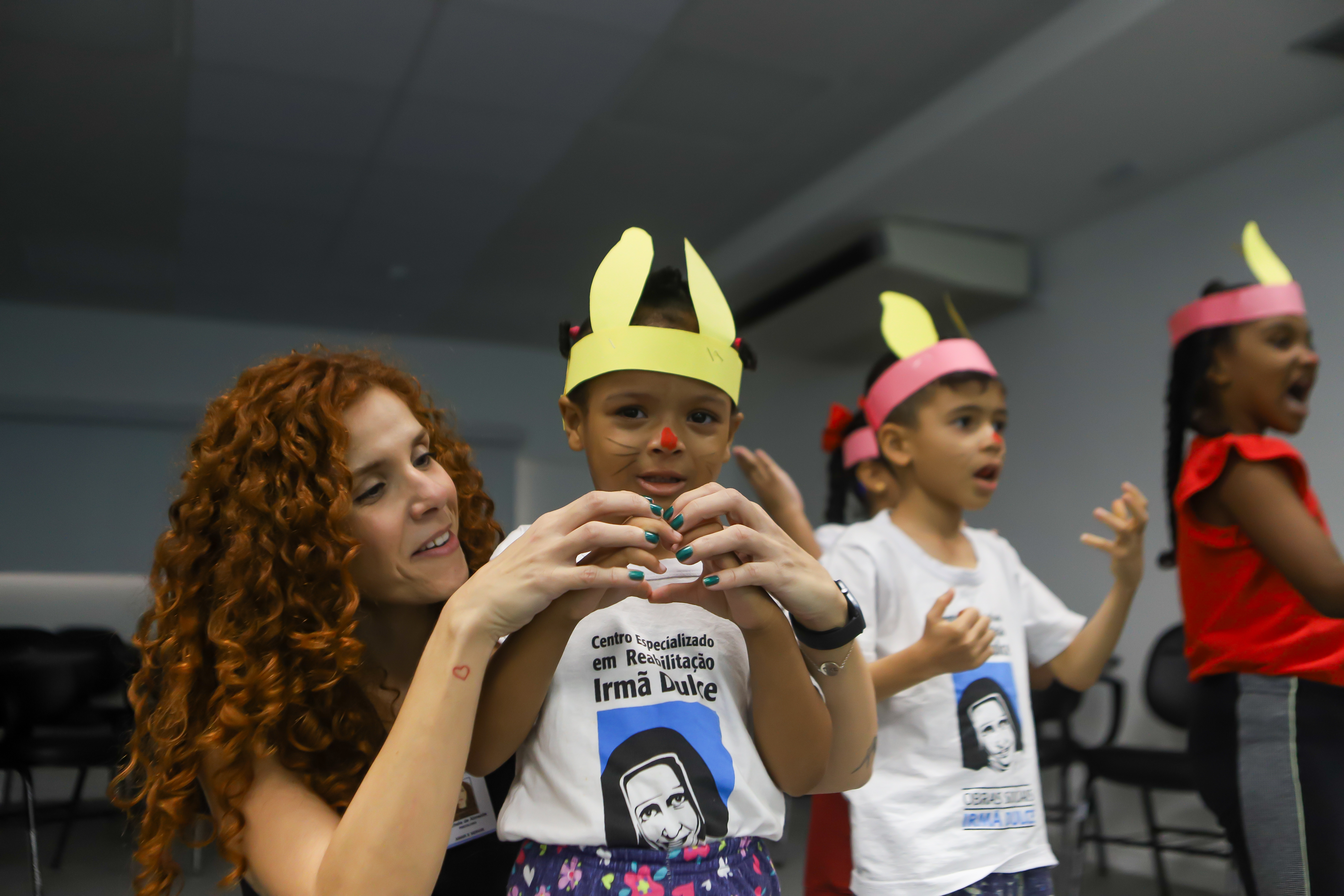
Café com Cuidado: tarde de palestras sobre cuidados paliativos emociona público no Hospital Mont Serrat
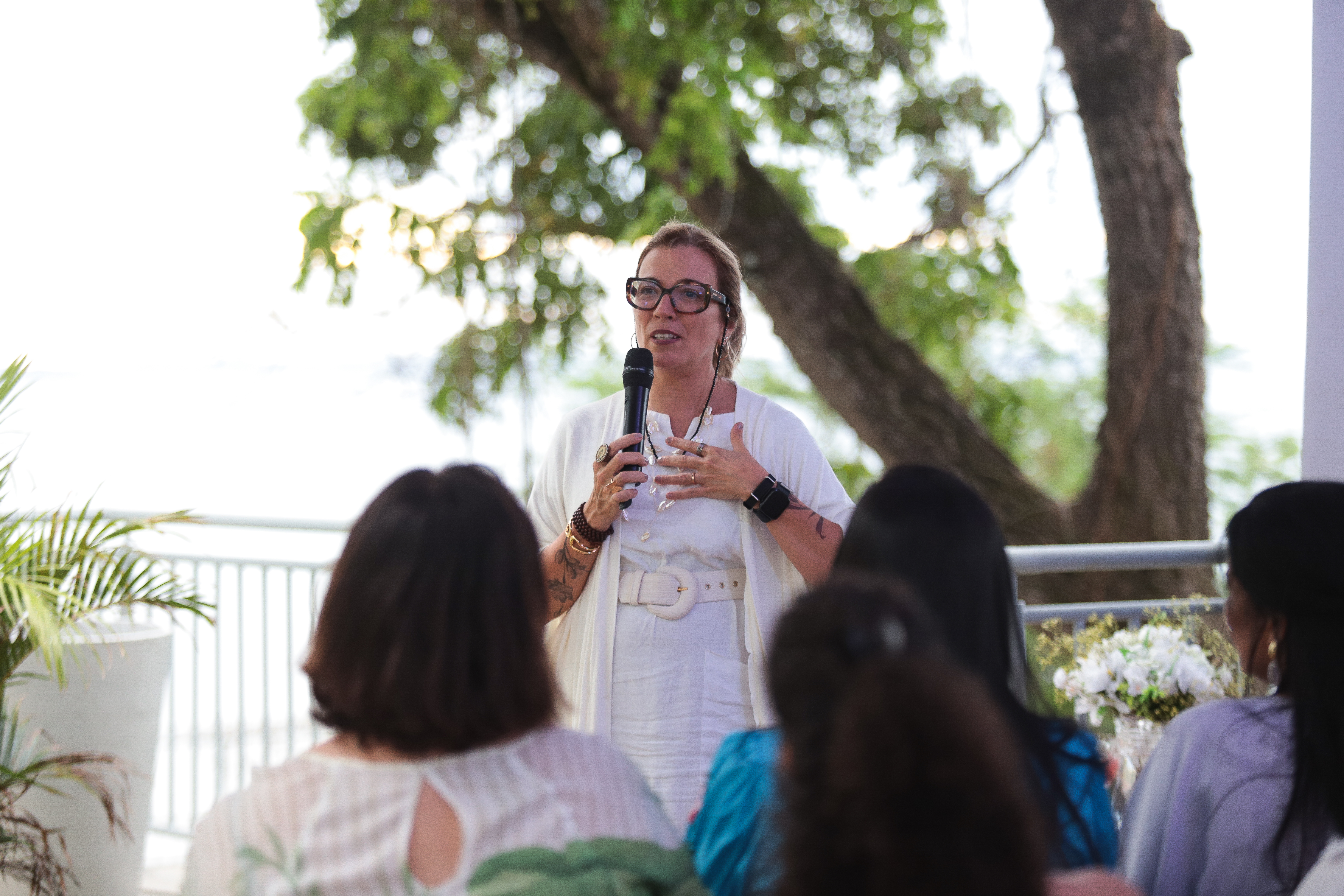
Inaugurado nesta sexta-feira, primeiro hospital de cuidados paliativos do país será administrado pelas Obras Sociais Irmã Dulce
O Hospital Estadual Mont Serrat – Cuidados Paliativos possibilitará o atendimento humanizado com foco na qualidade de vida dos pacientes com doenças graves, crônicas ou em finitude
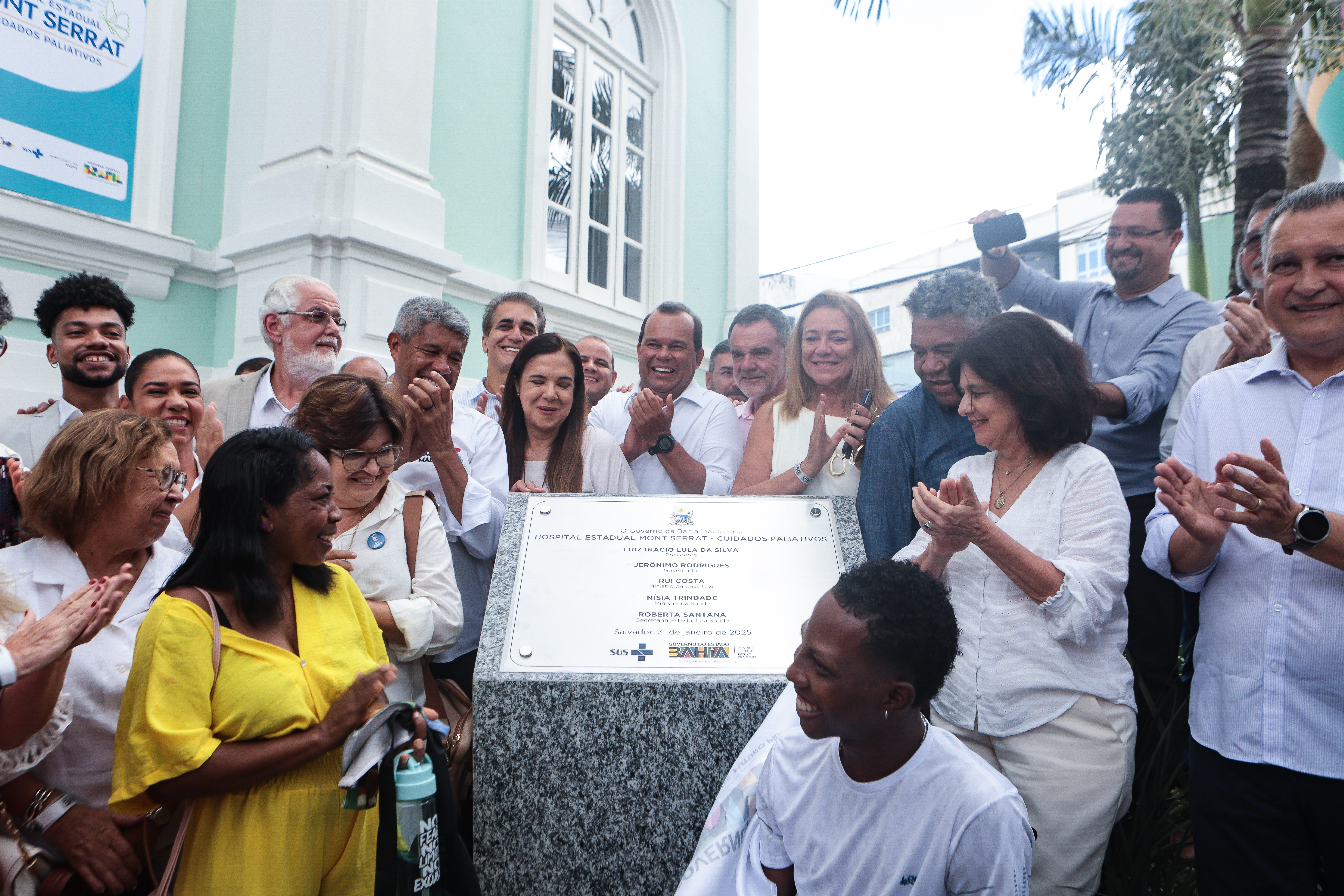
Nísia Trindade é agraciada com o título de Sócia Honorária das Obras Sociais Irmã Dulce
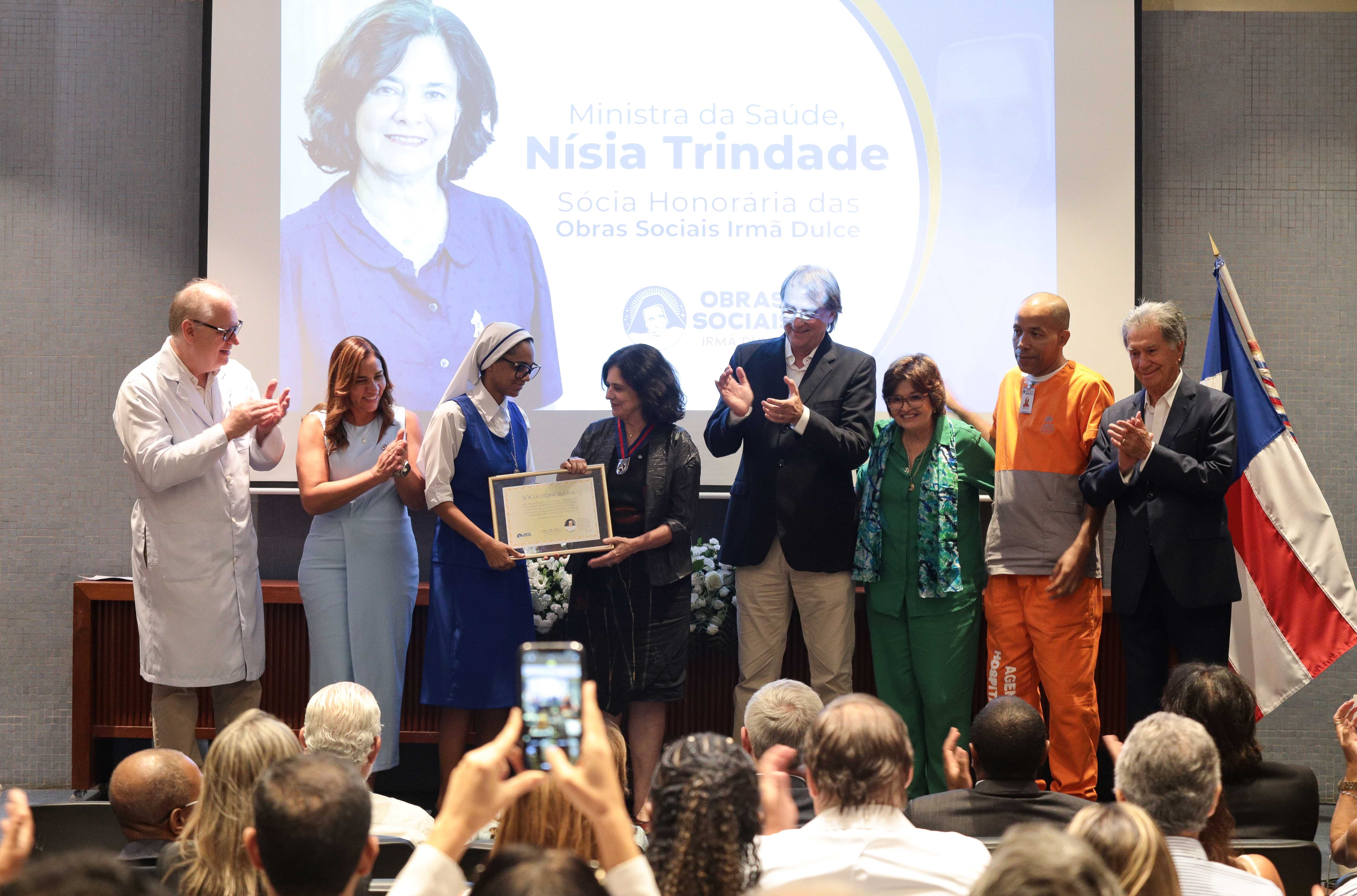
Segunda edição da Noite da Aclamação arrecada mais de R$ 600 mil para ampliação de leitos de UTI do Hospital Santo Antônio da OSID

Legado vivo: cerimônia abre exposição com fotografias inscritas no concurso Luz, Câmera e Dulcismo
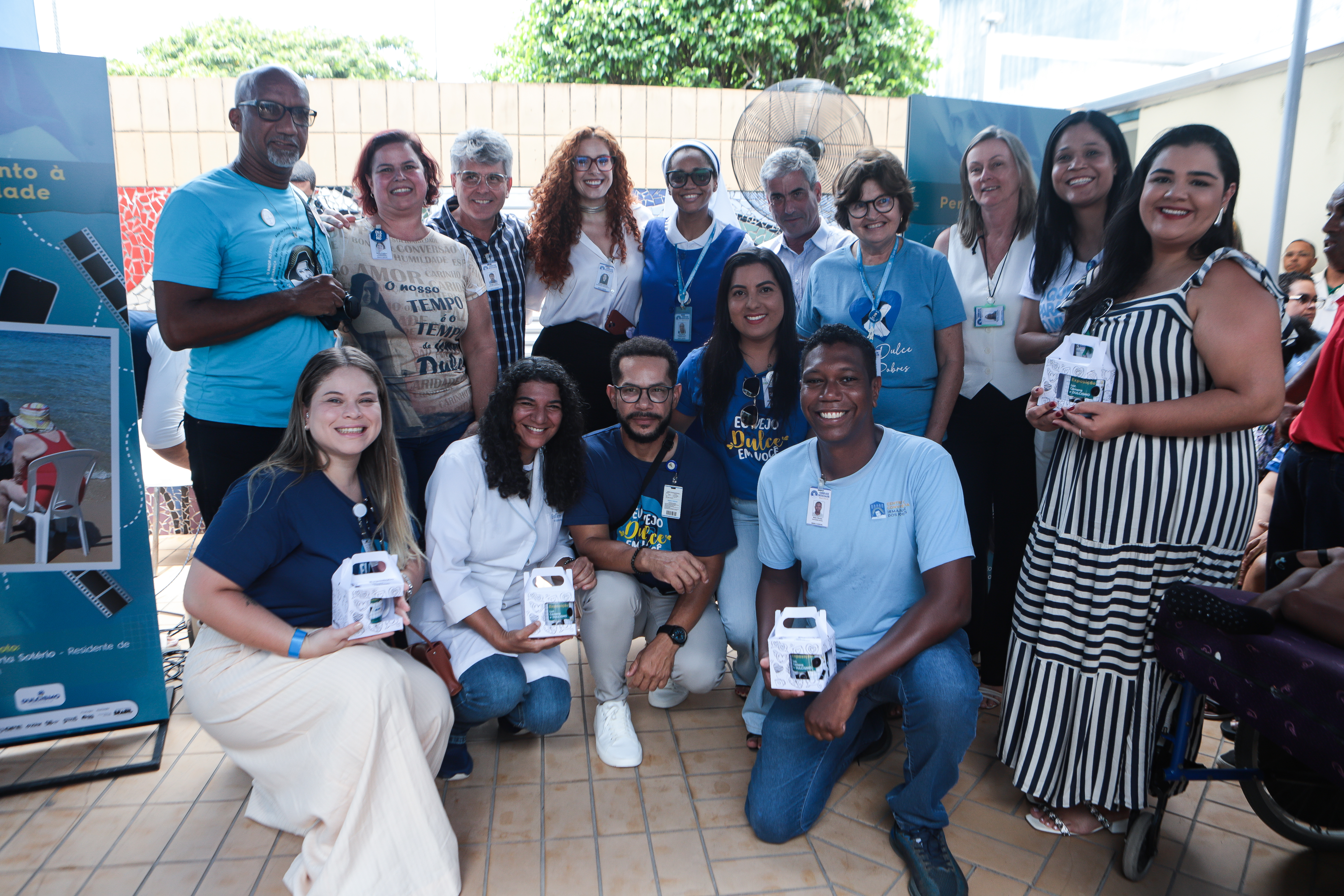
Novo Memorial Santa Dulce dos Pobres encanta acolhidos da Morada de Idosos da OSID
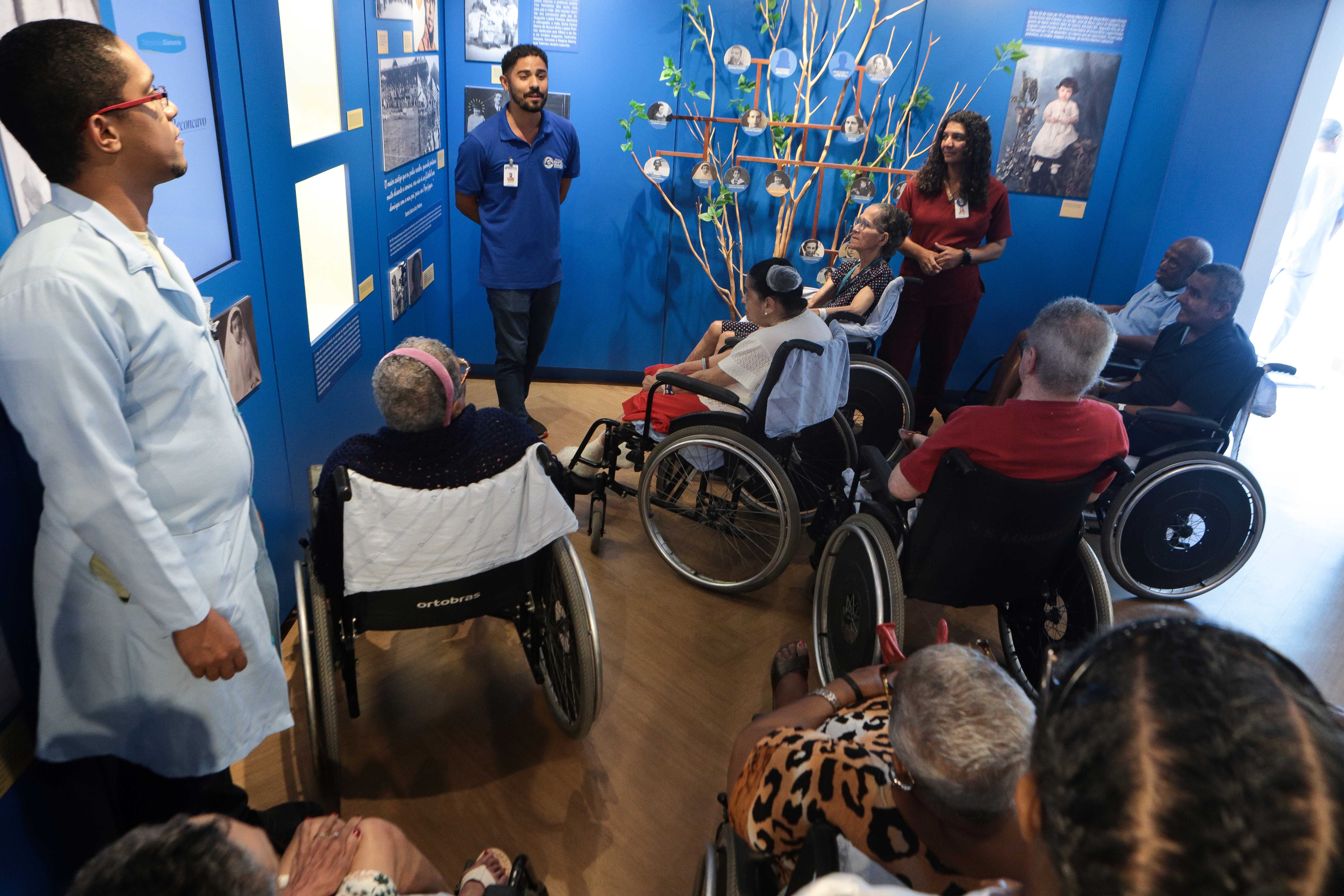
Centro de Geriatria das Obras Sociais Irmã Dulce passará por ampla requalificação
Revitalização da estrutura será realizada com recursos do Fundo Municipal da Pessoal Idosa, captados através de incentivo fiscal
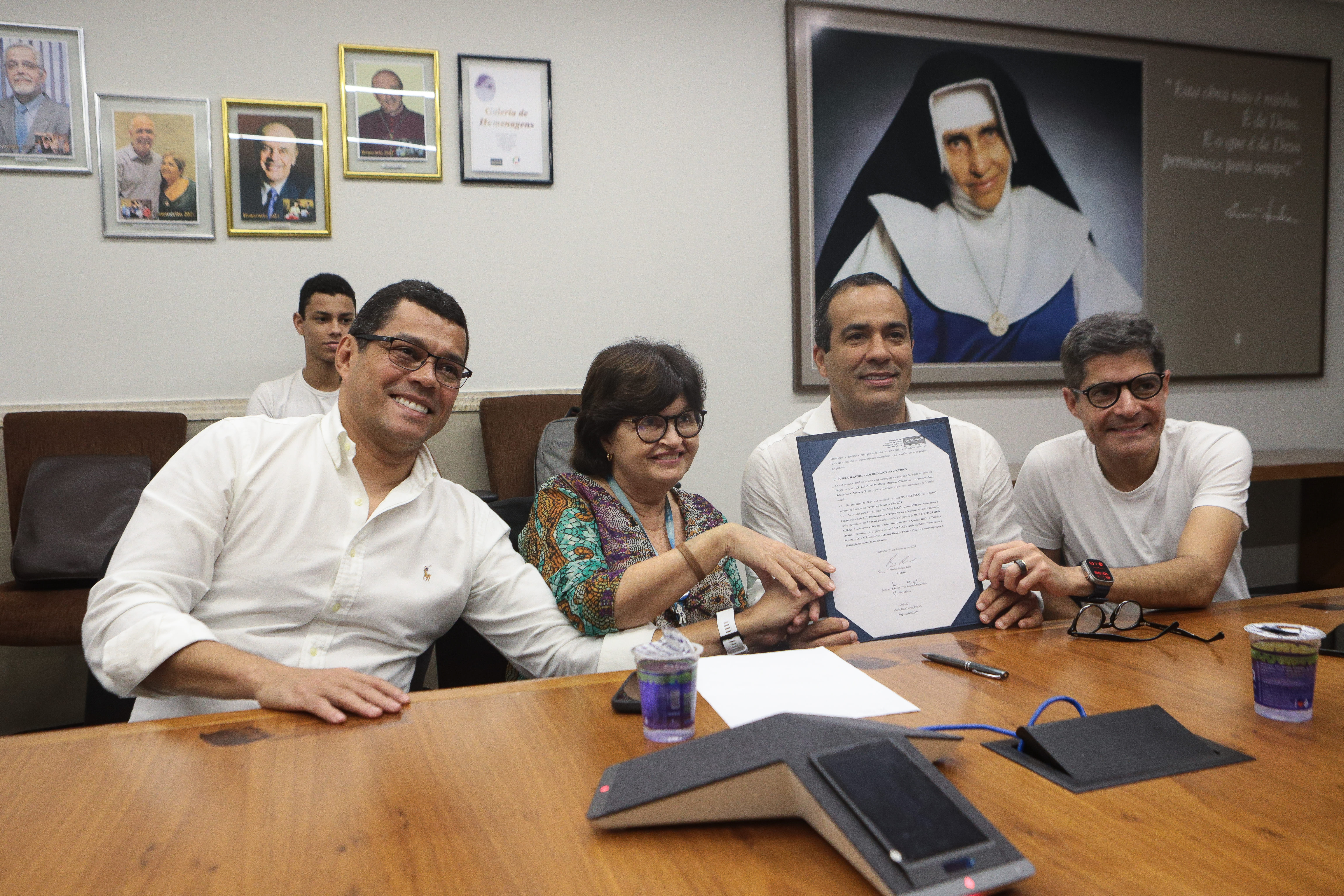
OSID implementa mudanças nos canais de denúncias e ouvidoria a partir de janeiro
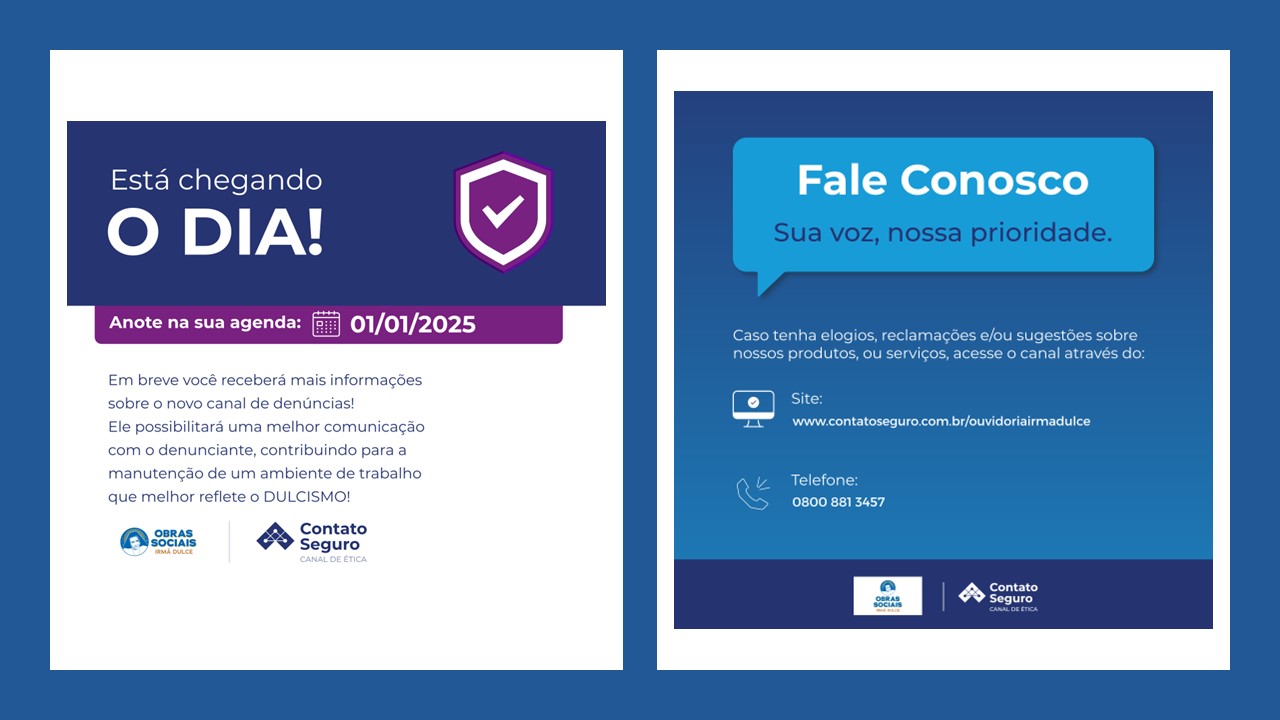
Natal e solidariedade: voluntários realizam entrega de doações aos pacientes acolhidos pela OSID

Osvaldo Gouveia recebe a Medalha do Mérito Museológico pela importante contribuição como museólogo ao país
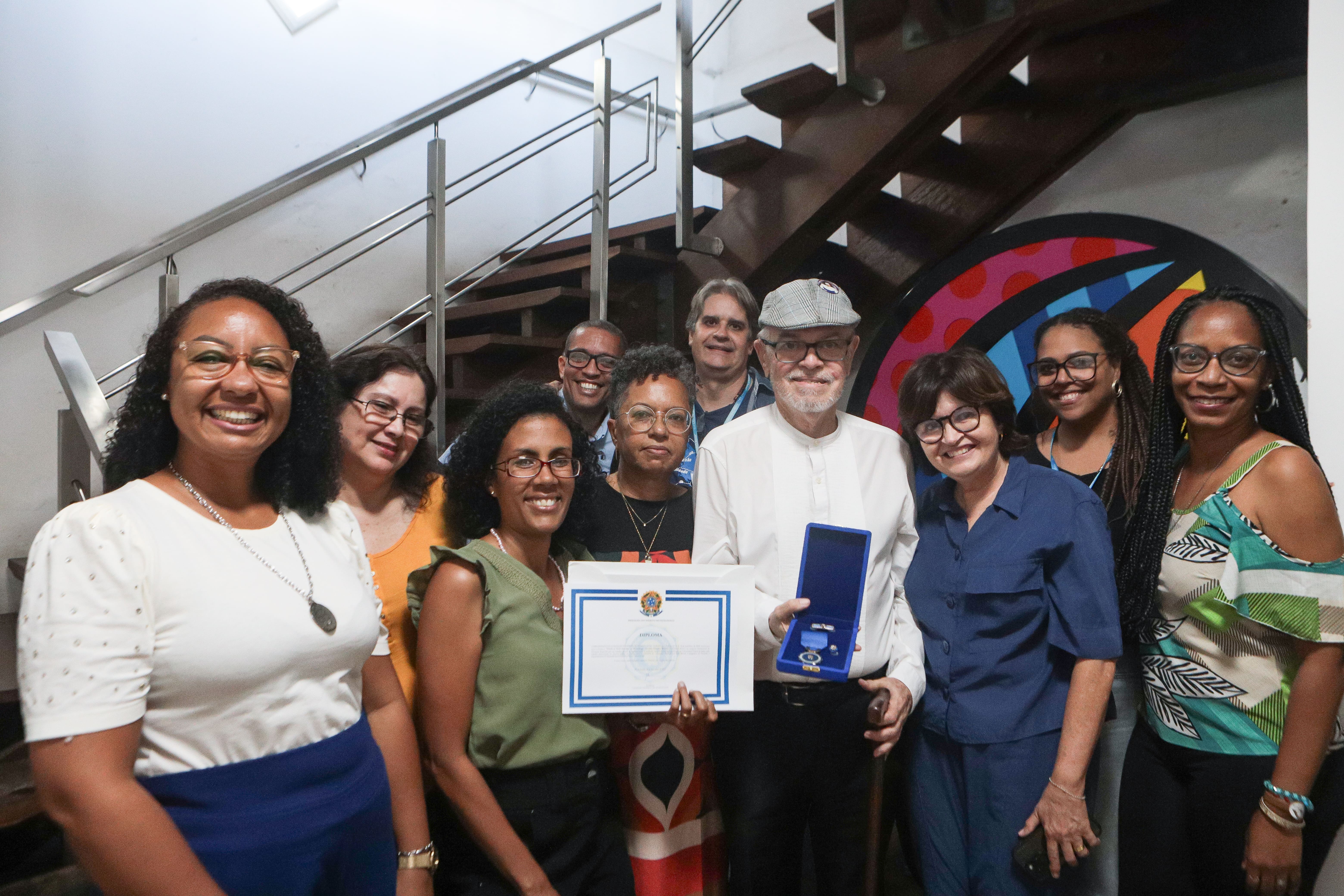
Obras Sociais Irmã Dulce abrem inscrições para o 1º Simpósio de Fonoaudiologia Hospitalar e da Saúde

Loja Dulce Sabor celebra 2 anos com promoções, degustação, presença da boneca Dulcinha e Casinha do Panetone
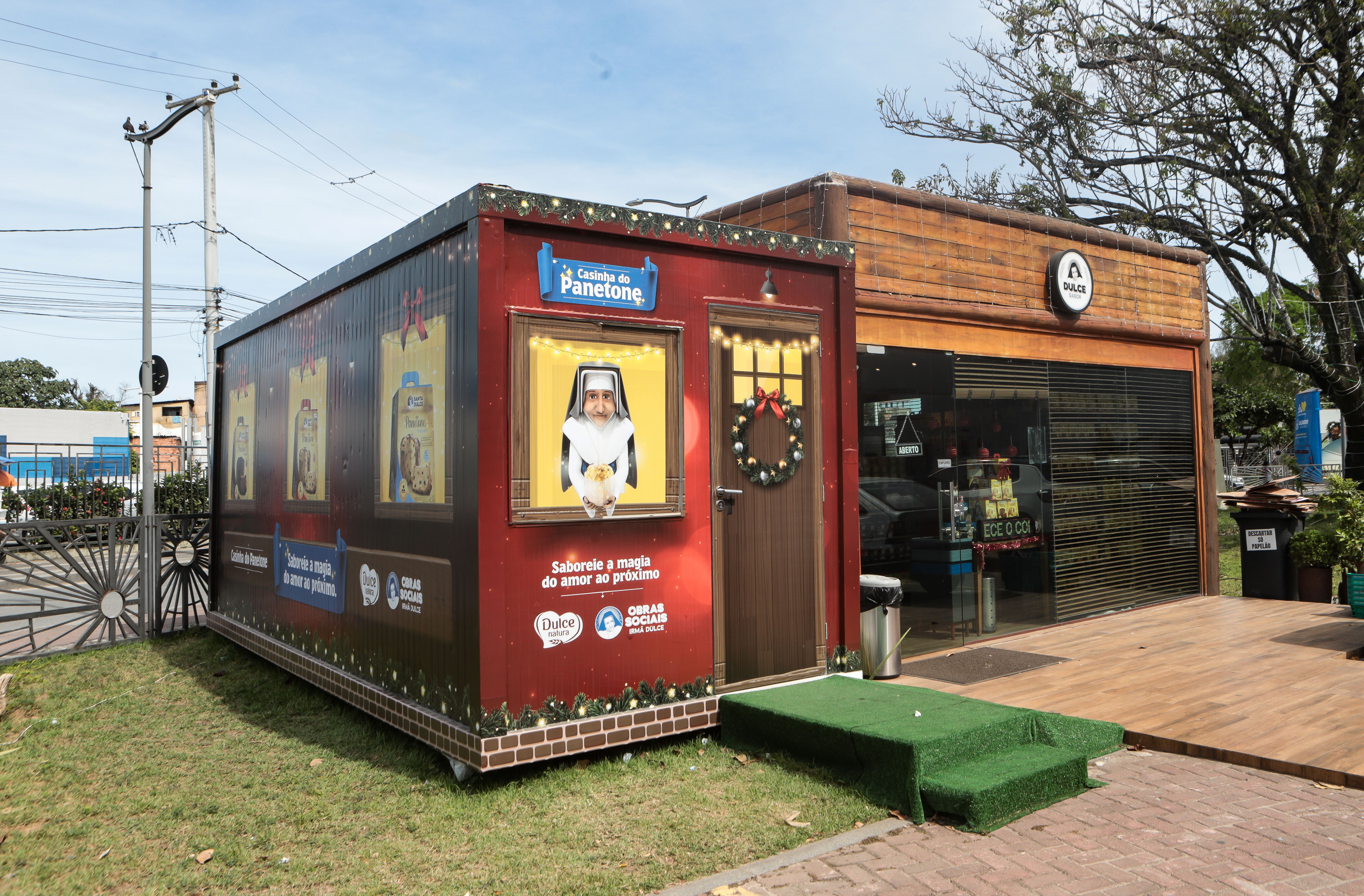
Obras Sociais Irmã Dulce participam de mutirão para prevenção e detecção de câncer de pele
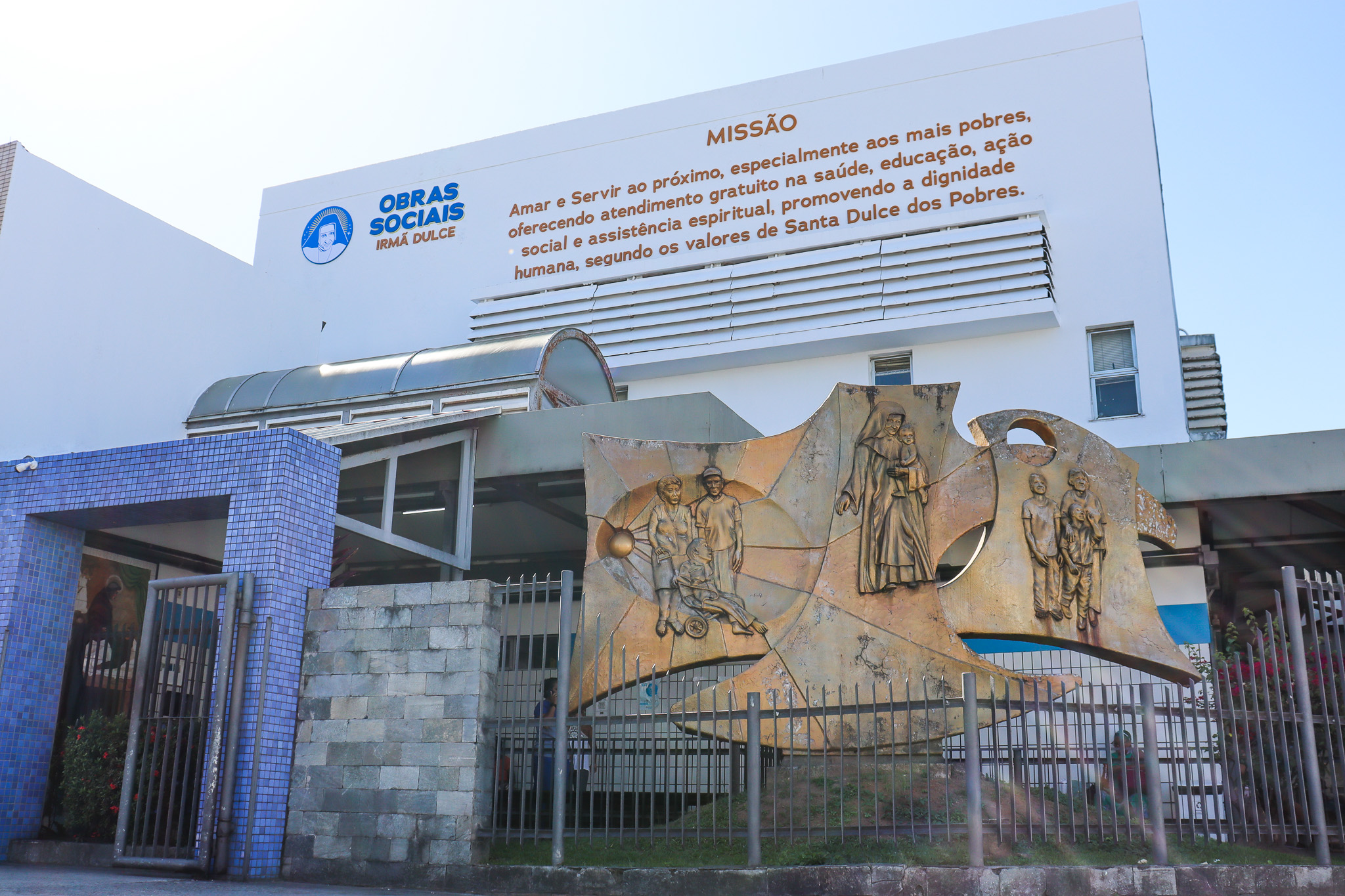
No Dia de Doar, Obras Sociais Irmã Dulce lançam campanha para estimular doações pelas empresas

Capela Santo Antônio retoma agenda de celebrações no Memorial Santa Dulce dos Pobres
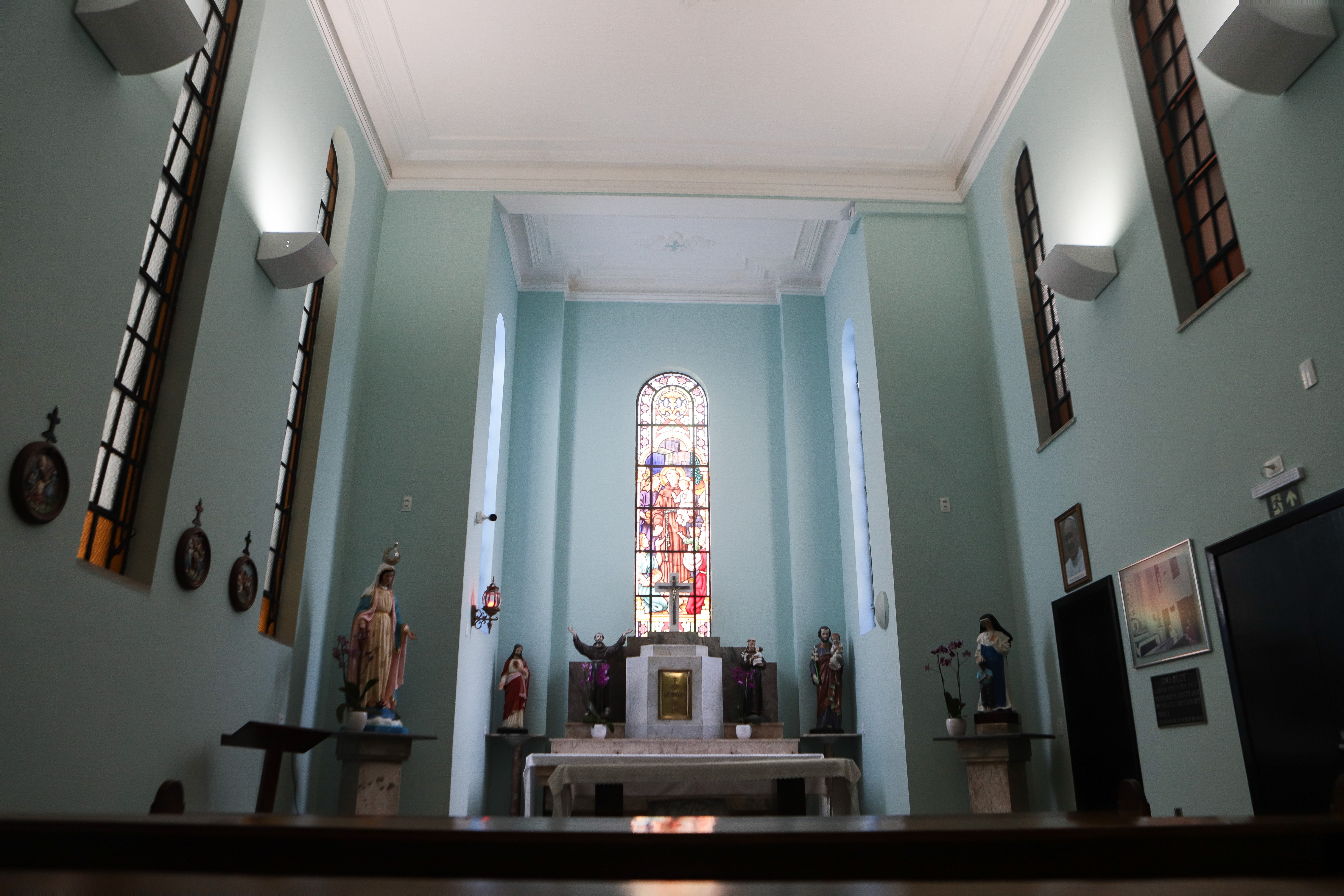
Alunos e ex-alunos da escola de Santa Dulce recebem tablets da sorveteria A Cubana
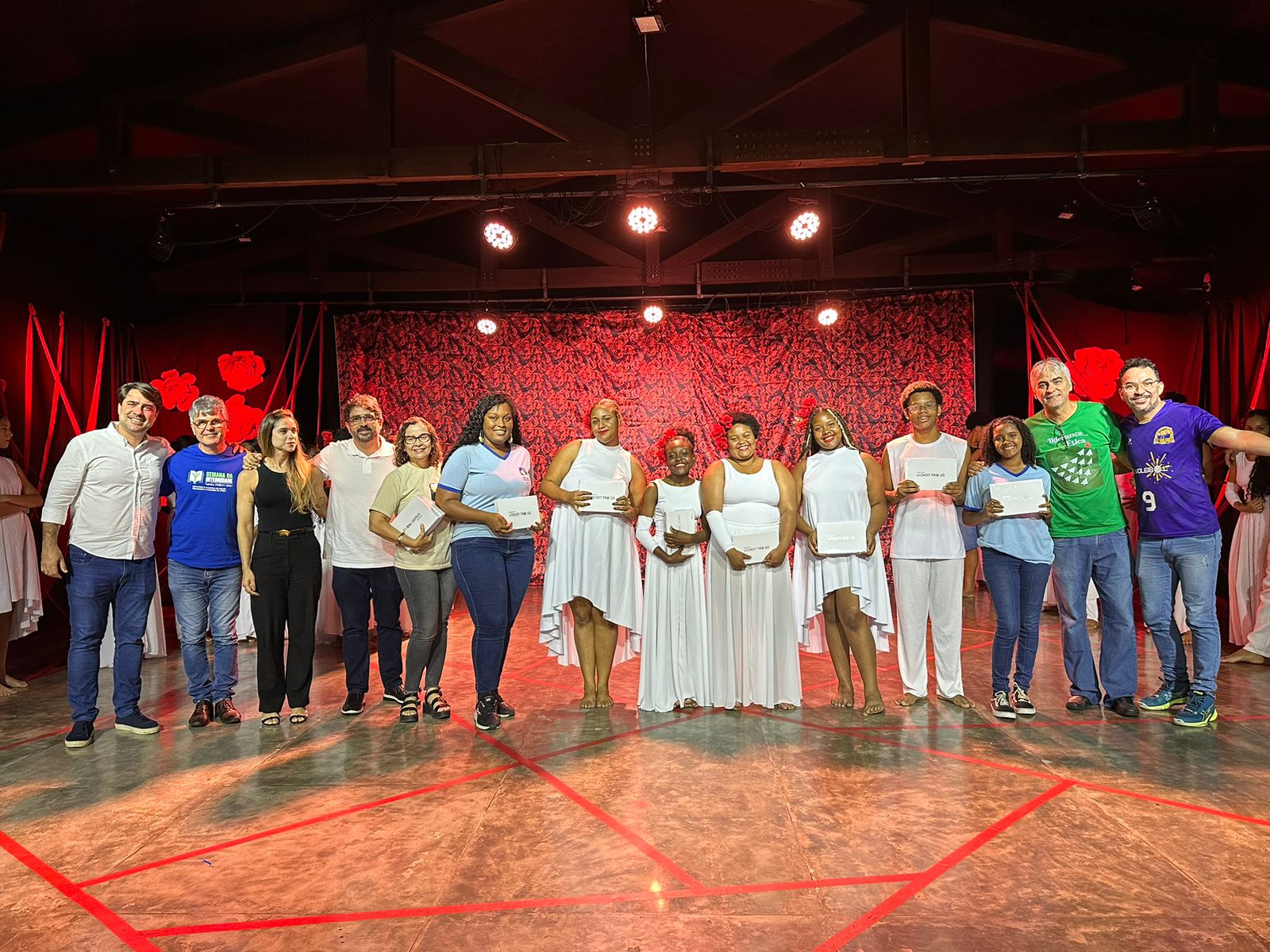
Centro Educacional Santo Antônio é premiado pela organização internacional ChildFund
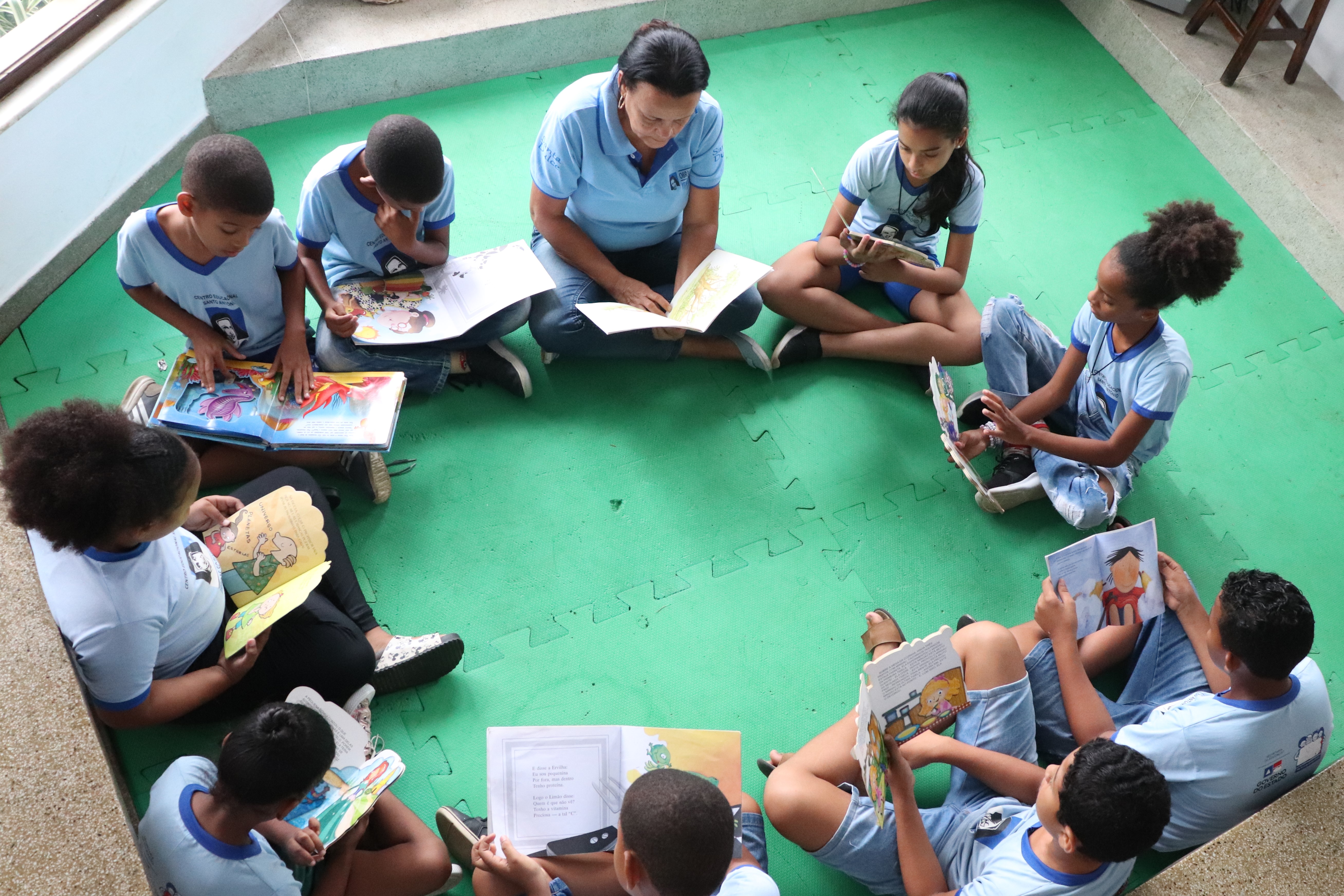
Primeiros partos da maternidade do Hospital Regional de Juazeiro são de bebês de famílias de Pernambuco e da Bahia
Lua, que nasceu por uma cesariana, e Matheus, de parto normal, são filhos de duas professoras de cidades do interior de ambos os estados. Todos passam bem.
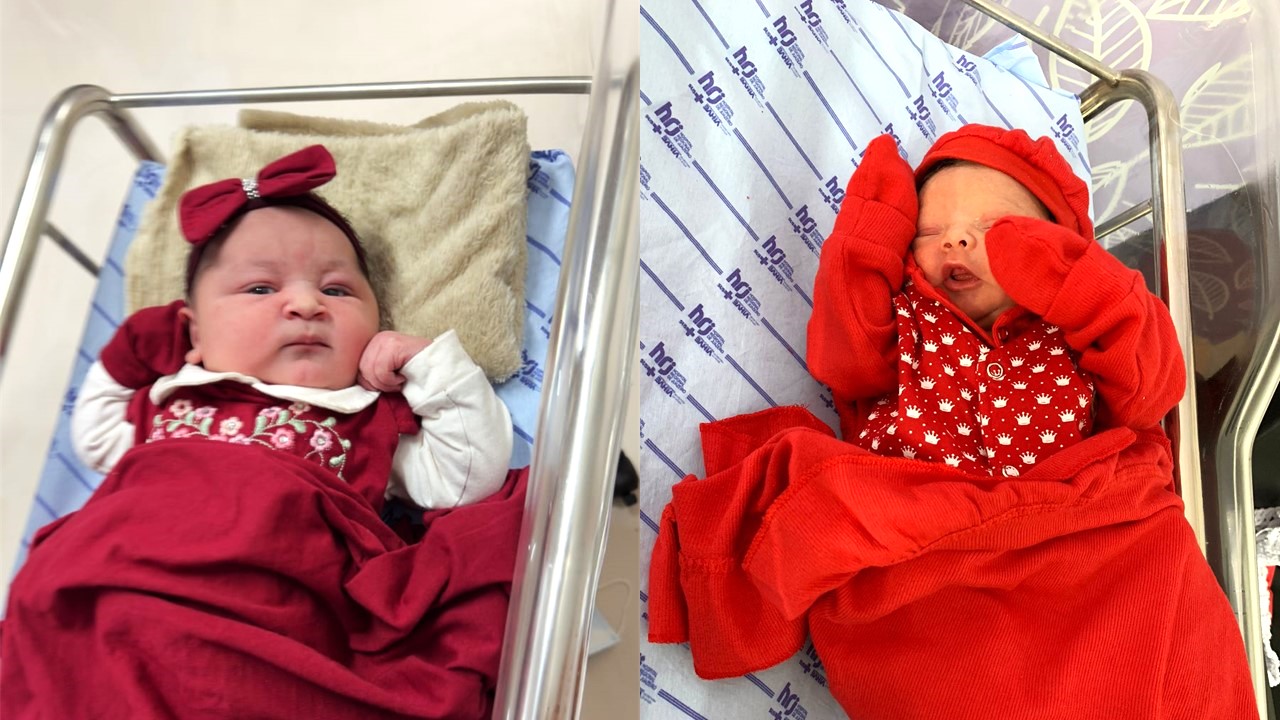
Nova usina solar e sistema de armazenamento de energia são inaugurados em hospital das Obras Sociais Irmã Dulce
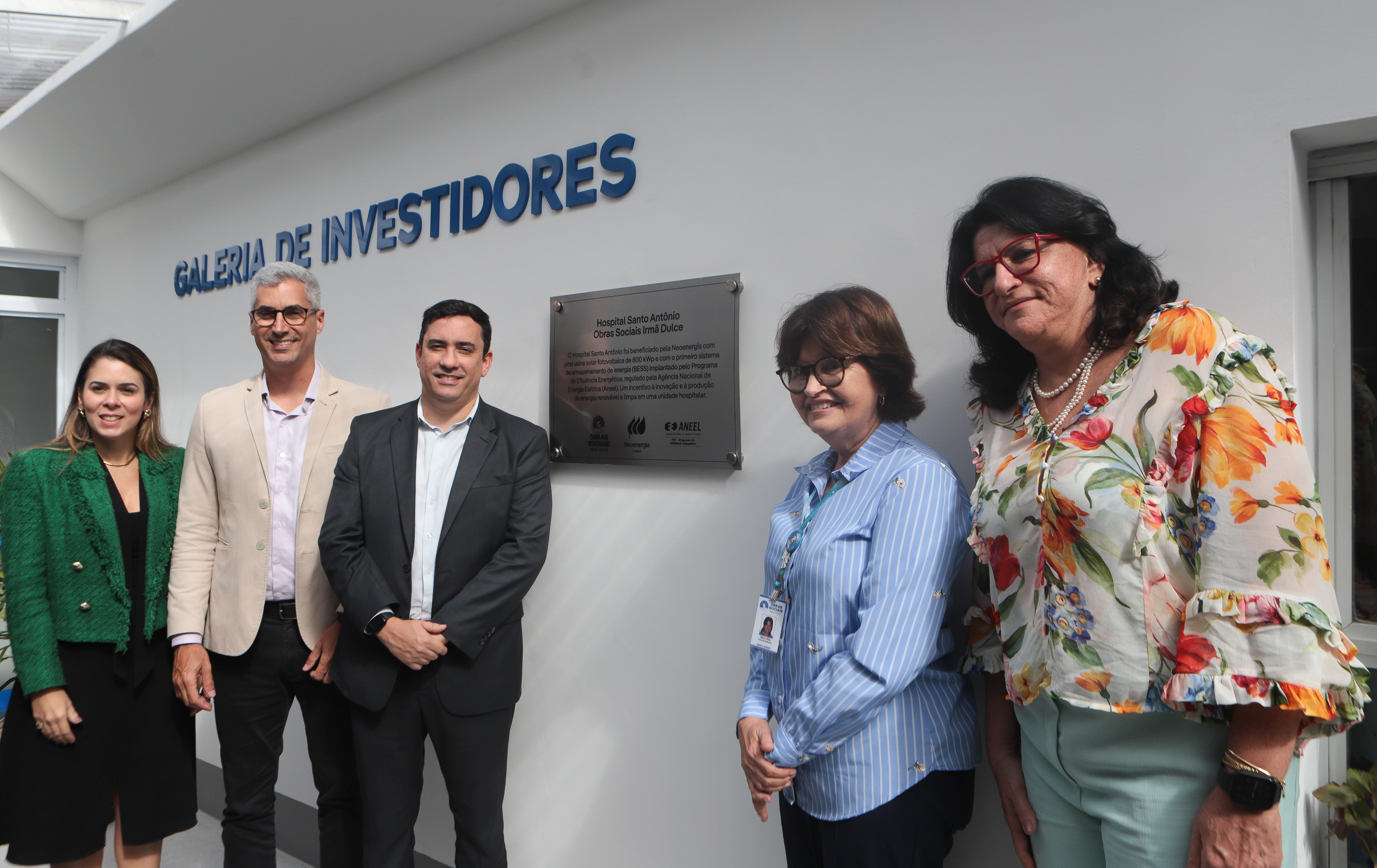
No mês dedicado ao doador voluntário de sangue, OSID reforça pedido para manutenção dos estoques
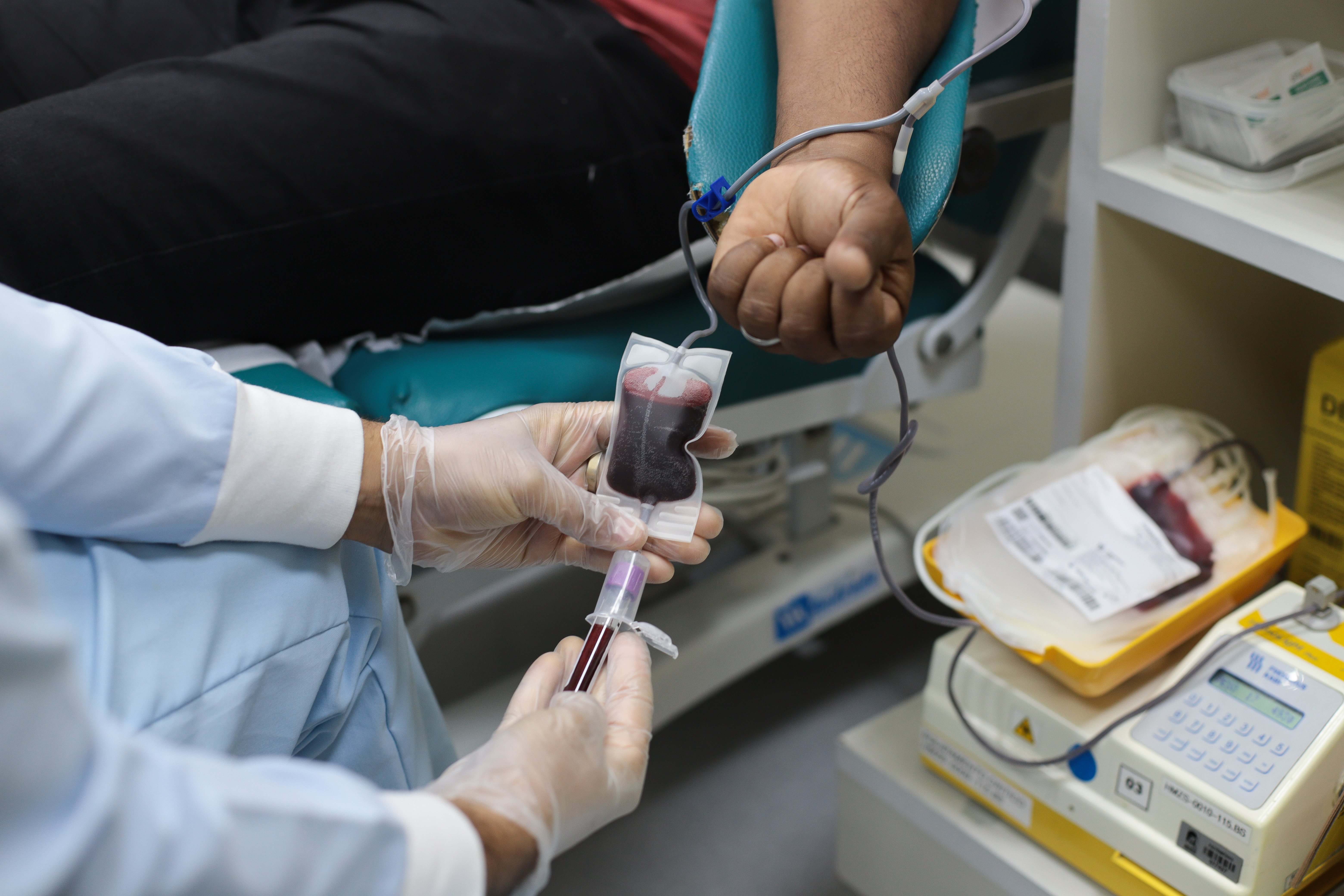
Hospital Regional de Juazeiro inaugura novos leitos, emergência e maternidade com as primeiras UTIs Neonatal e Pediátrica do município
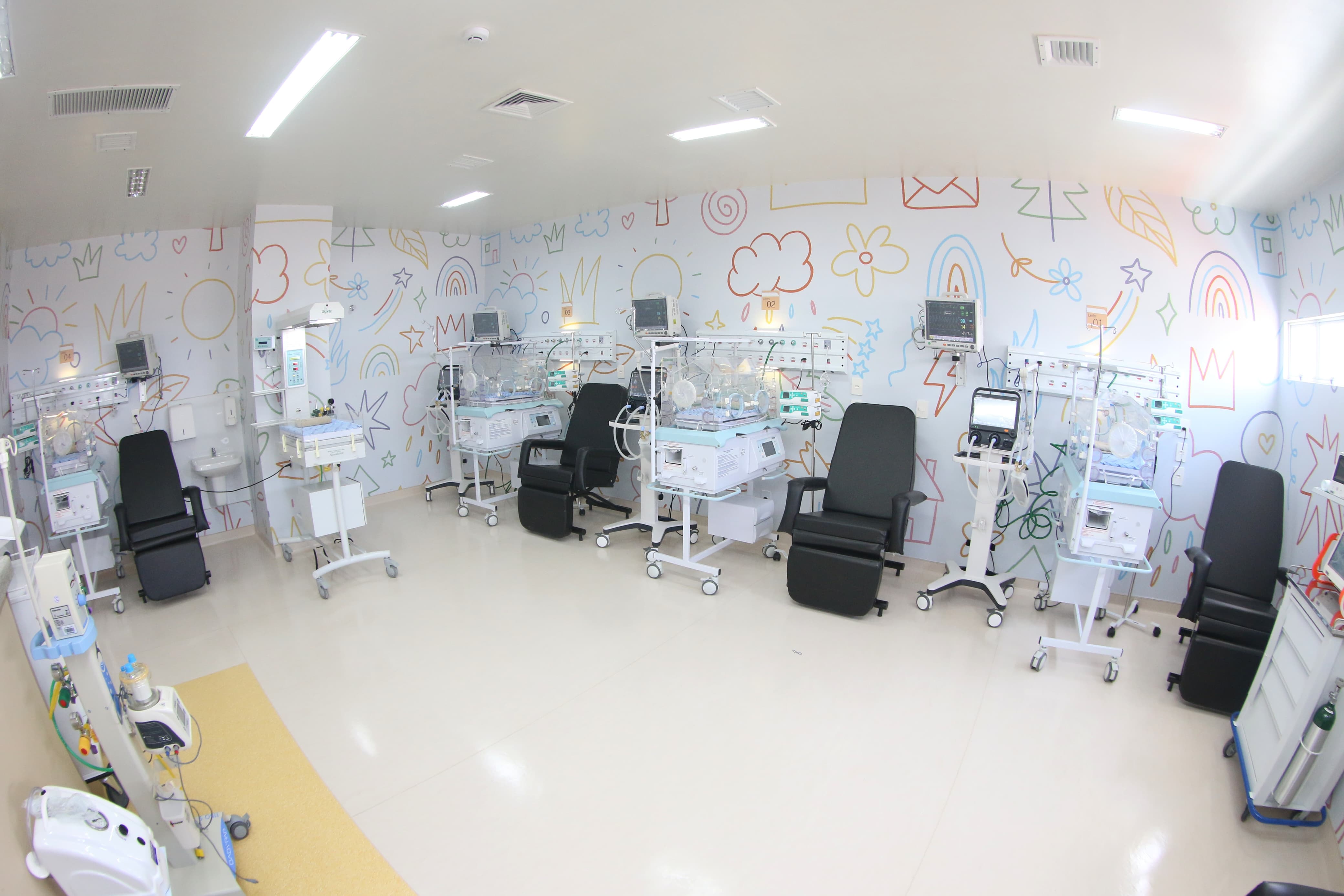
Presidente do TJBA realiza entrega de mais de duas toneladas de alimentos às Obras Sociais Irmã Dulce

Escola das Obras Sociais Irmã Dulce é campo de estudo de projeto da UFBA
Escola das Obras Sociais Irmã Dulce é campo de estudo de projeto da UFBA
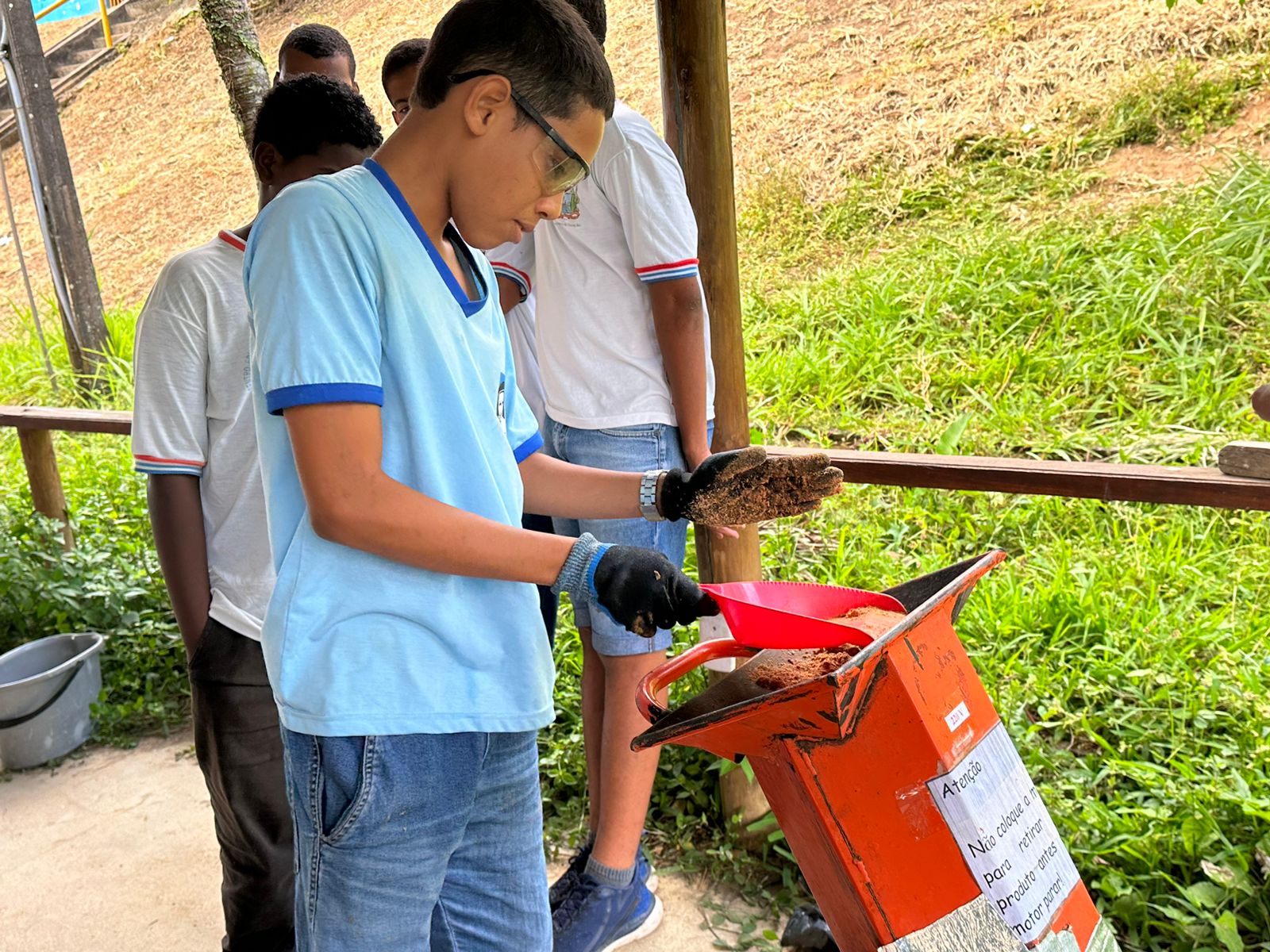
Versão especial do Panetone Santa Dulce já está disponível na lata e com sabor exclusivo

Por meio de ações lúdicas, Guardiões do Dulcismo disseminam valores e o jeito Dulce de pensar, ser e agir
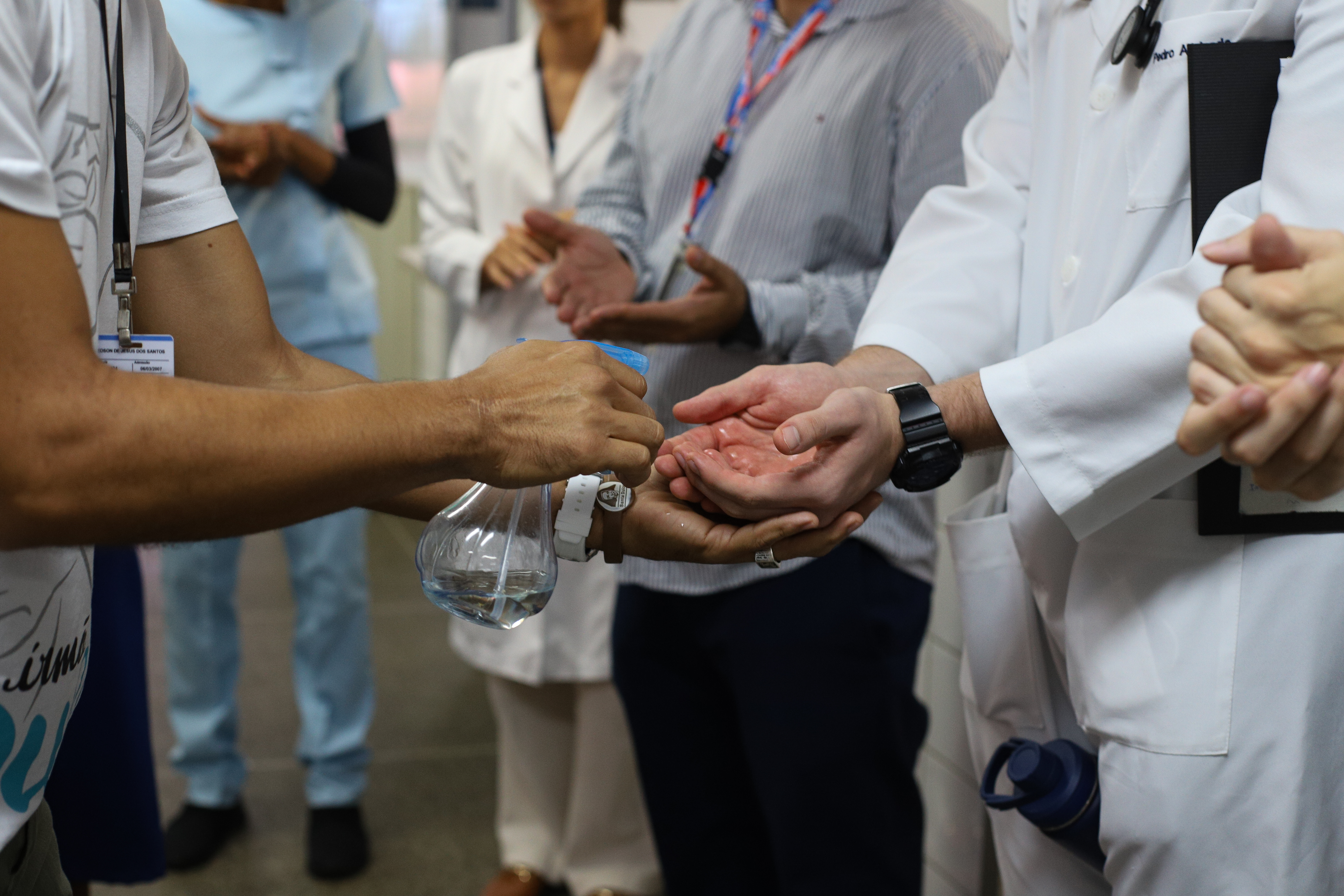
Obras Sociais Irmã Dulce já contam com nova plataforma de recrutamento e seleção

Projetos no âmbito do Pronon e do Pronas/PCD vão beneficiar pacientes oncológicos e pessoas com deficiência na OSID
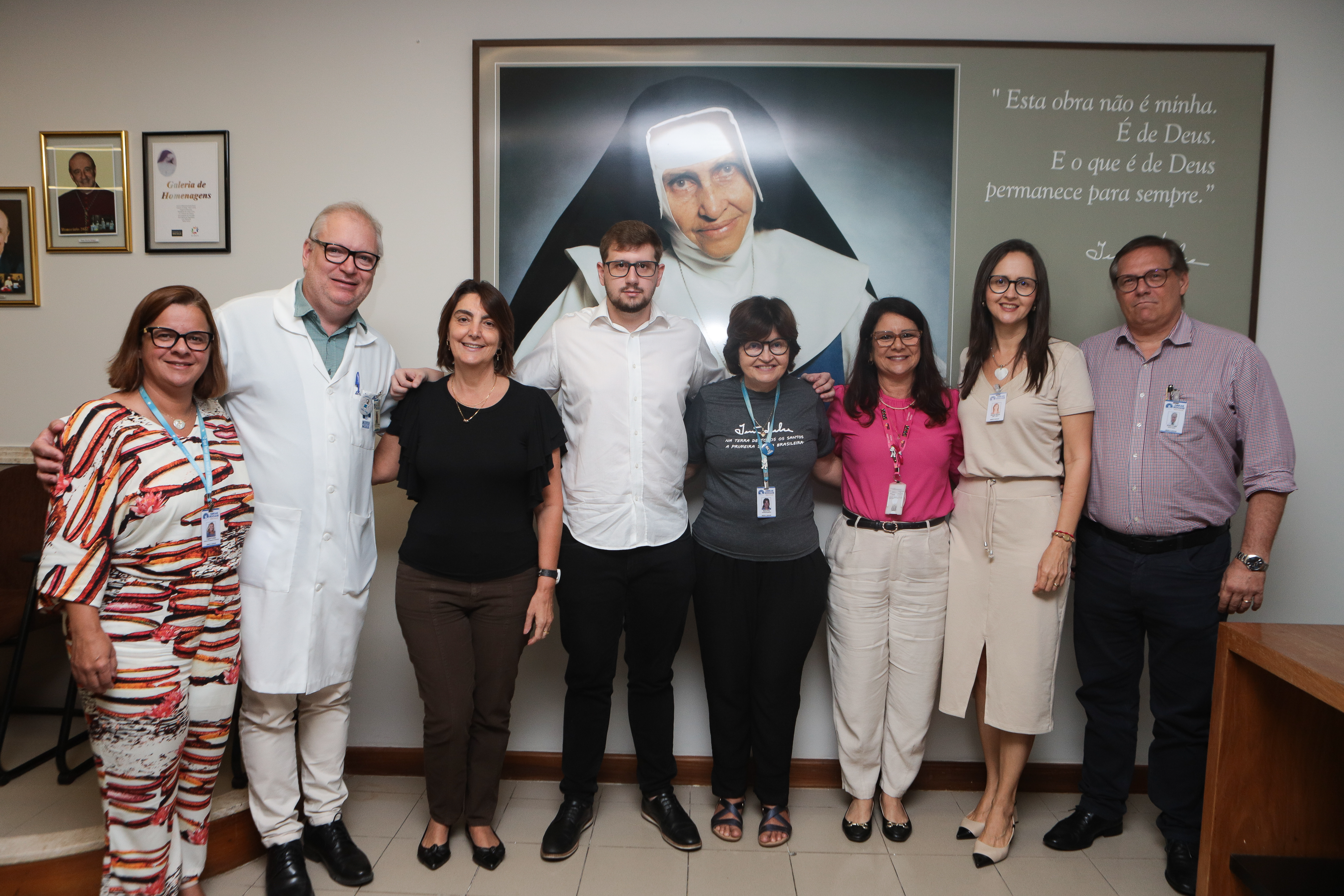
Legado de amor de Santa Dulce dos Pobres será tema de palestra no 8º Encontro Nacional da Pastoral do Empreendedor

Memorial Santa Dulce dos Pobres será reaberto para visitação no dia 5 de novembro
Museu dedicado à primeira santa brasileira passou por ampla requalificação em seu espaço físico e expográfico
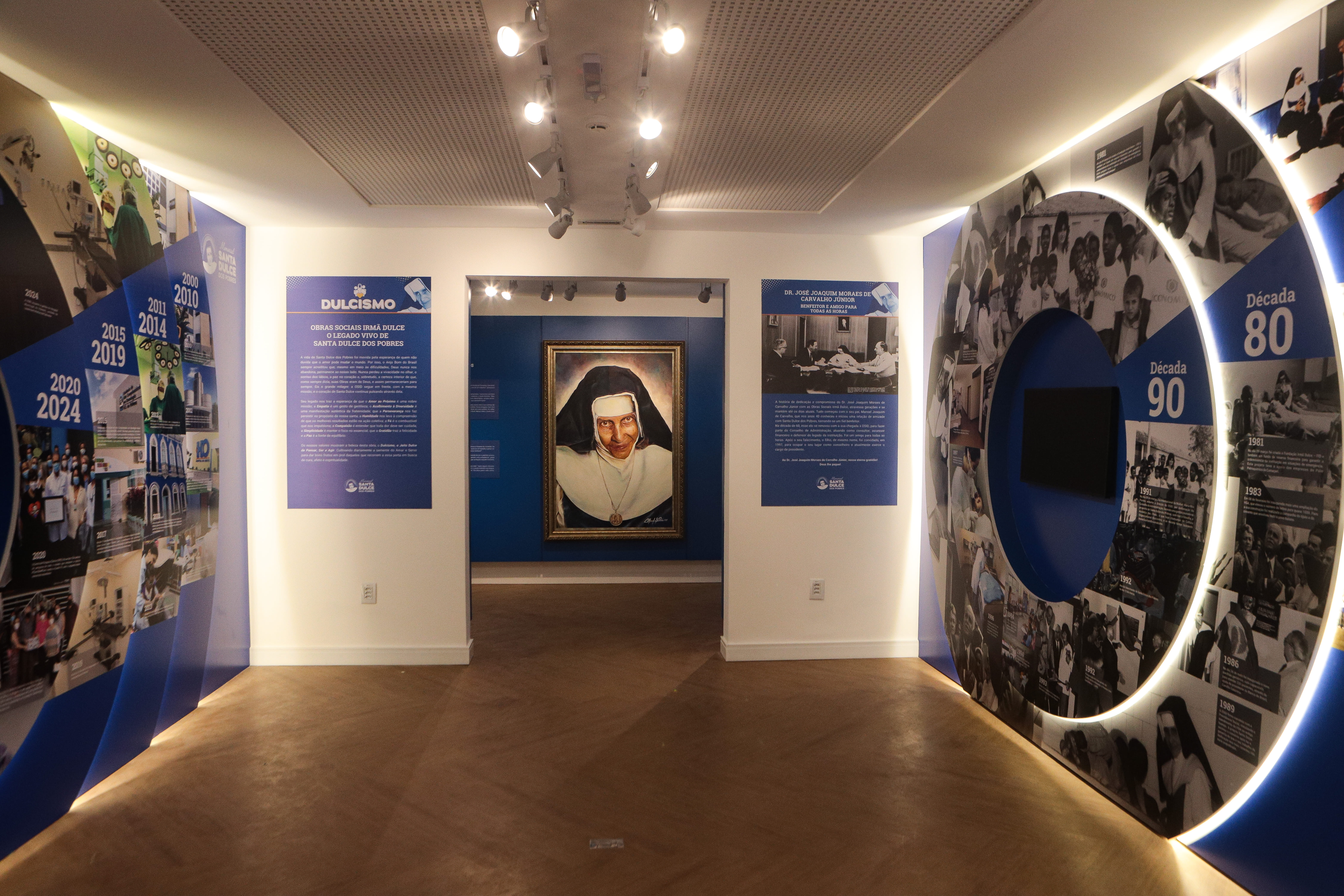
Segurança cibernética nos serviços de saúde é tema de capacitação para profissionais das Obras Sociais Irmã Dulce
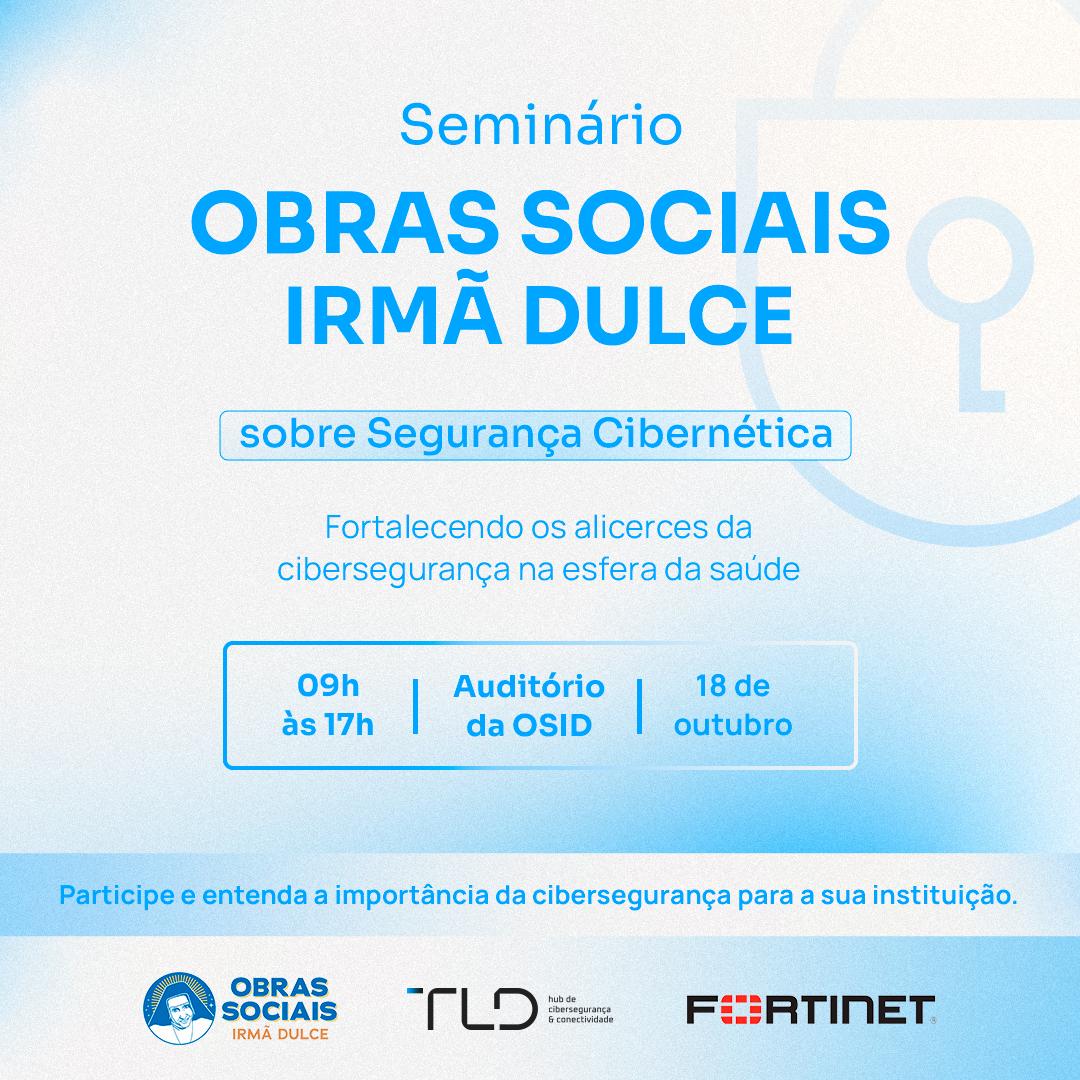
Panificação das Obras Sociais Irmã Dulce realiza no próximo sábado evento de lançamento de nova linha de biscoitos
Renda obtida com as vendas é destinada à escola fundada por Santa Dulce - unidade que acolhe hoje mais de 900 crianças e adolescentes em vulnerabilidade social

Comitê de Ética em Pesquisa da OSID: 25 anos contribuindo para a integração da ciência, educação e saúde
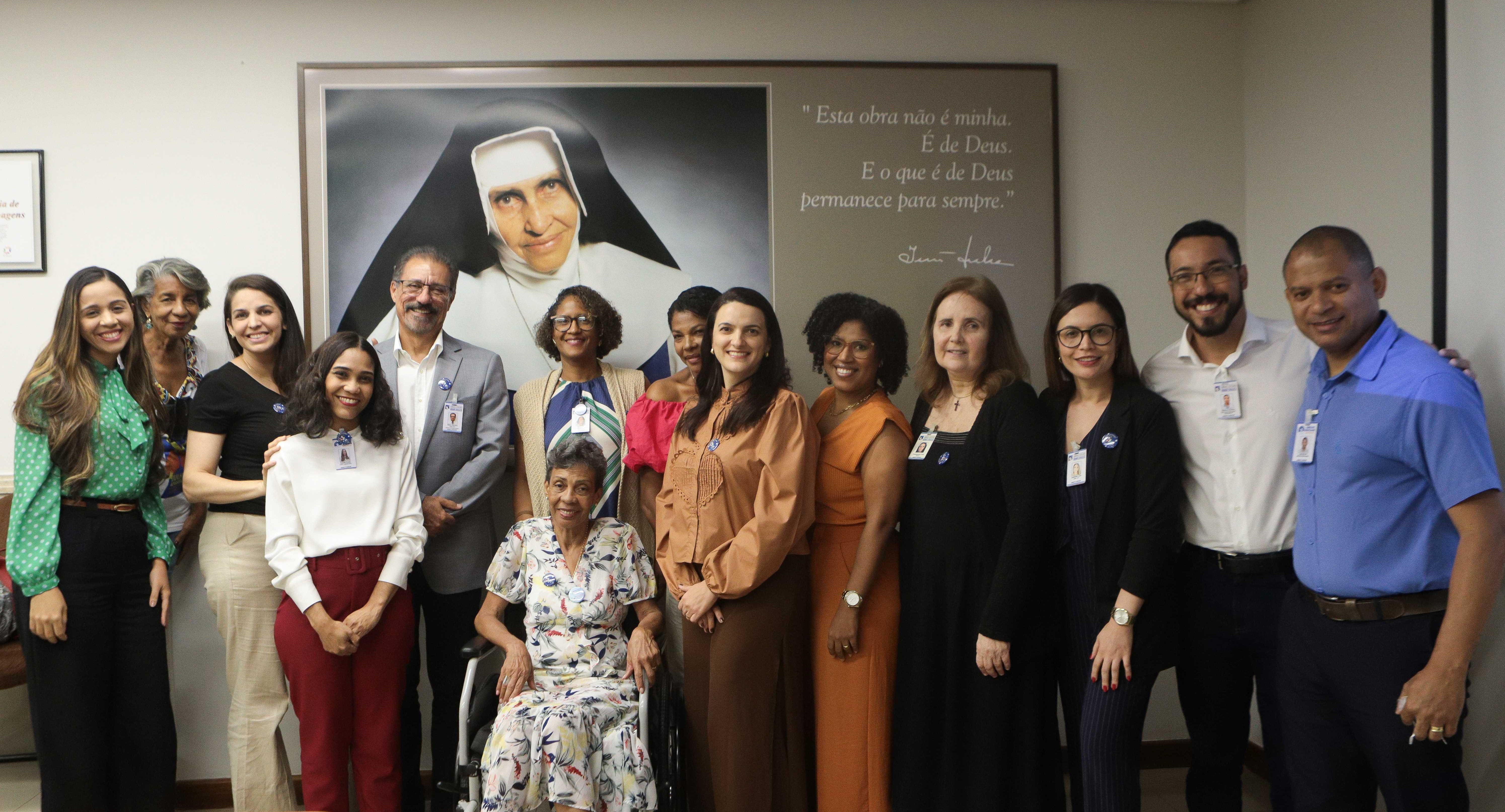
Tríduo da Gratidão abre homenagens pelos cinco anos da Canonização de Santa Dulce

Outubro Rosa: pacientes da OSID entram em campo com o Bahia para conscientizar torcedores sobre o câncer de mama
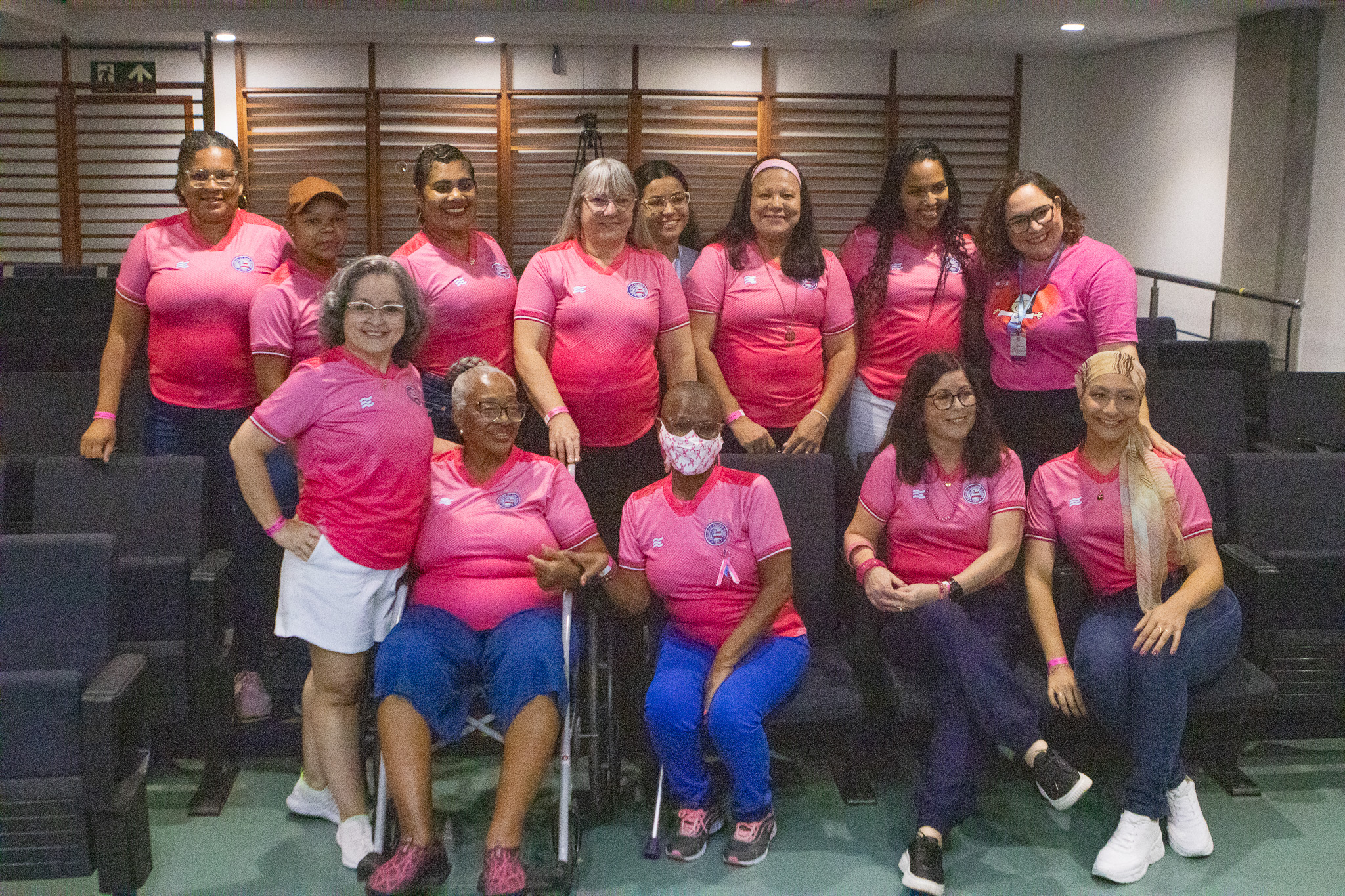
Obras Sociais Irmã Dulce e Ewwá Brasil oficializam parceria em benefício da obra do Anjo Bom
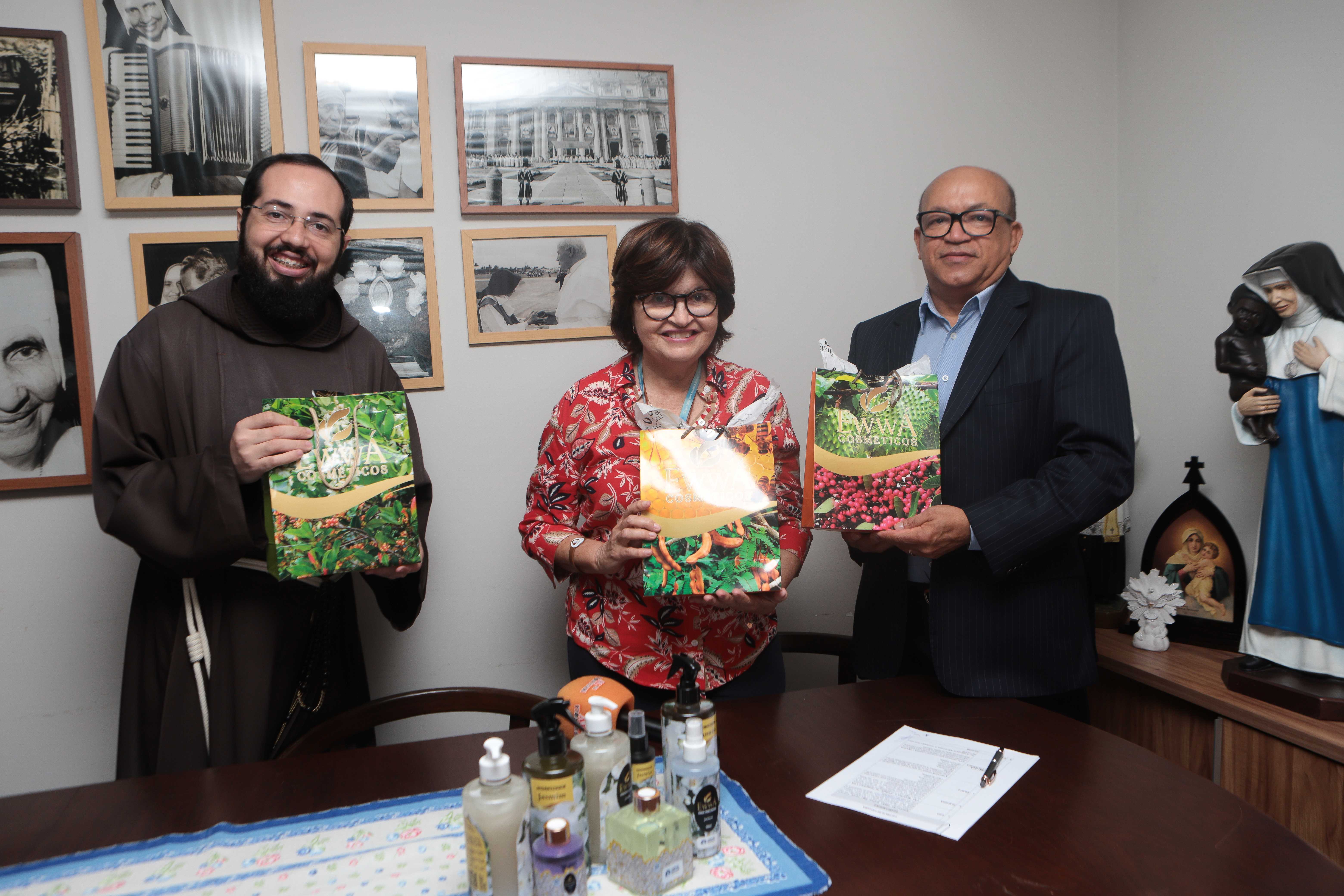
Programa Sócio-Protetor reúne doadores em mais uma edição do Café com a Superintendente
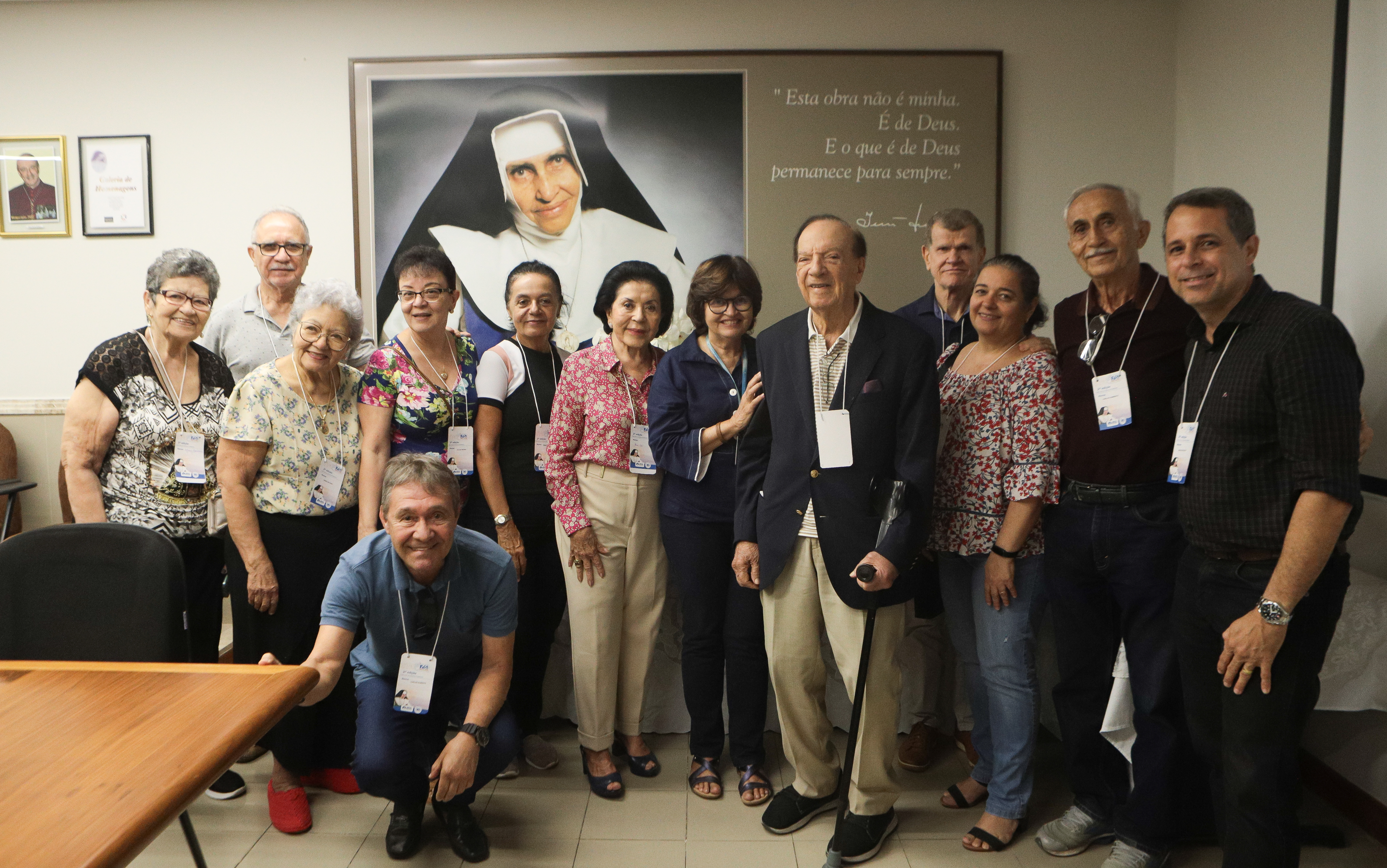
Memorial Santa Dulce dos Pobres é presenteado com obra da artista plástica Mônica San Galo
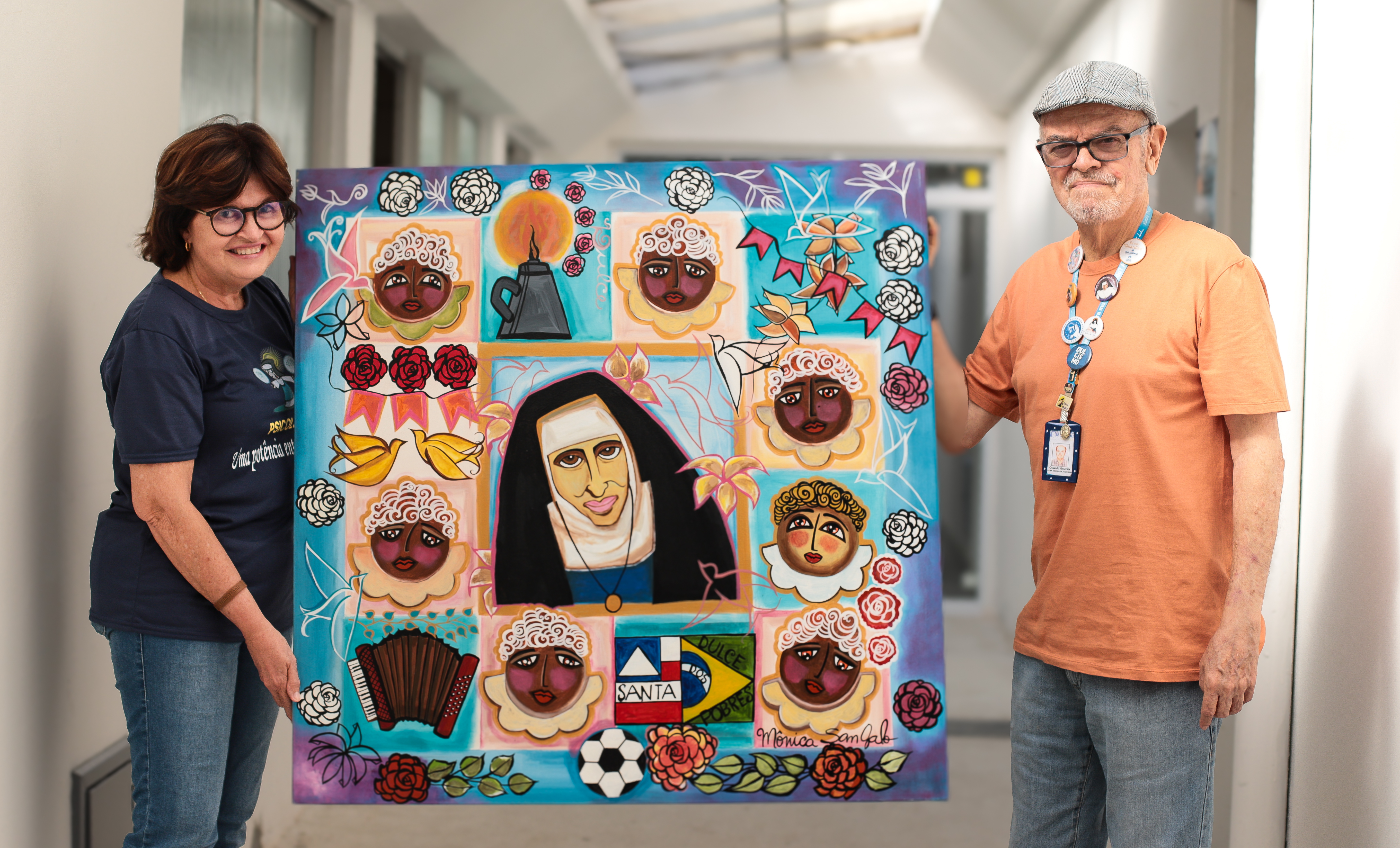
Dia do Doador de Medula Óssea: Unidade de Coleta das Obras Sociais Irmã Dulce destaca importância da doação
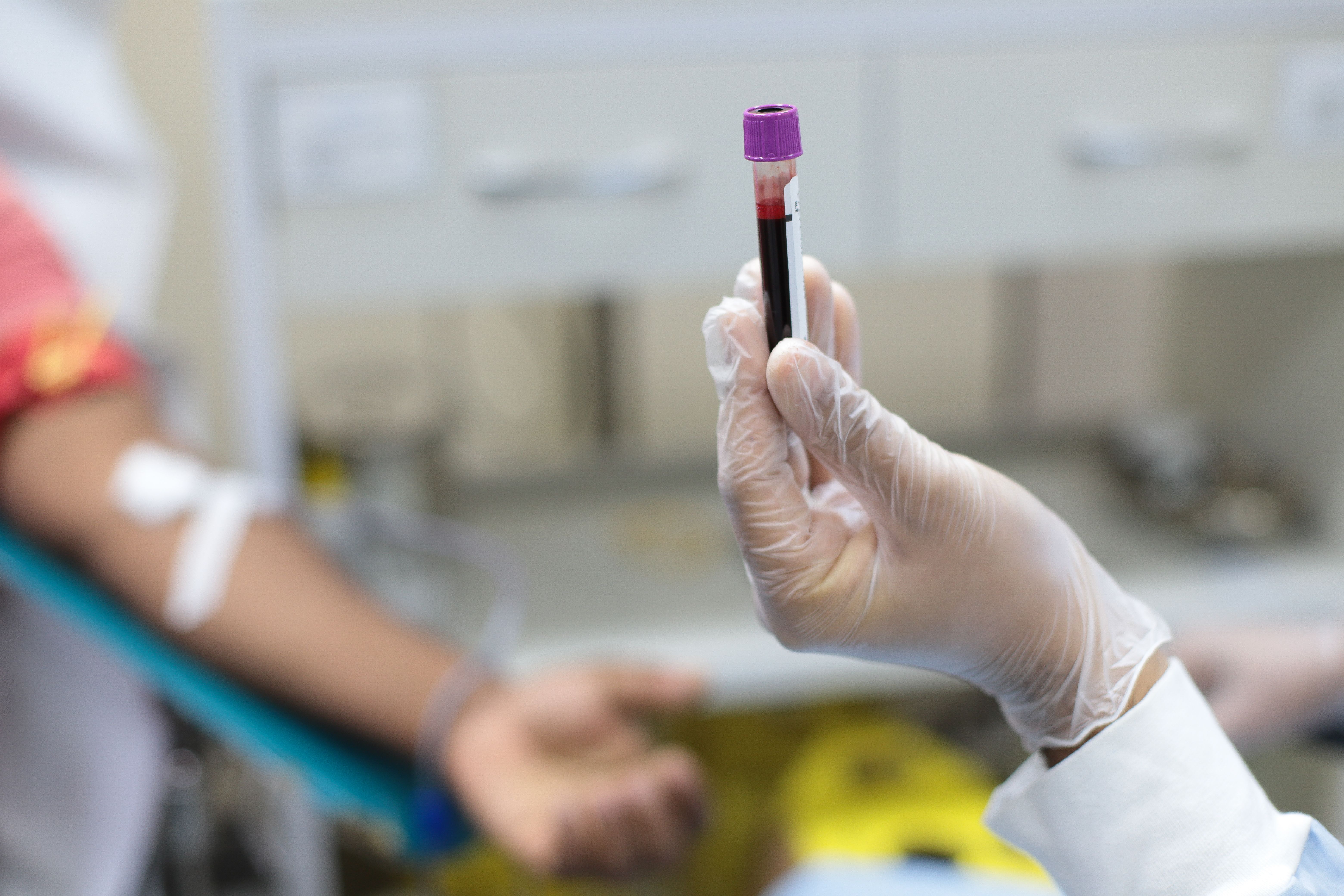
Missa no Santuário e edição do Correio com ecobag personalizada de Santa Dulce marcam Dia do Sócio-Protetor

II Simpósio de Psicologia Hospitalar e da Saúde discute relação entre a prática profissional e o Dulcismo neste sábado
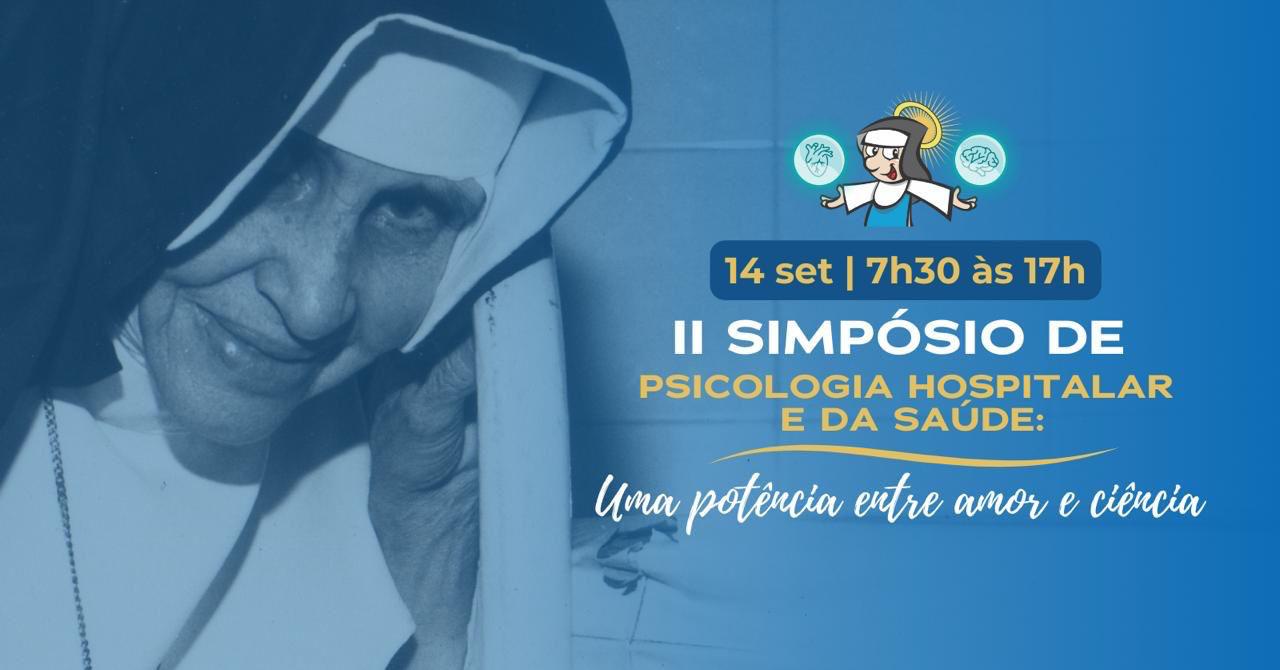
Pacientes mirins do Hospital da Criança participam de oficinas lúdicas sobre ciência
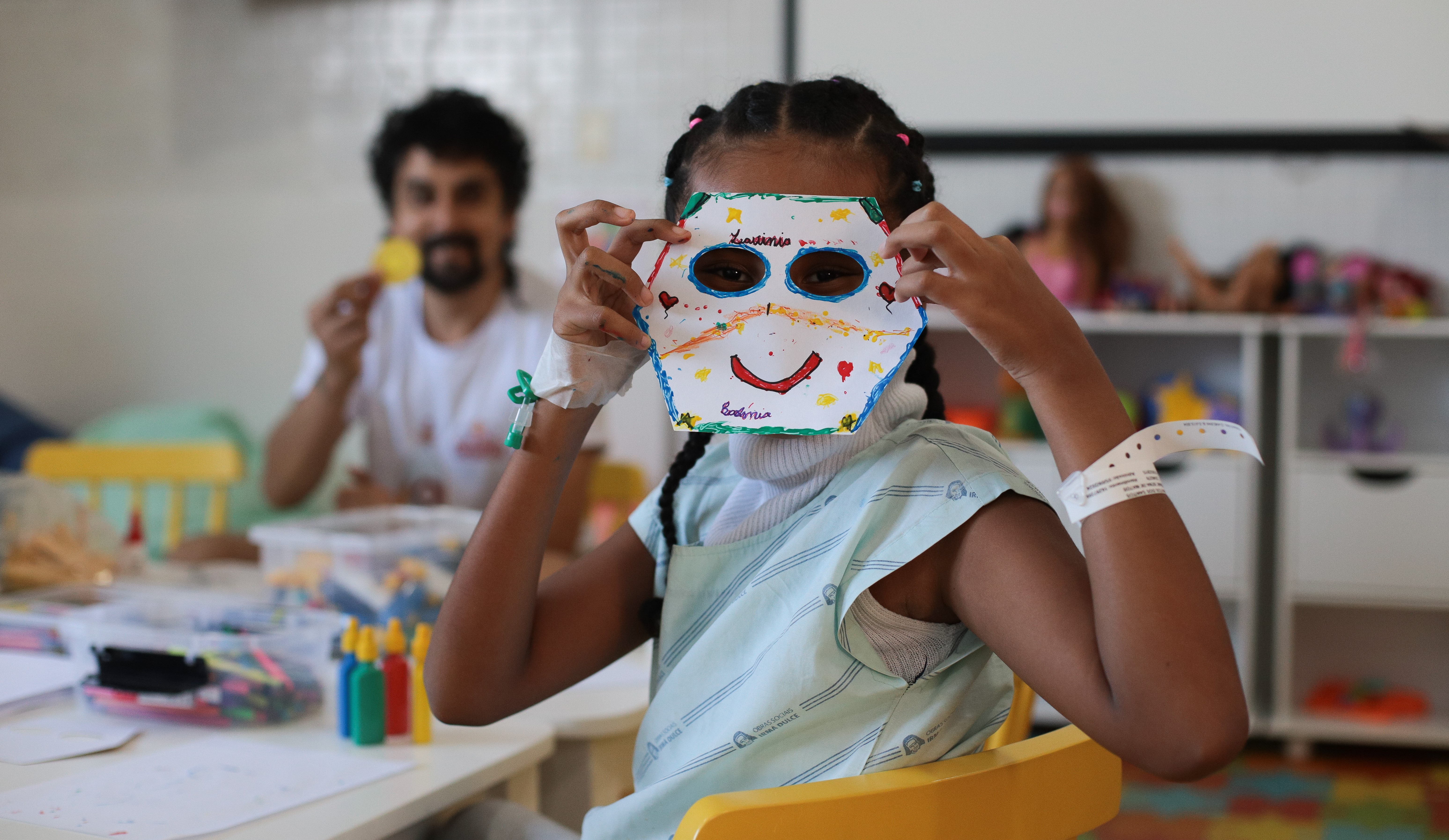
Técnica em enfermagem do Hospital de Irecê vence câncer de mama e transforma sua experiência em livro e documentário
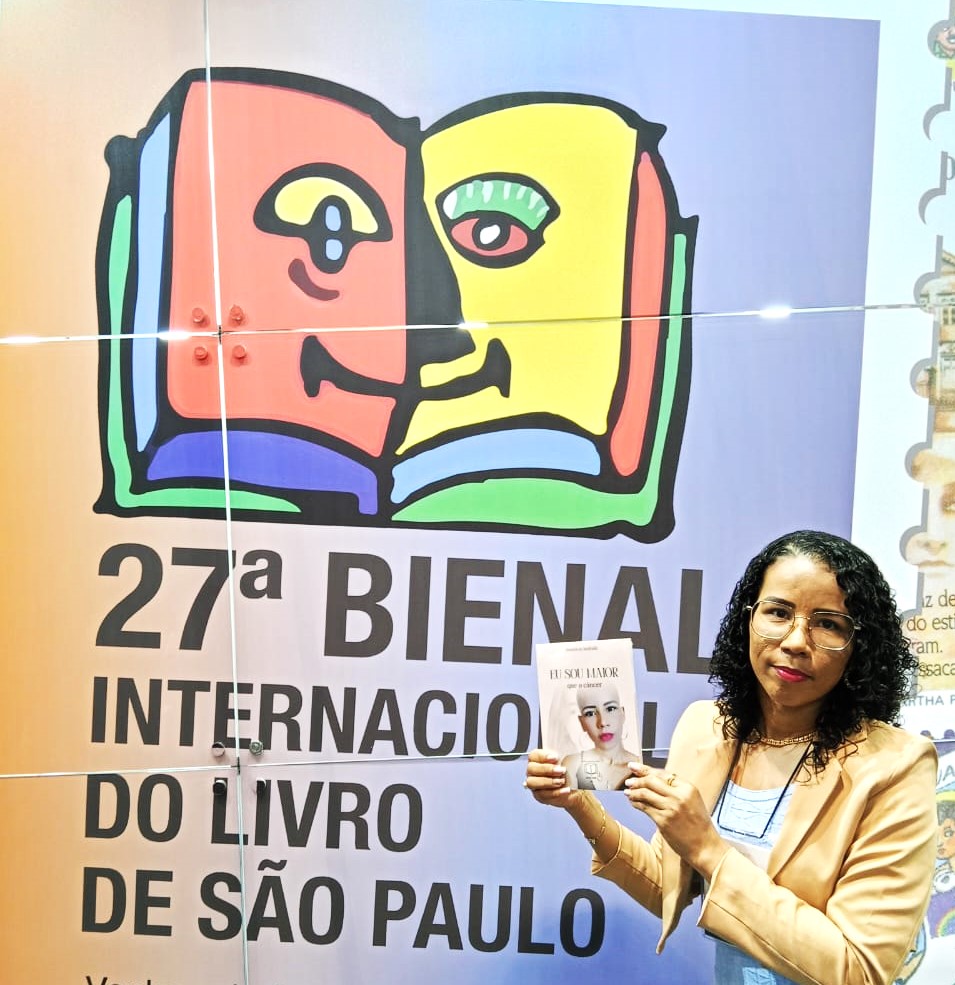
“Essa é a última porta, por isso eu não posso fechá-la”, declarou Santa Dulce dos Pobres há exatos 50 anos

Centro de Pesquisa Oncológica e Clínica da OSID comemora dois anos de atividades

Viva Dulce chega à quinta edição com show de Luiz Caldas em prol de pacientes com endometriose
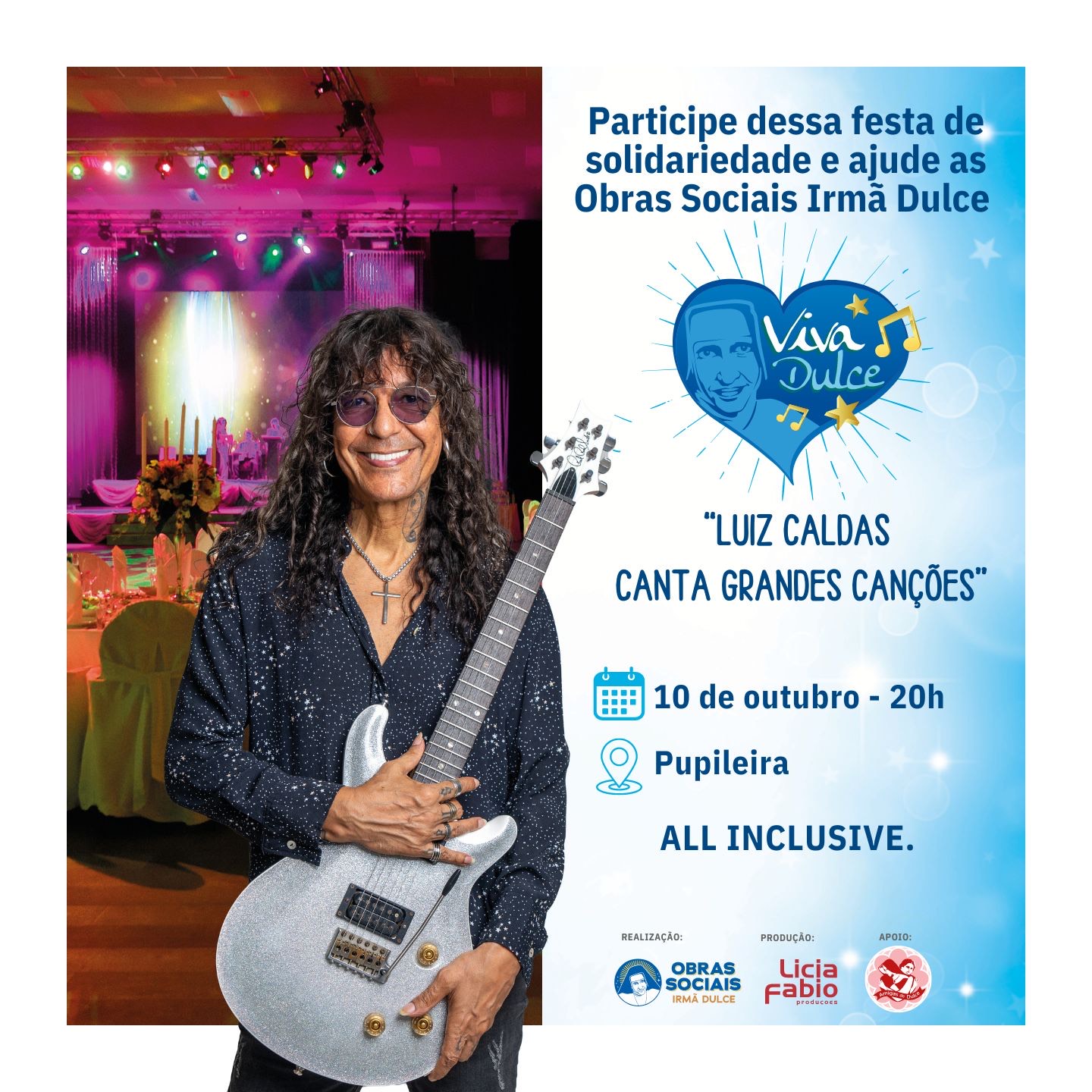
OSID é selecionada para projeto nacional de boas práticas para o controle de infecção hospitalar
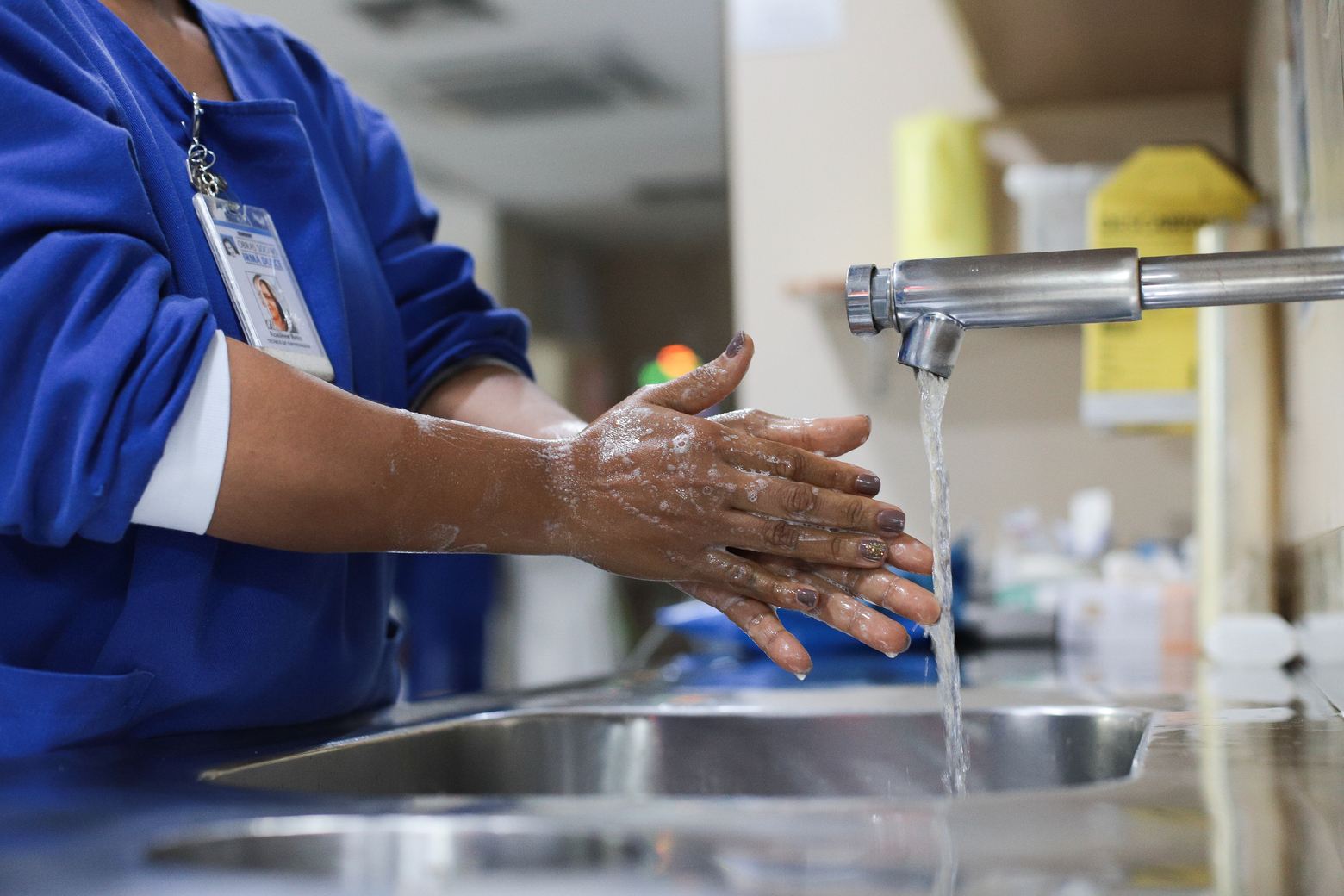
Escritor Valber Carvalho doa acervo de pesquisa ao Memorial Santa Dulce dos Pobres
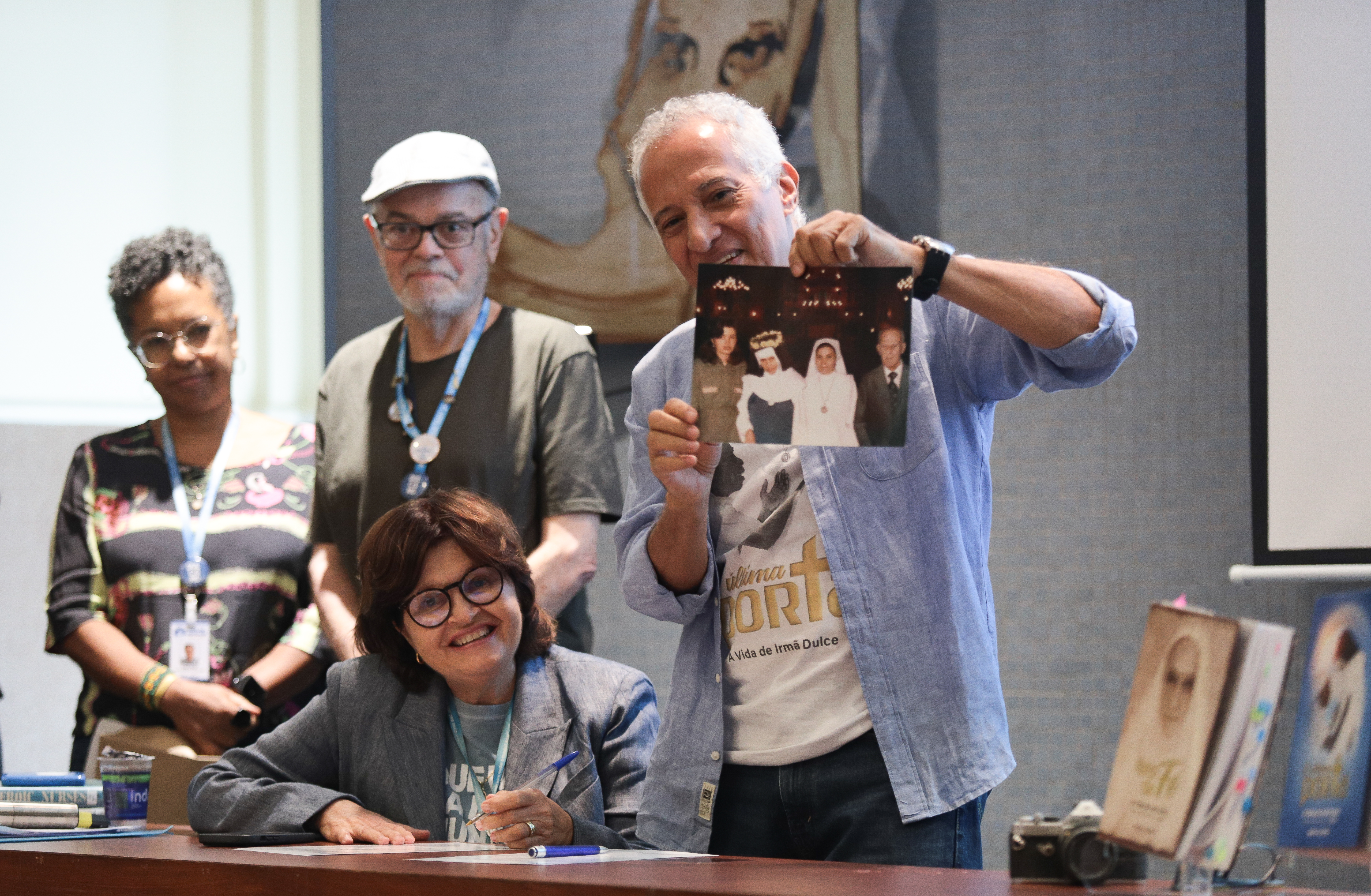
Livro com manuscritos inéditos de Santa Dulce dos Pobres será lançado em Aracaju nesta quinta
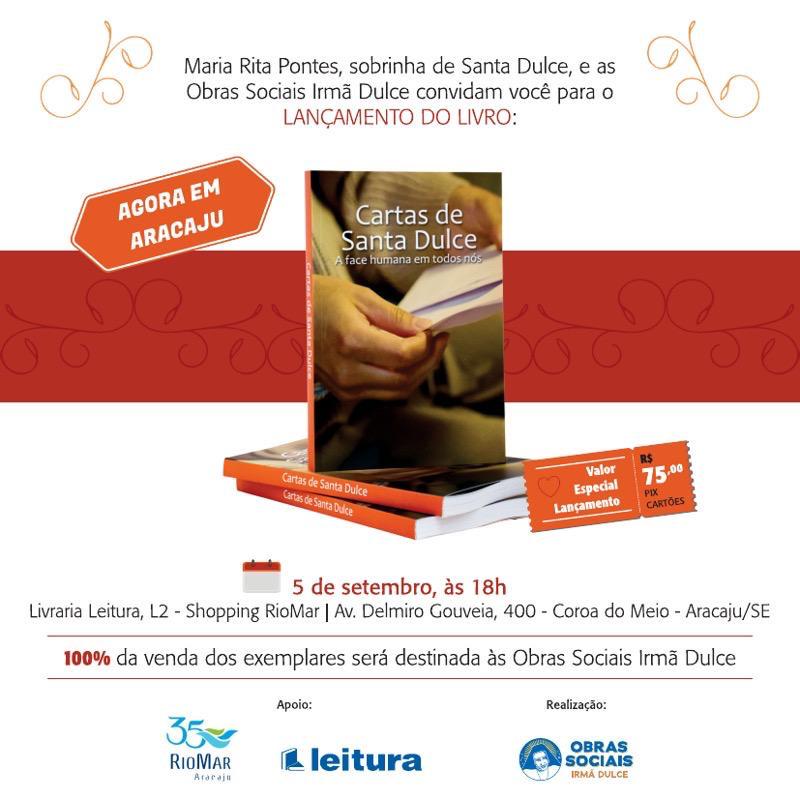
Dia de Santa Dulce dos Pobres terá Missa Campal e shows em Salvador
Celebrações acontecem nesta terça-feira, 13 de agosto, Data Litúrgica da primeira santa brasileira
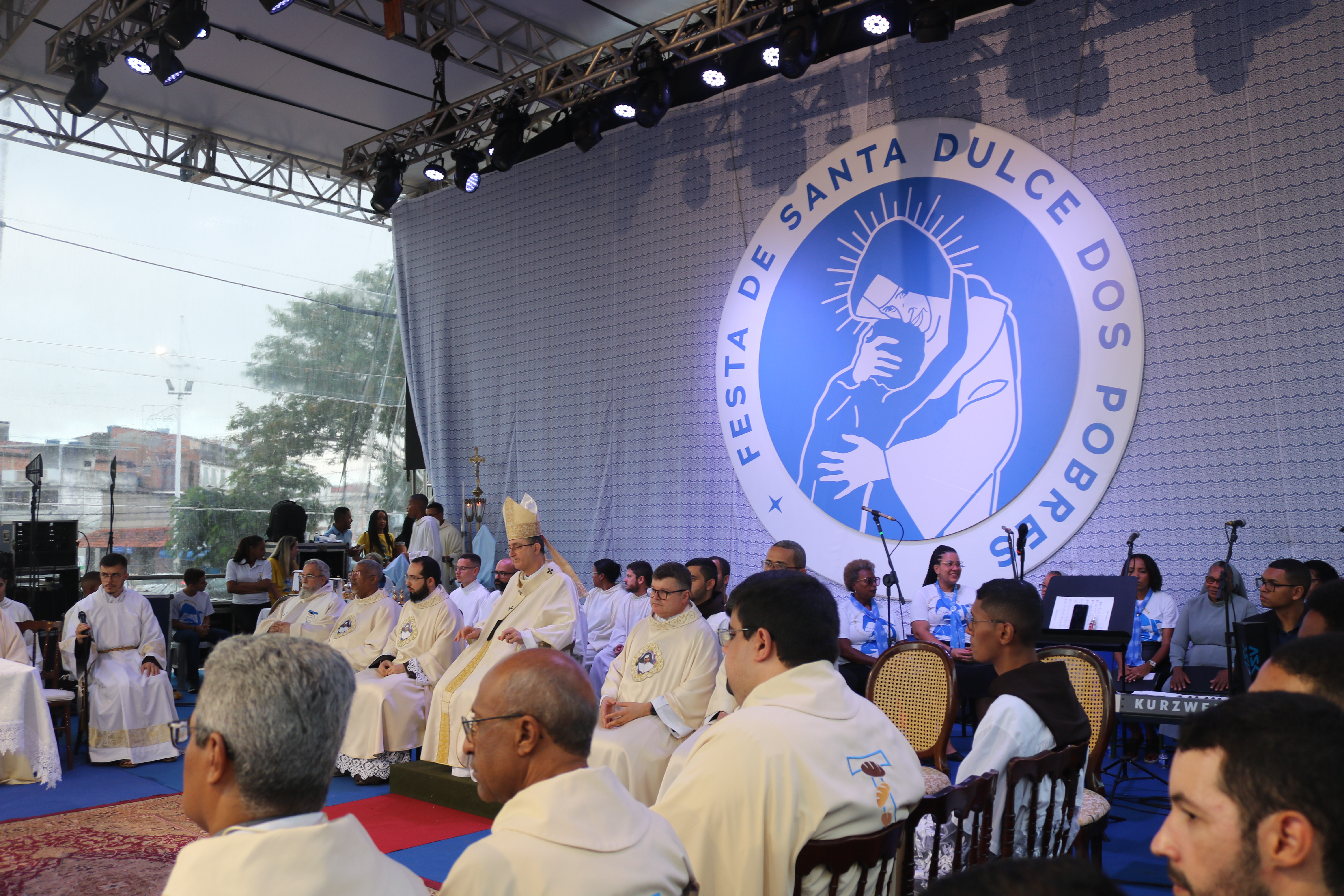
Show do Padre Fábio de Melo e Procissão dos Nós prometem reunir milhares de fiéis de Santa Dulce nesta segunda-feira
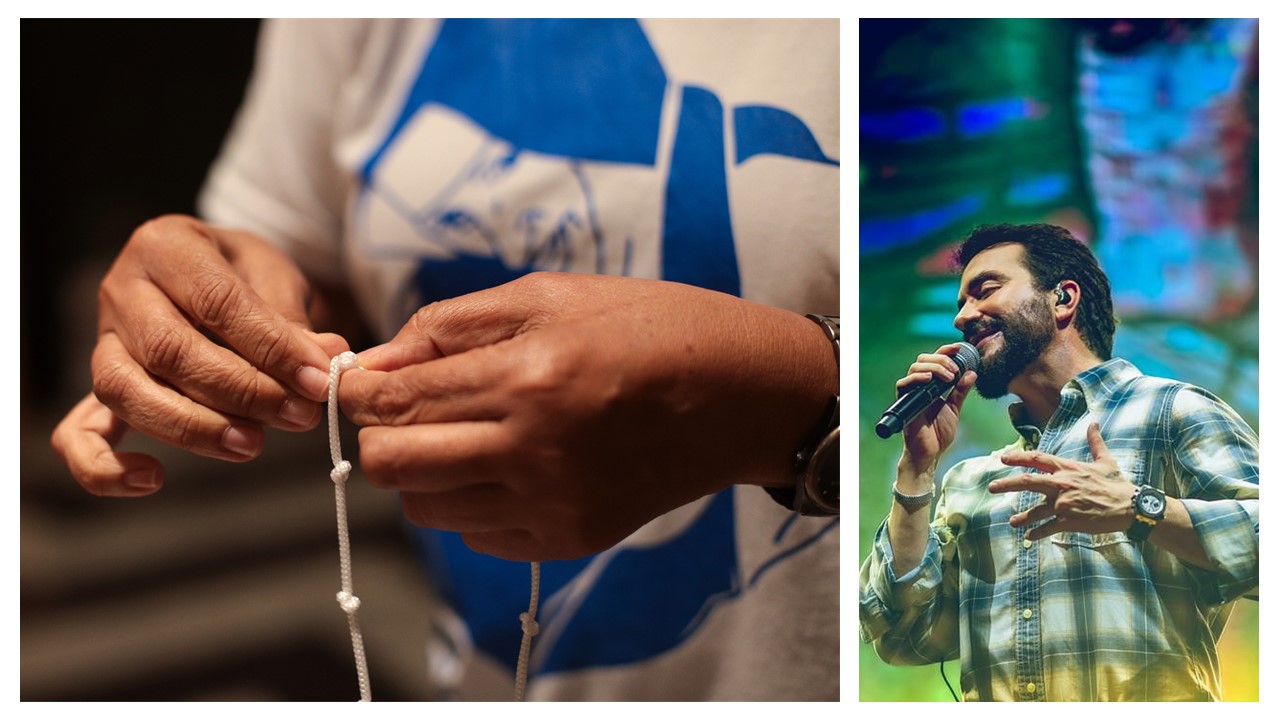
UPA Santo Antônio é reconhecida nacionalmente como modelo de parceria público-privada de impacto social
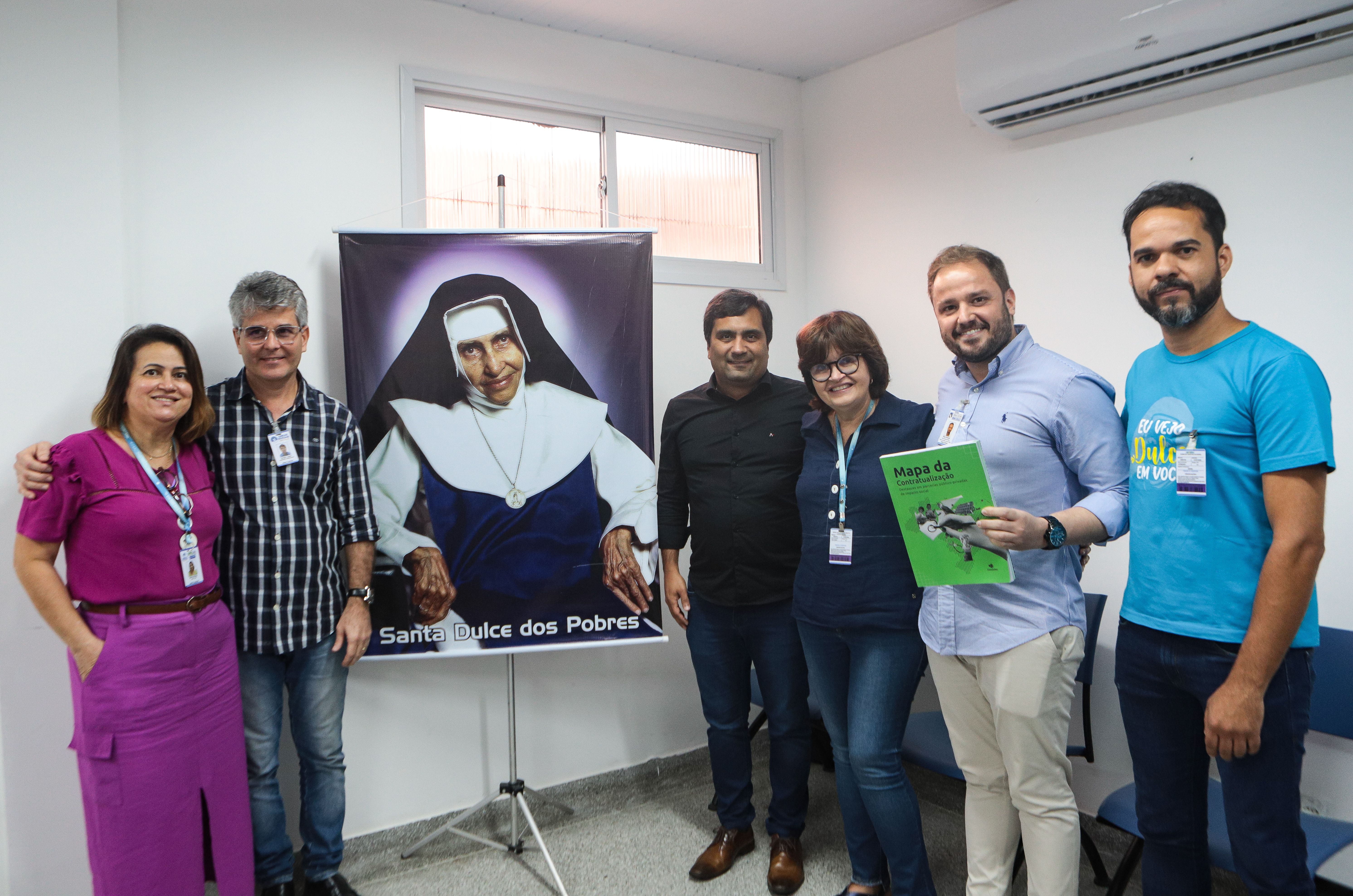
Procissão, carreata e shows de Walmir Alencar e Eliana Ribeiro marcam fim de semana de homenagens a Santa Dulce dos Pobres
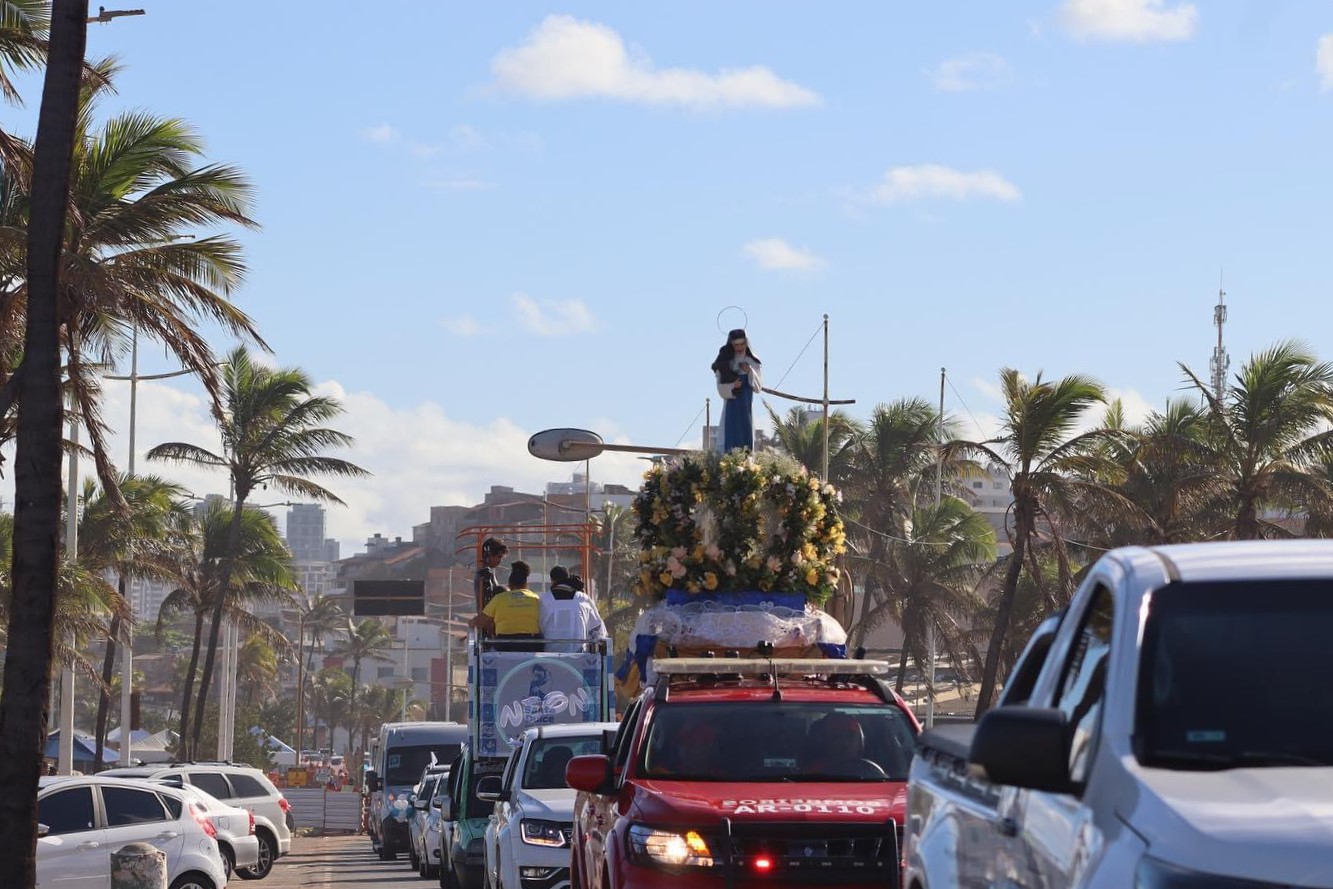
Exposição que narra trajetória de amor e serviço de Santa Dulce dos Pobres já está aberta para visitação do público
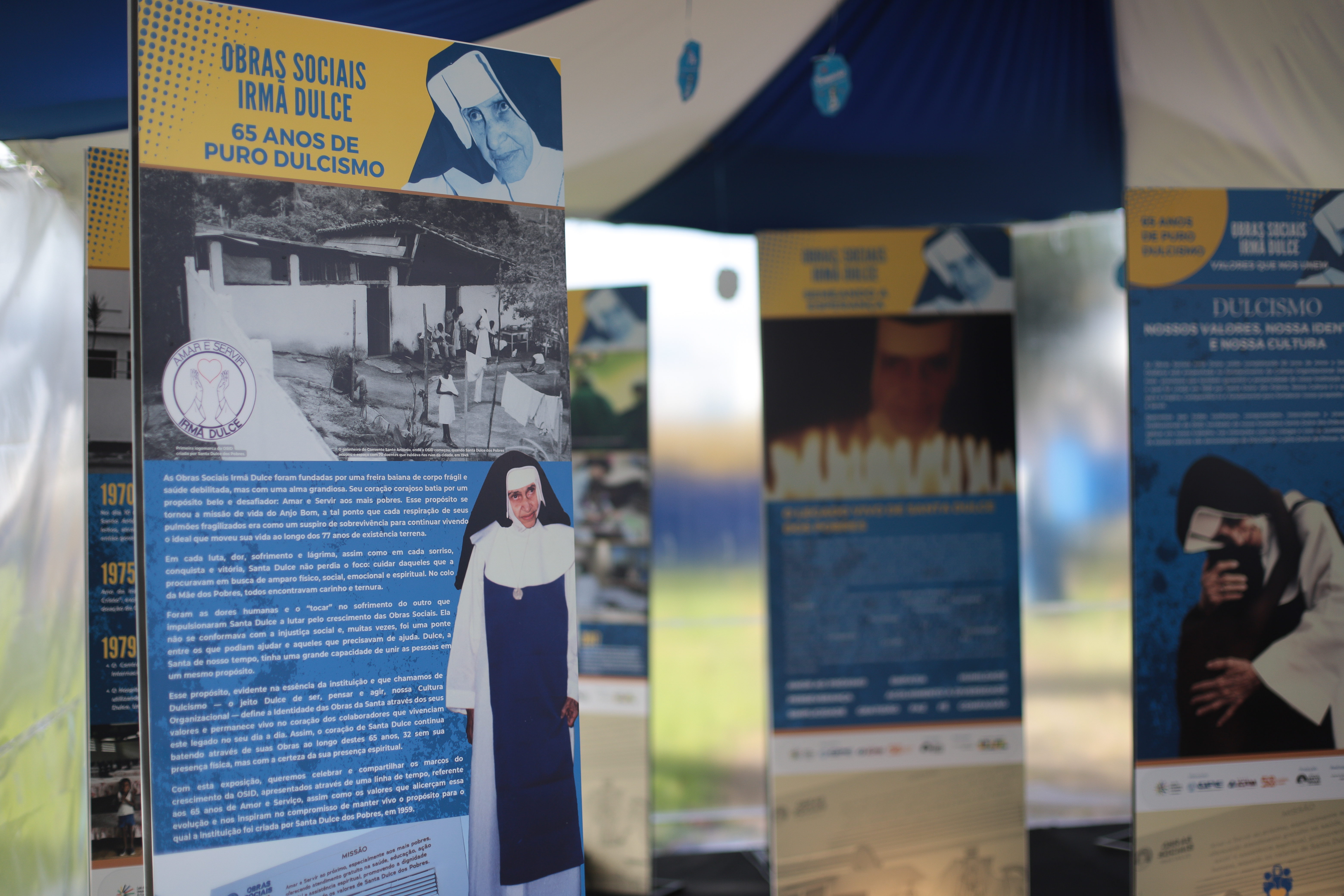
Shows musicais abrilhantam programação nas noites da Festa de Santa Dulce dos Pobres
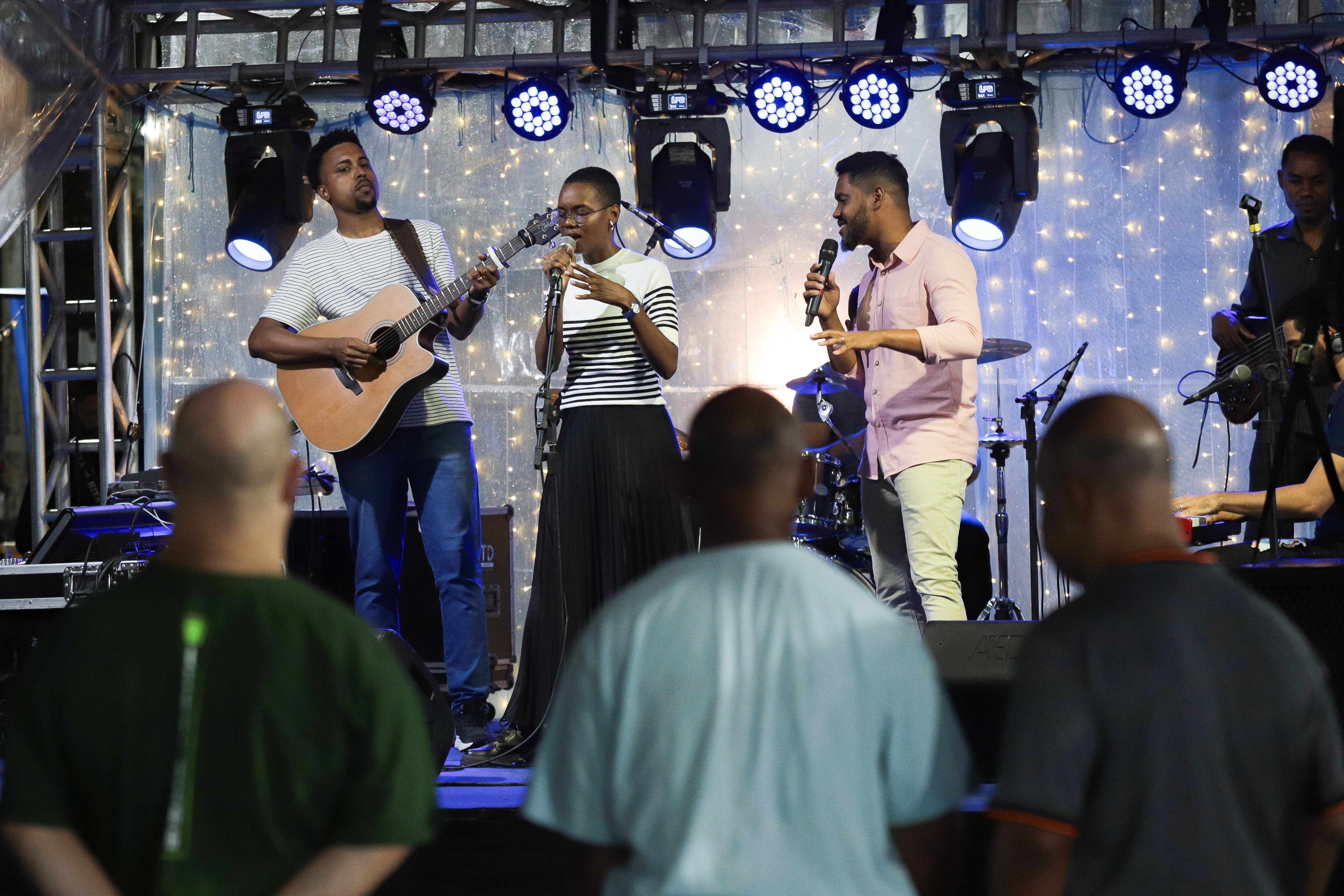
Aberta a festa em homenagem a Santa Dulce dos Pobres
Aberta a festa em homenagem a Santa Dulce dos Pobres
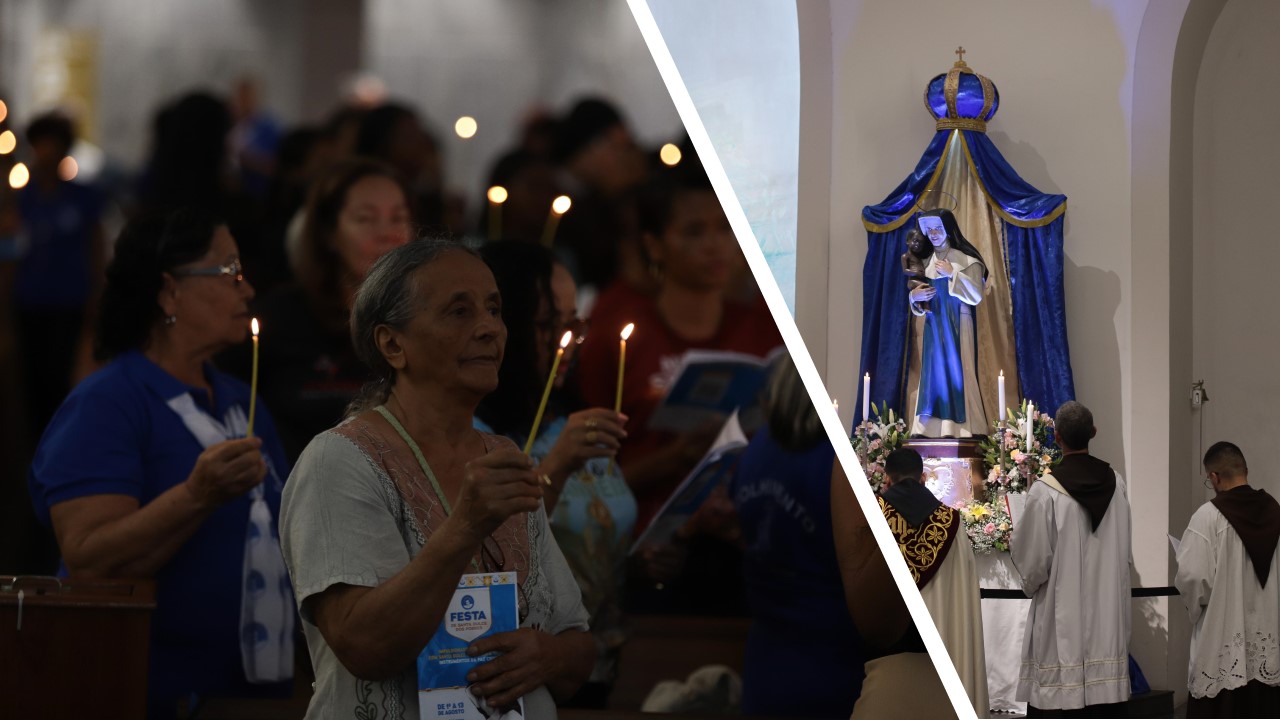
Missas e atrações musicais marcam abertura da Festa de Santa Dulce dos Pobres nesta quinta-feira (1º) em Salvador
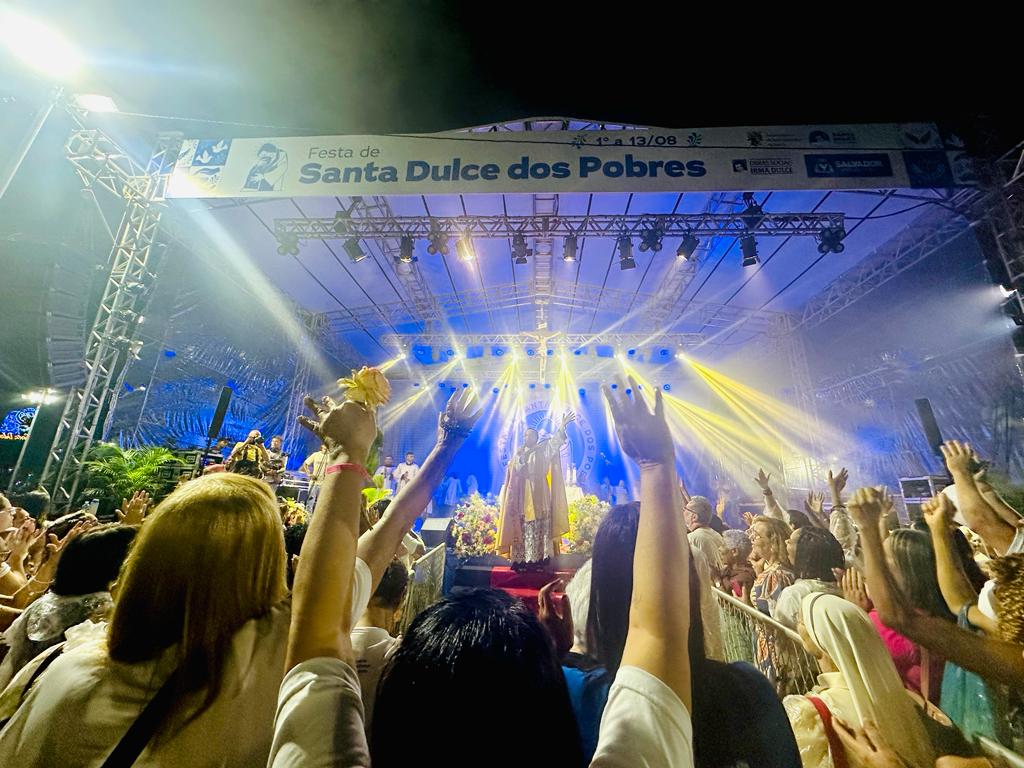
OSID recebe representantes da Sul América, empresa apoiadora do legado de Santa Dulce dos Pobres
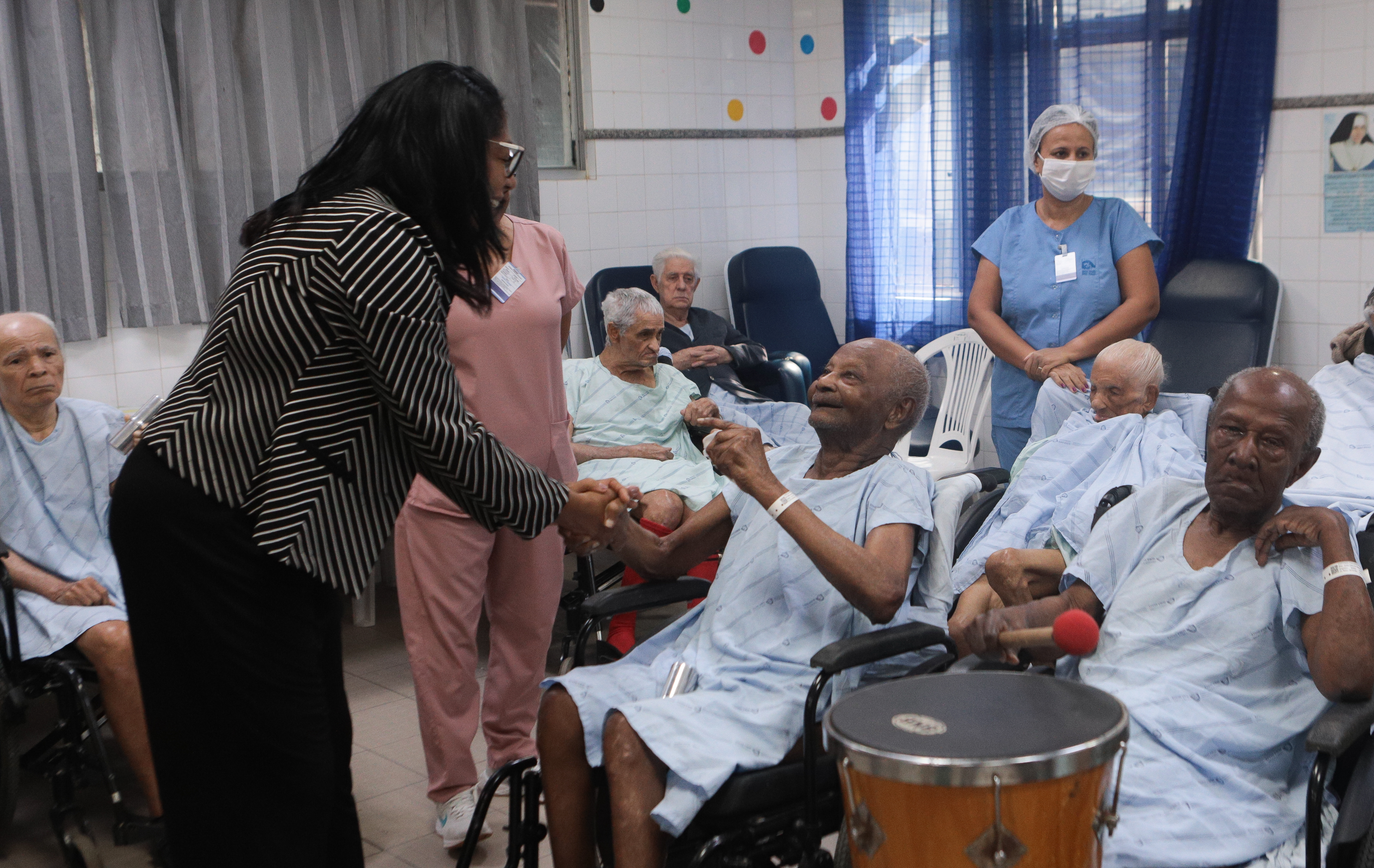
Livro que reúne cartas inéditas de Santa Dulce dos Pobres será lançado em Recife nesta quinta
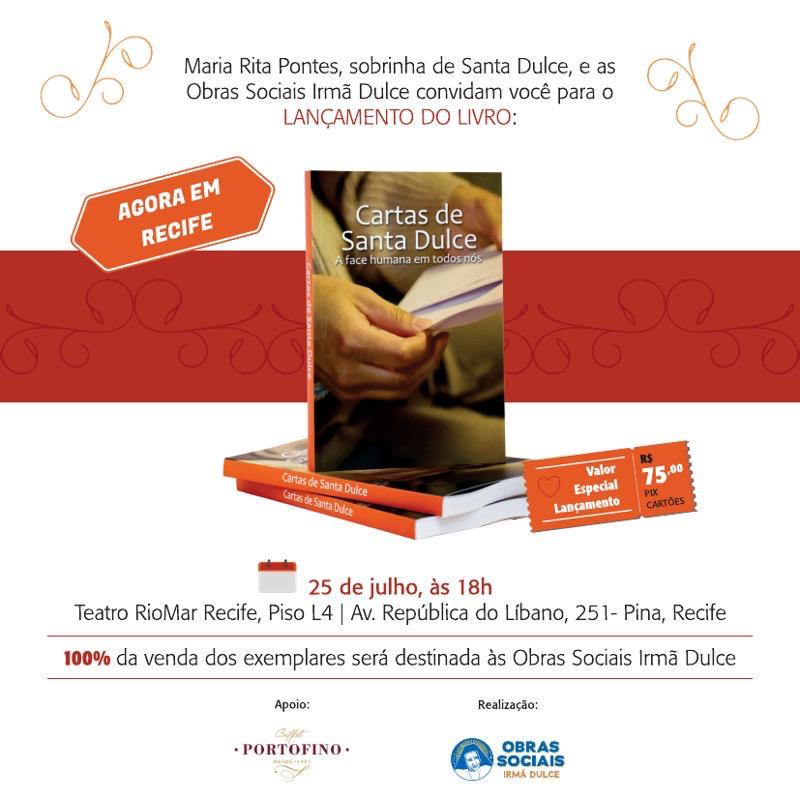
Solidariedade: cestas básicas são entregues pelo Esporte Clube Bahia às Obras Sociais Irmã Dulce

Amor que gera amor: OSID recebe visita de sócios-protetores para celebrar 30 anos do programa
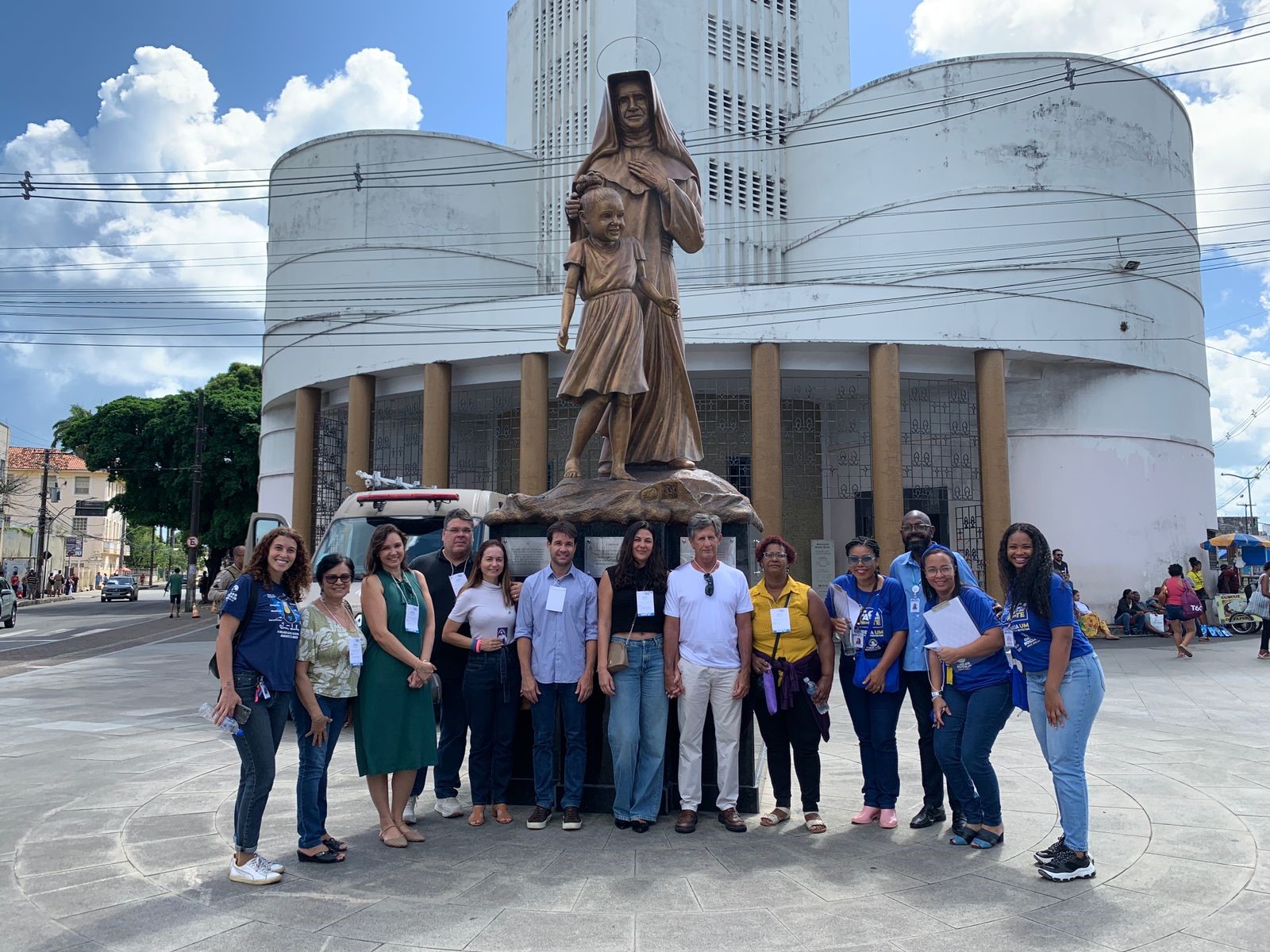
Peregrinação com a imagem de Santa Dulce dos Pobres percorre diversos bairros de Salvador
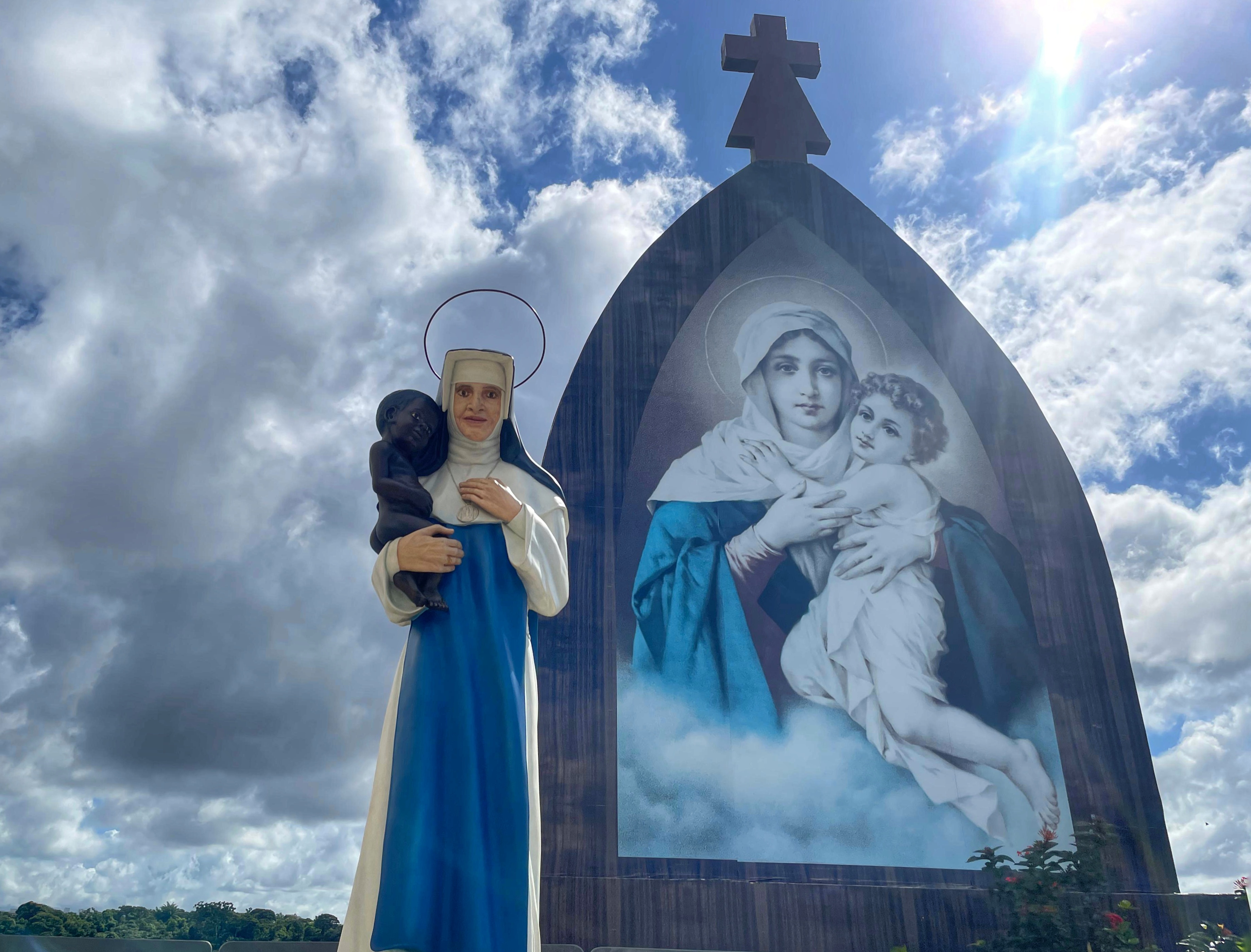
Missa campal, shows e procissões estarão entre as homenagens da festa dedicada a Santa Dulce dos Pobres
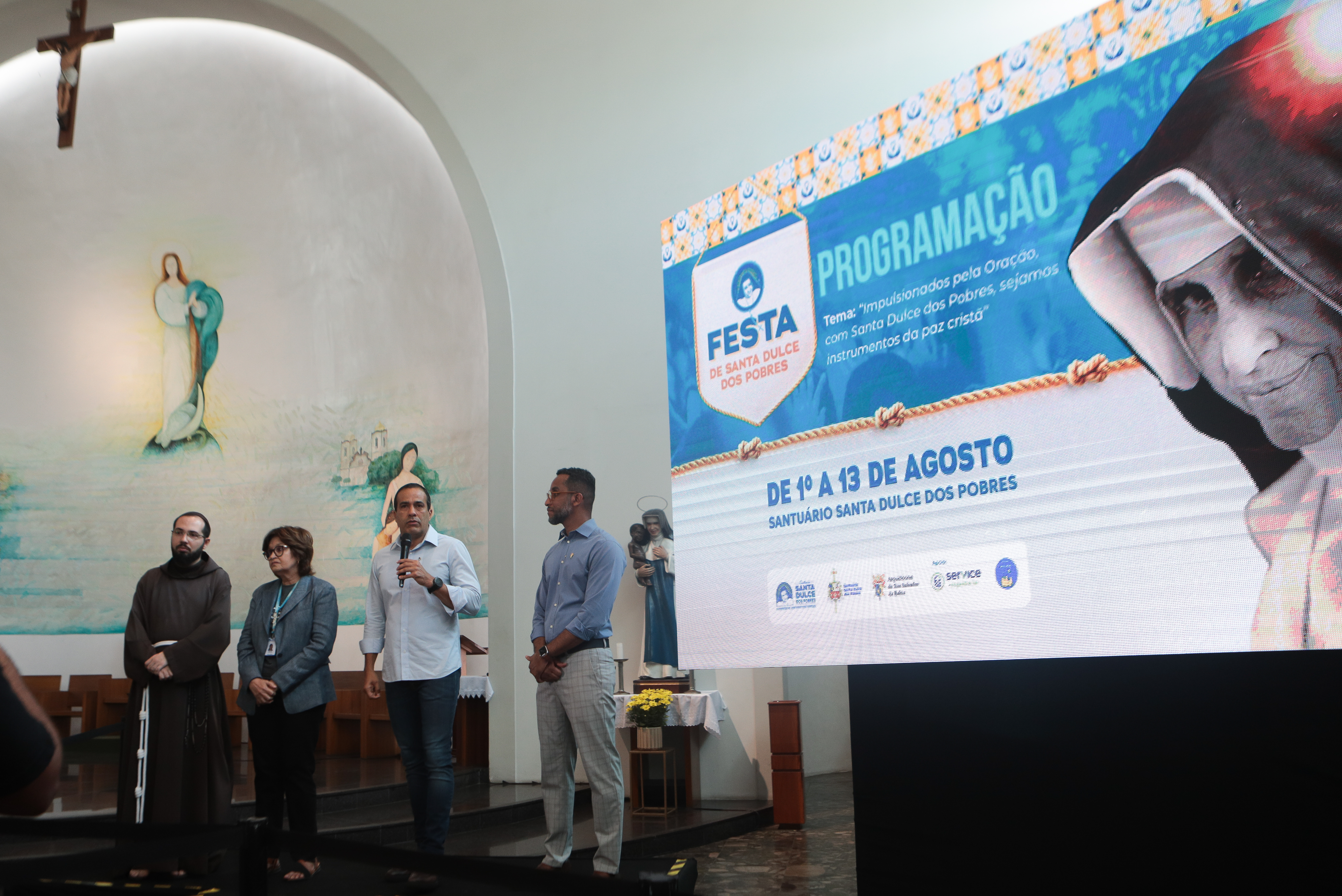
Projeto Pequenos Olhares: alunos da escola das Obras Sociais Irmã Dulce recebem óculos de grau

Terceira edição do ‘Chá das Amigas de Dulce’ reúne voluntárias em prol das Obras Sociais Irmã Dulce
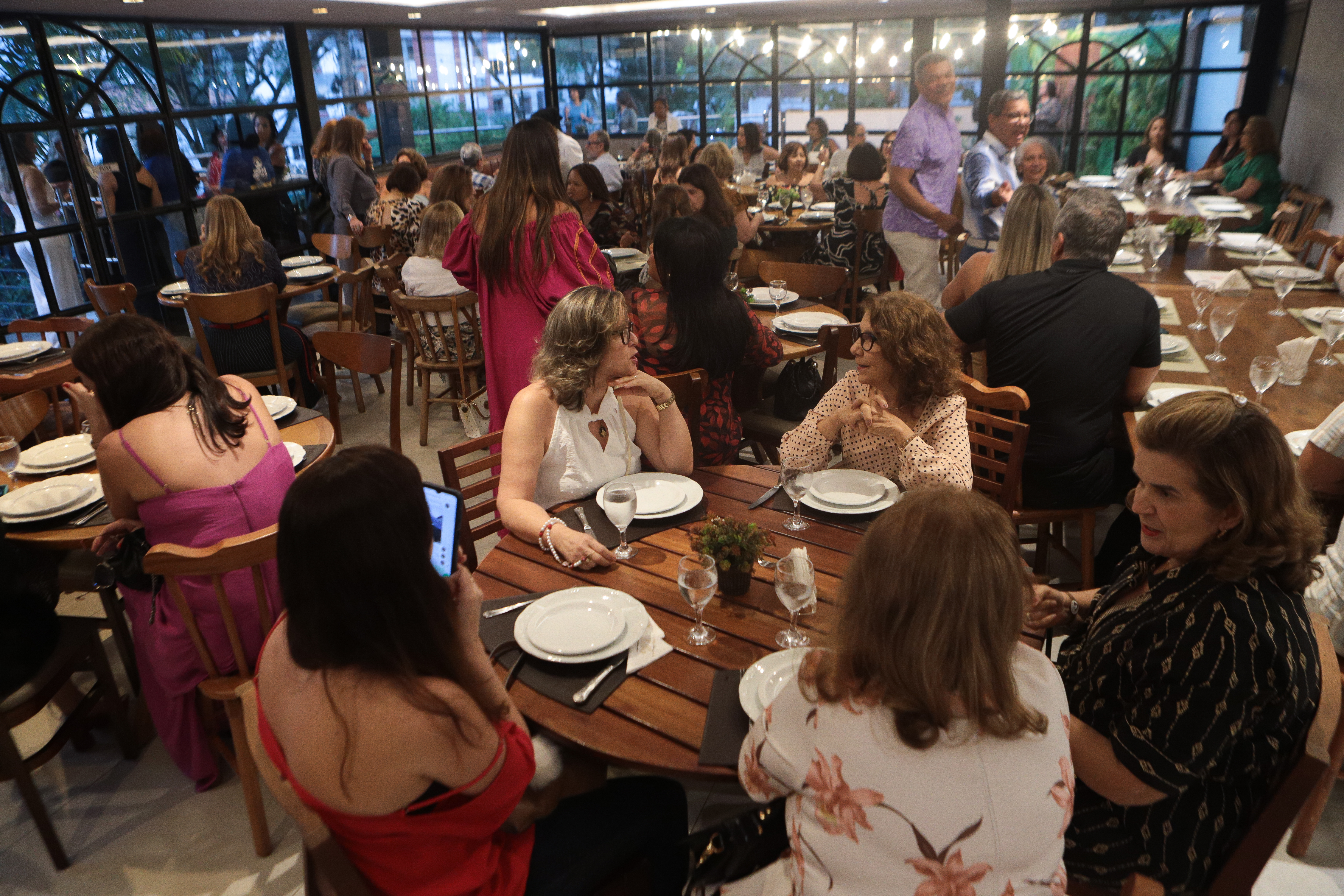
Santa Dulce dos Pobres é homenageada com Comenda da Ordem do Mérito do Senhor do Bonfim
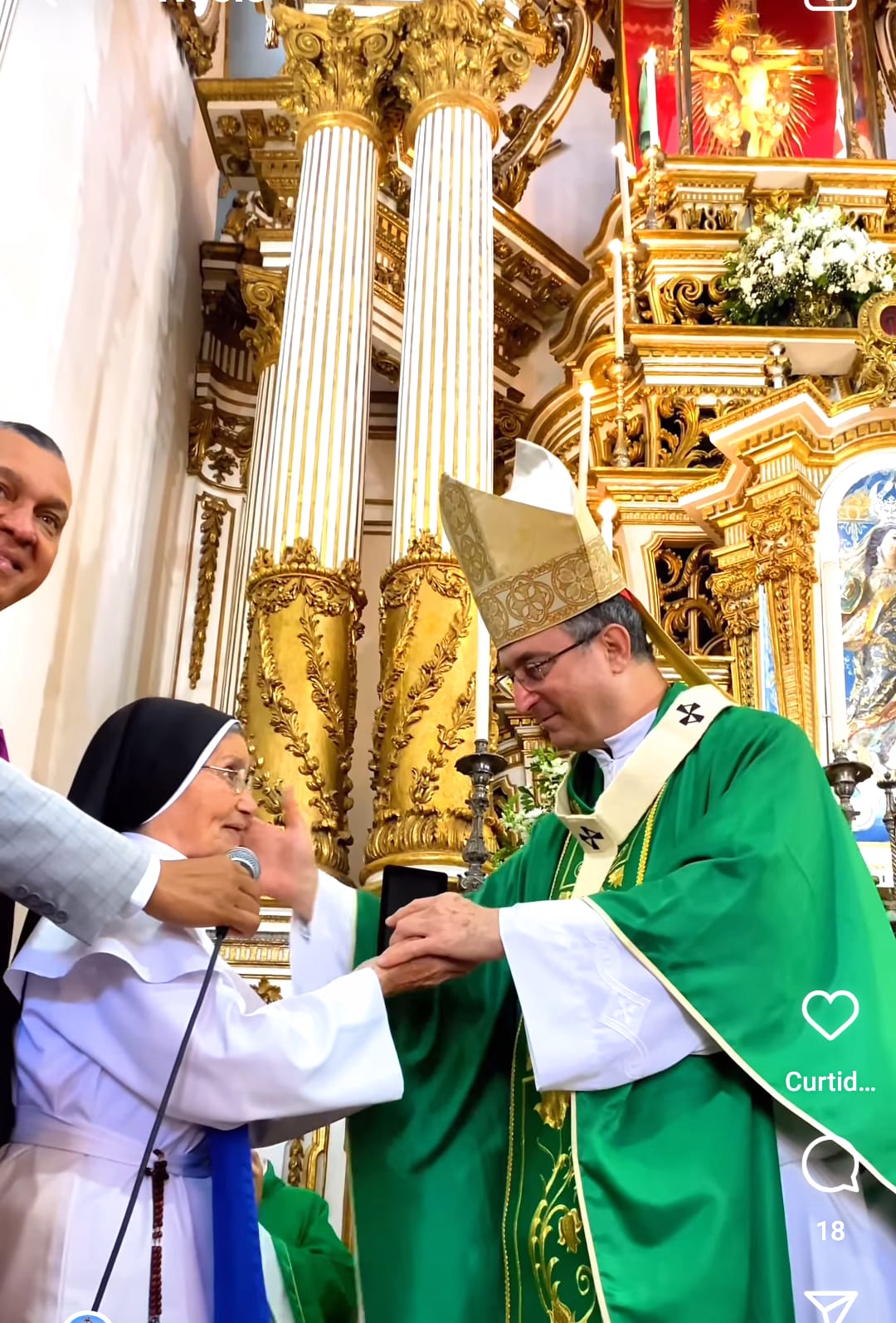
Corrente do Bem: representantes da Fundação ECOS visitam centro de reabilitação da OSID
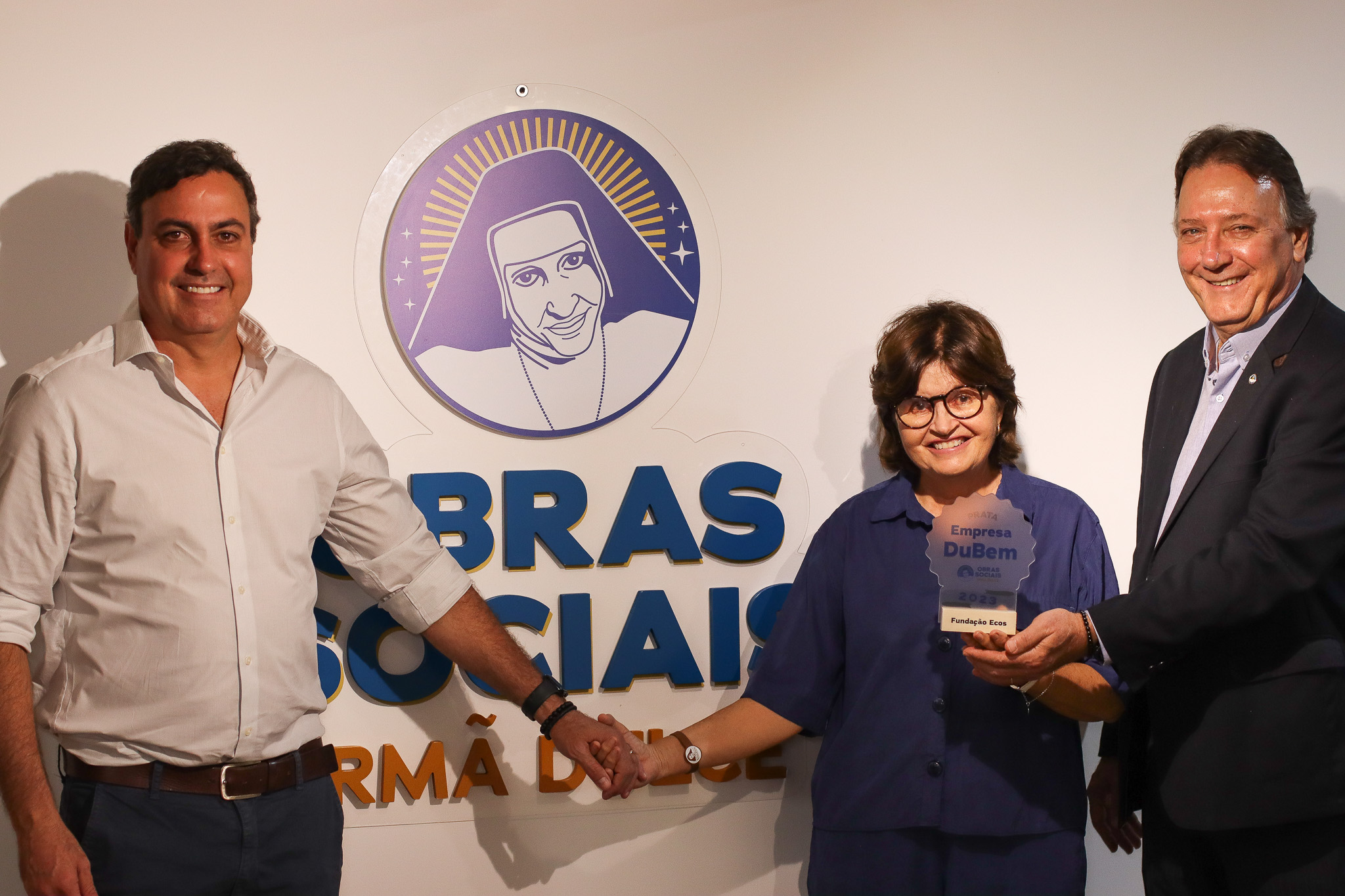
Santuário Santa Dulce dos Pobres oficializa parceria com a empresa Velas Três Reis
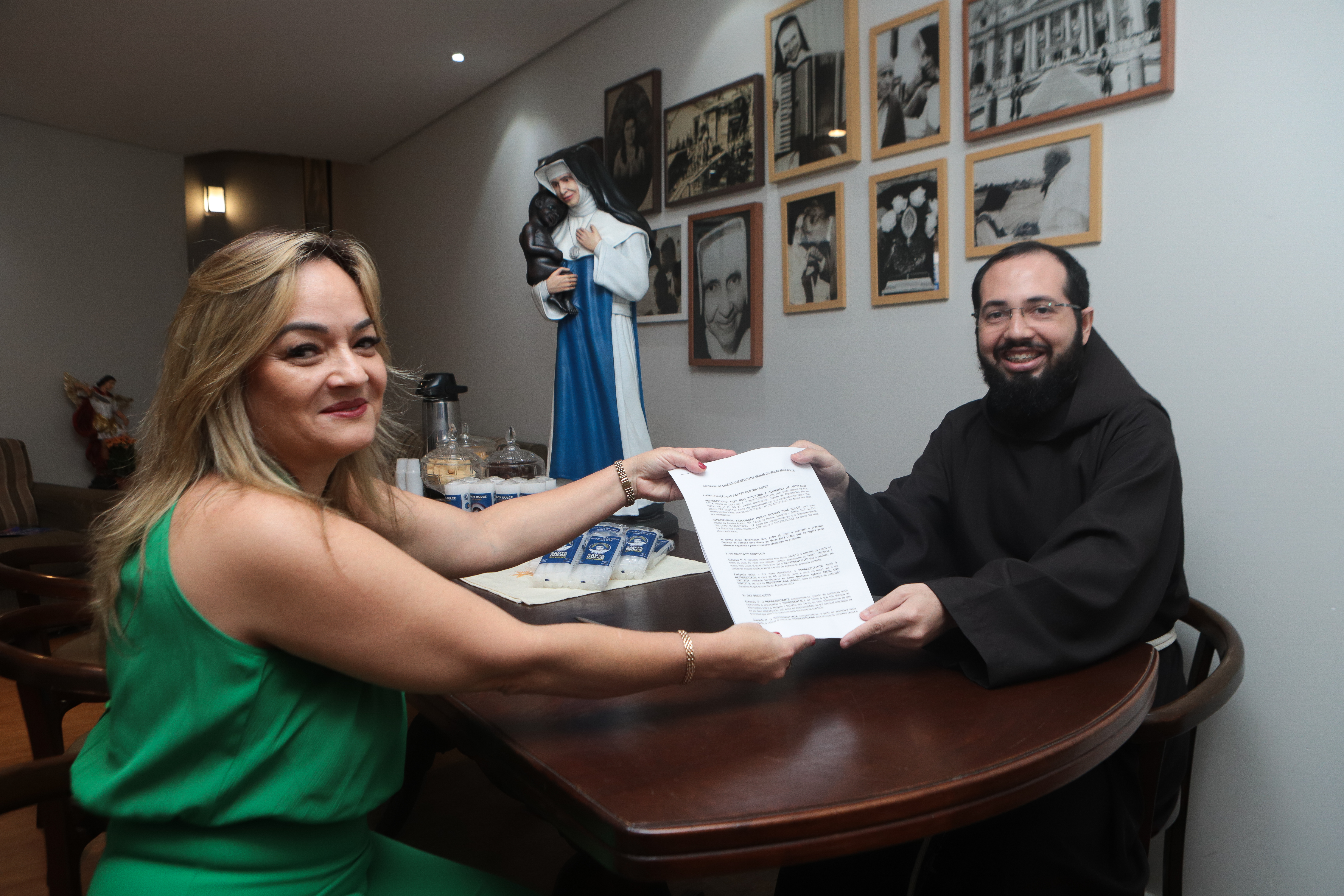
Centro de pesquisa das Obras Sociais Irmã Dulce completa 25 anos como referência em estudos sobre vacinas no Brasil
Com participação decisiva no desenvolvimento de imunizantes contra a Covid-19, o HPV e a Chikungunya, núcleo alerta para a importância no combate à desinformação sobre as vacinas
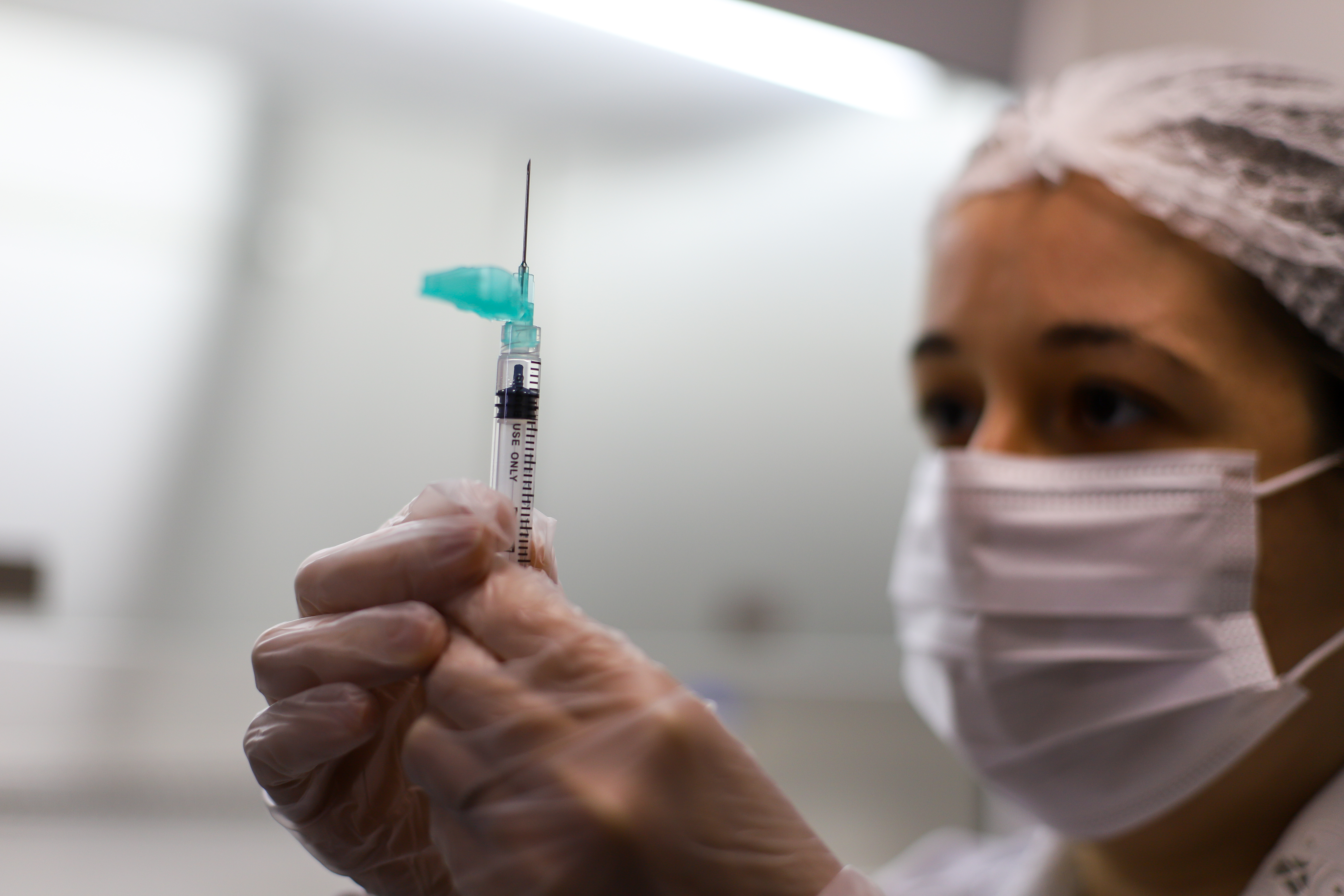
Mês dedicado ao panificador é celebrado pelo Centro de Panificação das Obras Sociais Irmã Dulce
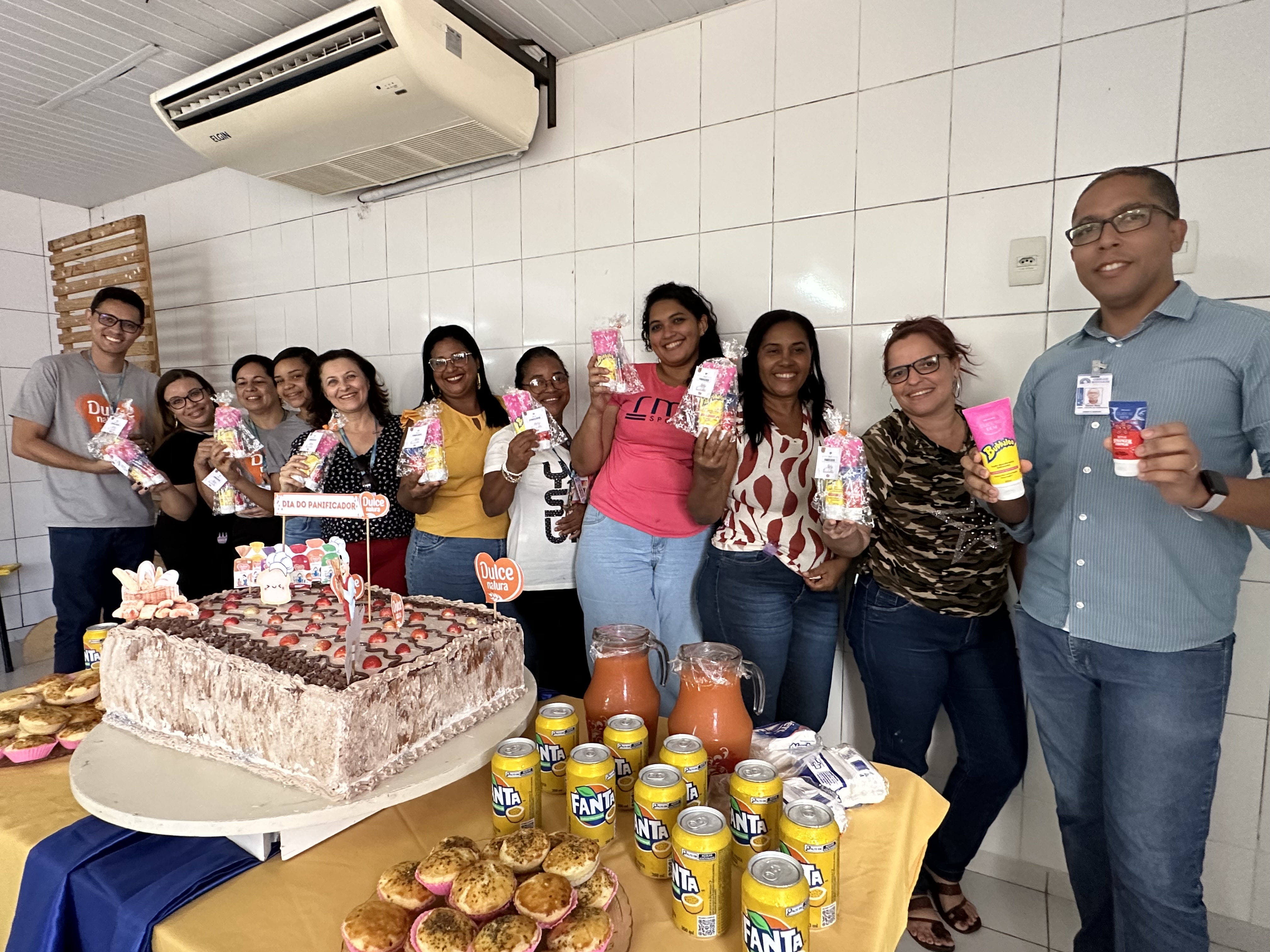
Inaugurado nesta sexta-feira, Hospital Municipal do Homem será administrado pelas Obras Sociais Irmã Dulce
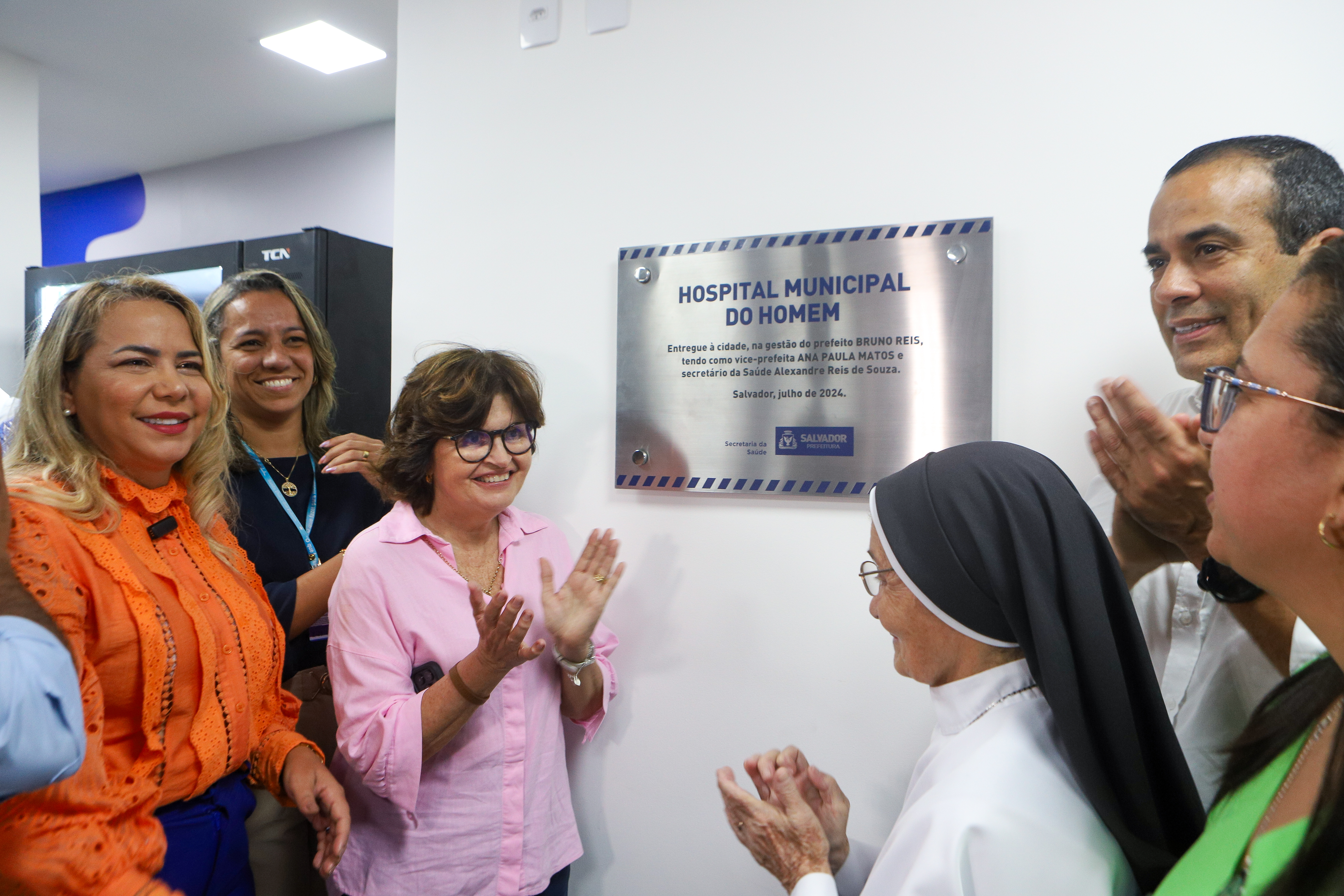
Santuário e legado da primeira santa do Brasil estão entre os destaques da ExpoCatólica 2024
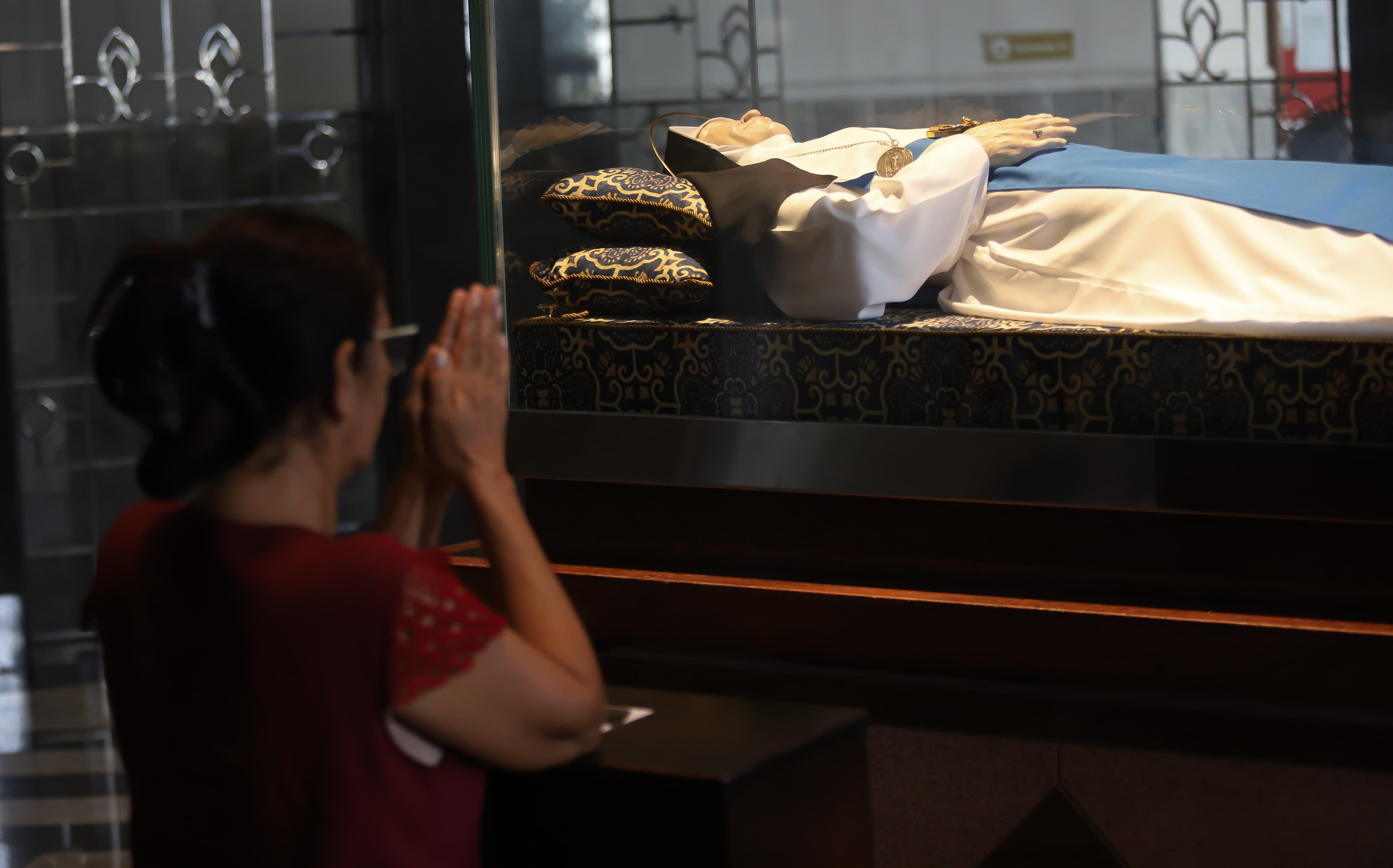
Obras Sociais Irmã Dulce iniciam reforma para requalificação da Praça do Centro Geriátrico
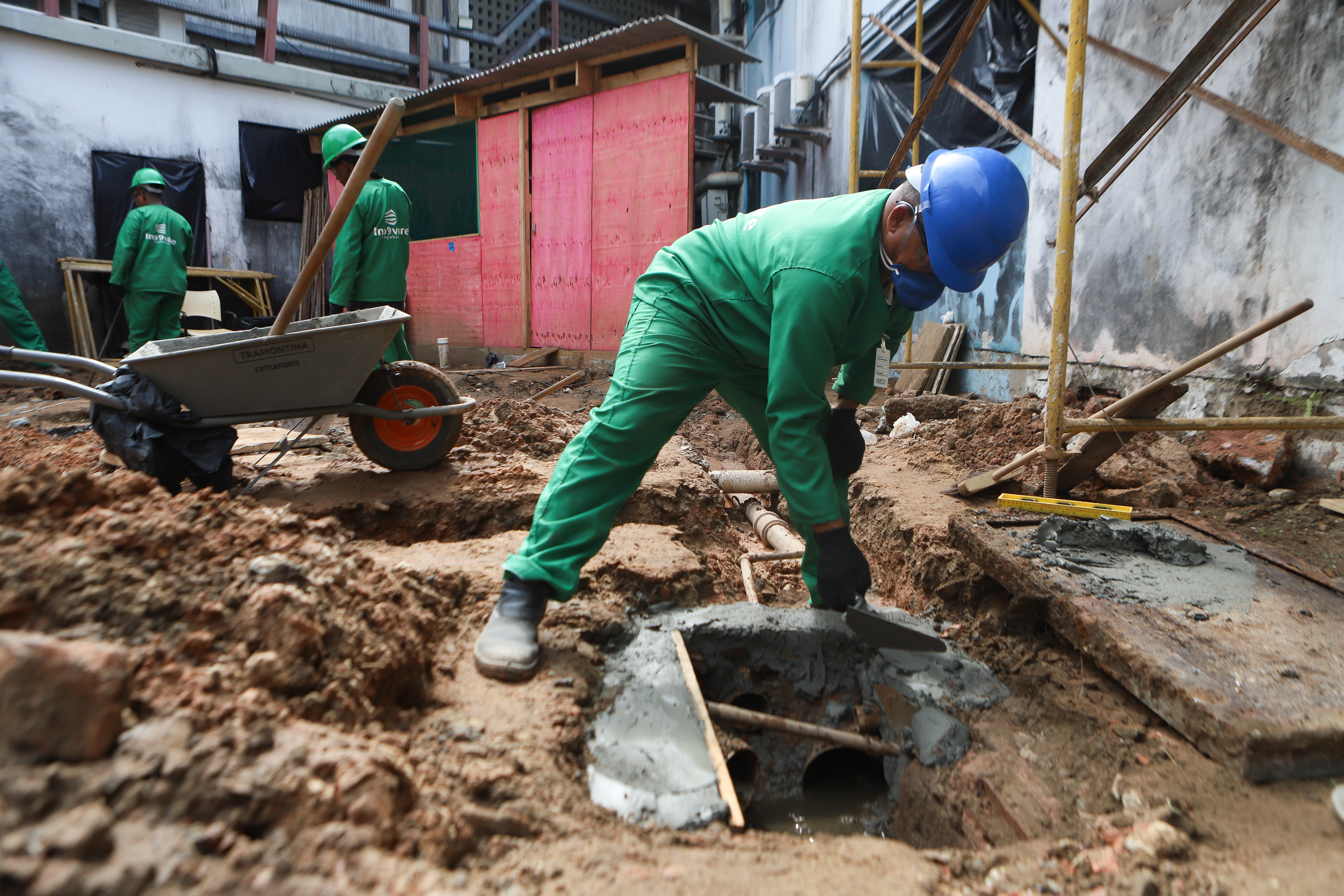
Viva São João! Alegria e emoção marcam o Encontro das Quadrilhas Terecoteco e Renascer
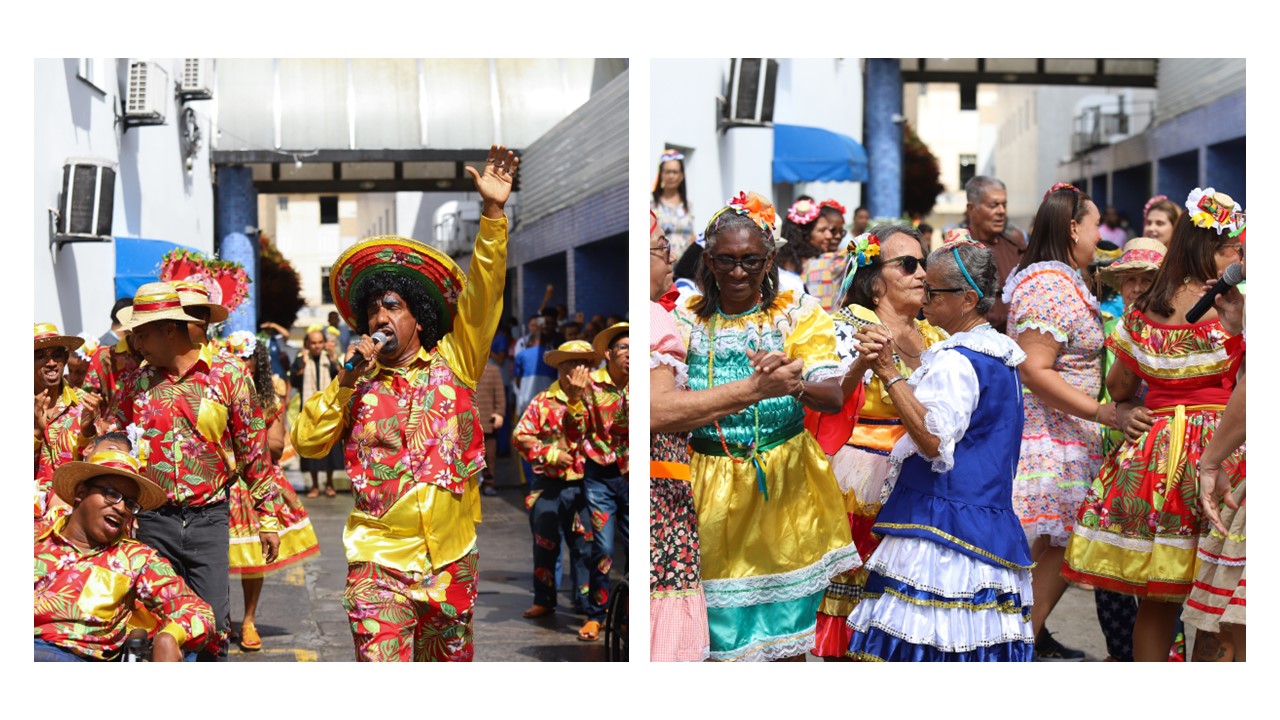
No Dia Mundial do Doador de Sangue, Obras Sociais Irmã Dulce alertam para crise nos estoques de bolsas no período de São João

Empresária baiana visita as Obras Sociais Irmã Dulce e contribui com projeto de ampliação dos leitos de UTI
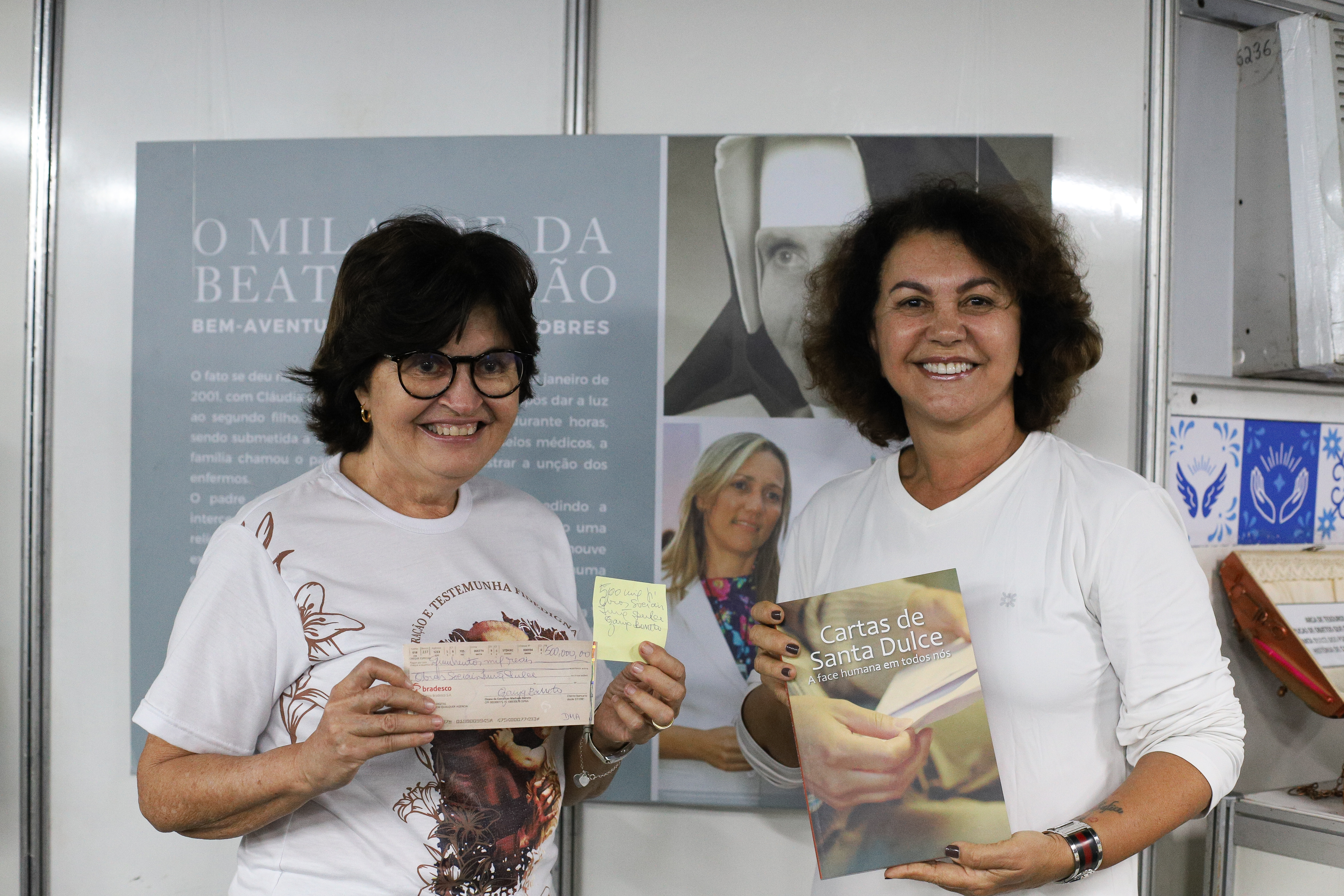
Contadores DuBem: OSID e Conselho Regional de Contabilidade da Bahia confirmam próximas edições do projeto
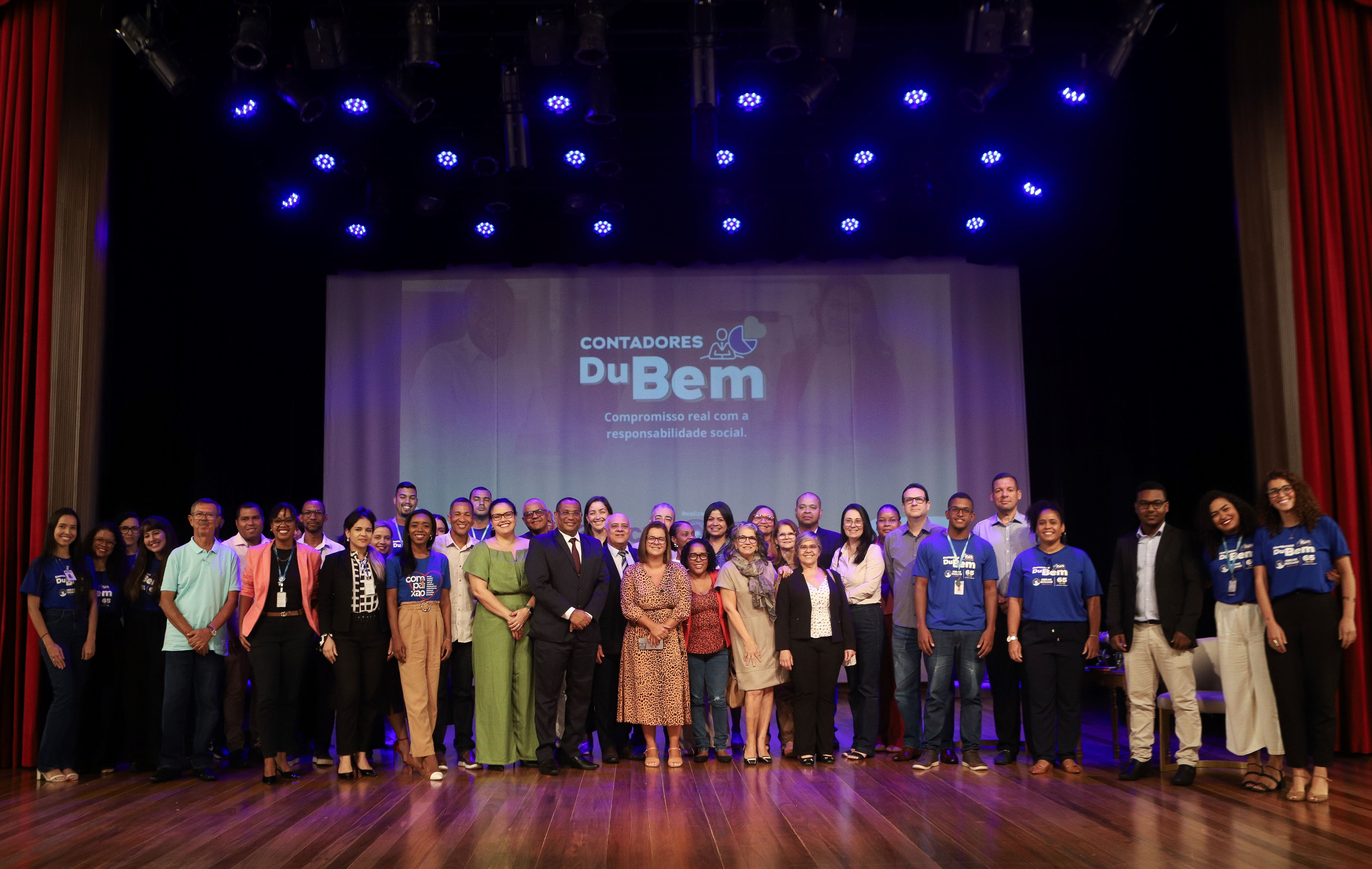
Missas, procissão e apresentação musical marcam festa litúrgica de Santo Antônio no Santuário Santa Dulce dos Pobres
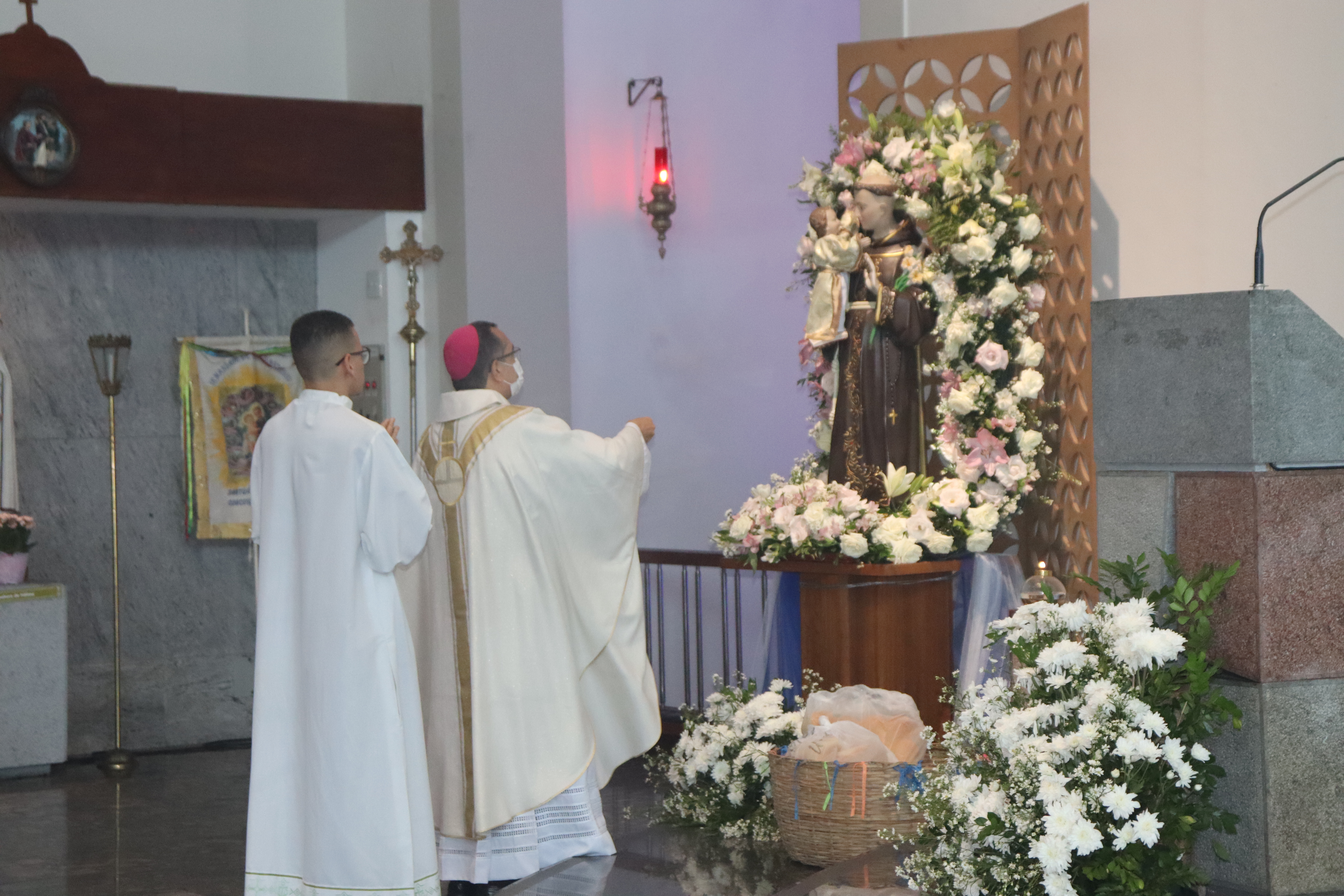
Viagem Cultural: Familiares dos alunos do CESA visitam Maragogipinho
O Distrito localizado no Recôncavo da Bahia é considerado o maior polo cerâmico da América Latina
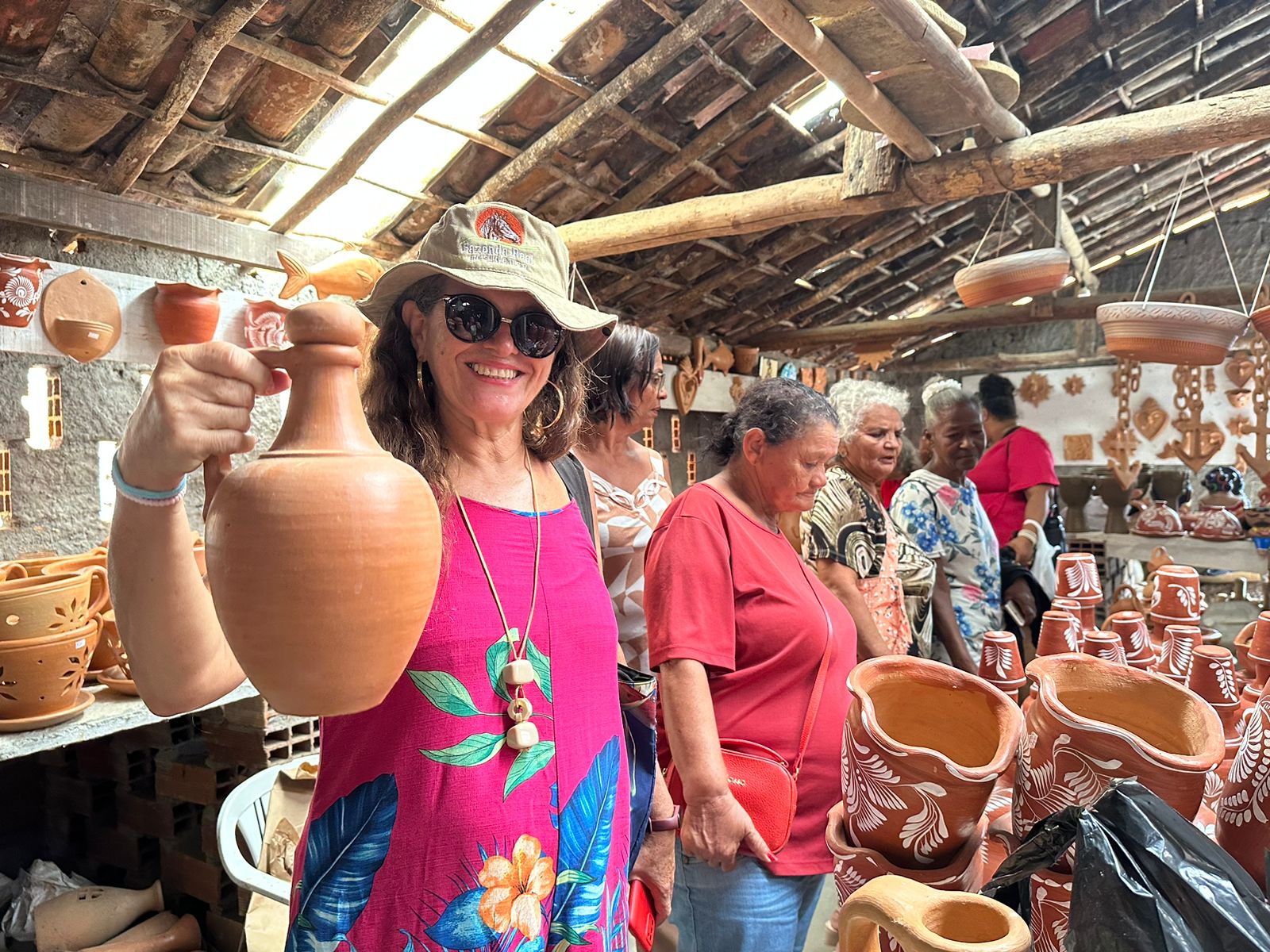
Estudantes da escola de Santa Dulce recebem atendimento oftalmológico e óculos através do Projeto Pequenos Olhares
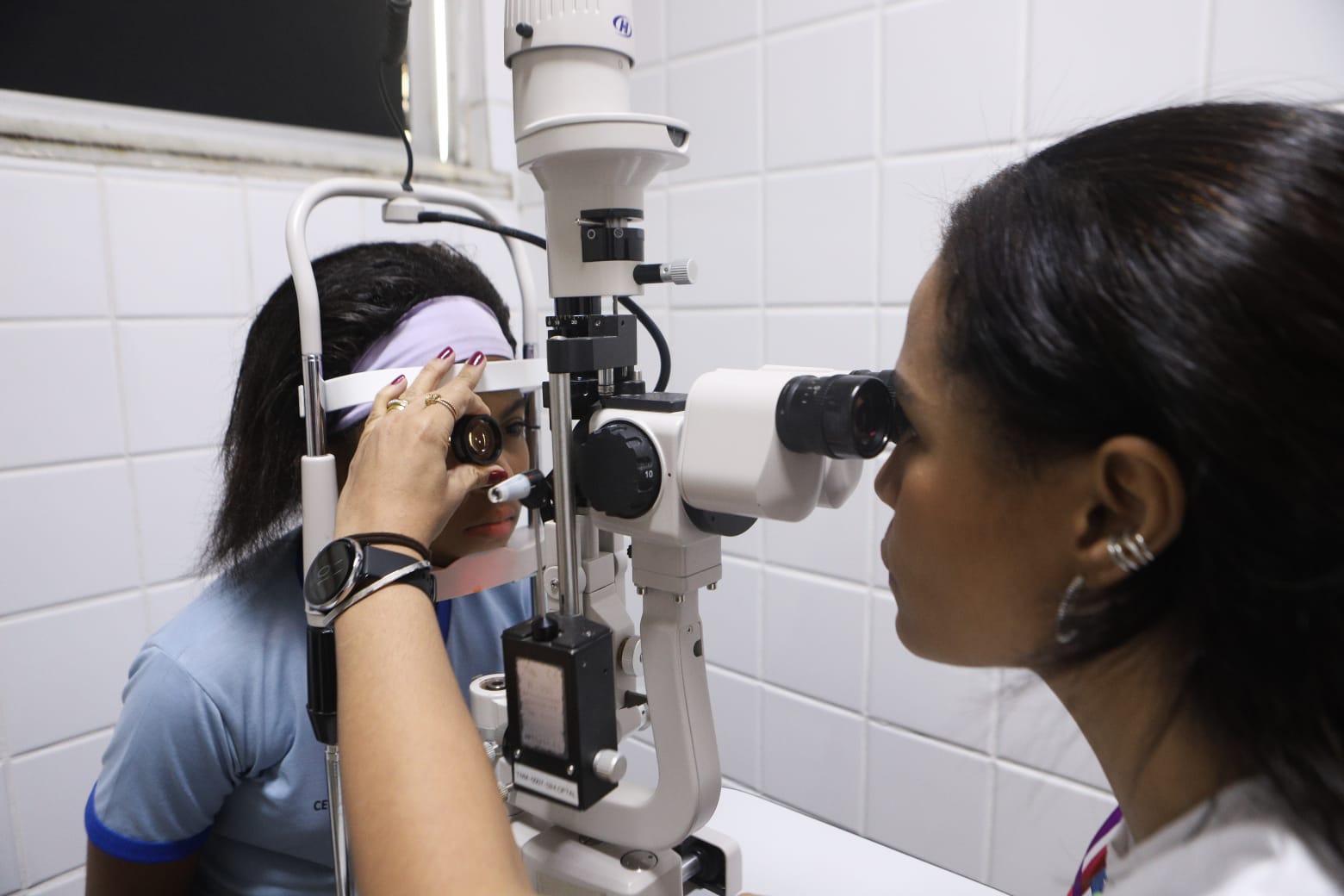
Obras Sociais Irmã Dulce homenageiam parceiros em cerimônia do Prêmio Empresas DuBem
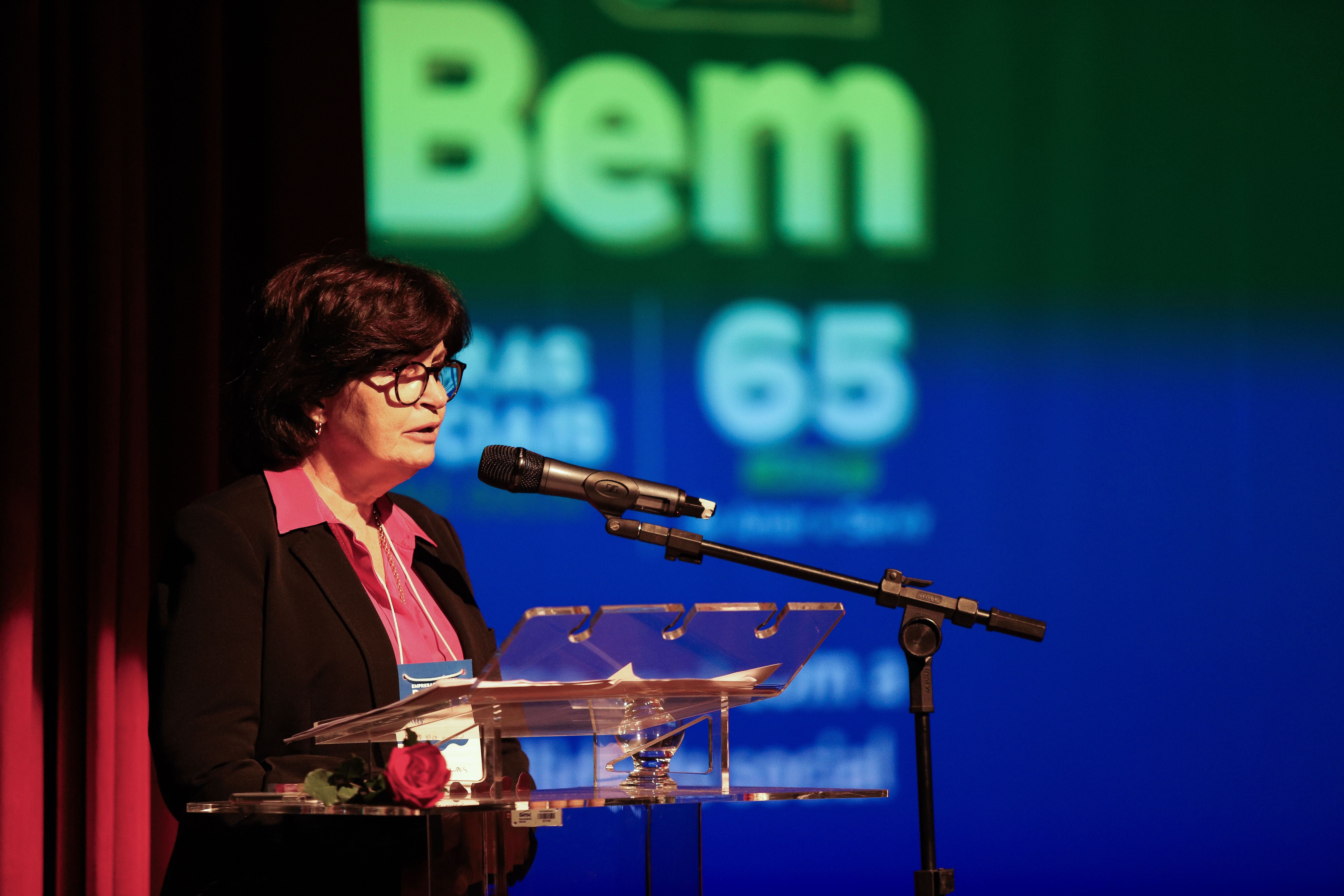
Obras Sociais Irmã Dulce realizam a entrega do Prêmio Empresas DuBem nesta quinta-feira

Contadores DuBem: profissionais de contabilidade estarão reunidos em Salvador para falar sobre transformação social

Santo Antônio ganha programação especial em trezena no Santuário Santa Dulce dos Pobres
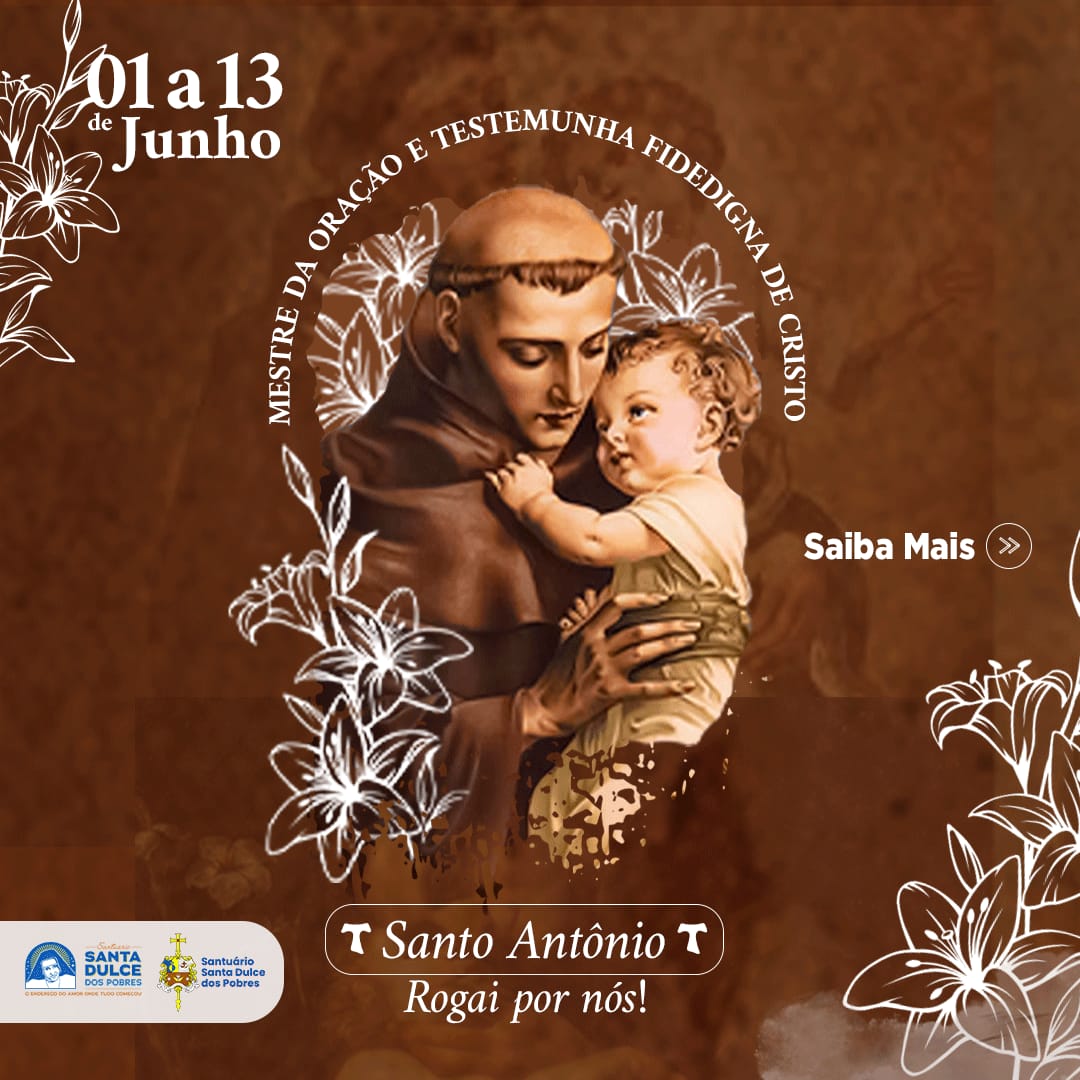
Neste feriadão, campanha convida motoristas nos pedágios a doarem em prol das Obras Sociais Irmã Dulce
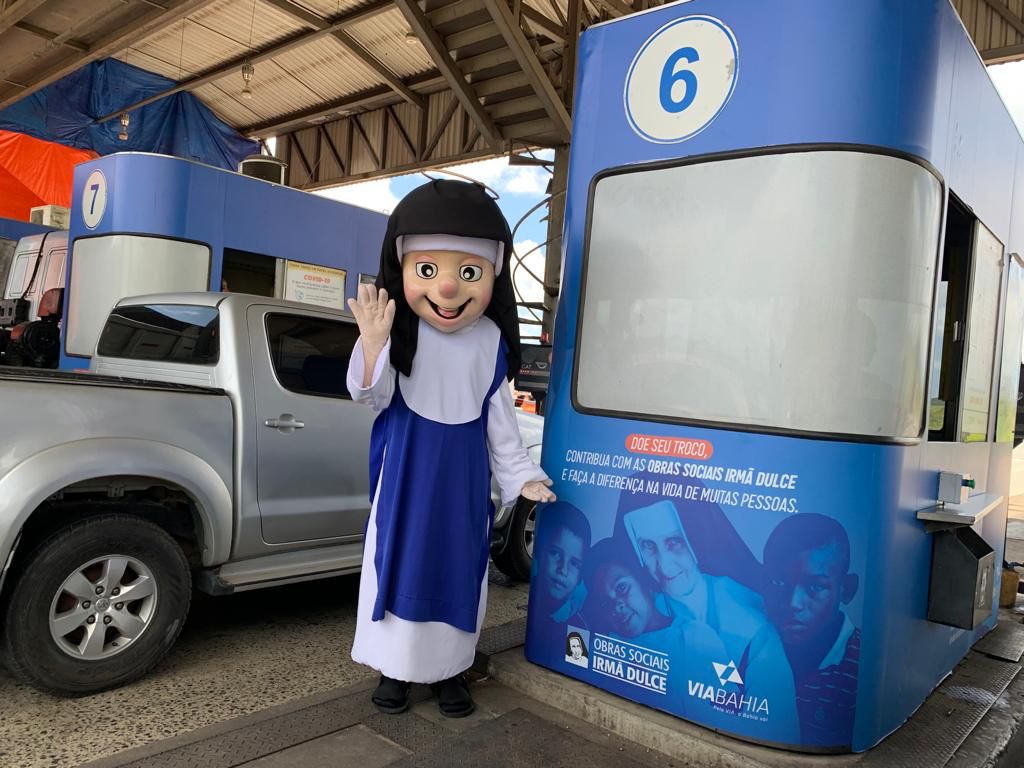
RETRATOS DO DULCISMO/José Carlos de Jesus Sobrinho: “Fui acolhido pelos filhos de Santa Dulce”
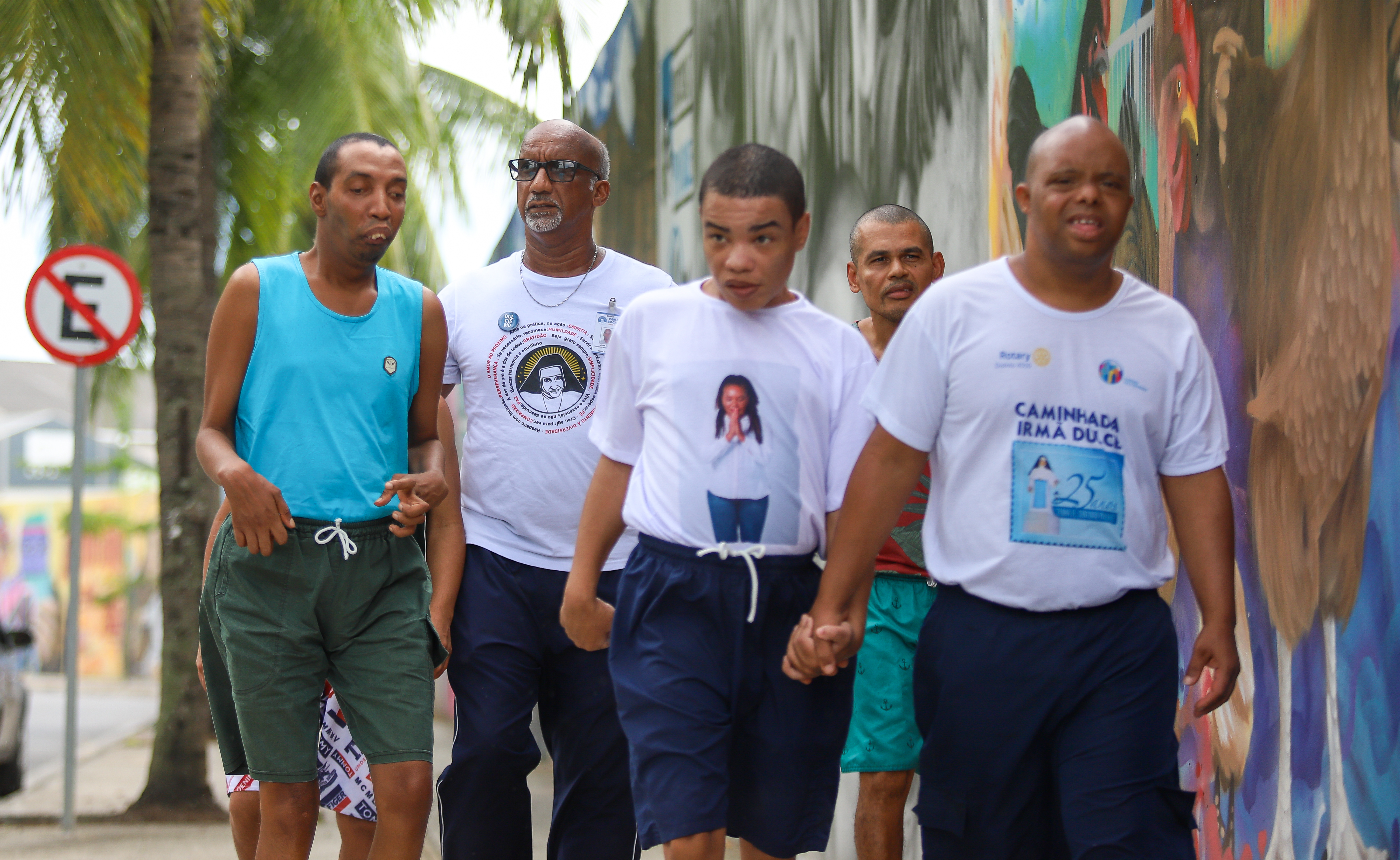
Celebração em Salvador marca homenagens pelos 65 anos das Obras Sociais Irmã Dulce
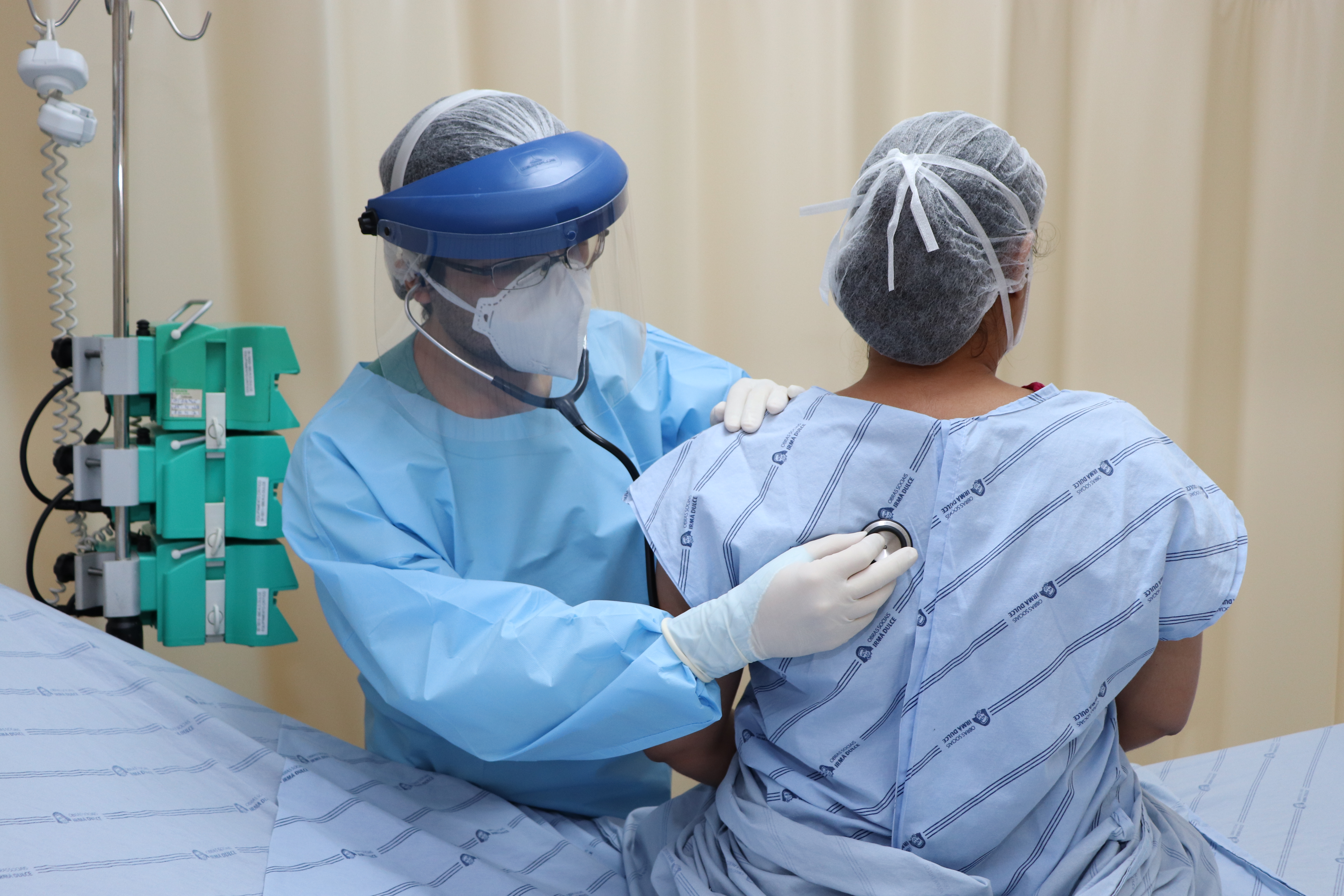
Esporte, solidariedade e fé: corrida em homenagem ao Dia das Mães beneficia Obras Sociais Irmã Dulce

OSID recebe doação de computadores voltada ao atendimento a pessoas com deficiência
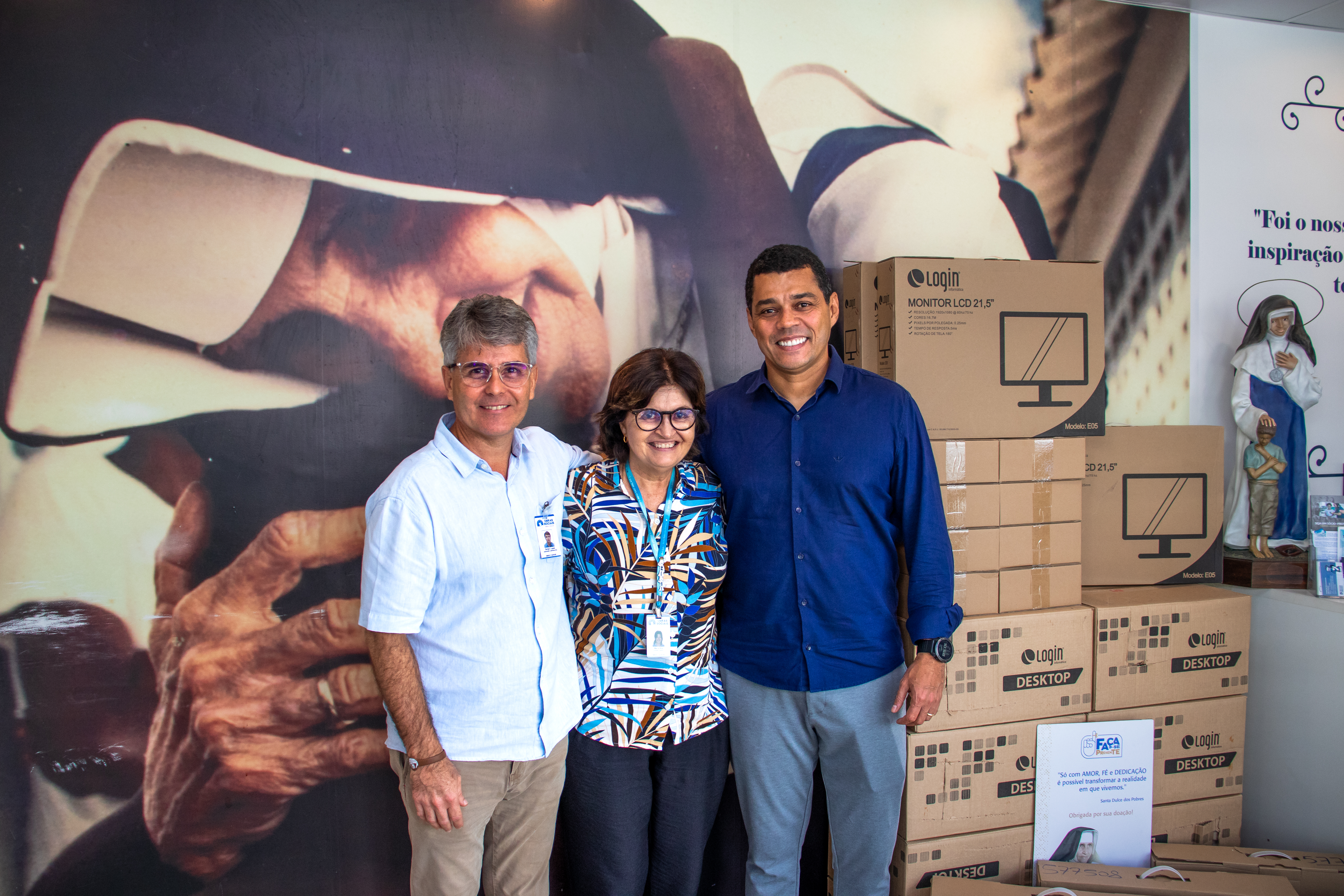
Obras Sociais Irmã Dulce e Regispel oficializam parceria em prol do legado da Mãe dos Pobres
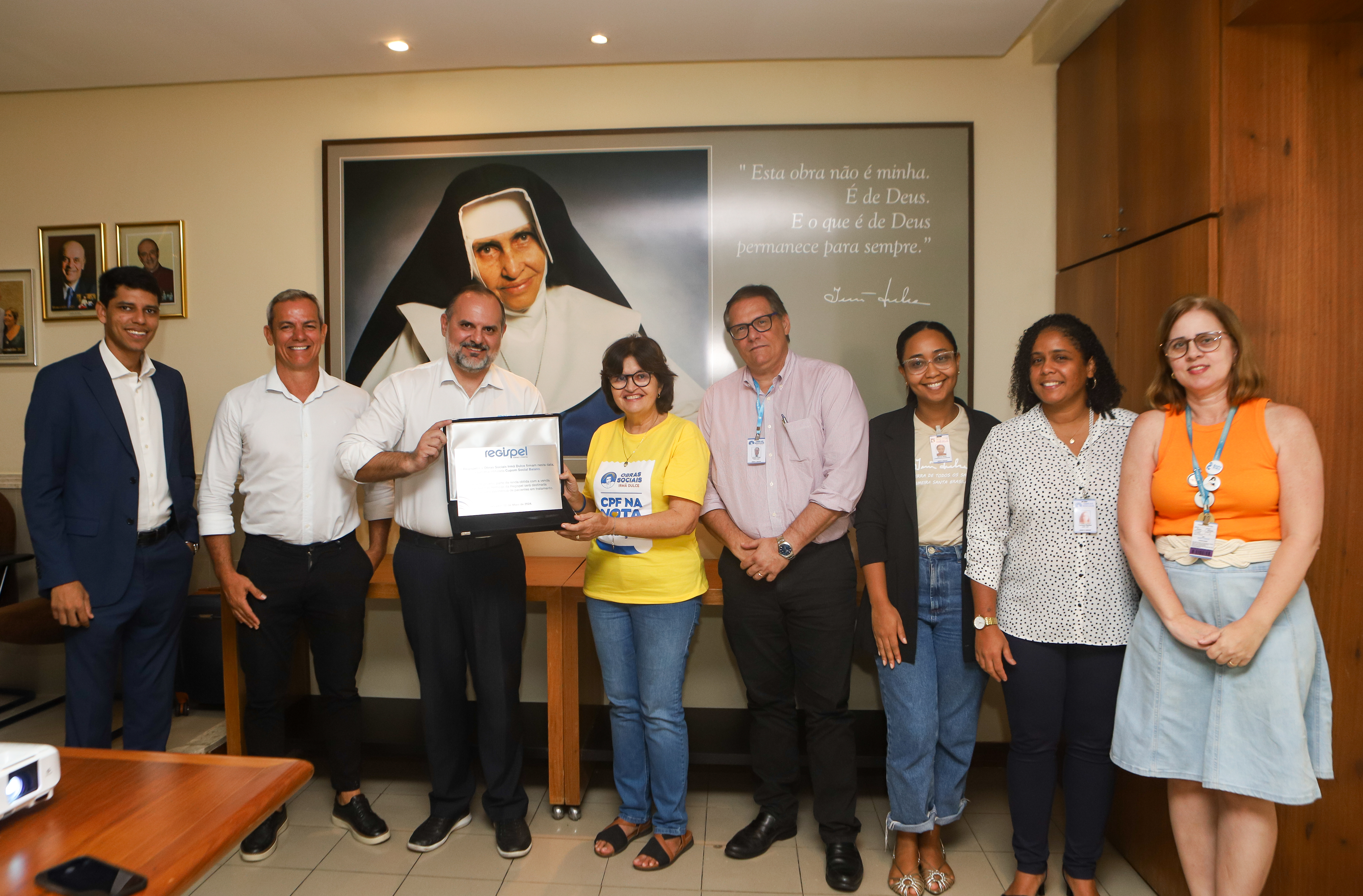
Sessão de autógrafos com Maria Rita Pontes encerra programação das Obras Sociais Irmã Dulce na Bienal do Livro Bahia
Livro Cartas de Santa Dulce reúne manuscritos inéditos do Anjo Bom do Brasil e convida o público a um profundo mergulho na memória da primeira santa brasileira
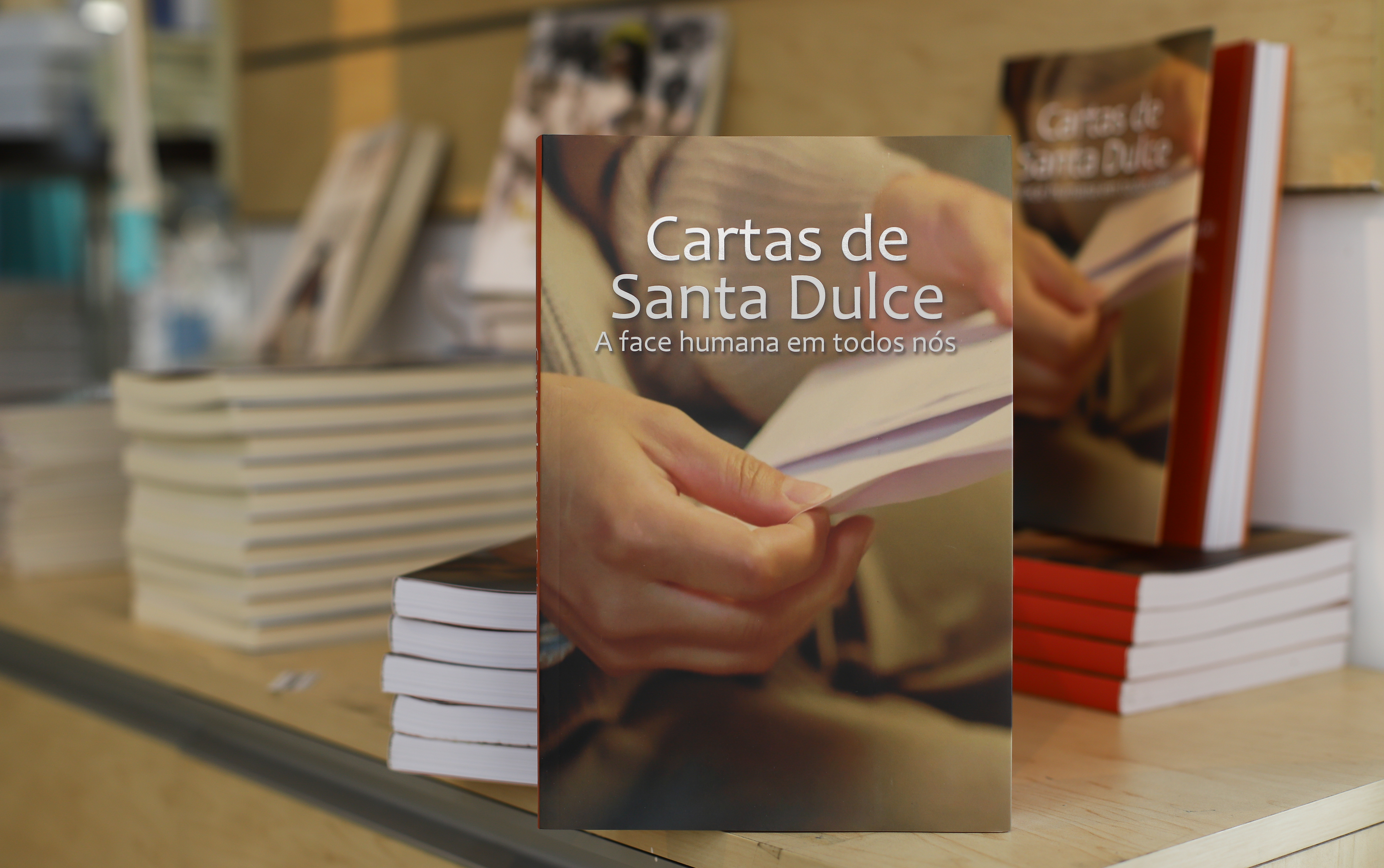
Contação de histórias é atração nesta segunda e terça no estande da OSID na Bienal do Livro
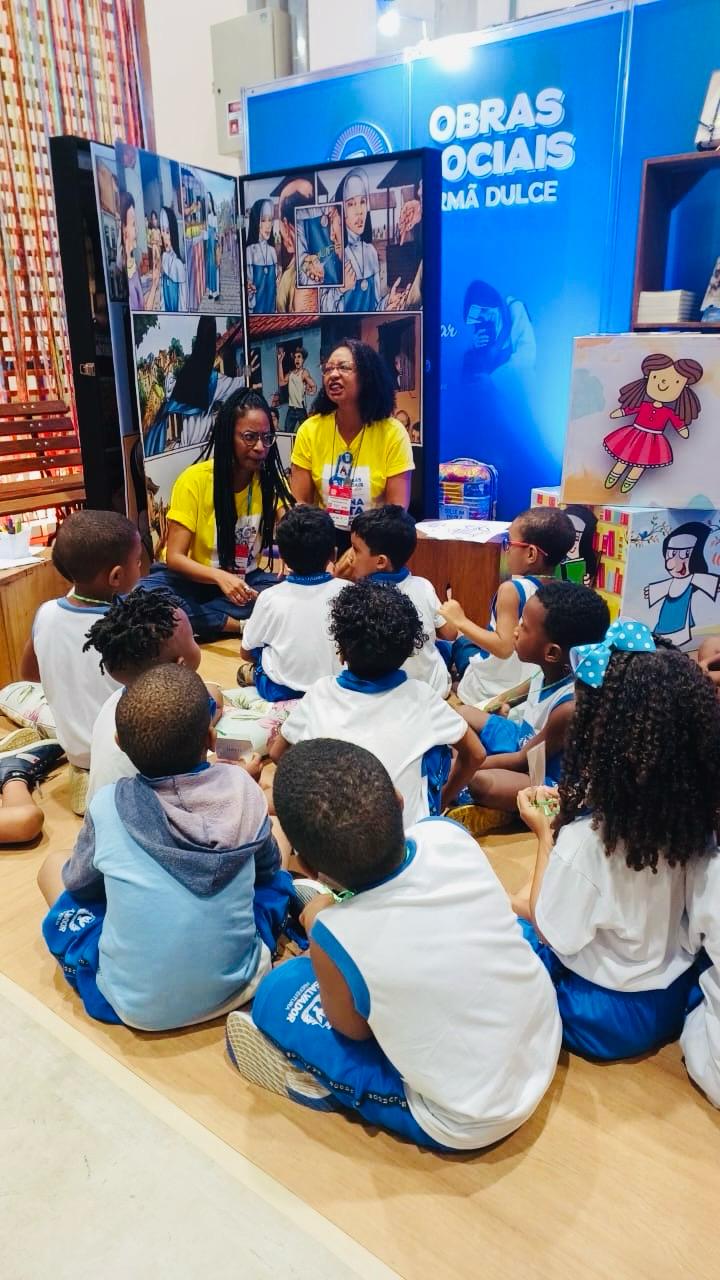
Estande das Obras Sociais Irmã Dulce atrai visitantes e admiradores em programação especial deste fim de semana
Instalação dedicada à Santa Dulce dos Pobres contou com sessão de autógrafos com o jornalista Valber Carvalho e momento de fotografias com a boneca Dulcinha
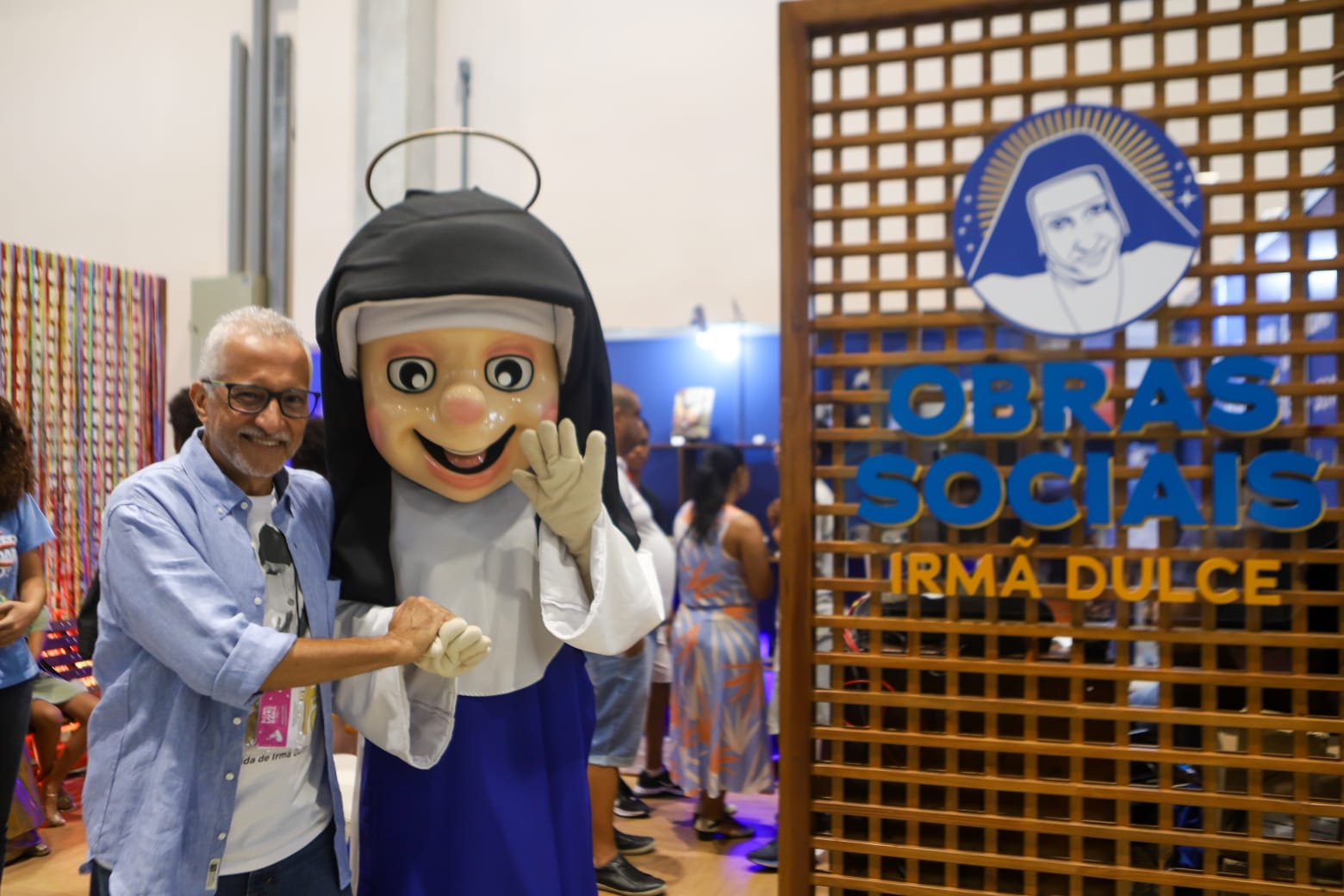
Do violino à tecelagem: duas gerações têm a vida transformada na escola da Santa Dulce dos Pobres
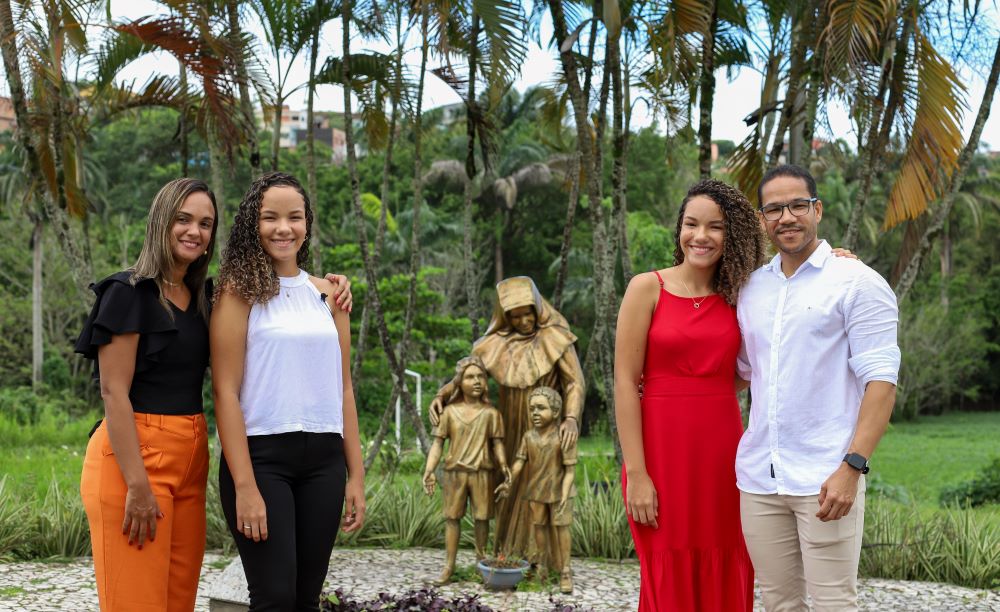
Oficina de Griô incentiva leitura ao abordar cultura indígena e oralidade na escola fundada por Santa Dulce dos Pobres
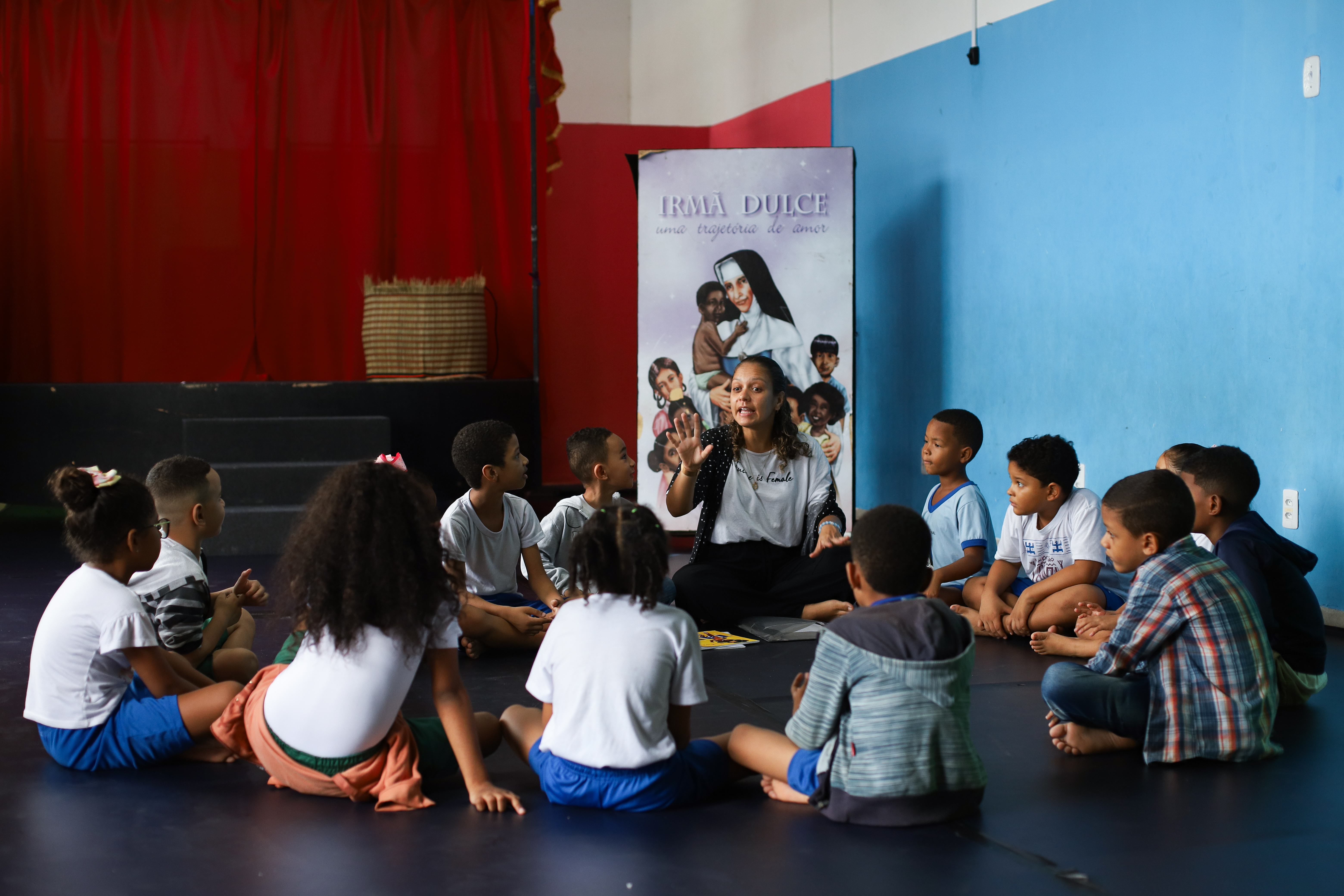
No Dia Mundial de Combate ao Câncer, unidade oncológica da OSID destaca a importância da prevenção
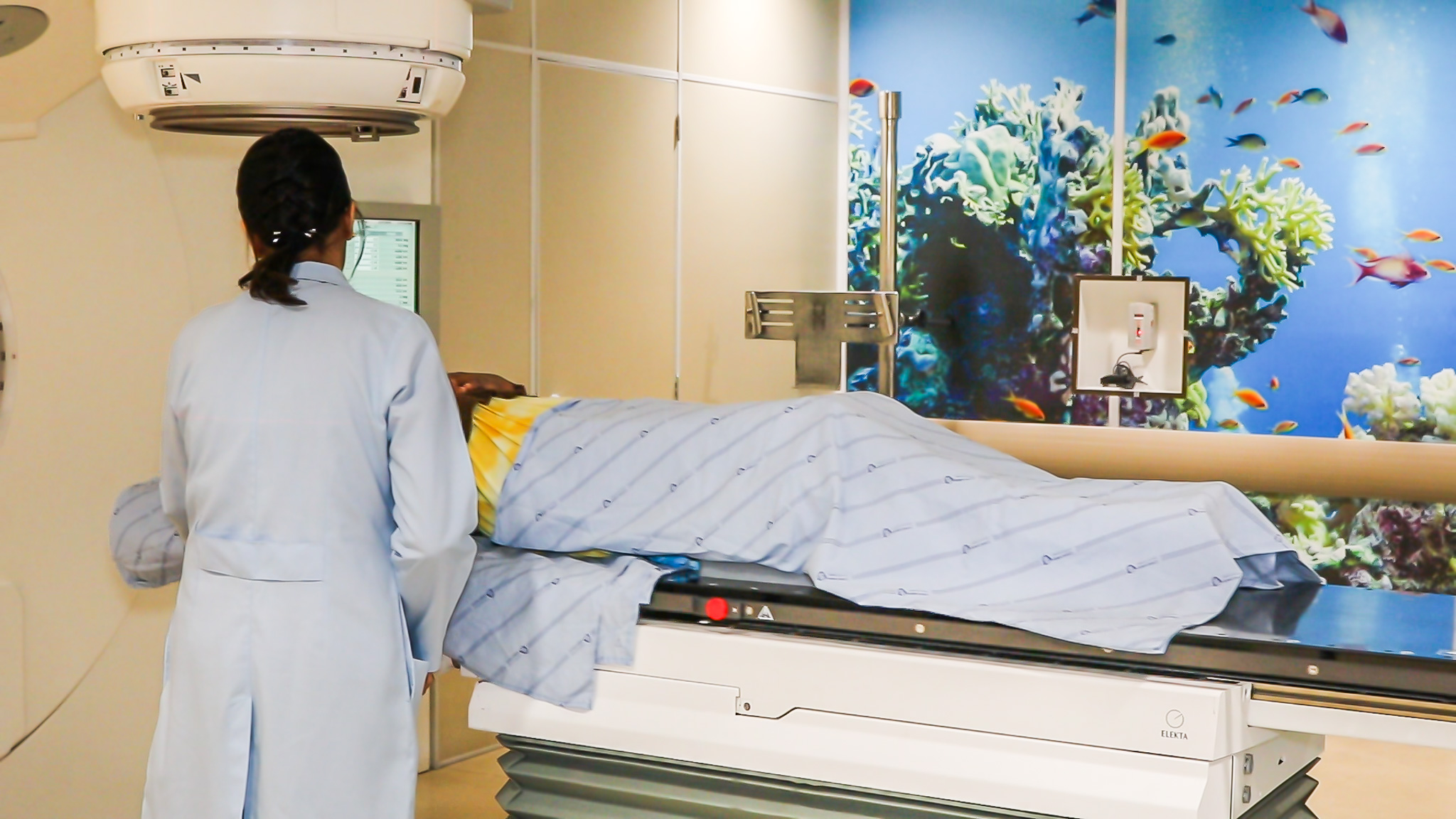
Léo Santana e Lore Improta oficializam doação arrecadada em baile em prol das Obras Sociais Irmã Dulce

OSID oferece evento gratuito para profissionais e estudantes sobre saúde da pessoa idosa
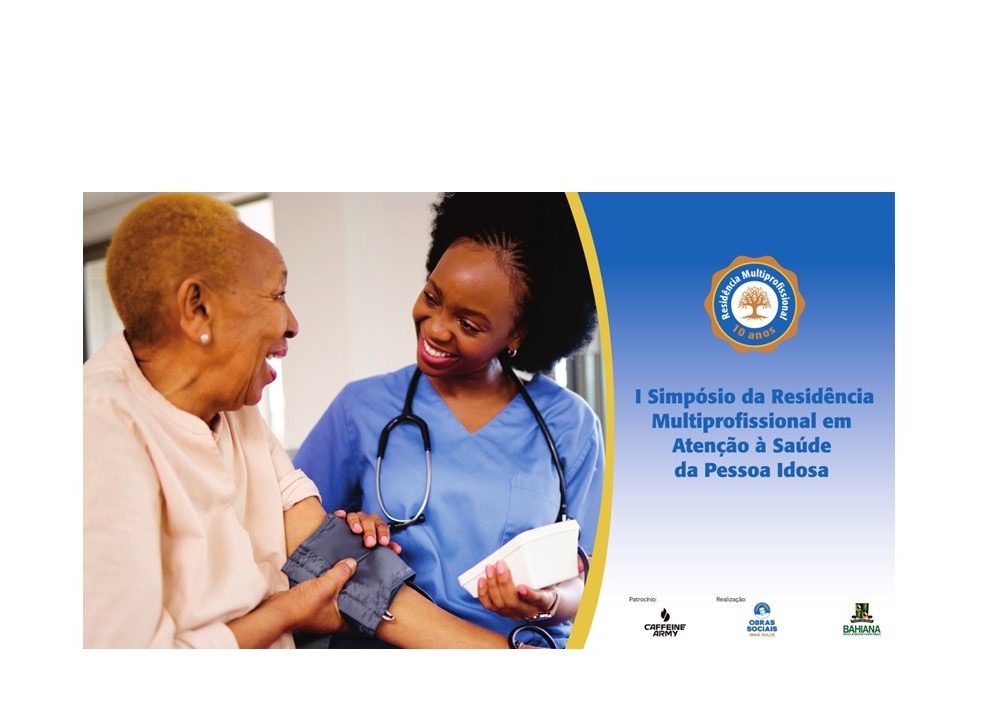
Centro Educacional das Obras Sociais Irmã Dulce desenvolve projeto ambiental com foco na sustentabilidade
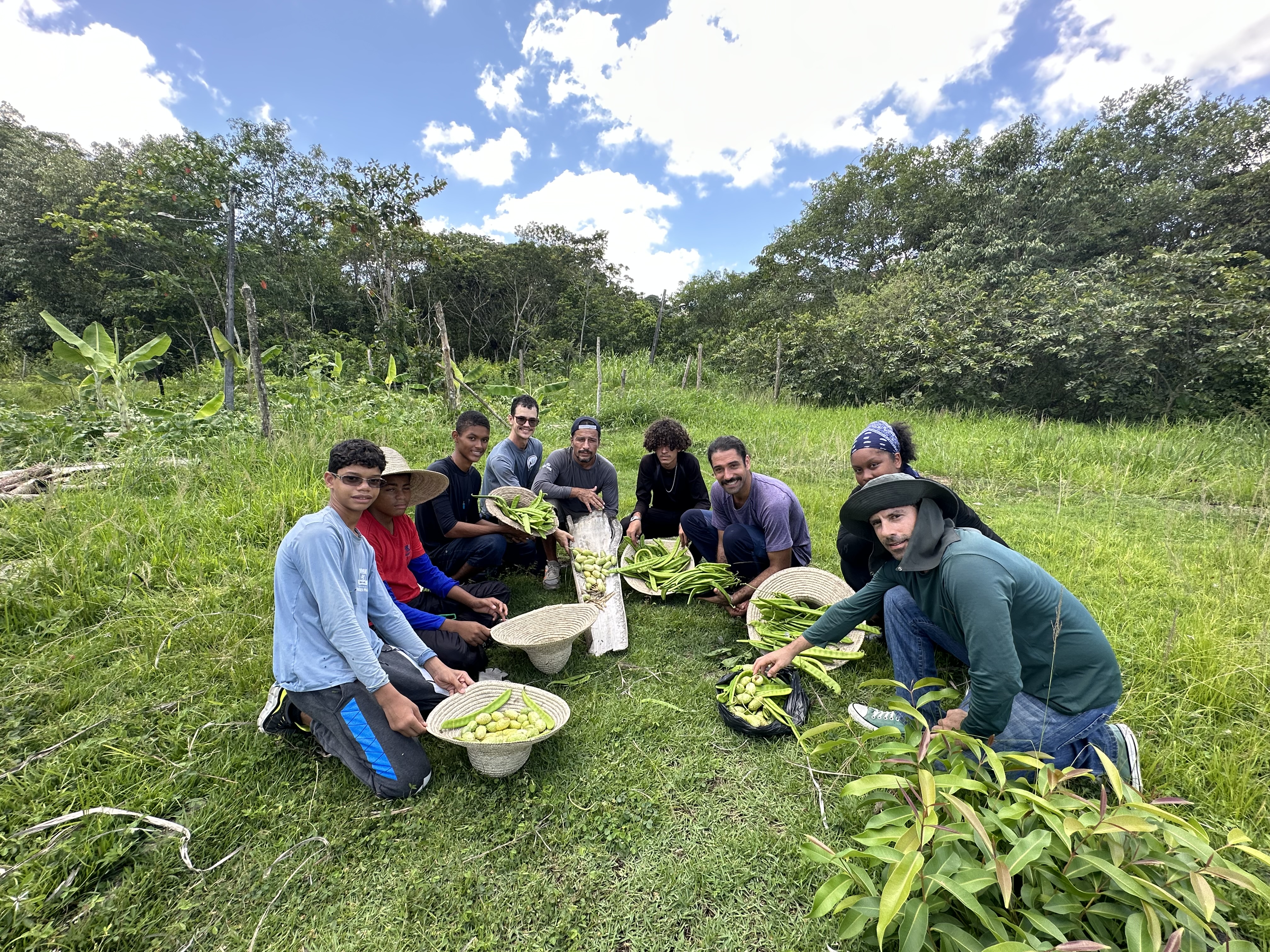
Troco Solidário: projeto já arrecadou mais de R$ 120 mil em doações para as Obras Sociais Irmã Dulce
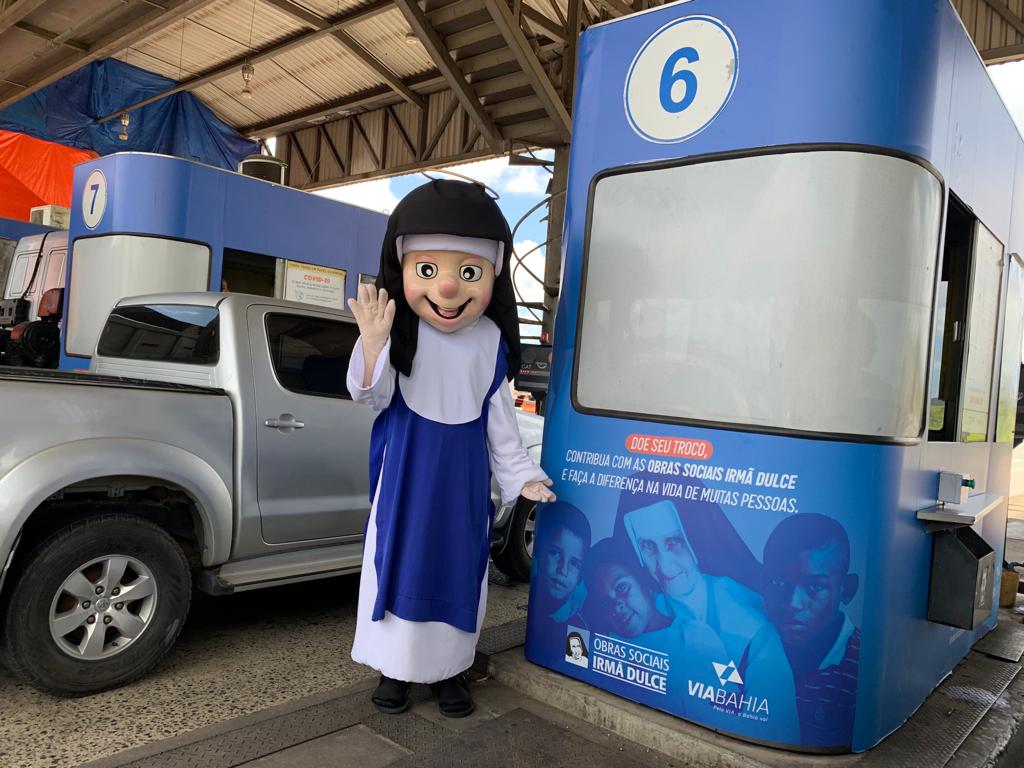
Léo Santana e Lore Improta realizam baile de gala em prol das Obras Sociais Irmã Dulce
Com show de Carlinhos Brown, evento será realizado no dia 29 de janeiro em Salvador e arrecadará recursos destinados à ampliação de leitos de UTI no Hospital Santo Antônio
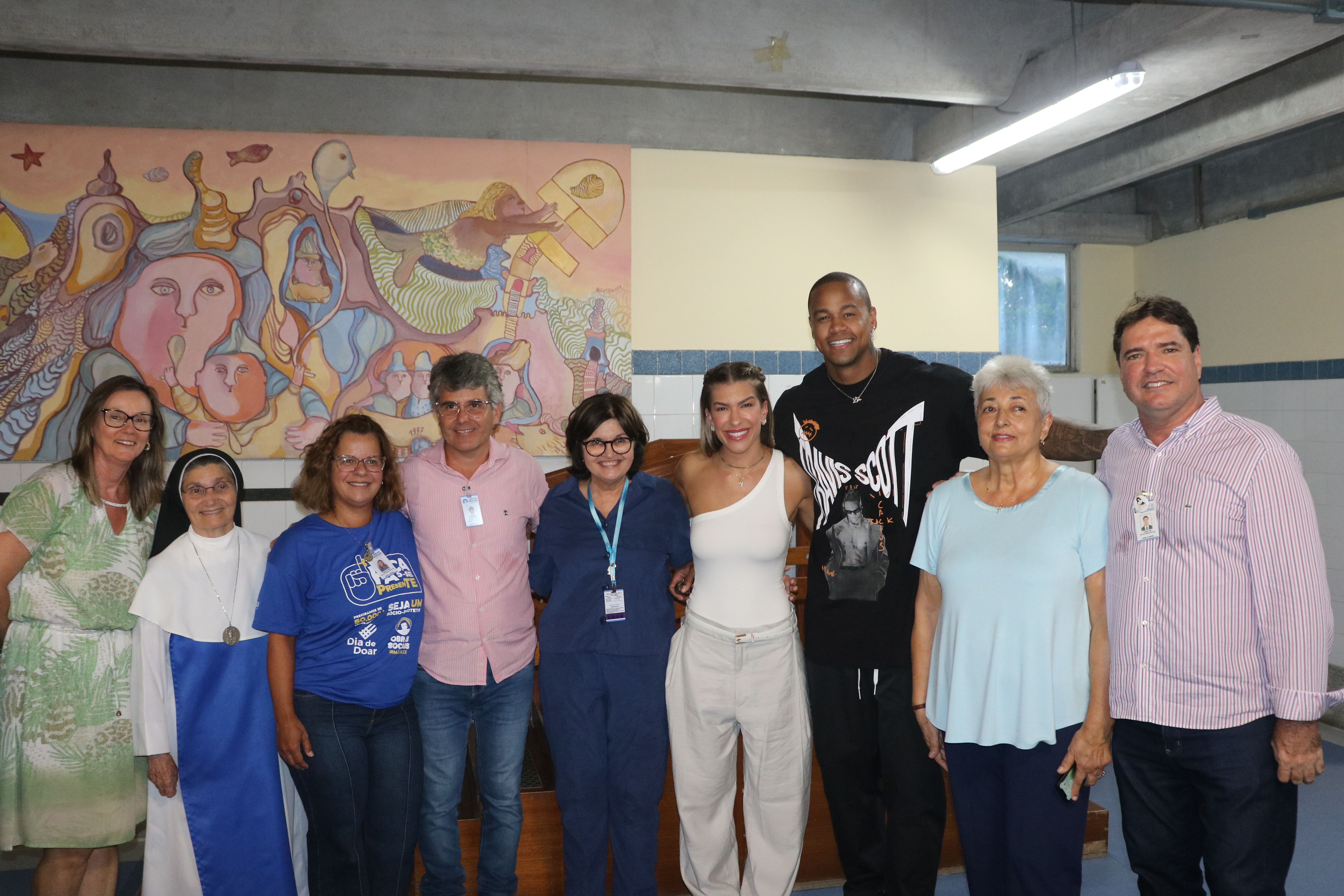
OSID celebra primeiro aniversário da loja Dulce Sabor com descontos especiais para o público

Alunos e professores do CESA recebem notebooks e tablets da sorveteria A Cubana
13ª Campanha Cubanito Amigo
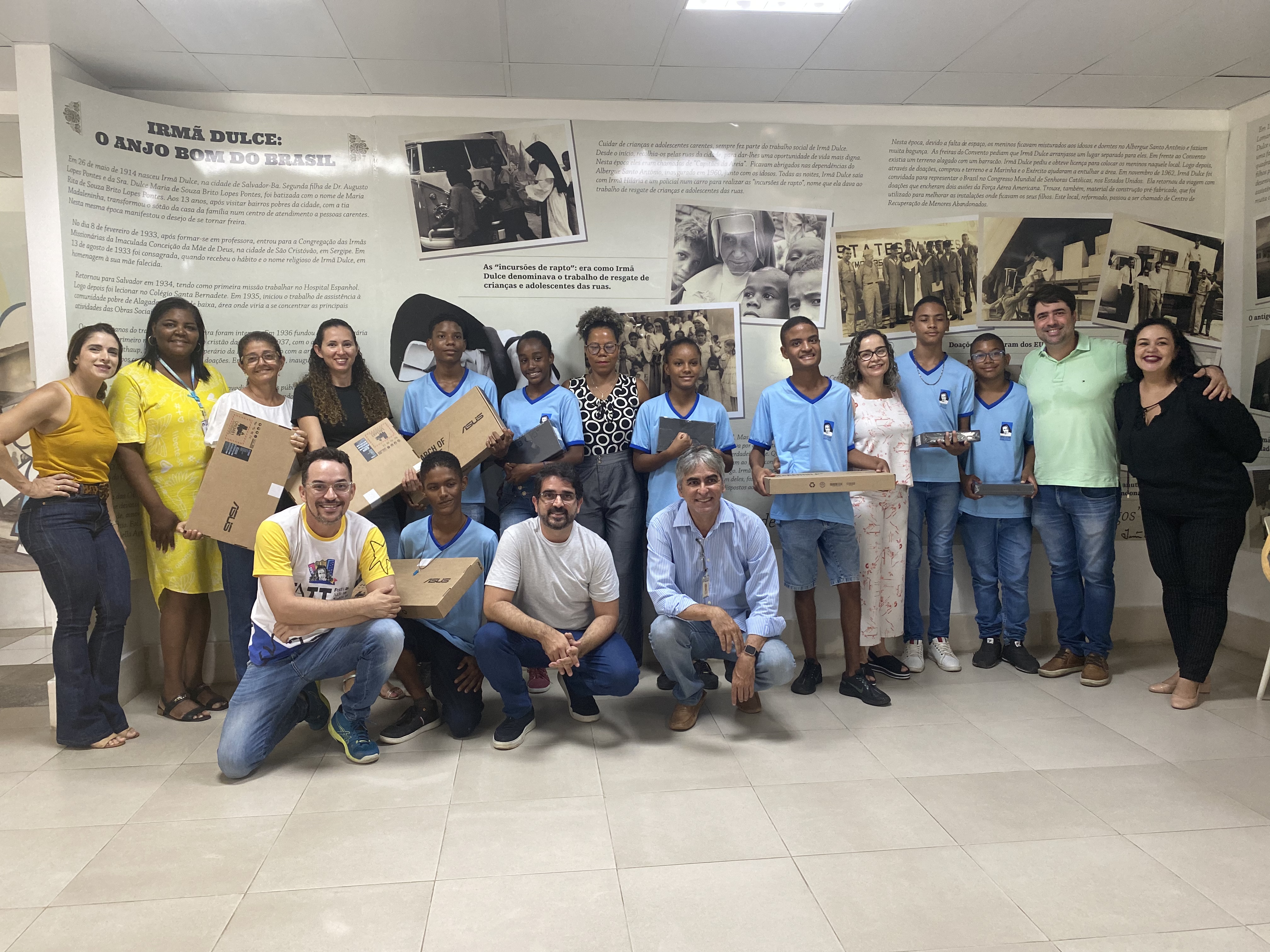
Versão especial do Panetone Santa Dulce vem em lata exclusiva e traz o delicioso sabor de chocolate com tâmaras e nozes
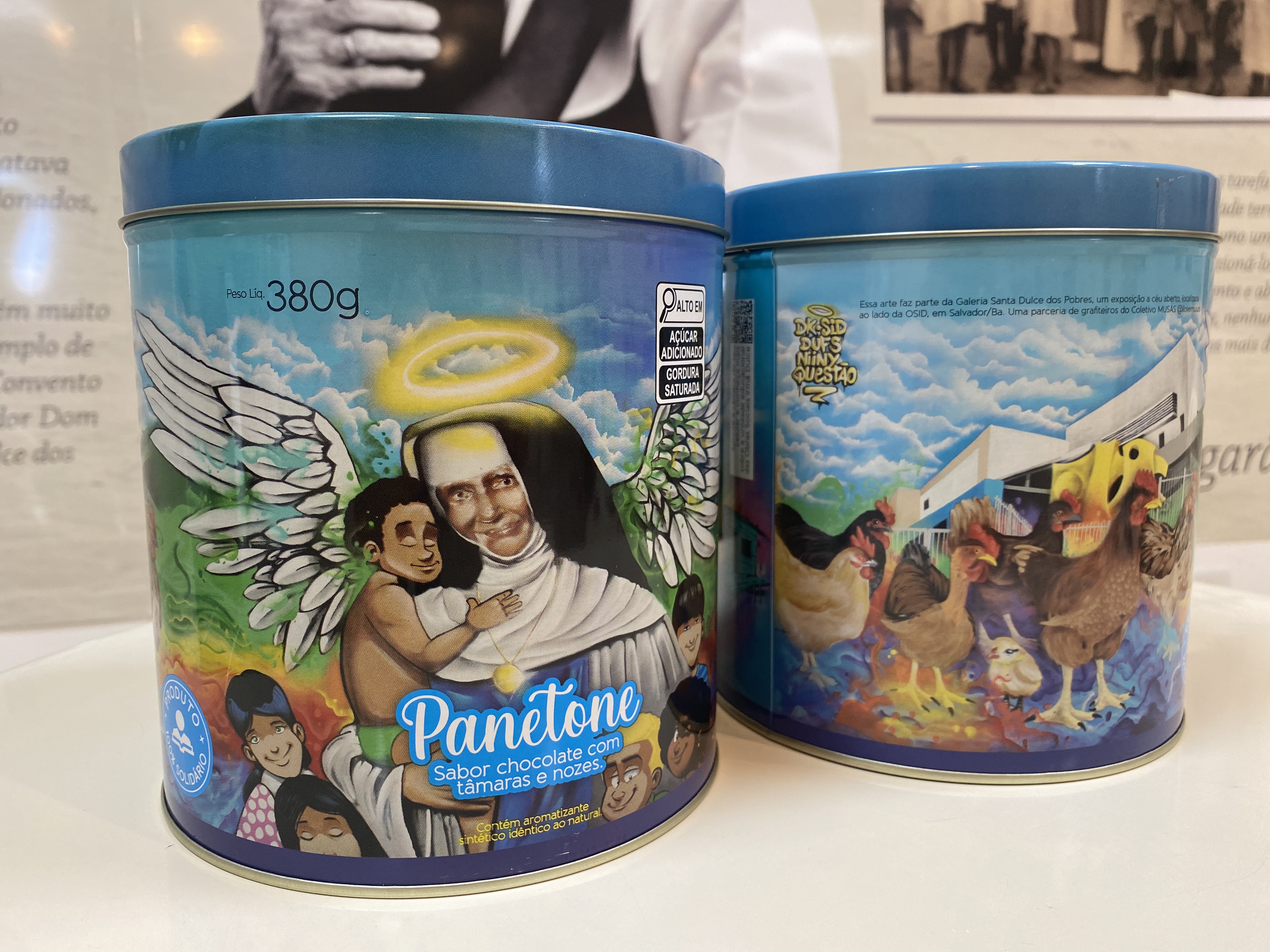
Doe seu troco nos pedágios da VIABAHIA e ajude as Obras Sociais Irmã Dulce
Para doar, basta acionar o botão instalado nas cabines de pedágio; valores são menores que R$ 1
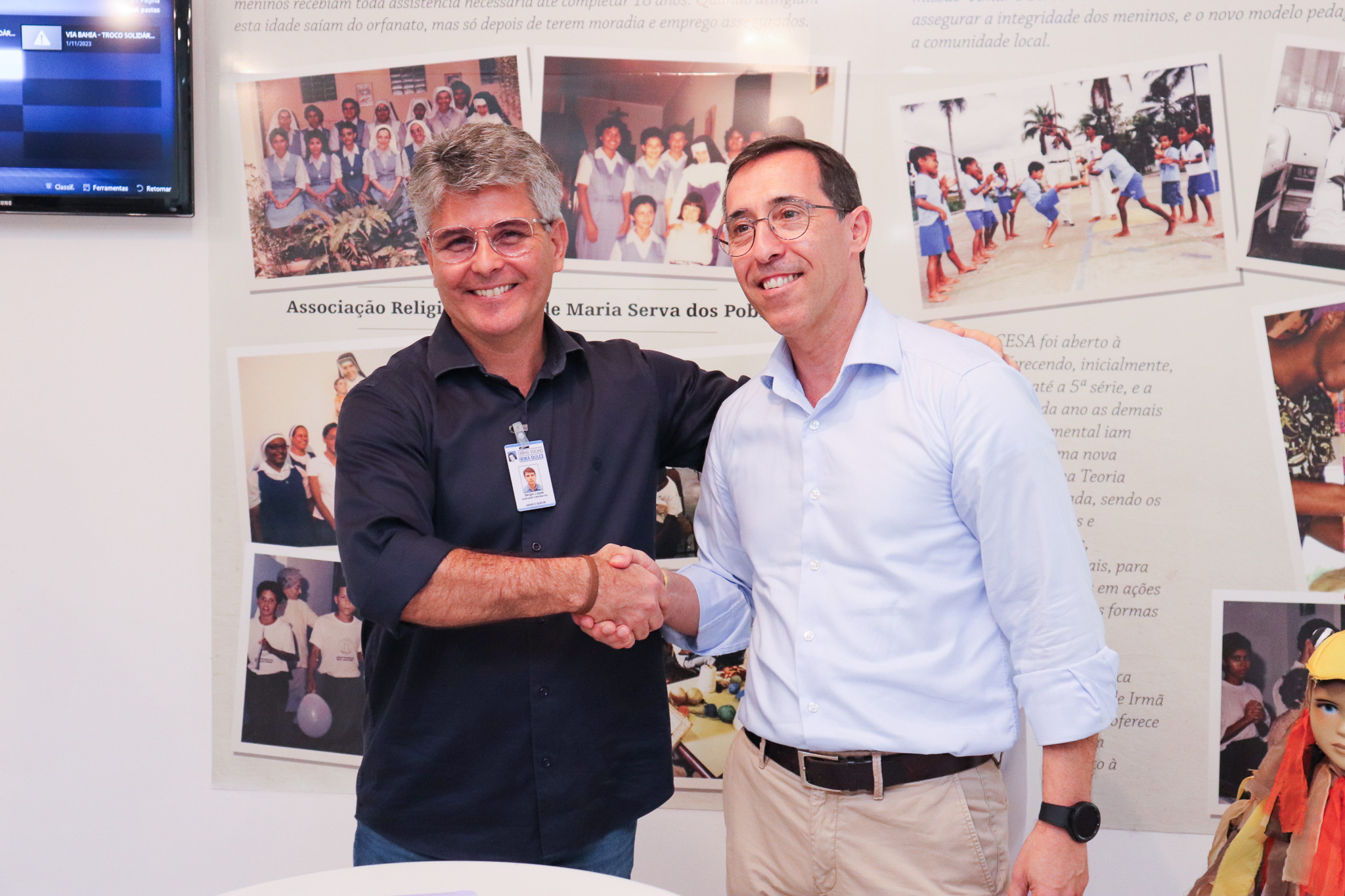
Pacientes da OSID receberão lenços e cabelos arrecadados em campanha do Instituto Sabin
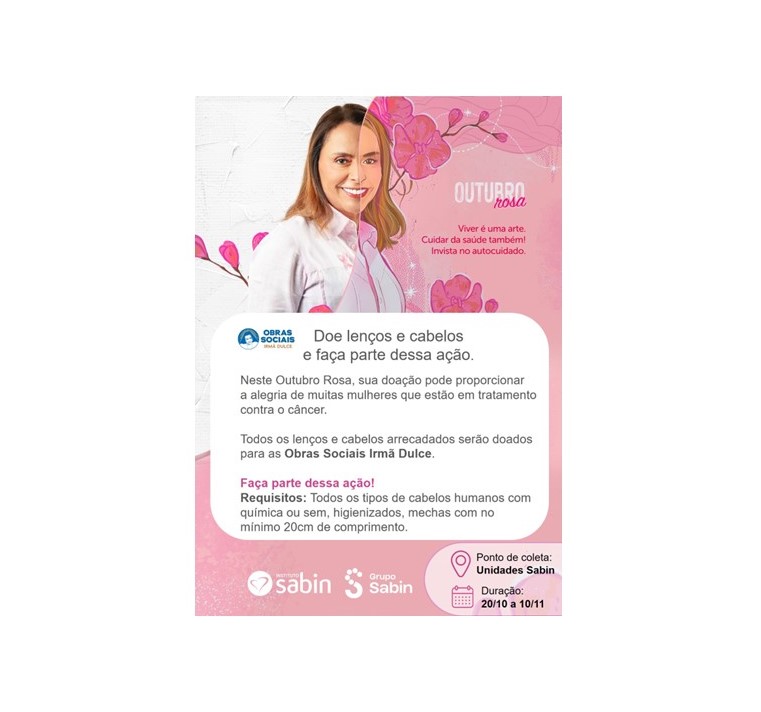
Obras Irmã Dulce reúne educadores para debater a importância da arte nas escolas
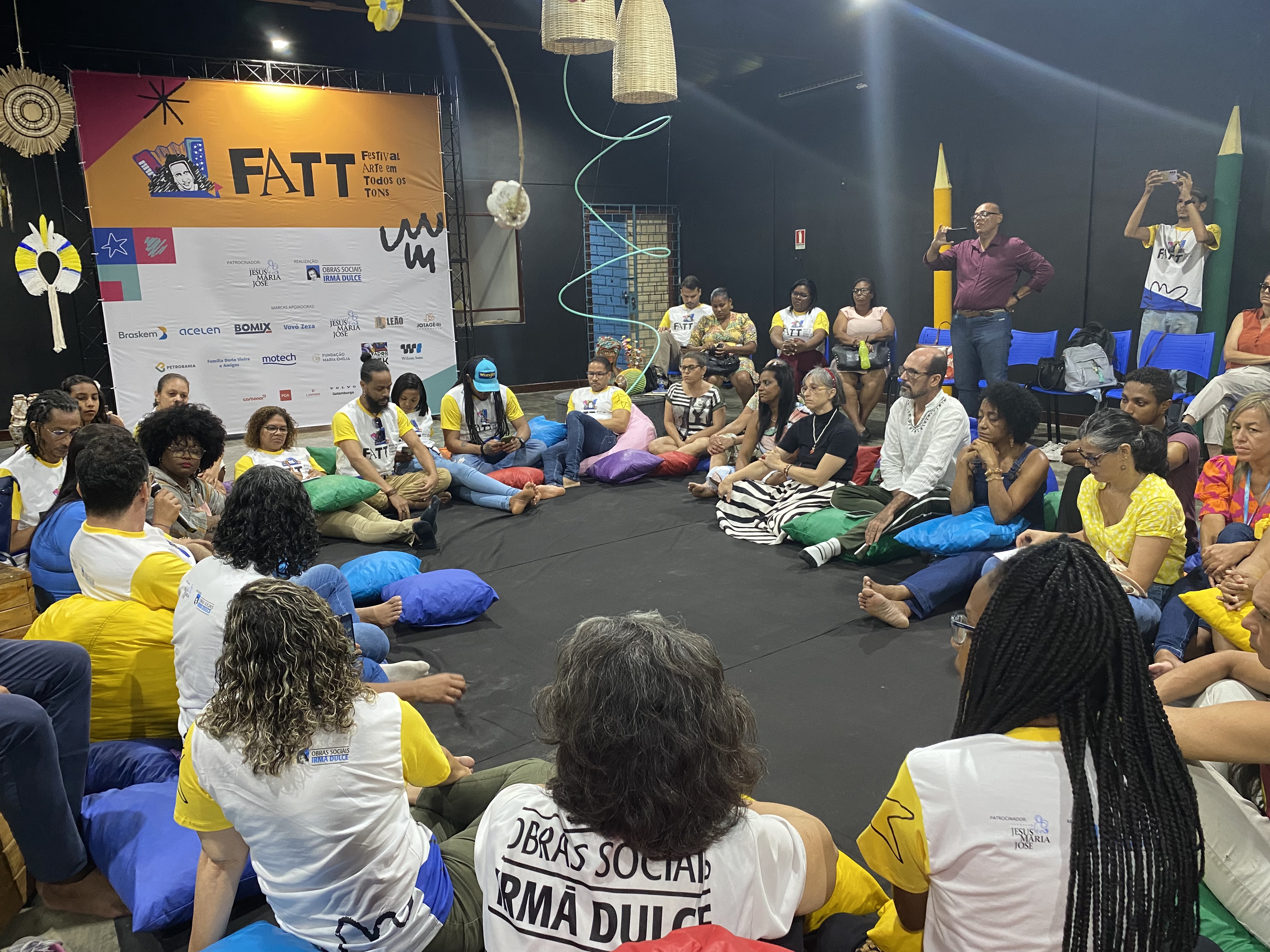
Tríduo da Gratidão e inauguração de monumento ao Anjo Bom da Bahia marcam homenagens aos quatro anos da Canonização de Irmã Dulce
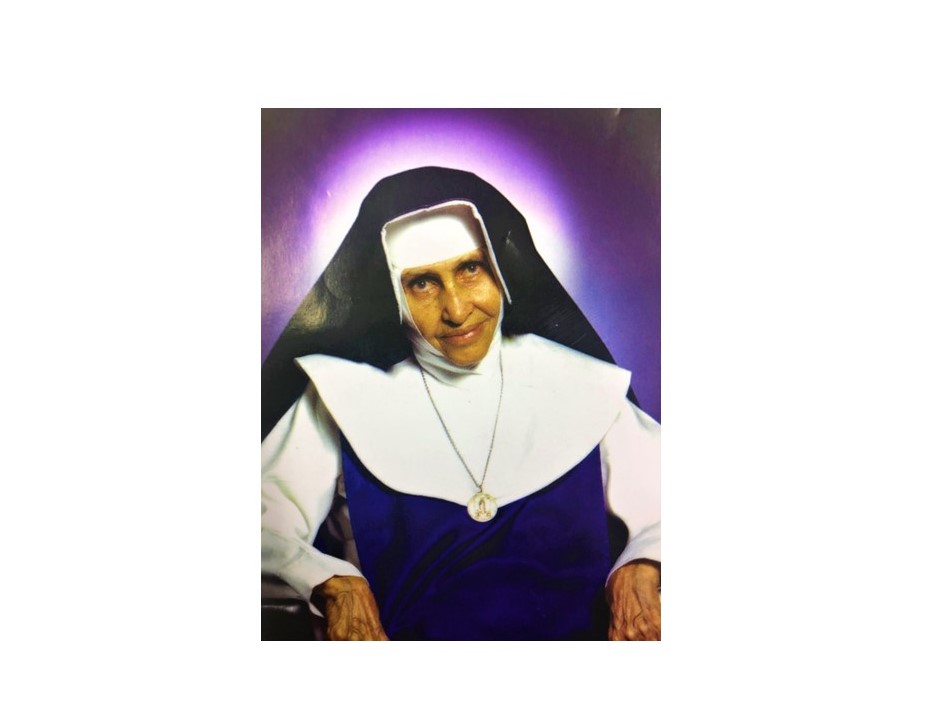
Livro Cartas de Santa Dulce é atração do Salão Imobiliário da Bahia nesta sexta-feira
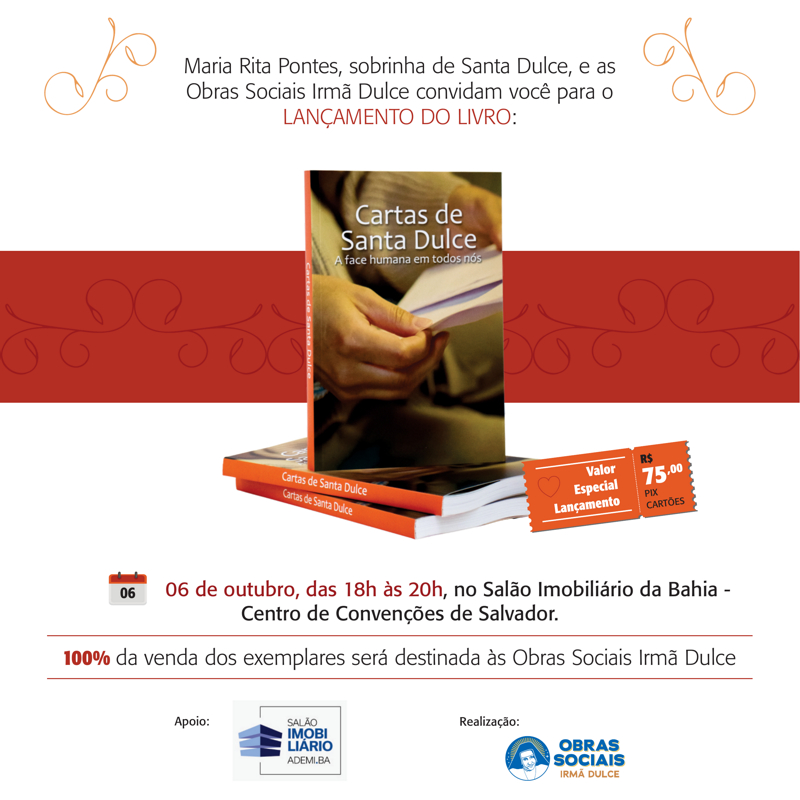
Livro que reúne cartas inéditas de Santa Dulce dos Pobres será lançado no Rio de Janeiro nesta terça-feira (26)
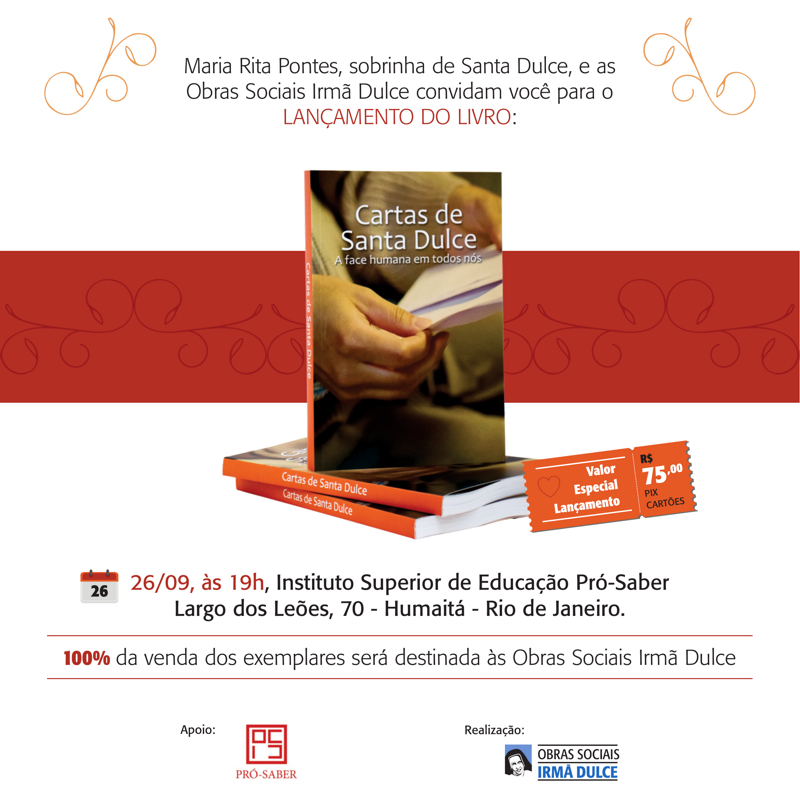
Campanha Cubanito Amigo chega neste sábado (23) em prol das Obras Sociais Irmã Dulce

Obras Sociais Irmã Dulce apresentam as novas embalagens dos pães Dulce Natura

Missas e live marcam homenagens das Obras Sociais Irmã Dulce aos sócios-protetores da instituição
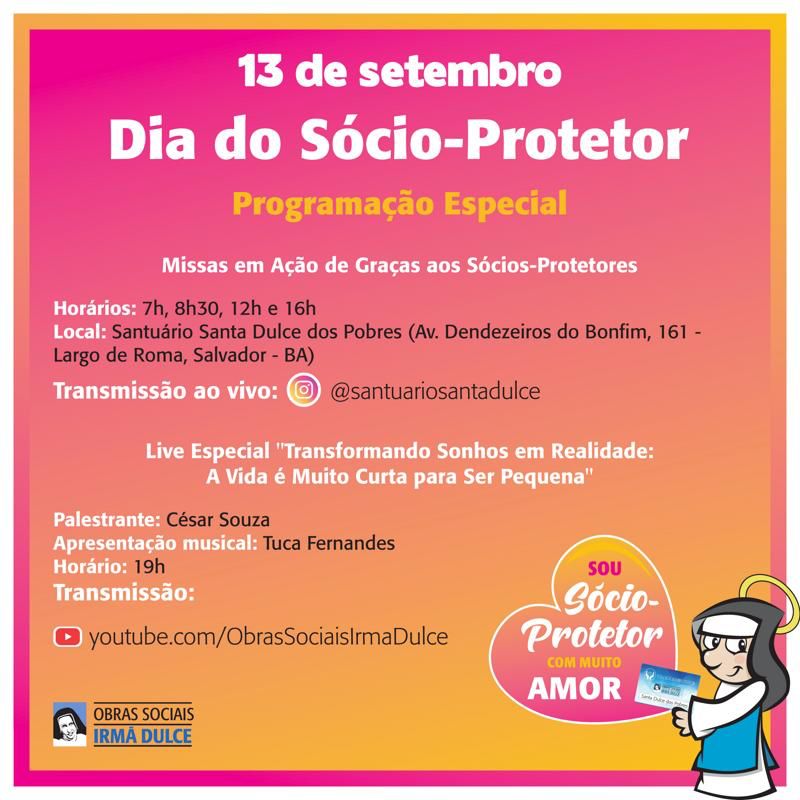
Obras Irmã Dulce recebem réplica da Kombi utilizada por Santa Dulce em suas ações sociais
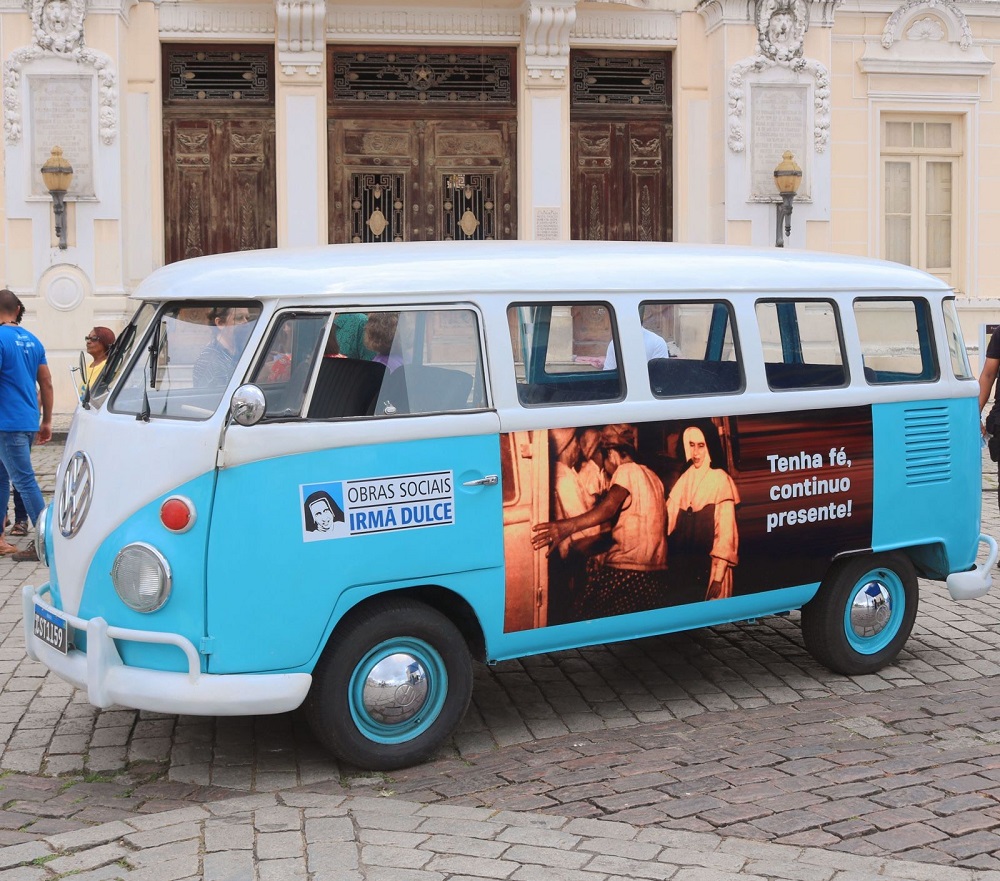
Livro que reúne cartas inéditas de Santa Dulce dos Pobres será lançado em Salvador e no Rio de Janeiro
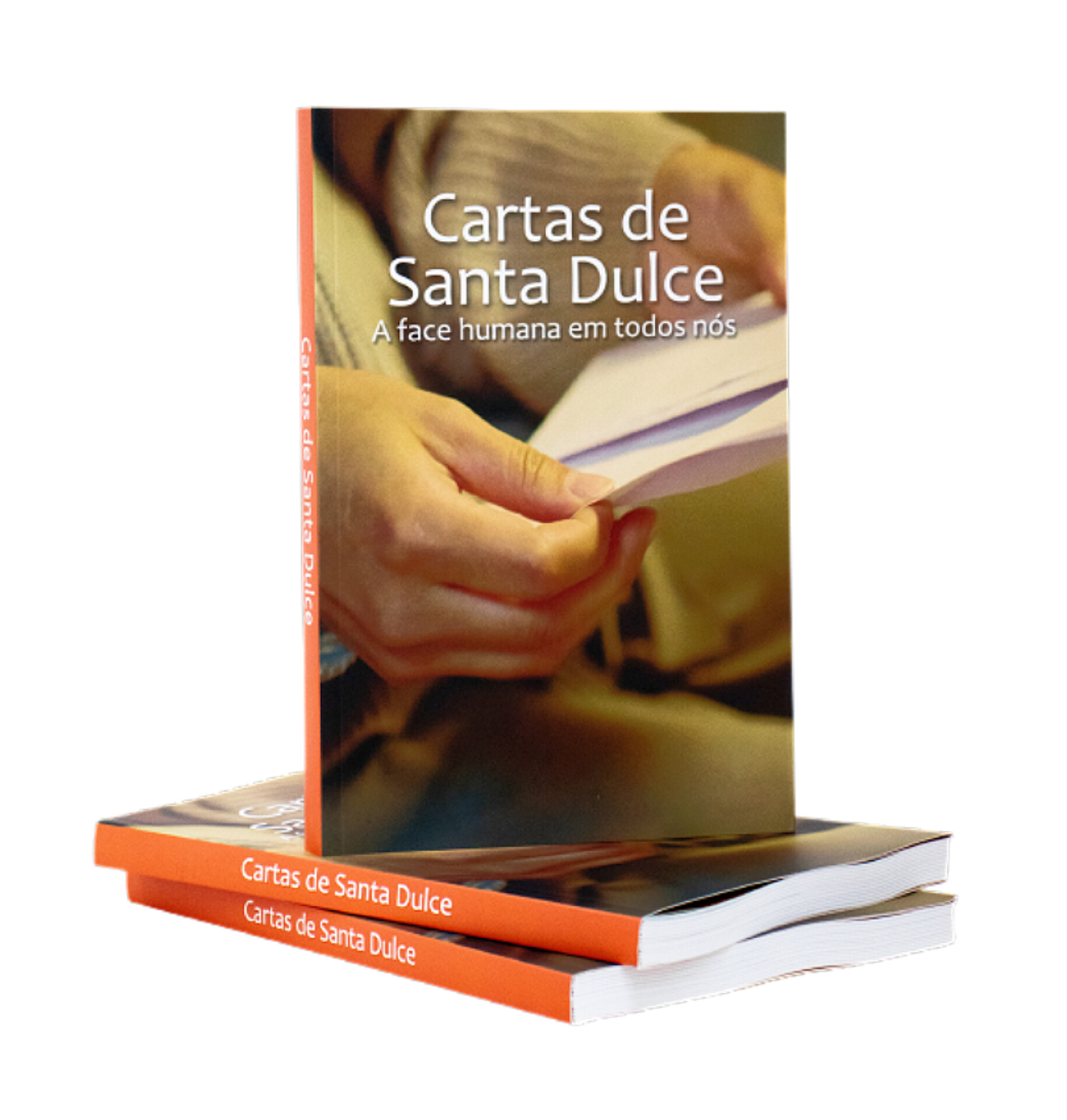
Programa Integrado do CESA vai beneficiar mais de 900 crianças e jovens em risco social
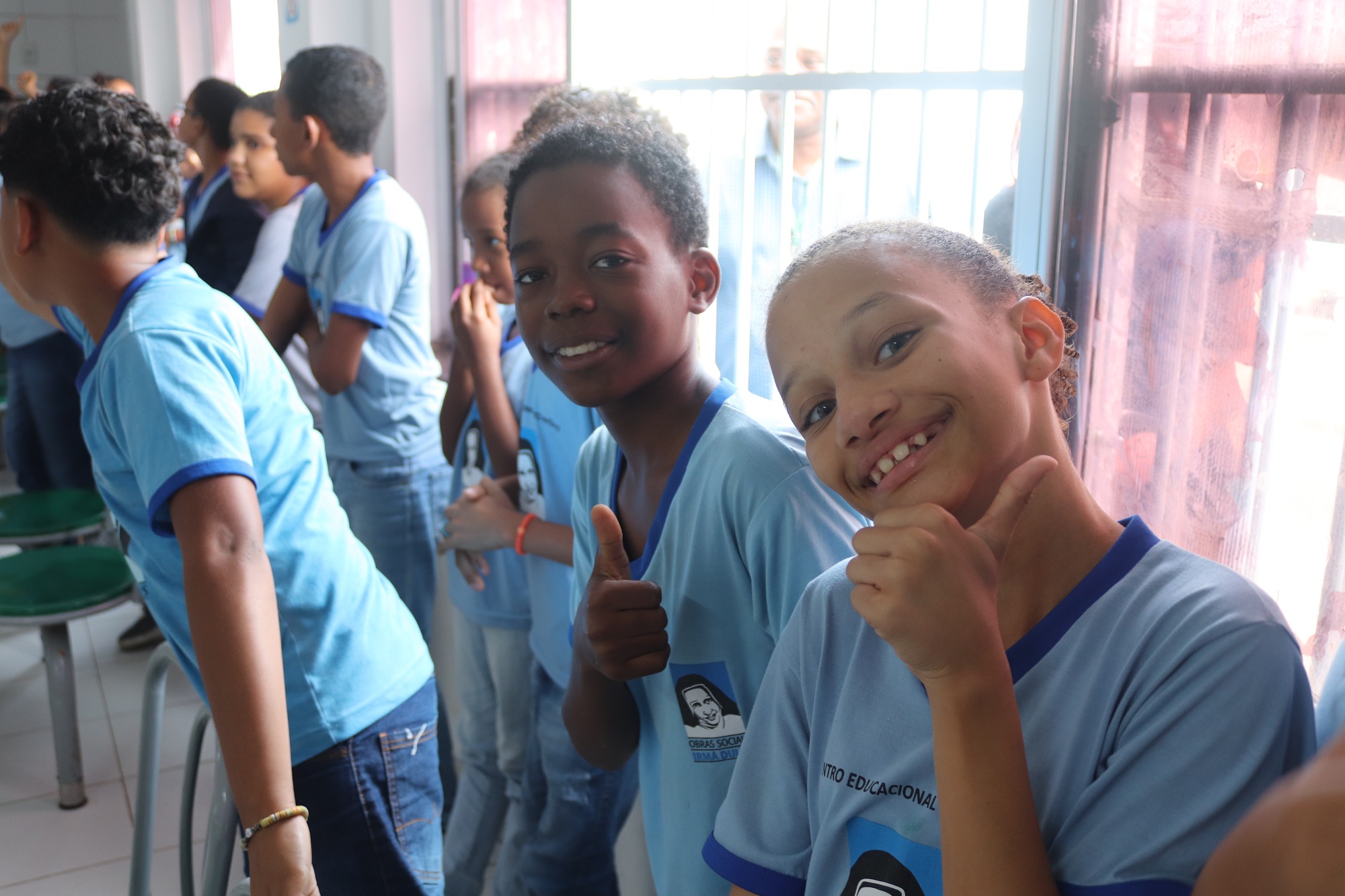
Festa em homenagem à primeira santa brasileira será encerrada com missa campal, procissão e shows na Praça Irmã Dulce
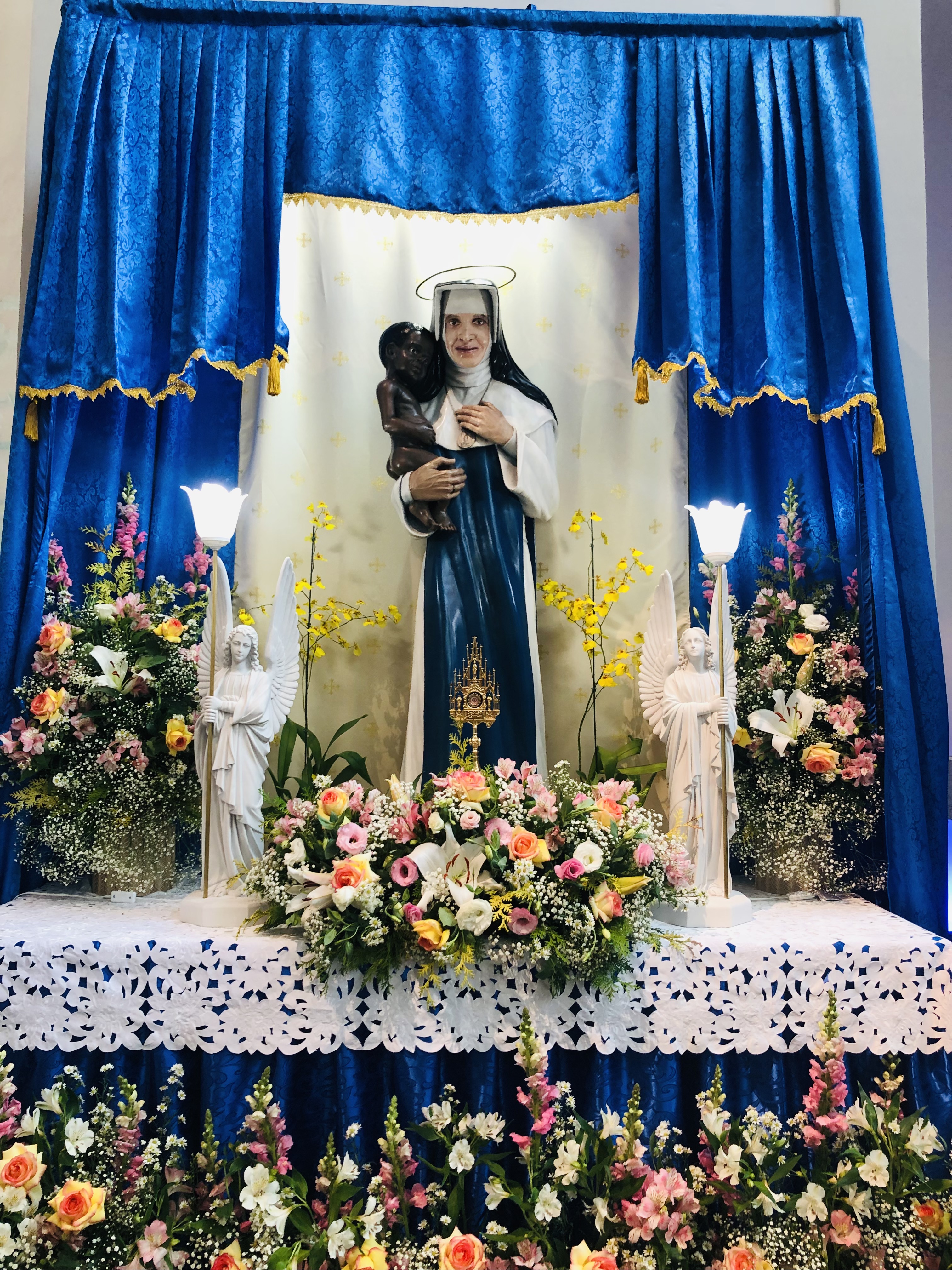
Imagem Peregrina de Santa Dulce chega ao bairro da Liberdade com a presença do miraculado da Canonização da religiosa baiana
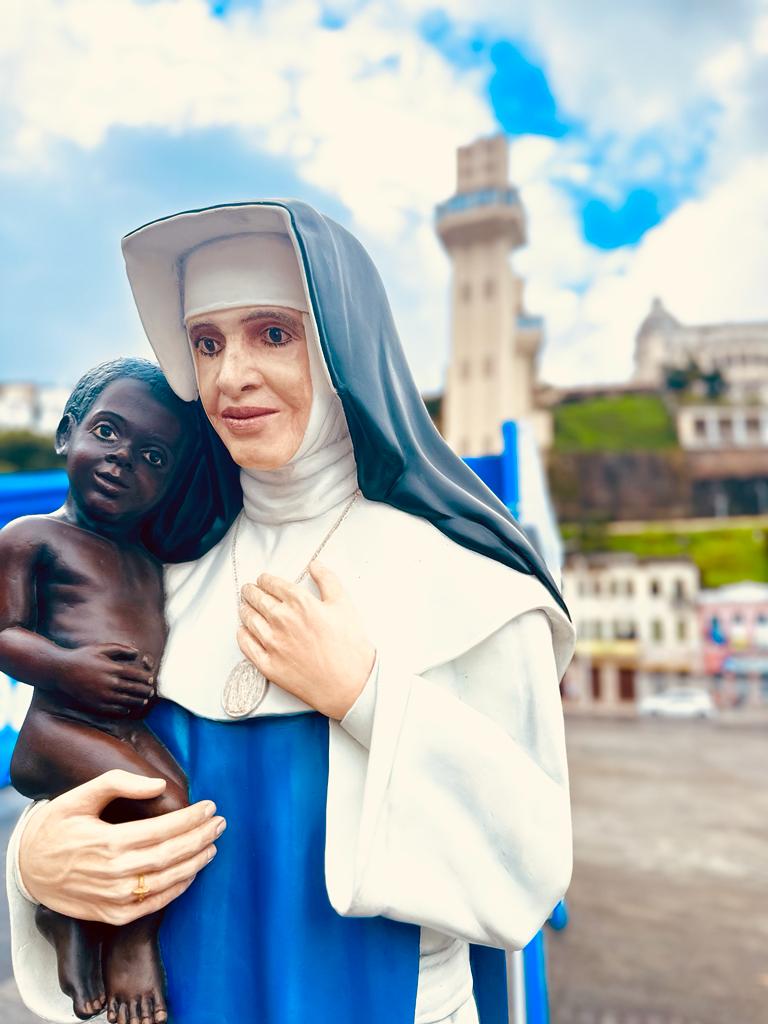
Livro traduz a relação de Santa Dulce com o médico que sempre esteve a seu lado
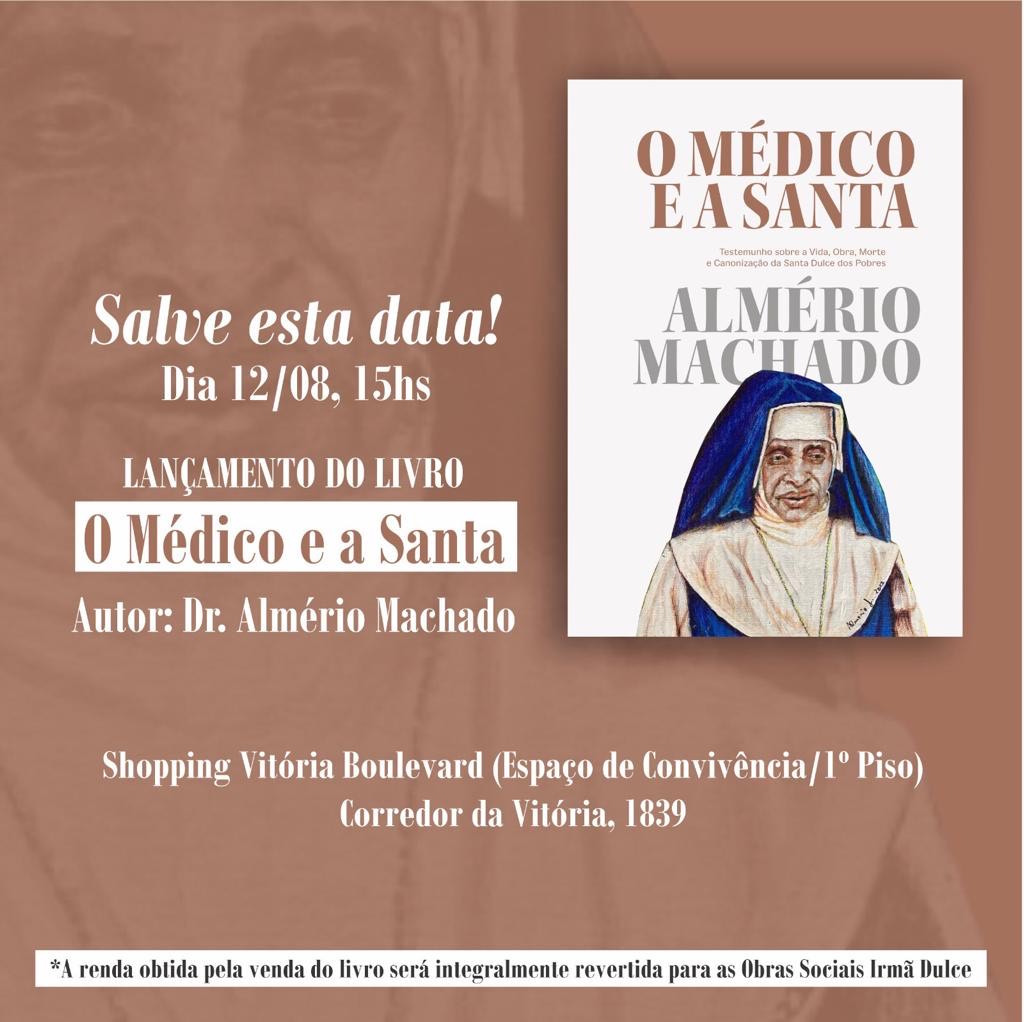
Shows de Tuca Fernandes, Thiago Arancam, Padre Antônio Maria e Waldonys estão entre as atrações da semana em homenagem a Santa Dulce
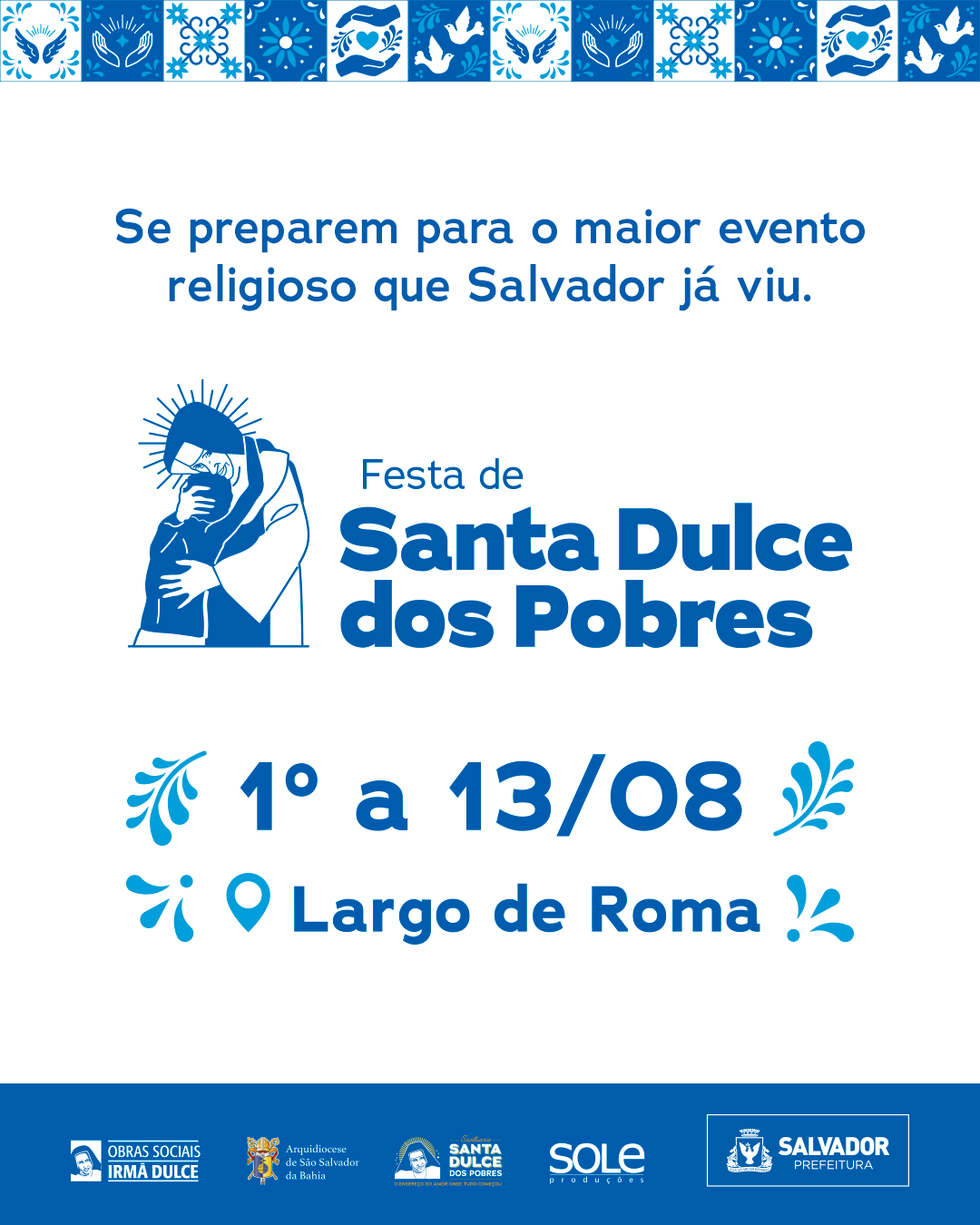
Projeto de inclusão digital beneficia crianças acolhidas no centro educacional das Obras Irmã Dulce

Festa de Santa Dulce dos Pobres oferece serviços de saúde e cidadania gratuitos para a população
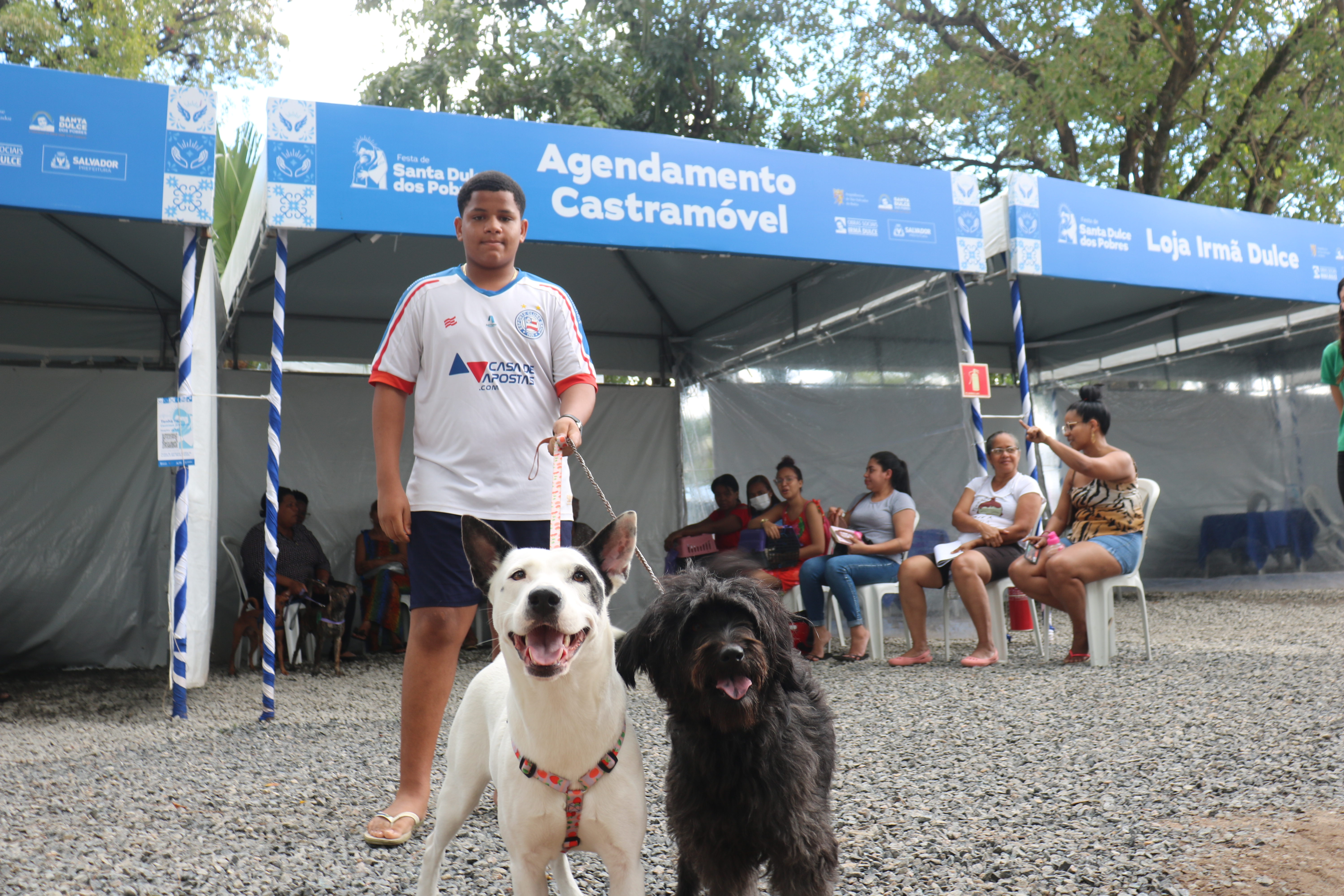
Procissões e carreata marcam homenagens a Santa Dulce neste fim de semana em Salvador
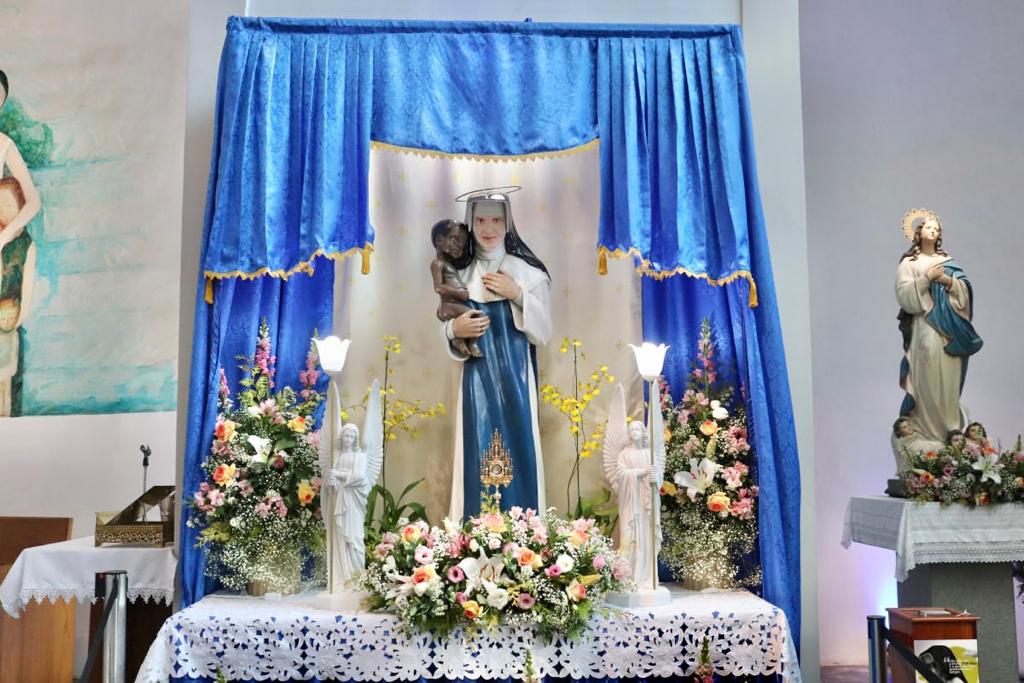
Santa Missa e lançamento de galeria a céu aberto marcam abertura da Festa de Santa Dulce nesta terça-feira (1º) em Salvador
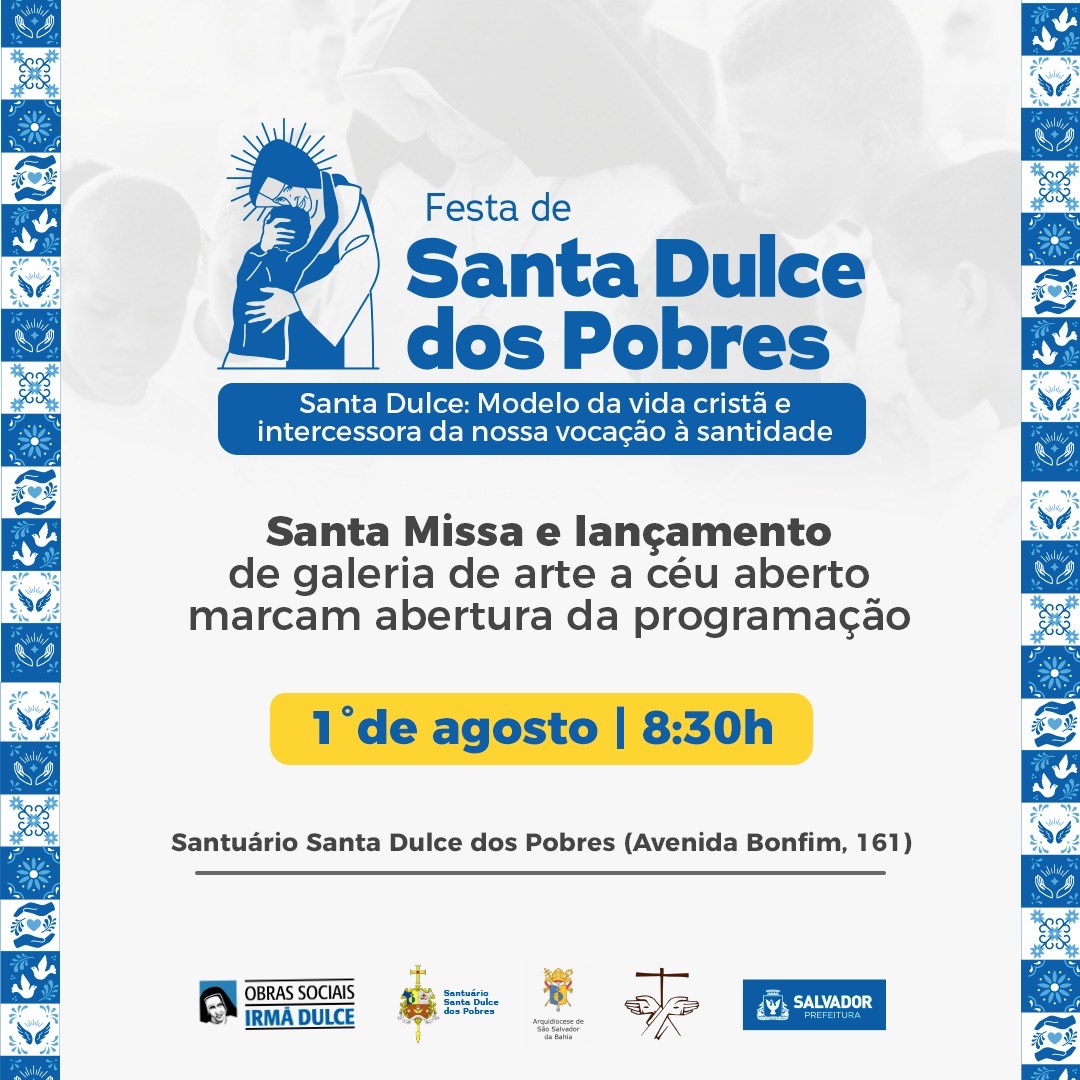
Neste fim de semana, motoristas podem plotar o carro com adesivo da Festa de Santa Dulce
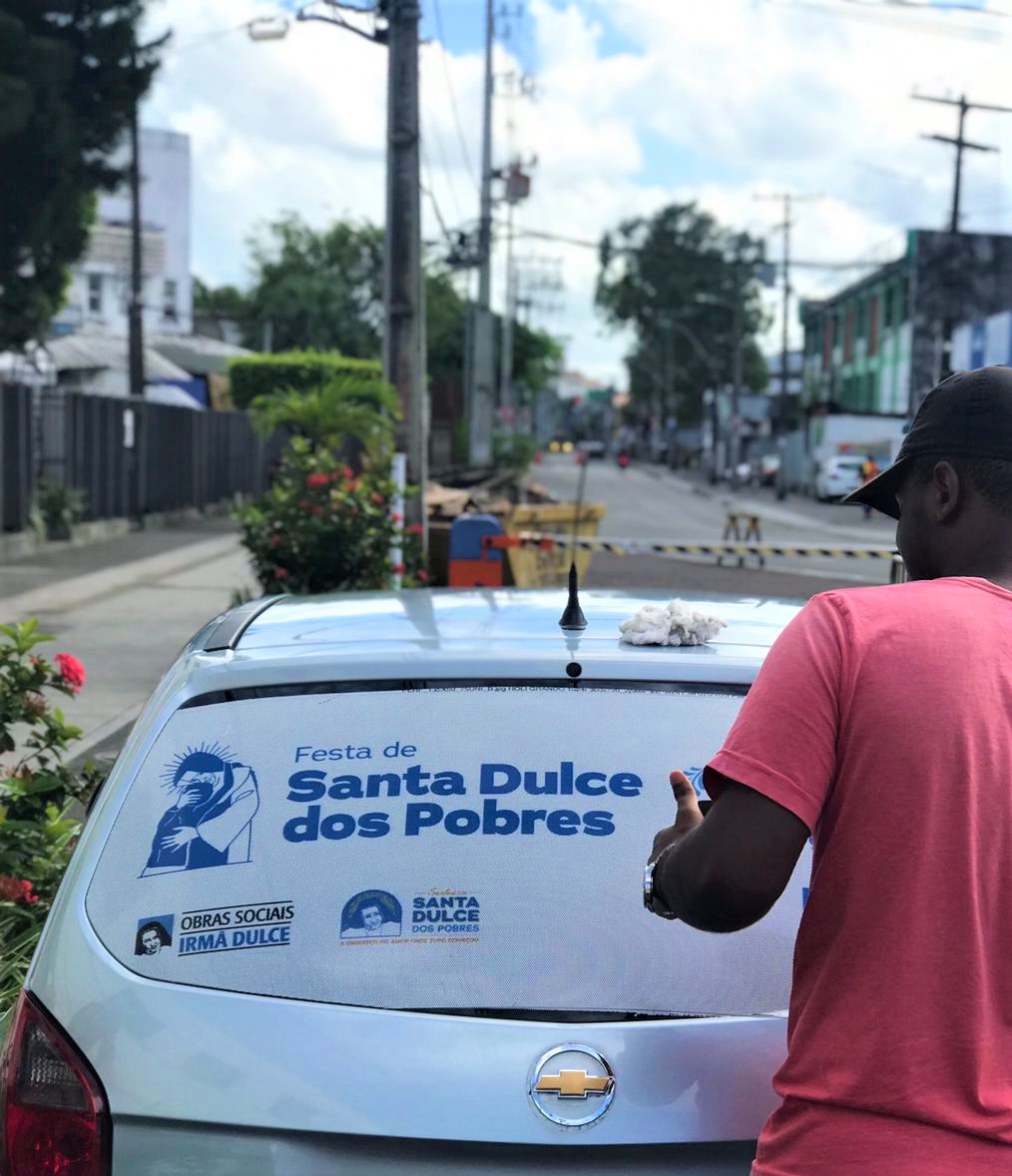
Missa campal, shows, peça teatral e procissões estarão entre as homenagens da festa dedicada a Santa Dulce dos Pobres
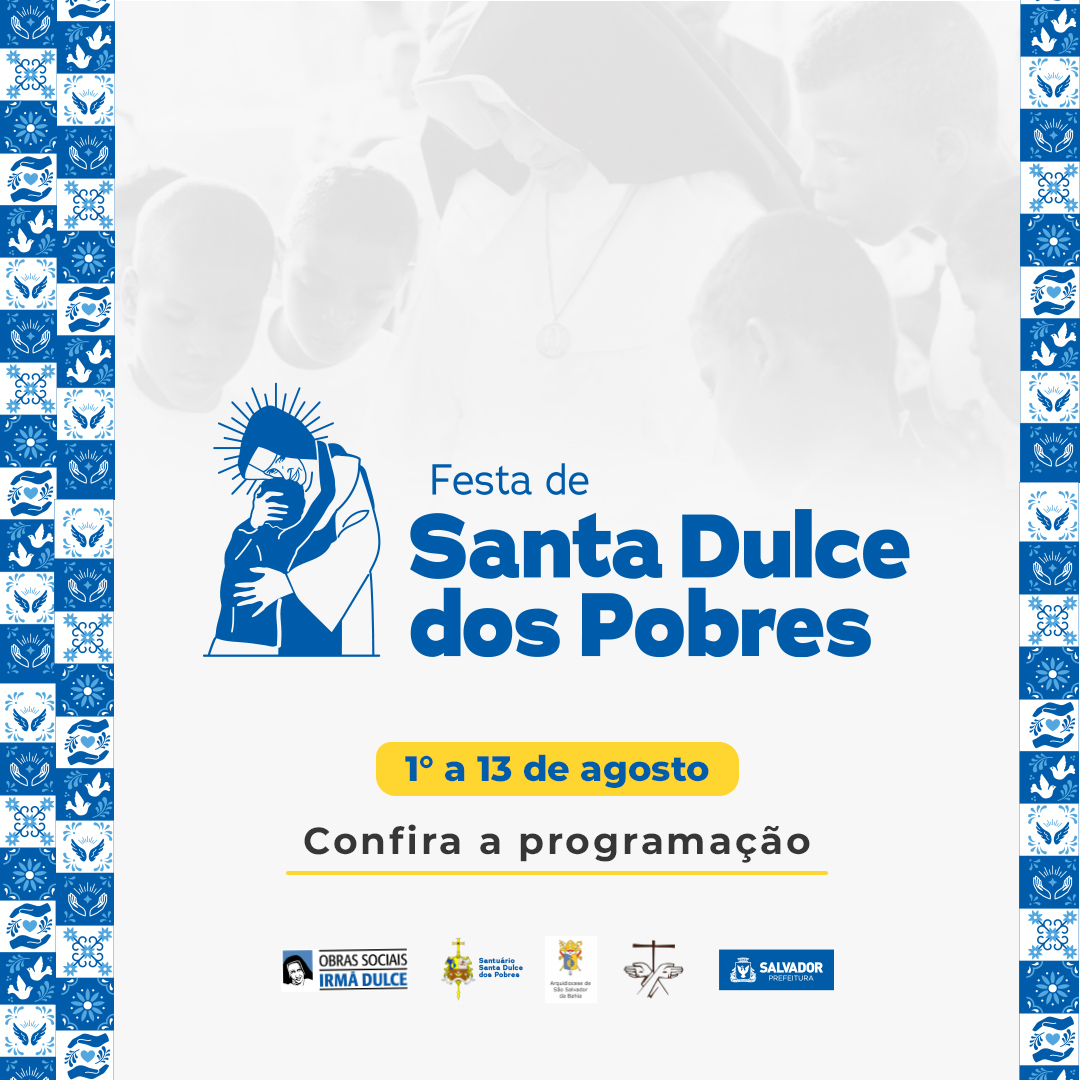
Podcast “Santa Dulce Hoje” já está disponível em nosso canal do youtube
Podcast “Santa Dulce Hoje” já está disponível em nosso canal do youtube

Conselho Administrativo da Fundação Irmã Dulce empossa dois novos membros: Henrique Prata Filho e Juliana Sá
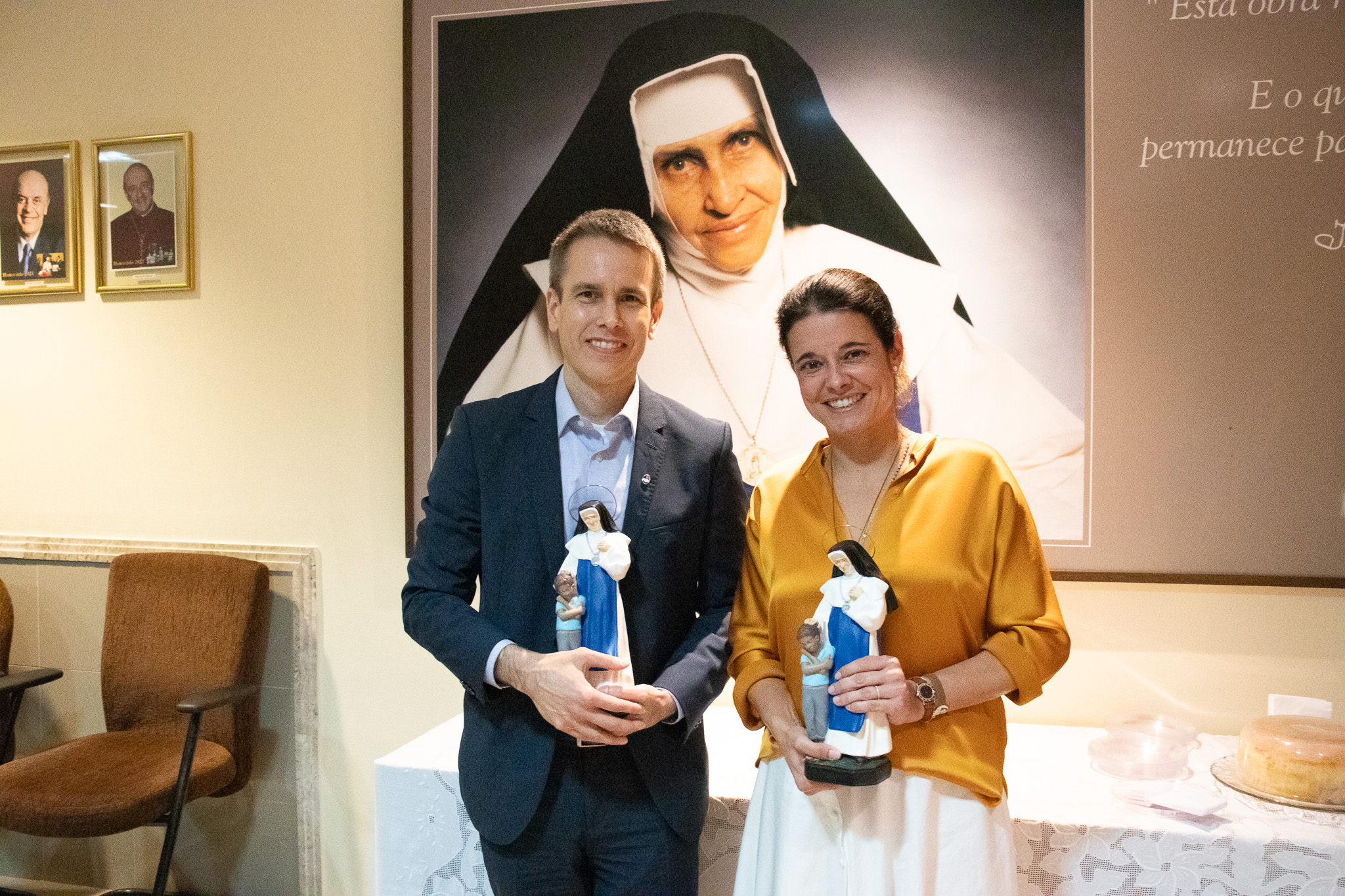
Pelo segundo ano consecutivo a AIBA é contemplada com o Selo Empresa Irmã da OSID

Acesse o Memorial Virtual e conheça a história de Santa Dulce de qualquer lugar do mundo
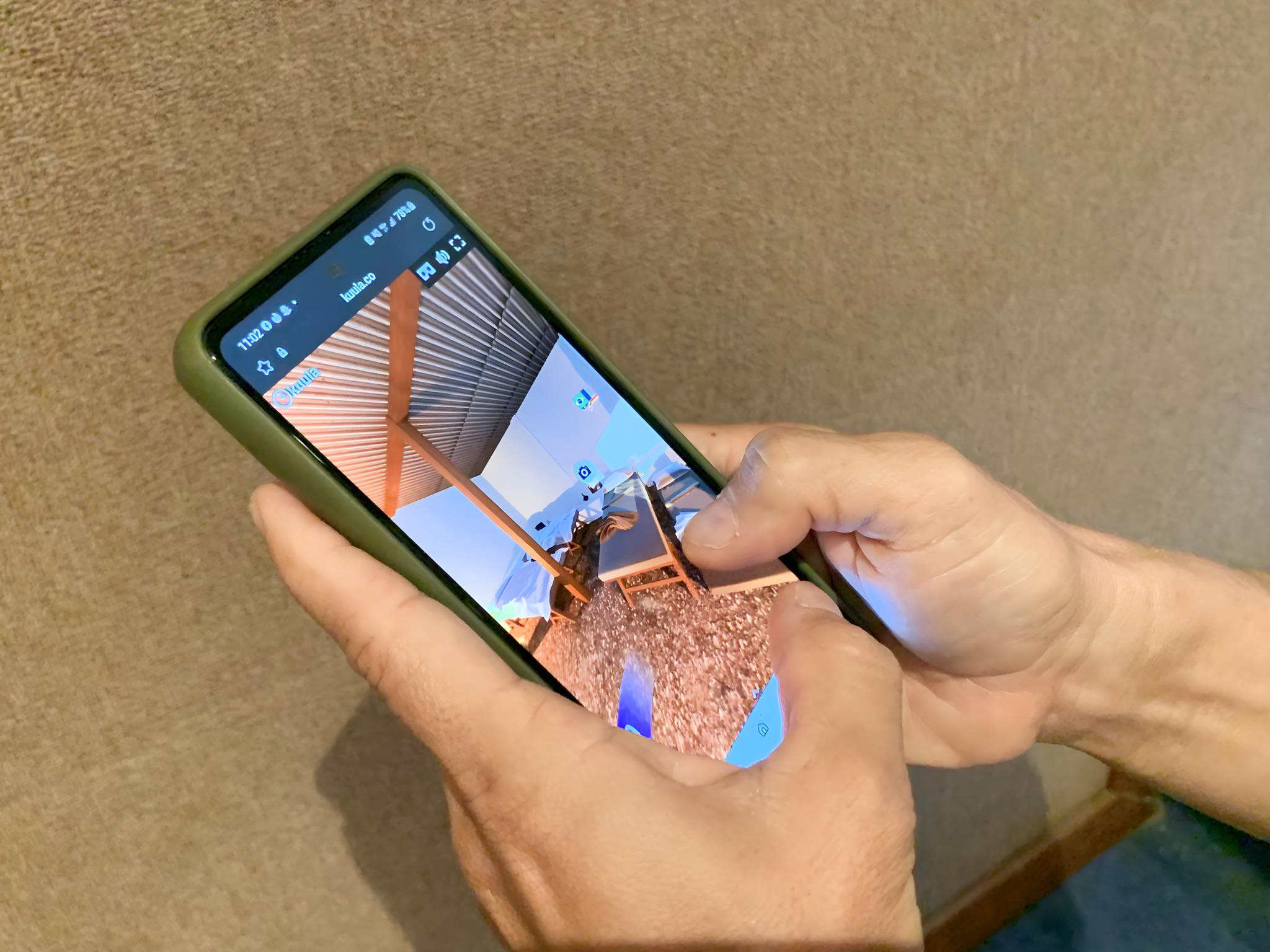
Obras Irmã Dulce e Prefeitura de Salvador anunciam programação da Festa de Santa Dulce dos Pobres
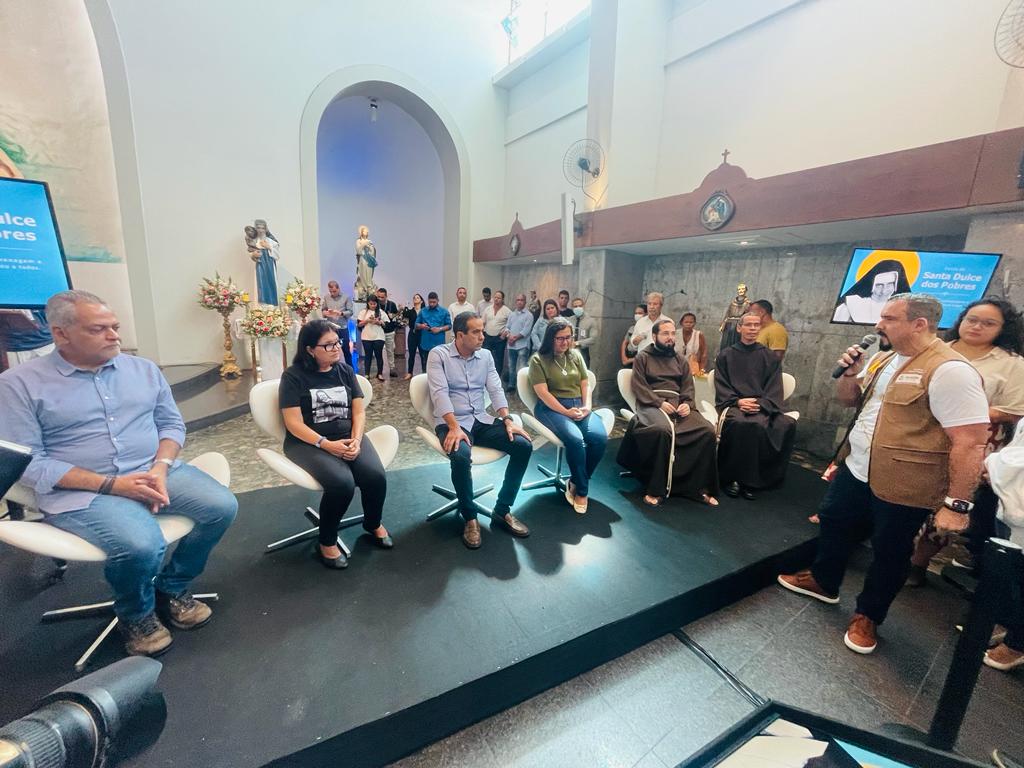
Pacientes do Centro Especializado em Reabilitação da OSID são beneficiados com nova horta
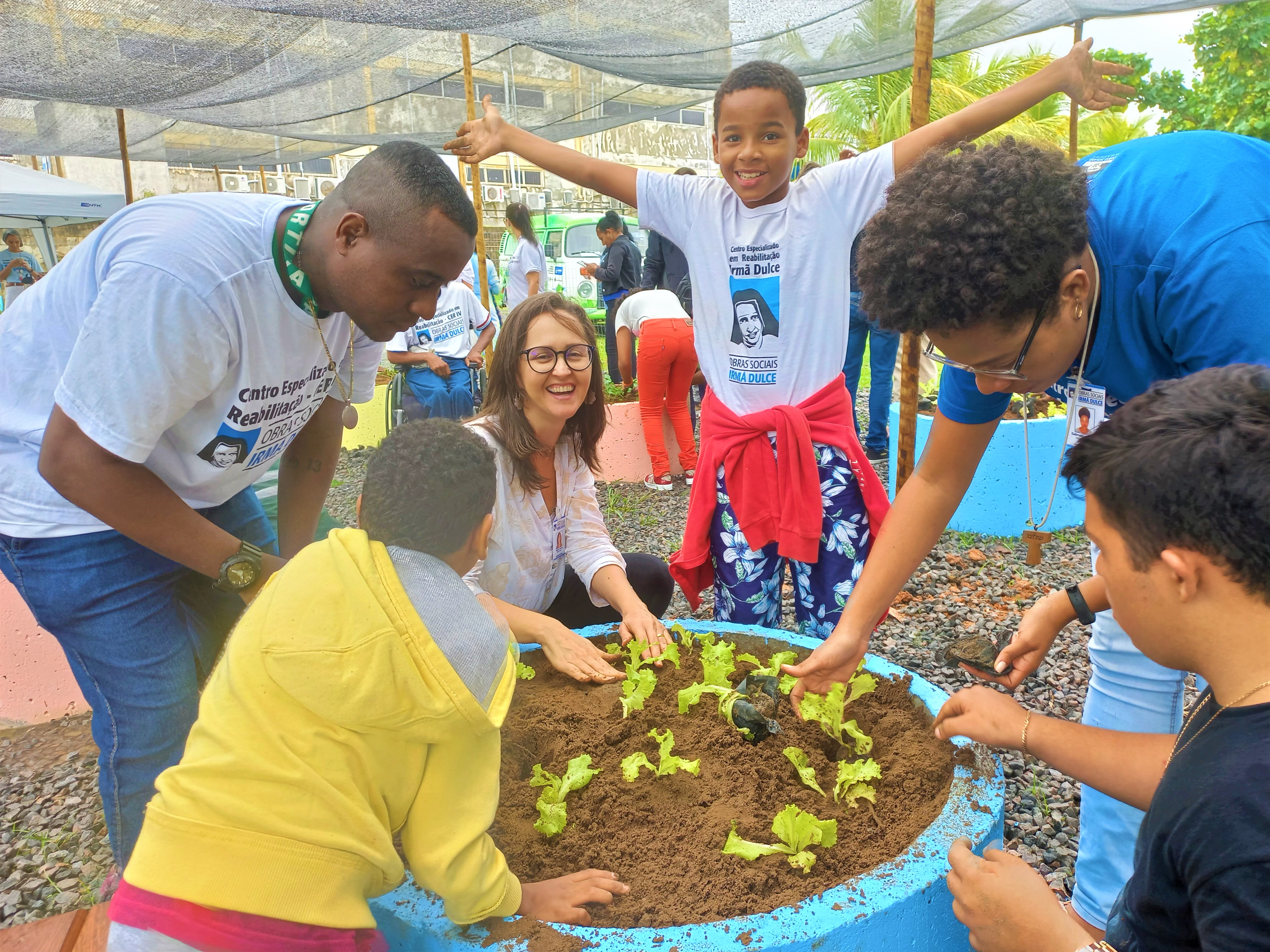
Santuário Santa Dulce celebra mês de Nossa Senhora e aniversário de Irmã Dulce
Santuário Santa Dulce celebra mês de Nossa Senhora e aniversário de Irmã Dulce
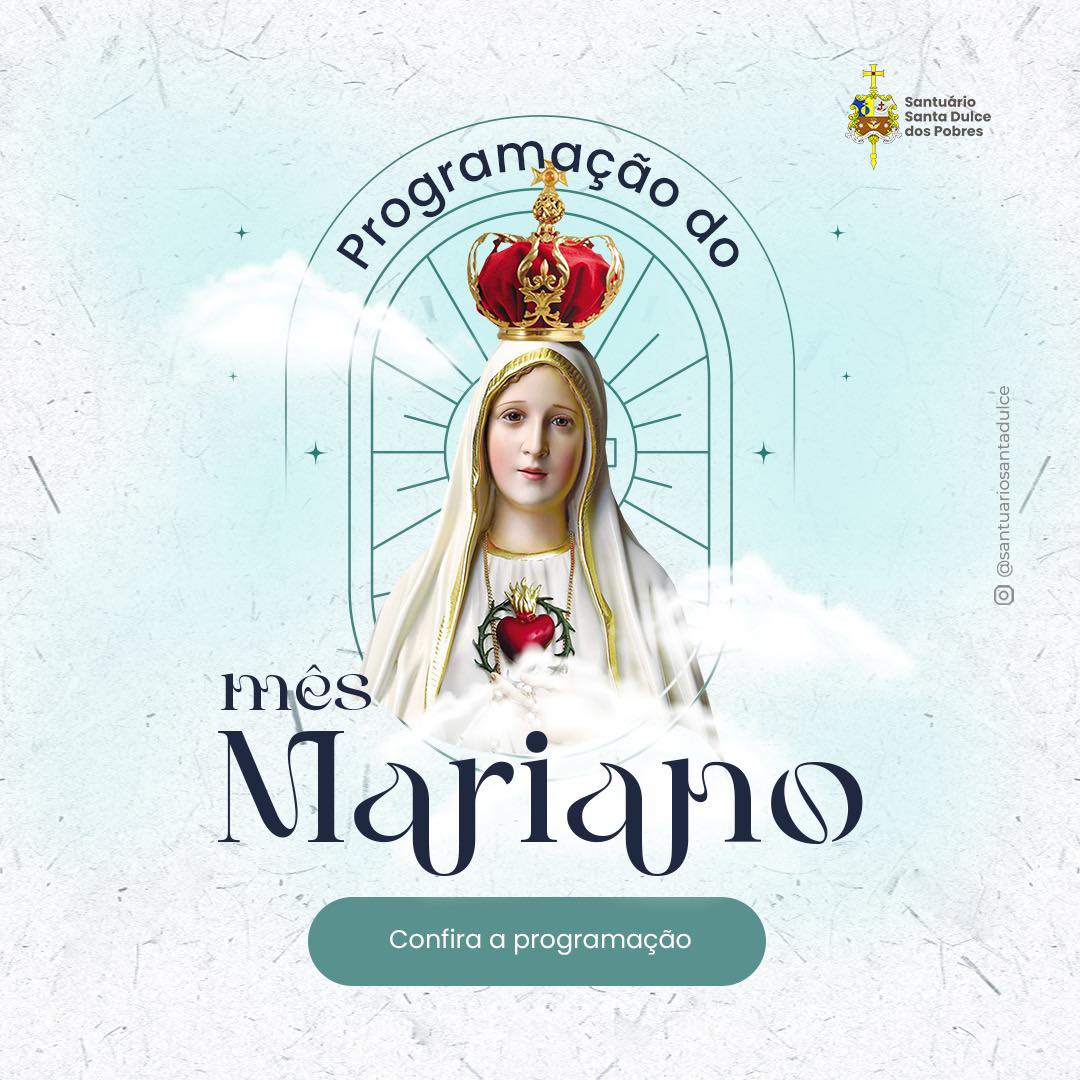
Memorial Irmã Dulce está temporariamente fechado para requalificação.
Memorial Irmã Dulce está temporariamente fechado para requalificação.
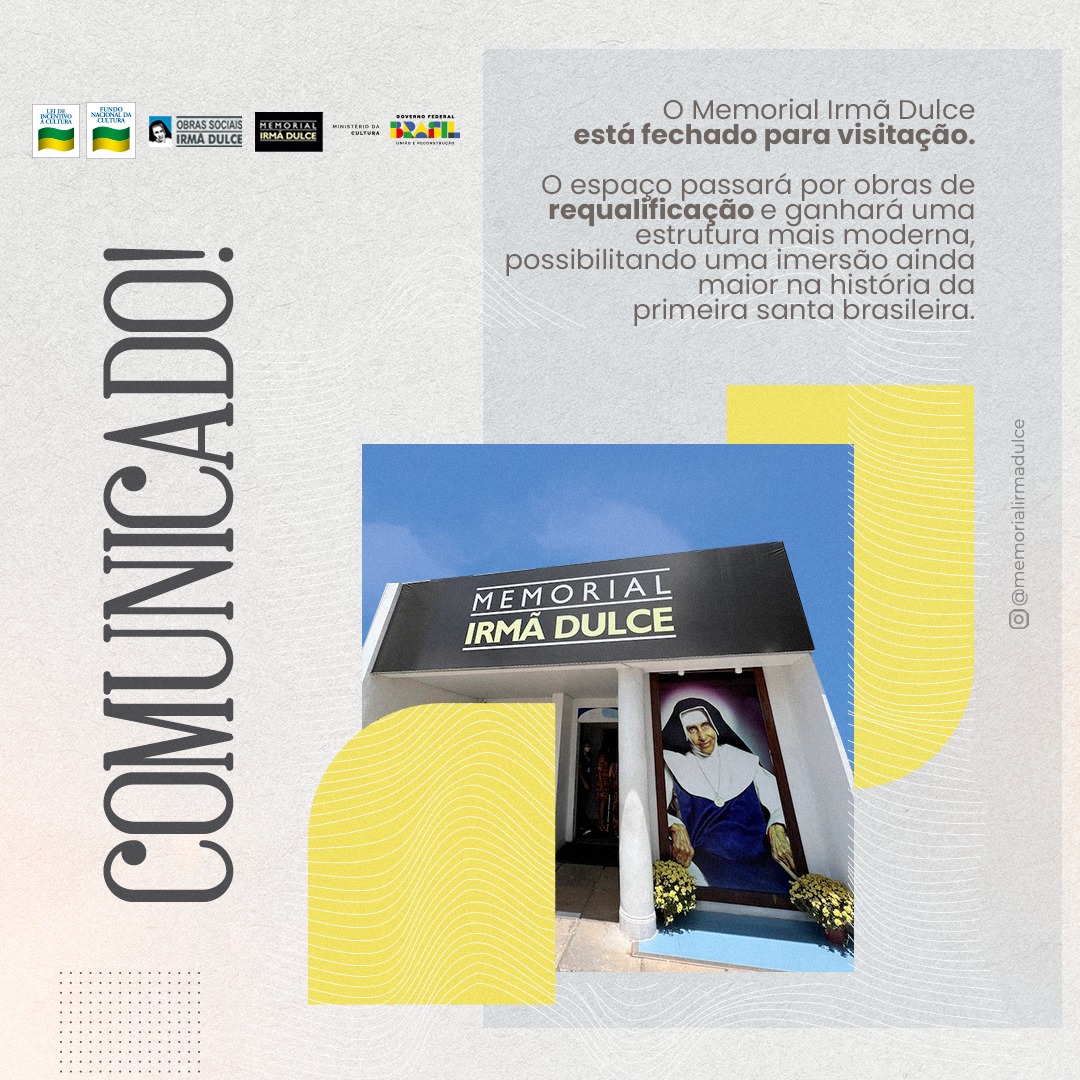
Selo Empresa Irmã celebra 15 anos e homenageia instituições parceiras do legado de Santa Dulce dos Pobres
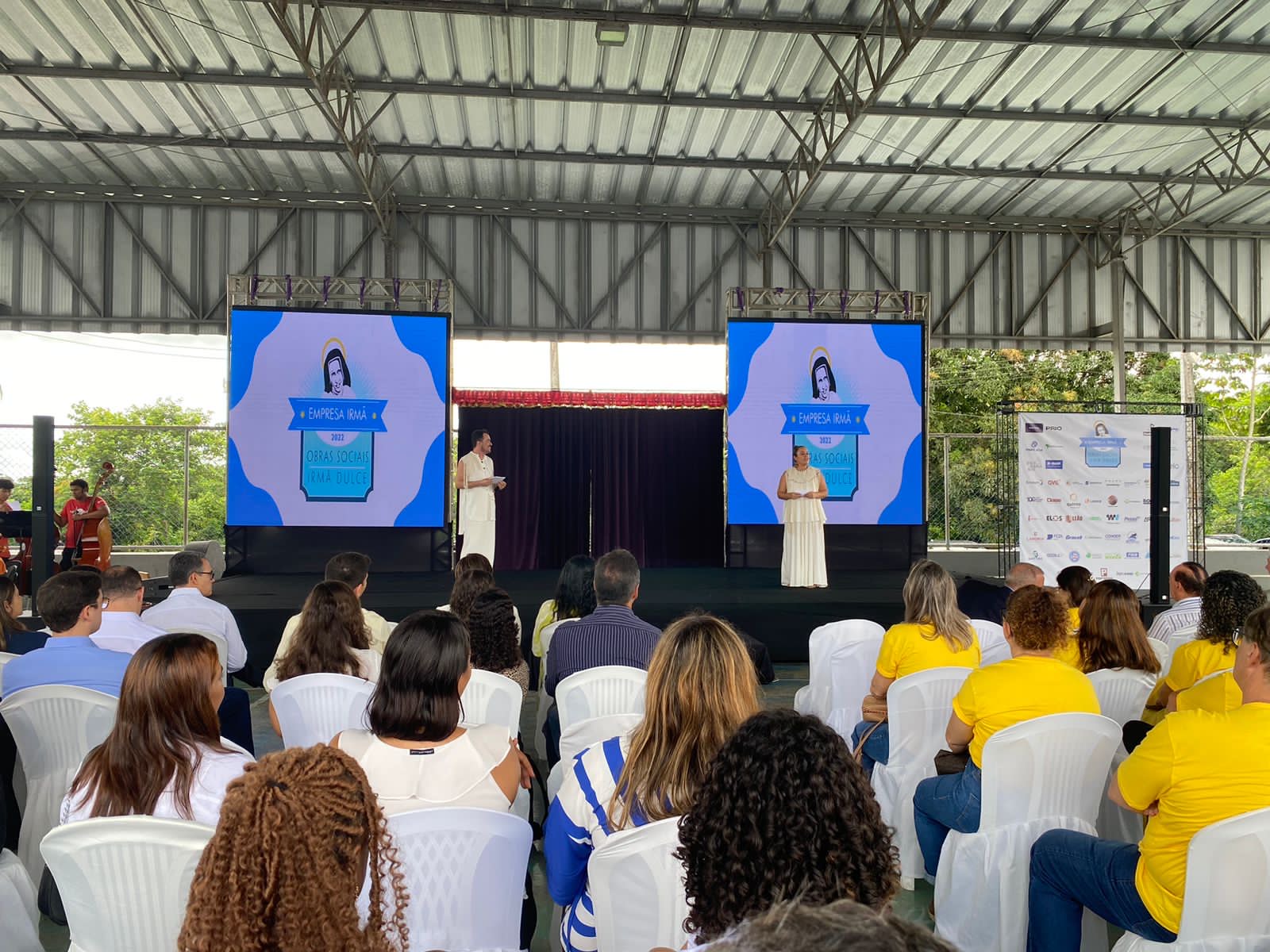
OSID e Hospital de Amor promovem workshop em Salvador
Evento apresentou cases de sucesso do HA junto aos conselhos e fundos estaduais e municipais
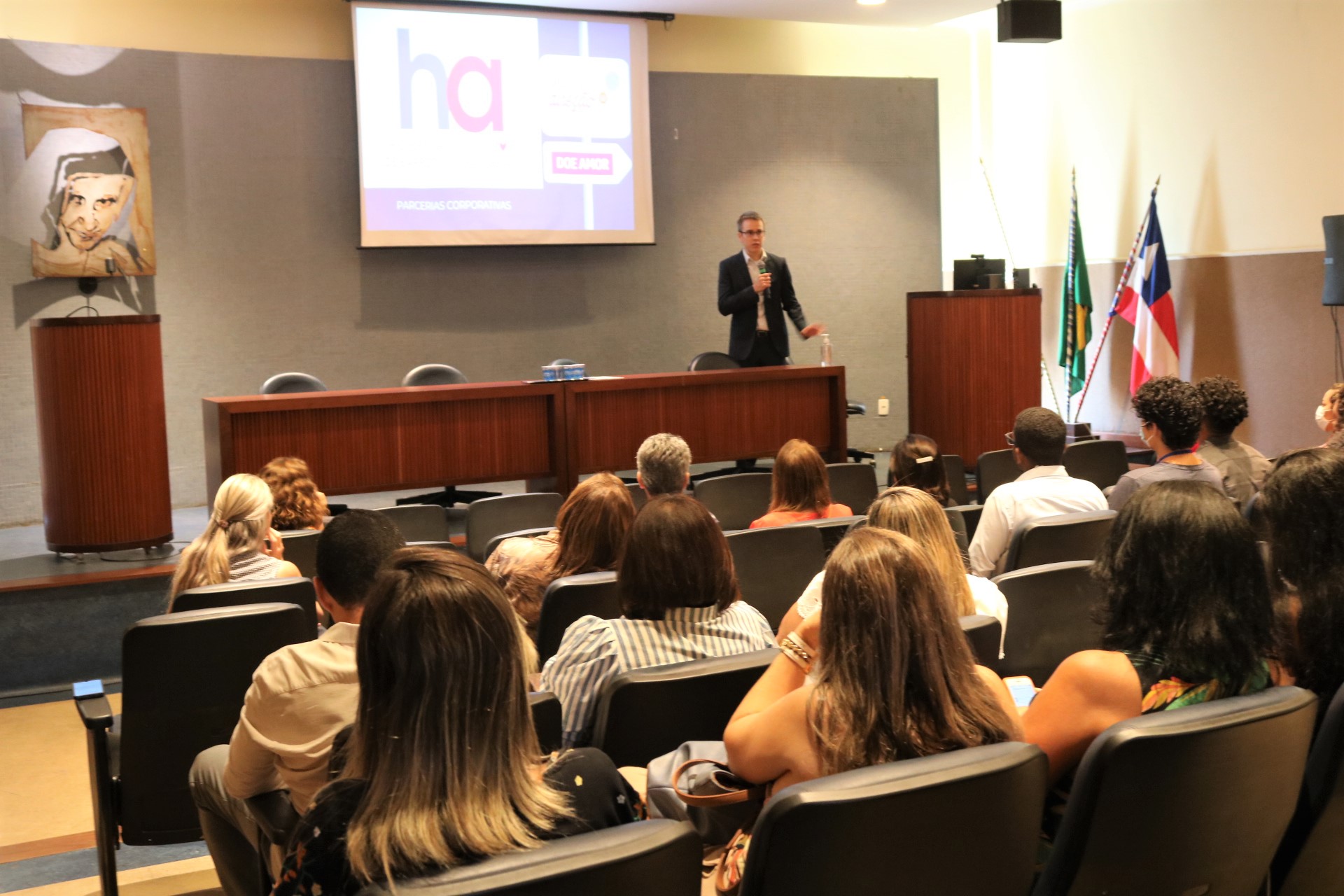
Contribuinte pode ajudar as Obras Irmã Dulce através da declaração do Imposto de Renda
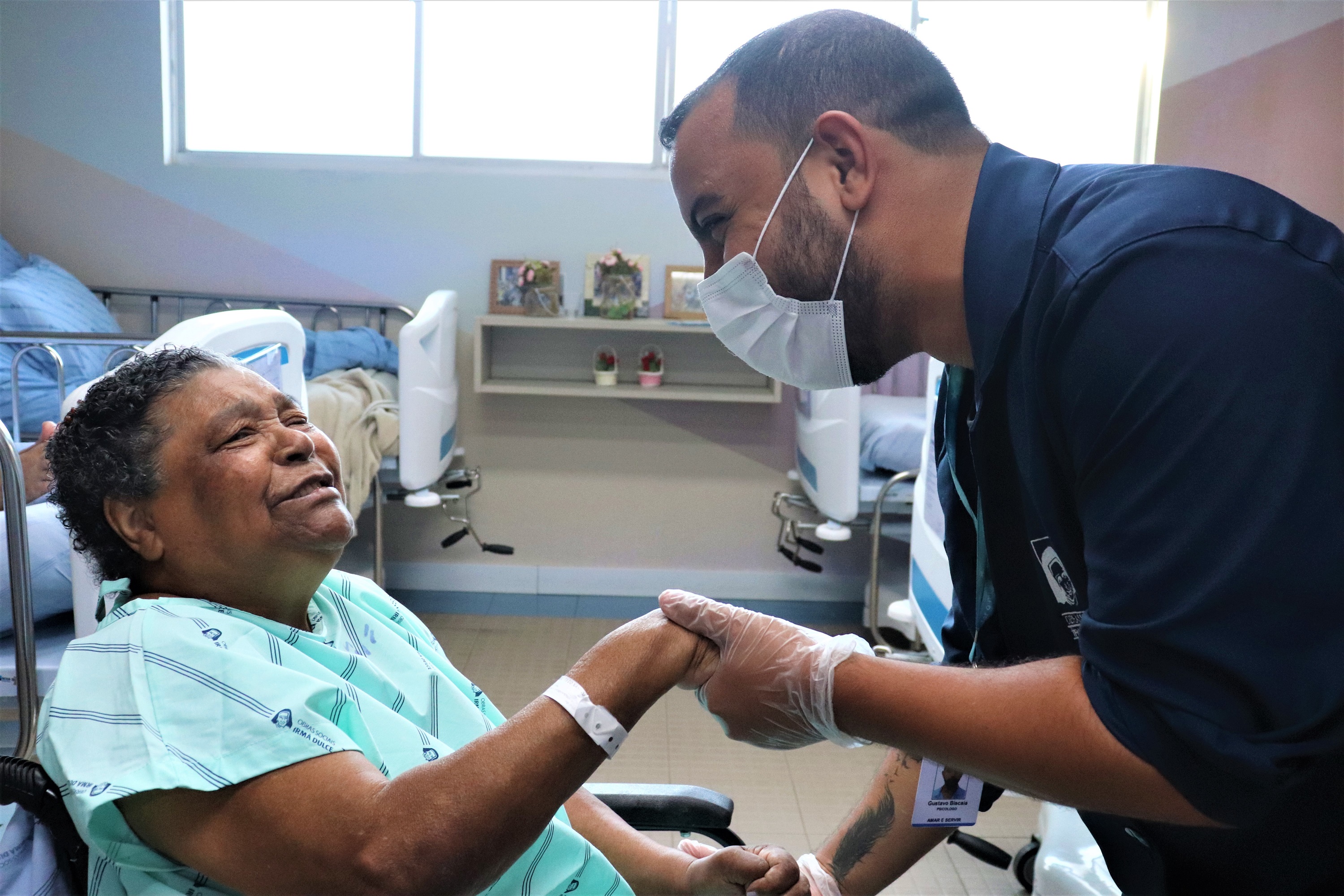
Milhares de fiéis se reunirão para as homenagens em memória pelos 31 anos de falecimento de Irmã Dulce
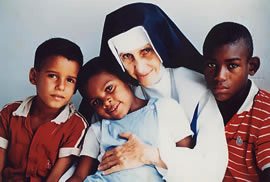
OSID promove mutirão de consultas para cirurgia de catarata
OSID promove mutirão de consultas para cirurgia de catarata
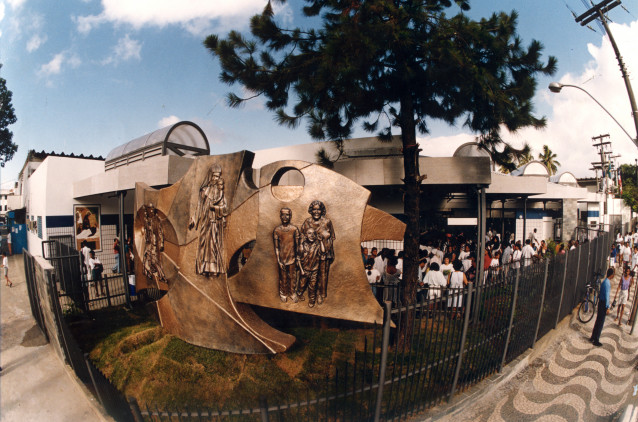
OSID abre inscrição para seleção de Estágio Médico em Geriatria e Gerontologia
OSID abre inscrição para seleção de Estágio Médico em Geriatria e Gerontologia
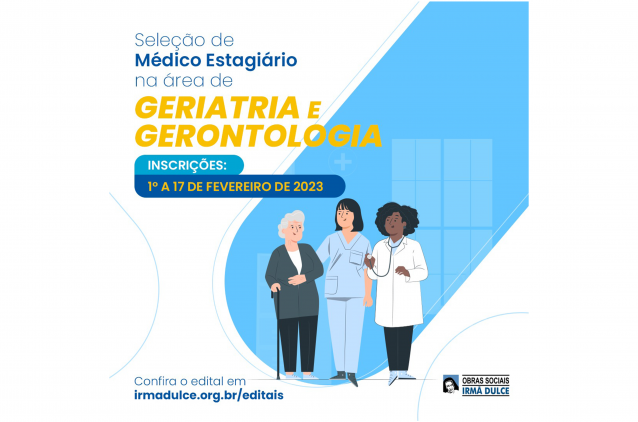
Superintendente da OSID participa de audiência com ministra da Saúde em Brasília
Superintendente da OSID participa de audiência com ministra da Saúde em Brasília
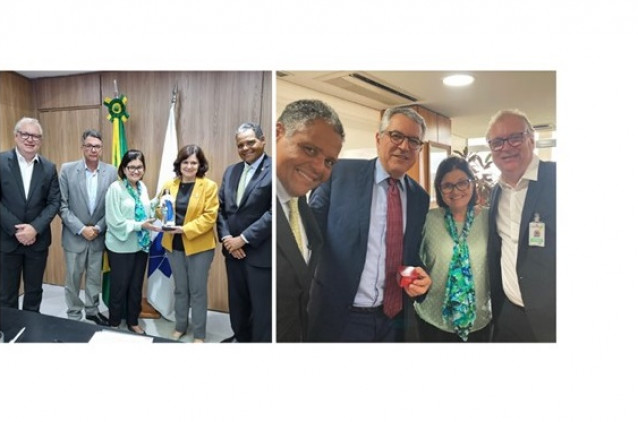
Missa em Ação de Graças celebra dez anos de atividades do Centro de Convivência Irmã Dulce dos Pobre
Missa em Ação de Graças celebra dez anos de atividades do Centro de Convivência Irmã Dulce dos Pobre
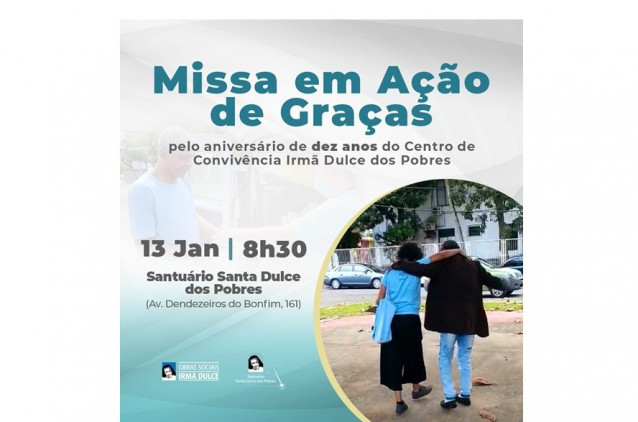
Crianças do CESA recebem brinquedos de campanha do Shopping Barra
Crianças do CESA recebem brinquedos de campanha do Shopping Barra
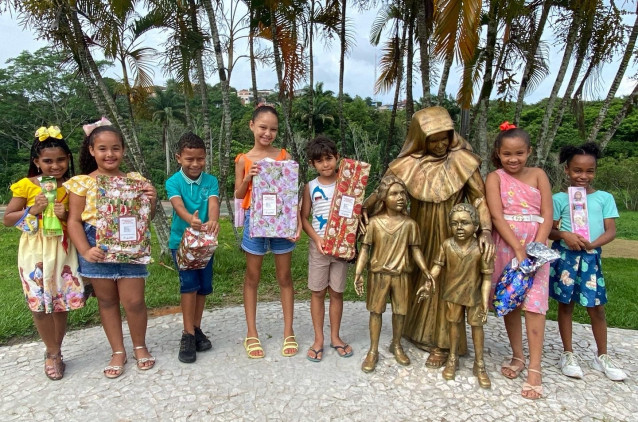
Serviço de Ginecologia da OSID promove atualização científica para ampliar benefícios aos pacientes
Serviço de Ginecologia da OSID promove atualização científica para ampliar benefícios aos pacientes
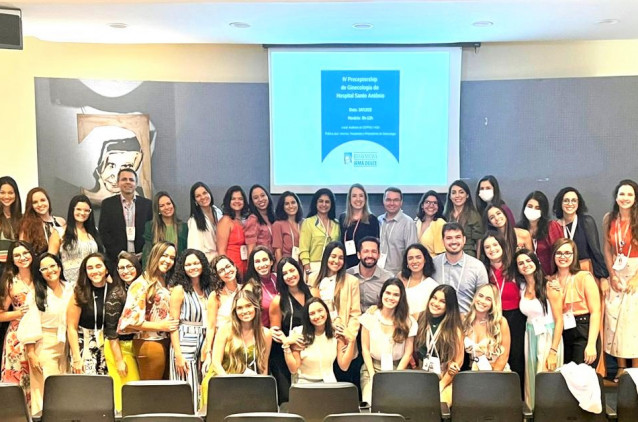
Sob ameaça de descontinuar atendimento à população, OSID encerrará o ano com déficit de R$30 milhões
Sob ameaça de descontinuar atendimento à população, OSID encerrará o ano com déficit de R$30 milhões
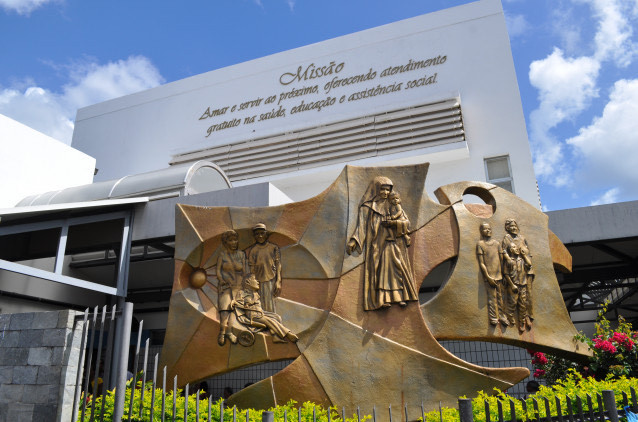
Nesta terça-feira (6) tem inauguração da nova loja Dulce Sabor
Nesta terça-feira (6) tem inauguração da nova loja Dulce Sabor

Fórum irá discutir a importância do ensino das artes na educação de crianças e adolescentes
Fórum irá discutir a importância do ensino das artes na educação de crianças e adolescentes
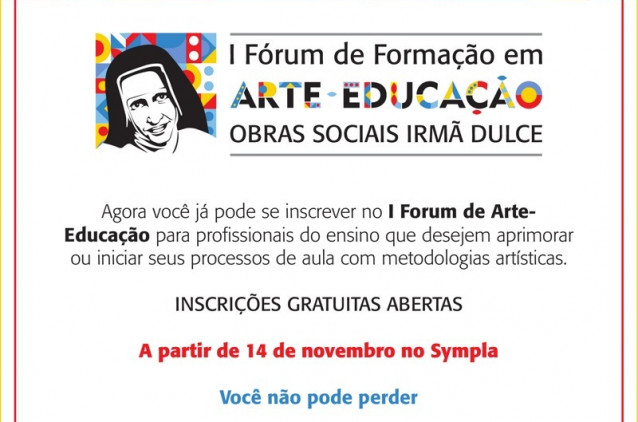
Dulce TV
Seja um Sócio-Protetor
Campanha "1 Milhão de Amigos Para Santa Dulce" (Ivete Sangalo)
Live Especial - Sócio-Protetor com muito Amor (13 de setembro de 2022)
Matéria Rede Bahia - Voluntariado - Obras Sociais Irmã Dulce
Podcast Compliance em Foco #1 (part.: André Fraife e Camila Azi)
Podcast Compliance em Foco #3 (part.: André Fraife, Lucas Macedo e Ramayane Souza)
Podcast Compliance em Foco #2 (part.: André Fraife e Mônica Palma)
Centro de Pesquisa Clínica das Obras Sociais Irmã Dulce (CPEC)
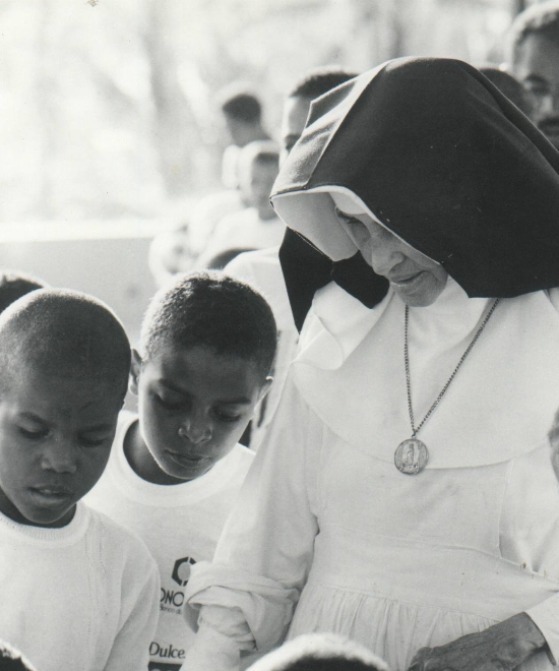
"No amor e na fé encontraremos as forças necessárias para a nossa missão".

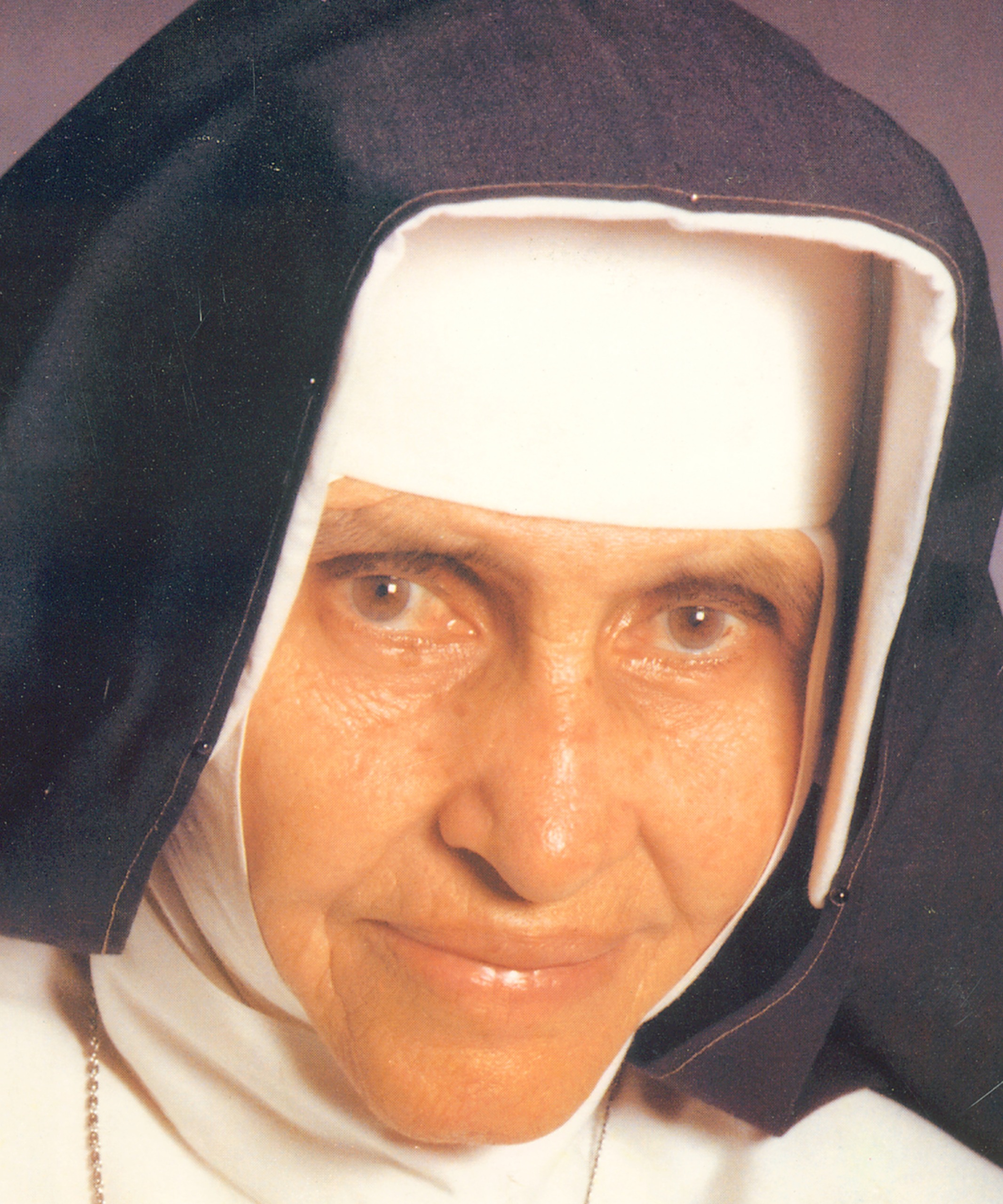
"Tudo que vai com Deus e com fé vai bem".

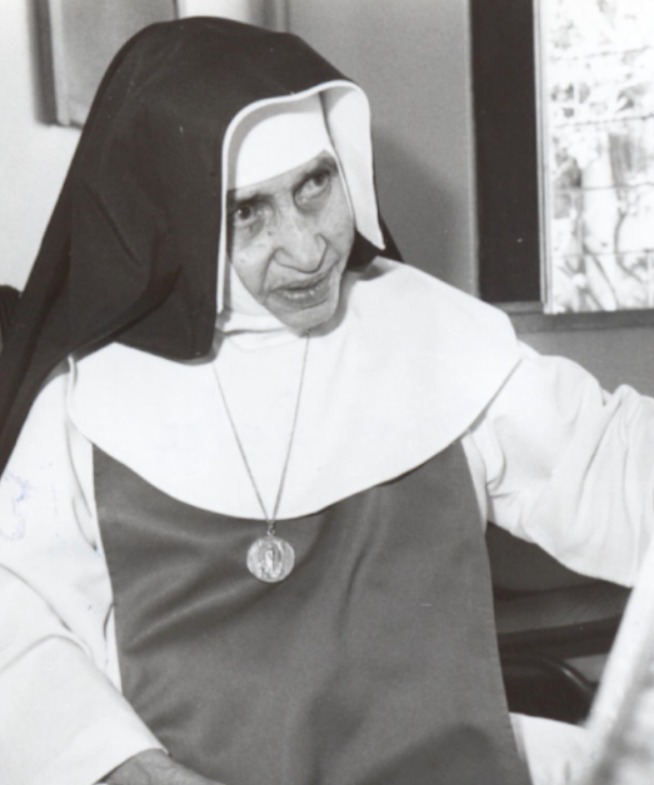
"O importante é fazer a caridade, não falar de caridade. Compreender o trabalho em favor dos necessitados como missão escolhida por Deus".

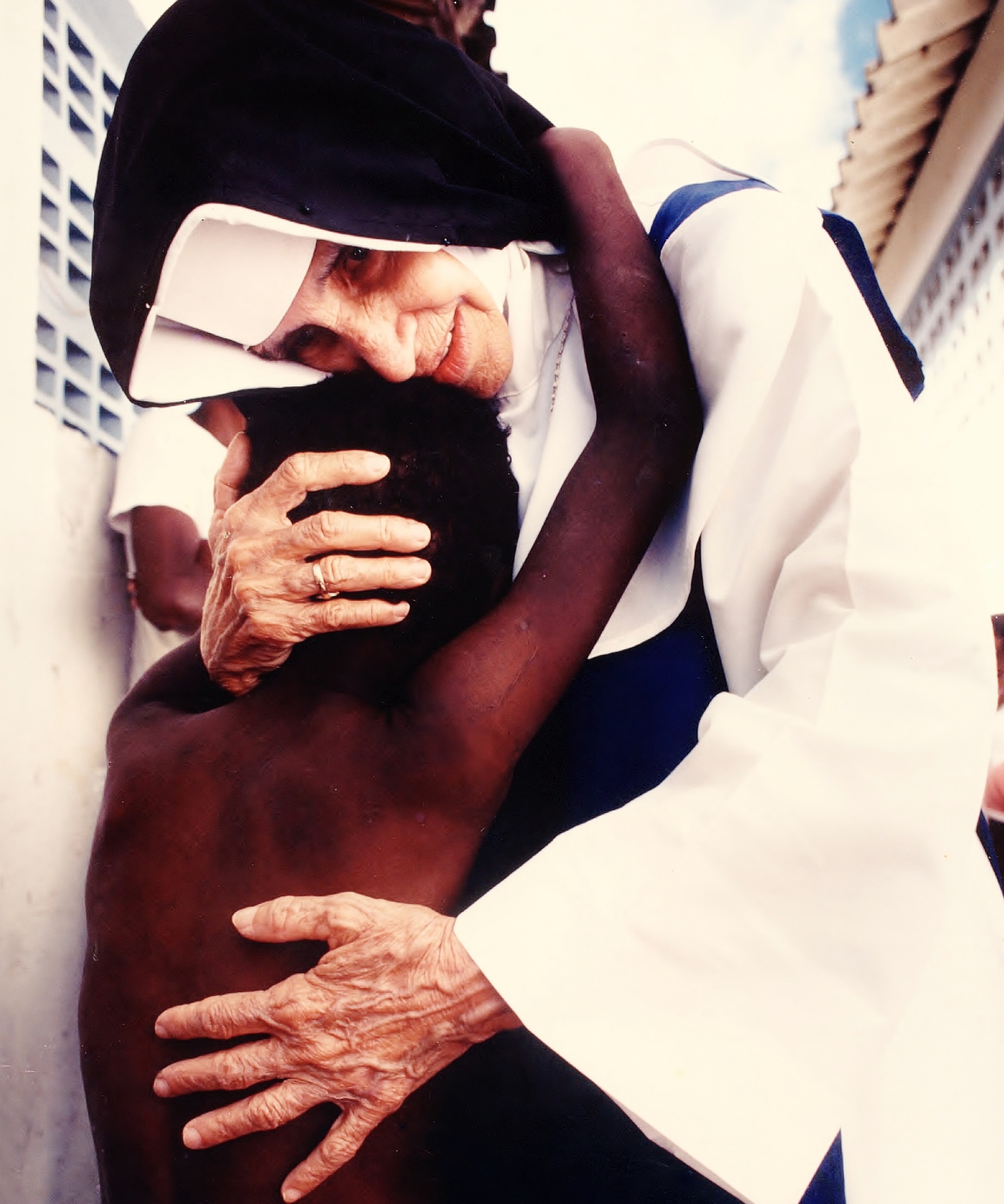
"O que fazer para mudar o mundo? Amar. O amor pode, sim, vencer o egoísmo".

